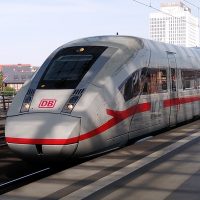 Welcome to the first instalment of my new Travel Spot series, covering my return by train from Berlin to the UK. While this saw me retrace my steps from the journey out (as far as London St Pancras), rather than doing everything in one day, I broke my journey at Köln, where I spent a few days before carrying on to the UK.
Welcome to the first instalment of my new Travel Spot series, covering my return by train from Berlin to the UK. While this saw me retrace my steps from the journey out (as far as London St Pancras), rather than doing everything in one day, I broke my journey at Köln, where I spent a few days before carrying on to the UK.
On my way out, because I needed to get all the way to Berlin in a single day, everything was very tightly planned, with reservations on all the various legs of the journey (Eurostar from St Pancras to Brussels, ICE 3 from Brussels to Köln and ICE 1 from Köln to Berlin). On the way back, I could afford to be more flexible, particularly as the journey from Berlin to Köln is just over four hours, with hourly departures from Berlin.
In theory I could have done this by buying individual tickets for each leg, but since I was travelling on a Eurail pass, I could use any ICE train. This meant I was able to leave my decision as to which train to catch right up until the last minute, which is exactly what I did.
As usual, since this is a very long post, I’ve split it up into the following parrts:
- Getting to Berlin Hauptbahnhoff by U-Bahn
- Berlin Hauptbahnhoff and a Back-to-Front Train
- My First Time on an ICE 4
- Sitting in First Class
- From Berlin to Bielefeld
- An Unexpected Diversion
- Dinner in an ICE 1 Restaurant Car
- Essen to Köln
Let’s start off with what I got up to on my last day in Berlin and what train I decided to catch, which you can read about after the gallery.
I’d spent the weekend exploring Berlin’s excellent speciality coffee scene, visiting coffee shops in and around Mitte and Kreuzberg, the plan being to travel to Köln, where I had a hotel booked, at some point on Monday. However, Berlin has so many excellent speciality coffee shops that I could easily have spent the all day (and, frankly, all week) carrying on with my exploration.
As tempting as that was, I decided that I wanted to make the journey to Köln in daylight, particularly the last section through the hills northeast of Köln. Although the long summer evenings played into my favour, that effectively meant leaving no later than 16:45 (the trains run hourly at roughly 45 minutes past the hour, with the exact departure time varying by a few minutes), so I set myself the task of visiting three coffee shops, Coffee Circle Café – Mitte, which had come highly recommended, plus Ben Rahim and Father Carpenter, both of which I’d visited over the weekend, but which were too busy for me to get photographs of (I reasoned, correctly, that they would be quieter on Monday).
My last stop was Father Carpenter, where I had lunch, before heading back to my hotel. If I had really pushed it, I suspect I could have caught the 14:46, but as it was, I took my time at Father Carpenter, not leaving until 14:20, which left me plenty of time to stroll back to the hotel, where I picked up my luggage. As this took about 10 minutes (the hour between 14:00 and 15:00 seems to be peak check-in time) I was already relieved that I wasn’t in any hurry.
Bags retrieved, all I had to do was get to Berlin Hauptbahnhoff, although in theory Berlin Ostbahnhof, where the train actually started from, was a better option. This was just a 25 minute walk along the River Spree and, if I hadn’t been encumbered with so much luggage, I would have definitely taken that option. However, I’d overpacked somewhat, struggling with my luggage on the way out, before adding another tote bag full of coffee purchases in Berlin. In my defence, I’d set off on the trip from Guildford, but since I was returning to North Wales I’d packed a few things that, while superfluous for the trip, I would need when I got to North Wales. Whatever the reasons (excuses?) I did not fancy an overloaded hike, so I decided to stick with Berlin Hauptbahnhof which I could reach more easily by public transport.
Had I not been loaded with luggage, I would have simply strolled to the S-Bahn at Jannowitzbrücke, where it’s just four stops/eight minutes to Berlin Hauptbahnhof, but instead I took a slightly more involved route, walking the short distance to the U-Bahn at Klosterstraße, where I knew I could take the lift down to the platform, going one stop to Alexanderplatz before transferring to the U5 line which would take me the six stops (and eight minutes) to Berlin Hauptbahnhof.
In all, from leaving the hotel, to arriving at Berlin Hauptbahnhof, took a leisurely half hour, neatly minimising how far I (and my luggage) would have to walk and, more importantly, ensuring that I didn’t have to drag my bags up or down any flights of steps. From the U-Bahn station under Berlin Hauptbahnhof, I decided to forgo the lifts, instead taking the escalators all the way up to the high-level platforms where I had arrived 10 days earlier, reaching the platform 10 minutes before my train was due to depart.
You can see how I got on after the gallery.
Berlin Hauptbahnhof is a fairly easy station to get around. The only thing to watch out for is whether your train leaves (like mine) from the high-level platforms (11 – 16) or from the low-level ones (1 – 8). These are separated by three levels, so you really don’t want to make your way to the wrong set of platforms before discovering your mistake, particularly if you are short of time! Just to make things more complicated, while the majority of the trains to Köln leave from the high-level platforms, specifically platforms 13 and 14, there are a few services which don’t stop between Berlin and Köln, and these leave from the low-level platforms (marked “Berlin Hbf (tief)” on the DB website’s route planner).
One of the joys of using a Eurail pass is, as I’ve mentioned, the ability to get on any train in Germany without needing a reservation. All you have to do, if you are using the app-based version, is add the specific train to your trip on the app, and you’re good to go. You can even add several different trains if, like me, you’re not sure which one you’re going to catch. The only thing you have to remember is to activate the specific train before you get on (technically, before someone comes to check your ticket since, as long as the ticket hasn’t been checked, you can deactivate it again). If you want to know more about using the Eurail app, check out this handy guide from Seat 61.
By the time I got to the platform 14, I had 10 minutes to wait for my train, so I sought out the train composition diagram. This was much simpler than the one at Köln, since all the trains from platforms 13 and 14 are for either Düsseldorf or Köln, each one consisting of two train sets, each of seven coaches. These run together as a single train to Hamm before splitting, the front going on to Düsseldorf, while the back carries on to Köln. Even better, while there are two types of train (ICE 2 or the newer ICE 4), all the trains are arranged the same way, with first class at the rear of each set.
Since I was travelling to Köln in first class, my luggage and I headed to the back of the platform to wait for the train, which was one of the new ICE 4s. Bang on time, at 15:42, the driving cab of the train rolled into the station, with second class at the front. However, as the middle of the train came into view, there was a sudden realisation that the rear set had been put on back-to-front, with second class at the back! Cue a rush of passengers (and luggage) charging in both directions along the platform to get to their correct coaches, leading to predictable chaos.
Fortunately, the train has a four-minute stop scheduled at Berlin Hauptbahnhoff, which was just enough time to everyone to get on, me included, before we pulled out right on time at 15:46.
You can see what I made of the train after the gallery.
I’d previously thought that the Berlin to Düsseldorf/Köln route was only served by older ICE 2 trains which entered service in 1996, so I was pleasantly surprised to be on an ICE 4. Superficially, this looks very much like the ICE 3 I’d caught from Brussel to Köln, an electric multiple unit with a driving cab at either end. However, whereas the first ICE 3 entered service in 2000, the ICE 4 is much more modern, making its debut at the end of 2017, with the long-term aim of replacing the older ICE 1 and ICE 2 units.
The ICE 4 is also much more flexible than any of the previous ICEs, with a maximum length of 12 coaches (including the two coaches with driving cars), although this train was mimicking the ICE 2 with two sets of seven coaches. In contrast to the other ICE trains I’d been on (ICE 3 to Köln and ICE 1 from Köln to Berlin) there was comparatively little first class seating. The front coach, which includes the driving cab, is first class, and it’s followed by a split coach, half first class seating, with the remainder given over to the restaurant car. The remaining five coaches are all second class.
I boarded right at the front, where there’s a small section to the left, directly behind the driving cab (like the ICE 3, but smaller, with a four-person table on the left and a two-person table on the right). Since I didn’t have a reservation, I figured I wouldn’t have any luck there, instead turning right, where there’s another small section, this one with a four-person table and a pair of airline-style seats on the right and, on the left, a two-person table and a large luggage rack, where I deposited my bags while I went looking for a seat.
The rest of the coach is a more traditional, open section, with 12 rows of seats, pairs on the right, single seats on the left. Most are airline-style, but there are two sets of tables, each with a four-person table (right) and a two-person (left). There’s also plenty of luggage space, with wide overhead racks above all the seats, another large luggage rack halfway down the coach (where my suitcase ended up) and, as I discovered once I’d found somewhere to sit, space under the seat itself, large enough for my small rucksack.
A pair of toilets occupy the end of the coach, with one on either side, followed by another pair of doors (most of the coaches only have one pair of doors). The toilets are separated from the seating by sliding glass doors, while each of the separate seating areas also has its own sliding glass doors, quite a contrast to British trains, which rarely have internal doors, other than at the end of each coach.
I did pop into the first class seating area in the restaurant car, which consists of a single, open area with seven rows, this time with the pairs on the left and the single seats on the right. Again, these were mostly airline-style, this time with just a single pair of table seats (if you want a more detailed look at the ICE 4 layout, DB has an excellent virtual tour on its website). Given its relatively small size, I figured I’d be better off back in the first coach, although on closer inspection, all the seats seemed to be reserved, most of them from Berlin. However, “Berlin” could mean Ostbahnhof, Hauptbahnhof or Spandau (our first stop), so I sat in a single seat on the left, which was reserved from Wolfsburg onwards.
This was only a temporary solution, since I’d have to move once we got to Wolfsburg (the stop after Spandau). Instead, I waited until we’d left Spandau, gave it a few more minutes in case someone had got on at the other end of the train and needed to make their way through, then started seat hunting again. As luck would have it, I found an empty window seat (one of a pair of airline seats) which had been reserved from Berlin, settling in there for the rest of the journey (or so I thought).
You can see what I made of my seat after the gallery.
I’d started off in a single seat on the left-hand side of the train. The seat itself was fine, but even if it had been unreserved all the way to Köln, I would have wanted to move because of that great bane of modern train layout: misalignment of seats and windows. In this case, despite being a window seat, the window only started well in front of the seat, meaning I had to lean forward for a decent view.
As it was, I got lucky with the seat I moved to. One of a pair of airline-style seats, it was also a window seat, this time right in the middle of the window, so I had a wonderful view. Even better, I was on the right-hand side, which meant I was looking north, so avoided the sun. Even better, this was on the opposite side from the journey to Berlin, so I got some different views. While this wasn’t so important on the first part of the jounrey, I was really looking forward to the hilly section from Schwerte to Köln (although, as you will see, I missed out on that in the end).
You might not think that this makes a lot of difference, but it does. For example, I had no idea that there was a massive Volkswagen factory at Wolfsburg, which is clearly visible from this side of the train, but which I’d missed completely on the way to Berlin. There were, however, still plenty of windfarms on this side of the track.
The seats on both the ICE 1 and ICE 3 had been very comfortable, but the ICE 4 seats are even better. One feature I particularly enjoy is that they recline by sliding the seat forward in its shell, rather than tipping the upright part of the seat backwards. This way, it doesn’t encroach on the space of the person in the seat behind, which is much appreciated.
Being first class, the seat was large and its surroundings spacious. There was plenty of legroom and, if you feel the seat isn’t wide enough, you can always lift up the armrest. As well as giving you a little more width in the seat, it also allows you to access a small table that sits under the armrests between the pairs of seats. Talking of space, there was more than enough for me to slide my (quite large) small rucksack under my seat without encroaching on the leg space of the person behind me, while leaving the floor around my seat clear.
Finally, the seats in the front half of the coach face forward, while those in the back face to the rear, creating some additional luggage space between the seat backs where the two halves meet. All of this probably explains why there was still plenty of luggage space, even though the train was almost full, a welcome contrast to most British trains!
Returning to the seat itself, the main table folds down from the seat in front and is both large and stable. Although there’s no movement forward or back, I found I could get a good typing position by resting two thirds of my laptop on the table, with the front third projecting out from the table (fortunately it doesn’t have a very pronounced lip).
There’s at-seat power, with a standard European outlet between the seats at the bottom of the stanchion. It could be better placed, but is relatively easy to access. Another neat feature is the individual reading light, which is built into the casing of the seat rather than on the underside of the overhead luggage racks, while there’s a small bin which slides out from under the stanchion between the two seats in front.
You can see how the first part of my journey went after the gallery.
From Berlin to Hannover, the train runs on one of Germany’s first high-speed lines. As I noted on the way from Köln to Berlin, speeds tended to be in the 200 km/h region, often dropping below that, although there are some sections where the line has a maximum speed of 250 km/h. That journey was on an ICE 1, where I was in a six-seat compartment, reliant on the onboard Wifi/ICE portal for the train speeds. While this is useful, the speeds don’t auto-update, so if you want to know how fast you are going, you have to constantly refresh the browser, which is a bit tedious (although I’m aware that this is probably not an issue for most people, who are happy to speed along, ignorant of the precise speed that they are going).
In contrast, the ICE 4 trains have done away with the private 5- and 6-seat compartments beloved of the earlier ICE 1, 2 and 3 trains. One the ICE 4, these are gone entirely in first class, while a handful are retained in second class, exclusively (I believe) for families with young children. What’s more, each coach has regularly-spaced monitors projecting from the ceiling, which means that you’re never far away from a screen, providing information on the journey, the route and current speed.
You can, of course, still use the Wifi/ICE portal to find out your speed and here, too, the ICE 4 seems better, with more reliable Wifi. This may be due to better technology on the newer trains, or it might just be down to perception/coverage: when I was travelling from Köln to Berlin, I mostly used the Wifi in the hilly terrain northeast of Köln, whereas here I was largely using it in the flat sections between Berlin and Hamm.
I still haven’t quite got the hang of dining onboard the various ICE services, where each successive service was worse than the one before, starting from the highpoint of having lunch served at my seat on my way from Brussels to Köln. On this particular occasion, there didn’t seem to be anyone taking orders in first class and while I could find the menu on the ICE portal, online ordering didn’t seem to be working.
Just before Hannover, I decided to have afternoon coffee, with the plan to eat later on in the journey, ideally after we left Hamm. I took the short walk to the restaurant car in the next coach, ordering an espresso at the counter. Up until that point, I’d used cards to pay for everything on the trip, which was handy as I’d forgotten to bring my stash of euros with me, instead leaving them at home by mistake. Unfortunately, my lack of cash finally caught up with me, the card machine turning out to be broken, leave me, with literally €0 in my possession, no way to pay.
Fortunately, the steward, having already made my coffee, let me have it free of charge, but it meant that my plans for dinner were scuppered. I’d hoped to have my coffee in a proper cup, but it was served in a paper one instead, so I transferred my espresso to my Kaffeeform cup when I got back to my seat. Once again, the espresso was a little bitter for my tastes, but surprisingly smooth and perfectly drinkable.
We carried on from Hannover to Bielefeld, where some dramatic skies foreshadowed rain, which we ran into at Bielefeld itself, my first rain since arriving in Germany. The other significant moment was just after passing through Minden, halfway between Hannover and Bielefeld, when I saw my first hill in 10 days!
You can see how I got on after Bielefeld after the gallery.
Other than the broken card machine in the restaurant car, everything had gone smoothly enough up until that point. Even the broken card machine wasn’t a big deal, since it just meant that I’d have to find something to eat when I got to Köln, which wouldn’t be a problem as long as we were on time. Which, up until then, we were.
Naturally, we then stood at the platform at Bielefeld for more than 10 minutes, which was definitely not on the schedule. At the time, I wasn’t particularly worried and before long, we were on our way again, arriving at Hamm, in heavy rain, seven minutes behind schedule.
Hamm is where the two halves of the train separate, the rear half going to Köln, while the front went on to Düsseldorf. I wasn’t really paying attention and when we left Hamm, still seven minutes late after a seven-minute layover (which, I assumed, was to allow time for the trains to separate), I was looking forward to the last part of the journey. This took us through the hills between Schwerte and Köln, the most scenic part of the route, although I’d missed the best of it on the way to Berlin, having sat on the other side of the train.
However, Schwerte was still about 20 minutes away and, while I occasionally looked out of the window, I put things not looking very familiar down to being on the other side of the train. The first real clue that something was wrong was the train information system, which went a bit haywire, no longer showing the speed or the upcoming connections at the next station, Hagen. I checked the ICE portal, which was having the same problem, so I put it down to an IT issue, paying it no more attention until I looked up and noticed that we’d just stopped in Dortmund…
Now, if you’ve been paying attention, you’ll realise that Dortmund is not on the line to Hagen. In fact, it’s the first stop on the alternate route to Düsseldorf, so either we’d been diverted or we’d accidentally been left attached to the front of the train. Now, in fairness to DB, there had been several announcements, but they’d all been in German (and it’s not DB’s fault that I don’t speak any German). Clearly, something was going on, but since the whole rear half of the train was supposed to be going either to Köln or one of the intermediate stations and no-one seemed perturbed by this, I decided to wait to see before getting worried.
On leaving Dortmund, the onboard information system went into meltdown, deciding that we’d restarted our journey at Berlin Ostbahnhoff and that the next stop was Berlin Hauptbahnhoff. Of course, it wasn’t, it was Bochum, another station on the way to Düsseldorf, after which, the onboard system proudly announced that we’d soon be arriving into Berlin-Spandau.
On the other hand, the ICE Portal had finally caught up with reality, showing our actual route, via Essen and Duisburg to Düsseldorf, where, if I read things correctly, the train would terminate. Even then, I wasn’t that worried, since Düsseldorf is also on the Rhine, about 45 km north of Köln. Best case scenario, I’d got it wrong and the train would carry on from Düsseldorf to Köln. Worst case, it would terminate at Düsseldorf and I could get another train to my final destination.
Just as I’d worked that out, an announcement (in English) said we needed to change at our next stop, Essen, for a train to Köln. I had just enough time to put all my things away, gather my bags together and get off, along with almost everyone on my half of the train, to be deposited, somewhat bewildered, on the platform at Essen. Looking on the bright side, at least it wasn’t raining…
You can find out what was going on, and how I made it to Köln, after the gallery.
Getting off the train at Essen, it soon became apparent that we were still attached to the front half of the train. I never did get to the bottom of exactly what happened, but looking up at the departure boards, it was pretty clear that it was a wider issue that just our train, with plenty of services running an hour or more late. It was also clear that I wasn’t alone in not knowing what was going on, since, despite plenty of announcements (all in German), my fellow passengers who unexpectedly found themselves on the platform at Essen were as bemused as I was.
The good news is that my luggage and I didn’t have to go very far, since the next train to Köln was due to depart from the same platform. This was a regional service to Aachen via Köln, the 19:10, which was due to arrive at 20:00. Since it was now 19:50, I didn’t have long to wait. However, just as I got used to the idea of experiencing my first regional train, the departure board changed and up came the 19:01, ICE 1021 to Nürnberg via Köln, due to arrive at 20:01.
The display was showing first class at the front, so I wandered off to the far end of the platform, where I arrived just as my train pulled into the station. At this point, I was fairly grumpy, since I was getting hungry and was an hour away from Köln. Also, since my new train was going via Düsseldorf, I couldn’t work out why we’d been turfed out at Essen. Surely it would have been easier to leave us on the train to Düsseldorf and let us change trains there?
However, my grumpiness was completely unfounded, since changing at Essen turned about to be the best thing that could have happened. My train, an ICE 1, had set off from Hamburg earlier in the day and was now an hour late, pulling in just before 20:00. I suddenly realised that being an ICE 1, it would have a full restaurant car, and that meant I could have some dinner, which was just as well since I was starving.
I got on and, rather than trying to find a seat, I went straight to the restaurant car. Being an ICE 1, this had a large, dedicated seating area, with four four-person tables on one side and four two-person tables opposite them. I grabbed a seat at the last four-person table, tucking my luggage in the gap between the back of the seat and the wall, and waited for the steward to come and take my order.
The restaurant car was quite busy, with at least one person sitting at every table. The steward also had an interesting method of taking orders, appearing from the galley at the far end of the tables, taking an order from the nearest person, then disappearing back into the galley before turning to repeat the process with the next person along.
Despite being at the other end of the seating area, I only had to wait a few minutes. After ascertaining that there was a working card reader in the restaurant car, I ordered the vegan curry (my first choice, the vegetarian pasta, was sold out and I’d already had the vegan chicken teriyaki). This arrived a few minutes later, disappointingly served in a cardboard bowl with wooden cutlery, although the food itself was pretty good and satisfied my hunger, which was a big bonus.
You can see how the rest of the journey went after the gallery.
My idiosyncratic restaurant car steward was keen to usher people out once they had finished eating, which made sense, since seating was limited. However, I was keen not to have to find another seat, particularly since it was only 50 minutes to Köln. My food arrived just as we left Duisburg, our first stop after Essen and, by eating slowly, I managed to make it last until after Düsseldorf (just over 10 minutes away), by when most people had left the restaurant car. This reduced the pressure on me to vacate my seat, although I suspect that if I’d attempted to stay beyond Köln, I’d have received a stern talking to from the steward, rather than the couple of stares that came in my direction.
We reached Düsseldorf at 20:25, from where it was another 25 minutes to Köln. Arriving at Düsseldorf also cleared up why we’d been told to change at Essen, since I could see the train from Berlin way over on the other side of the station. I would not have thanked DB for making me haul myself and my luggage from one side of the station to the other instead of the simple same-platform change at Essen.
From Düsseldorf, the train headed south along the east bank of the Rhine, treating us to a rather spectacular sunset. Fortunately, I was on the correct side of the train to appreciate it, although the photos don’t do it justice. We rolled into Köln just over an hour late (for that train) at 20:53, which was about 40 minutes late compared to my original train from Berlin.
In the grand scheme of things, it wasn’t much of a delay, I was saved an awkward change at Düsseldorf and I got to have dinner on the train, so I reckon things turned out rather well in the end. My only regret was that I missed out on the scenic stretch via Hagen, which I’d been looking forward to. Even though my diversion took me along the Ruhr and Rhine valleys, both were rather flat and, scenery-wise, comparatively dull.
I stayed on the platform to wave farewell to my train, which still had a long way to go that evening (if you’re interested, here’s a video of it leaving Köln station). All that remained was the small task of getting to my hotel, which was over by Barbarossaplatz, two kilometres southwest of the station. Under other circumstances, I would have walked, but since it was a convenient four stops on either the 16 or 18 tram, I took one look at my luggage and decided that public transport was the way to go.
Trams are the backbone of Köln’s public transport system, running in tunnels under the city centre and overground the rest of the time. There’s a stop right outside the station and, having never been outside Köln station before, I faithfully followed Google Maps to the entrance on Trankgasse, only to discover, on my return the following day, that there’s an entrance in the station that takes you directly to the other end of the tram platform. This avoids the need to go outside and is much quicker and more convenient, given that there’s a lift as well as escalators (as you leave the station, turn left, go across the main concourse and you’ll find it in the far corner).
I bought my €2 tram ticket from a machine on the platform and jumped on Tram 16, which, if I’d stayed onboard, would have taken me all the way to Bonn in under an hour. As it was, I got off at Barbarossaplatz (easier said than done since there’s a big step down compared to the level access at the station) and my journey was at an end.
This concludes first instalment of this Travel Spot series about my journey back to the UK from Berlin. Check out the next instalment, which is all about a day trip I took along the Rhine when I was in Köln.
Don’t forget that you can share this post with your friends using buttons below, while if you have a WordPress account, you can use the “Like this” button to let me know if you liked the post.

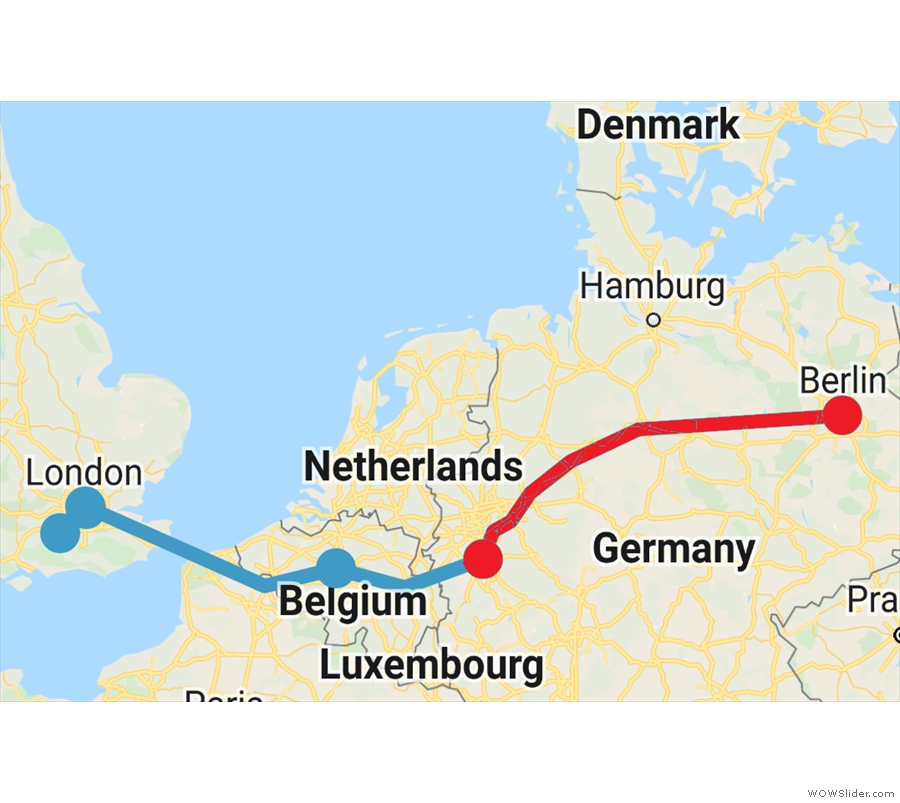
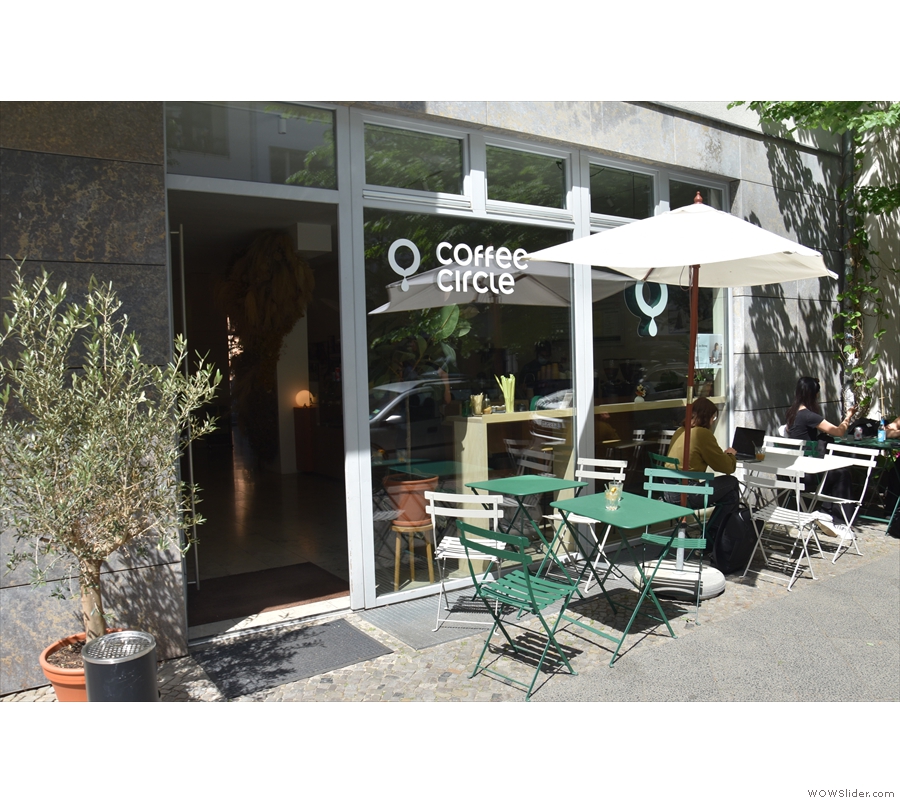
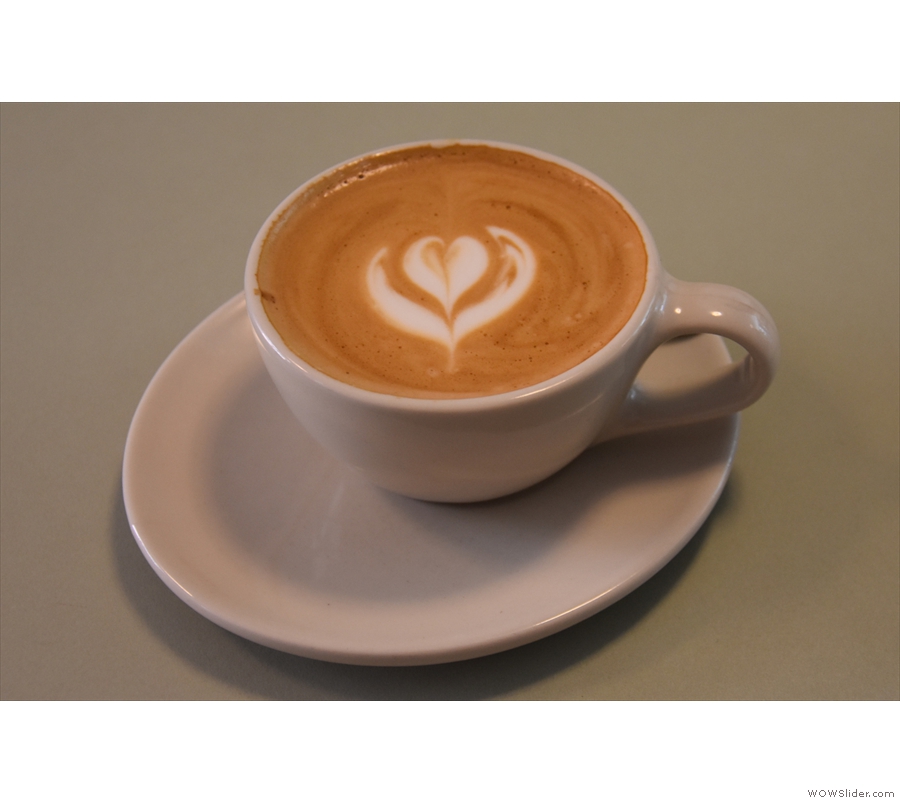
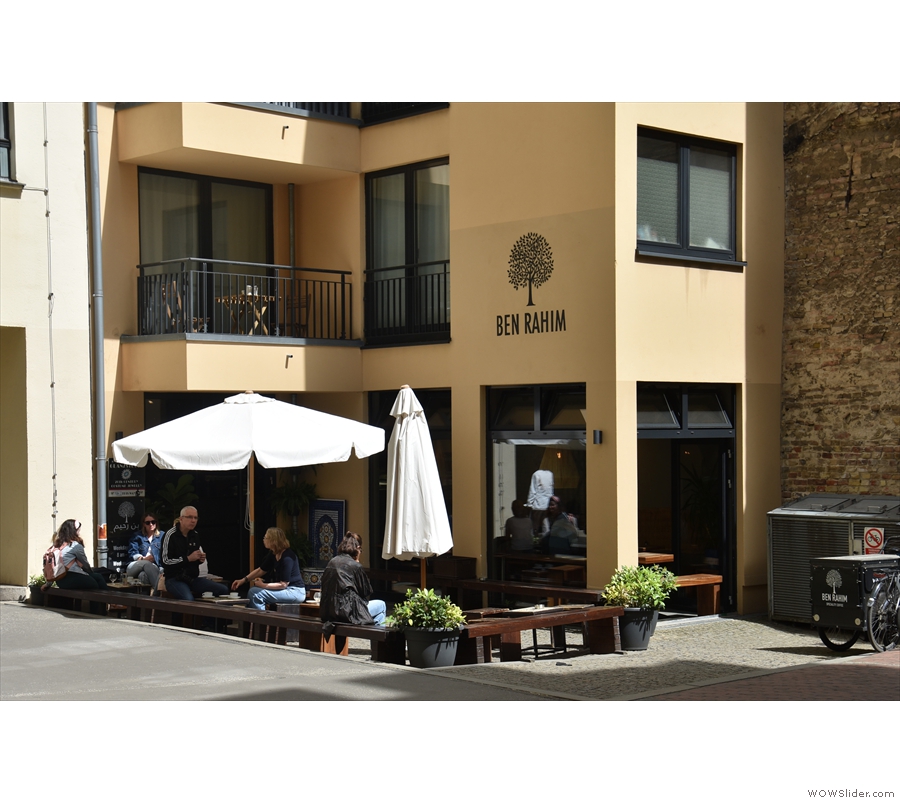
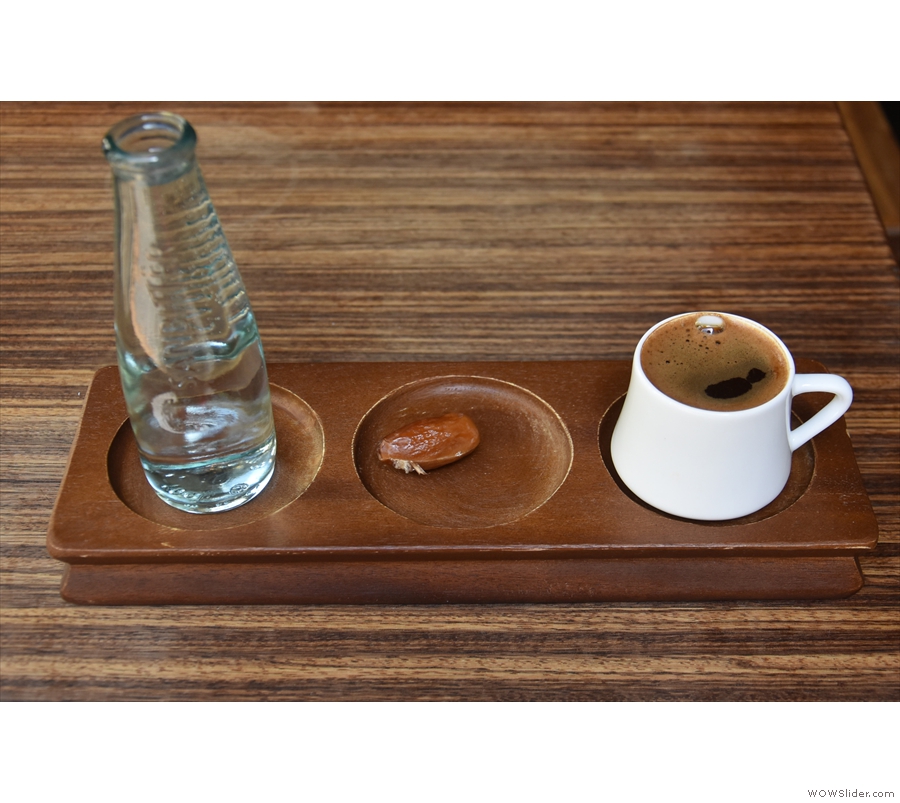
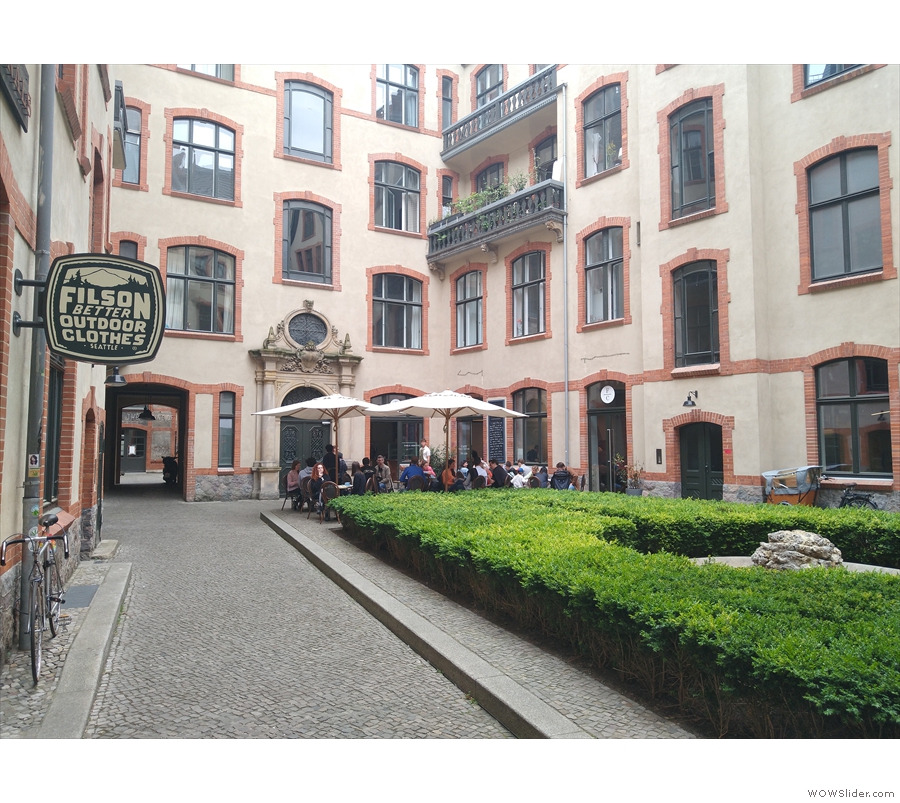
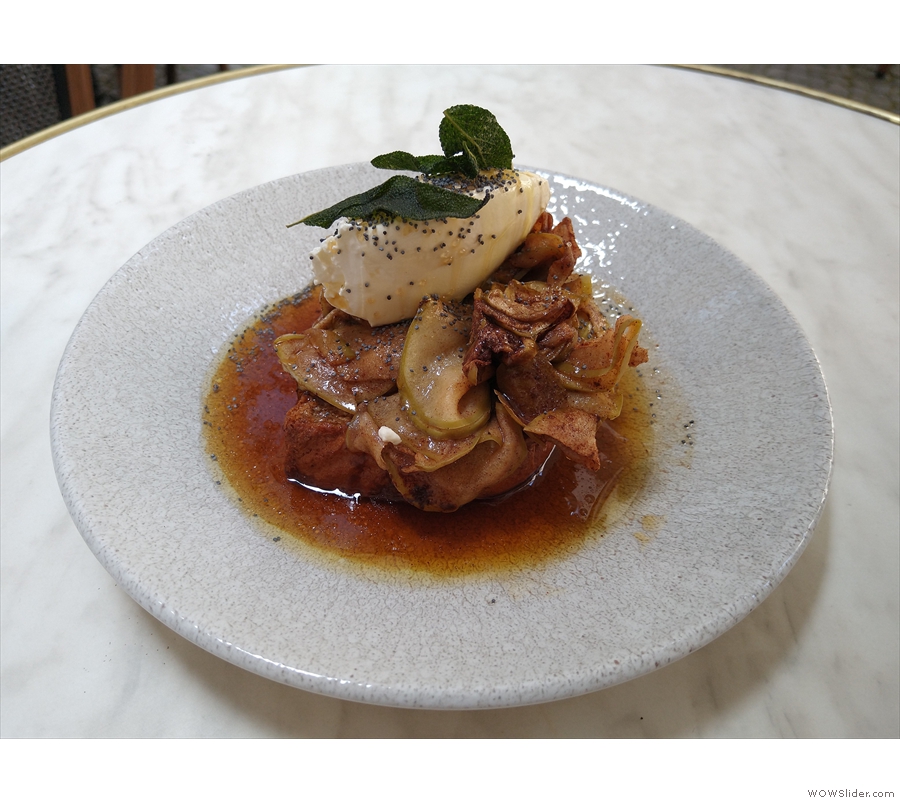
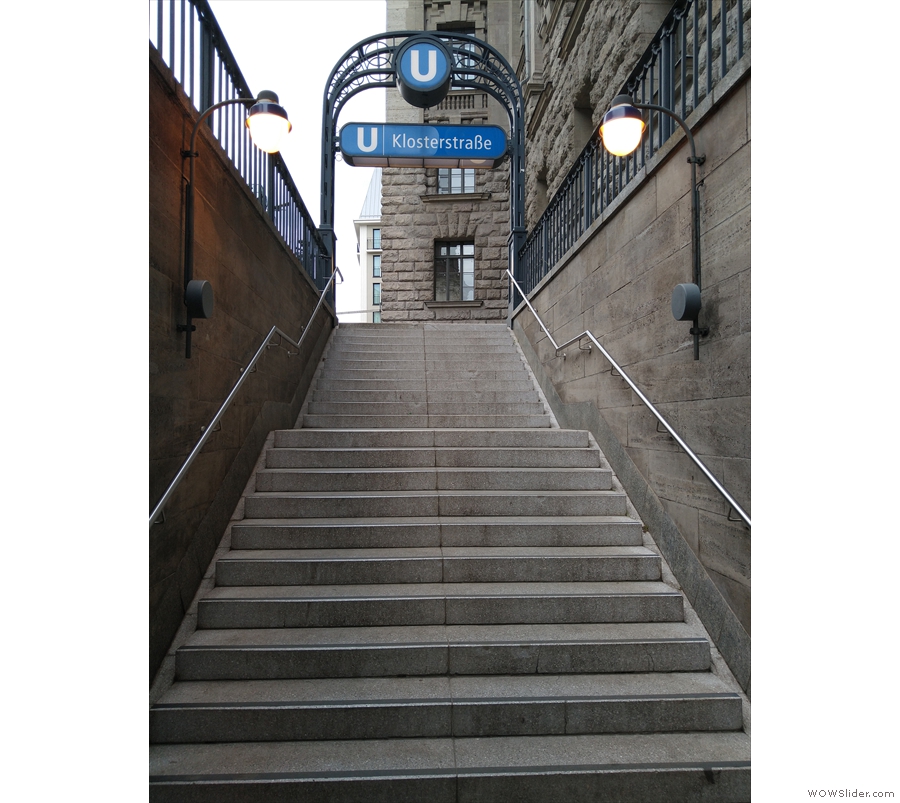
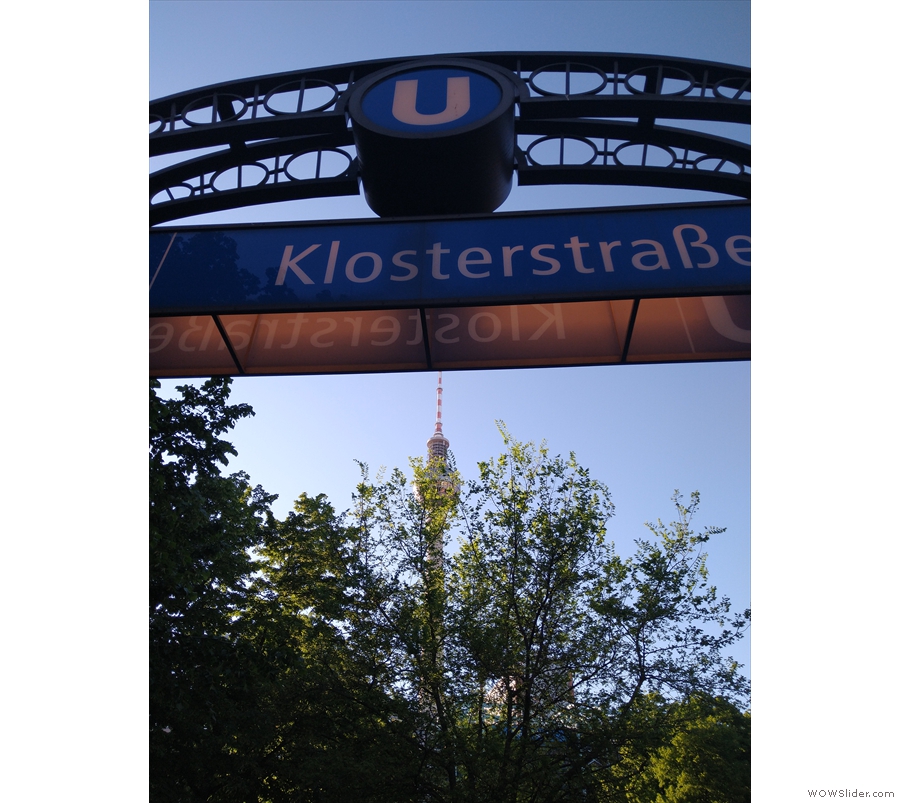
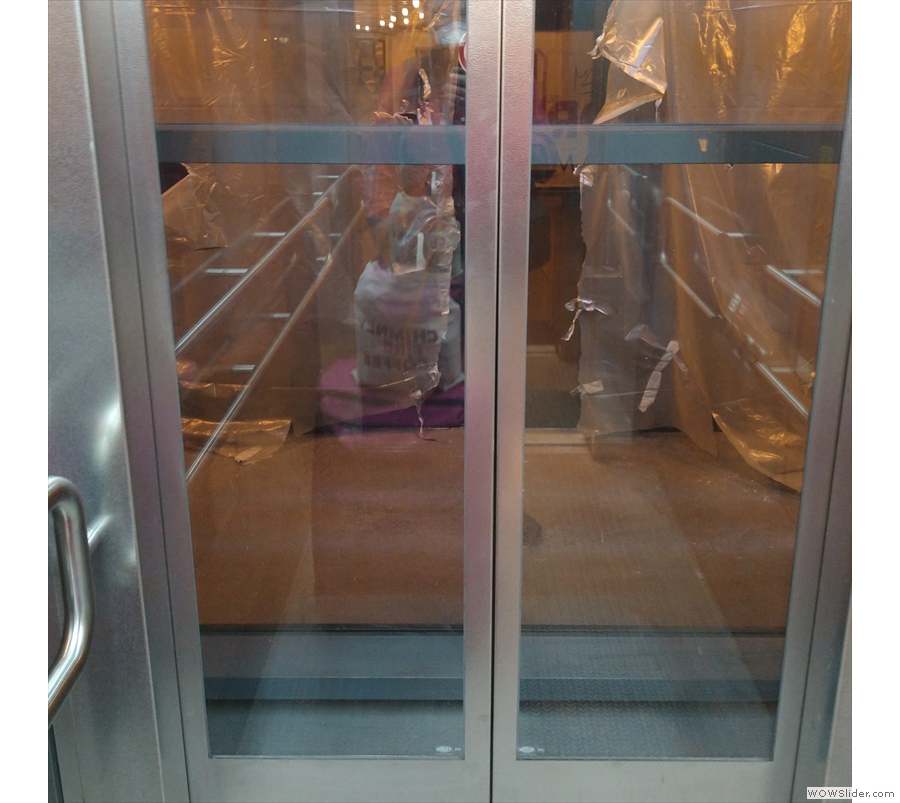
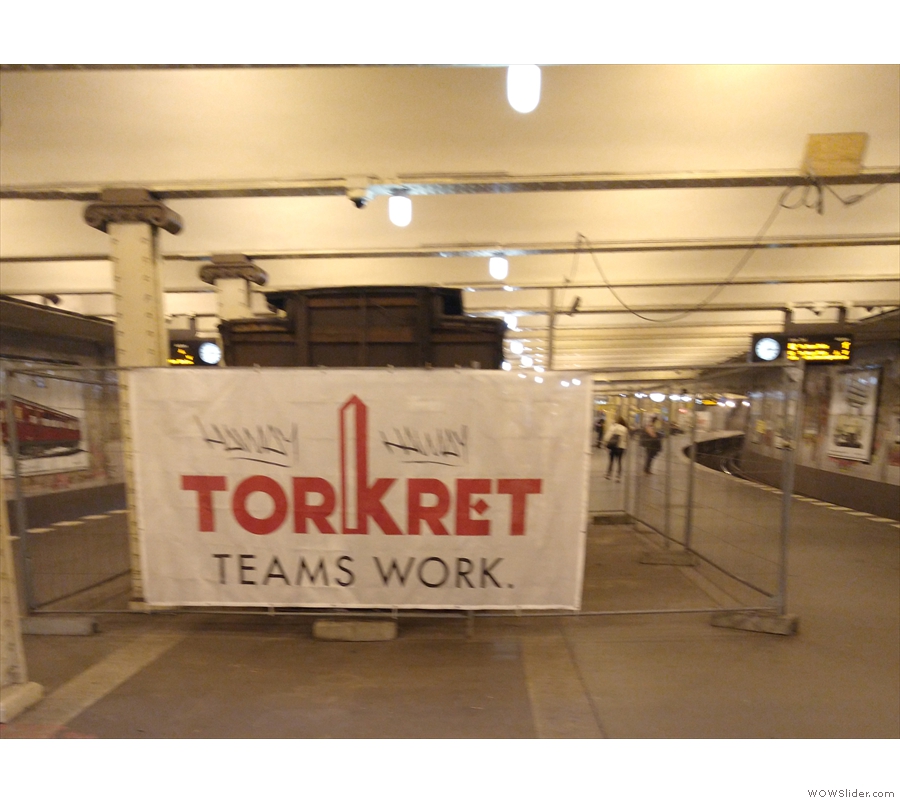
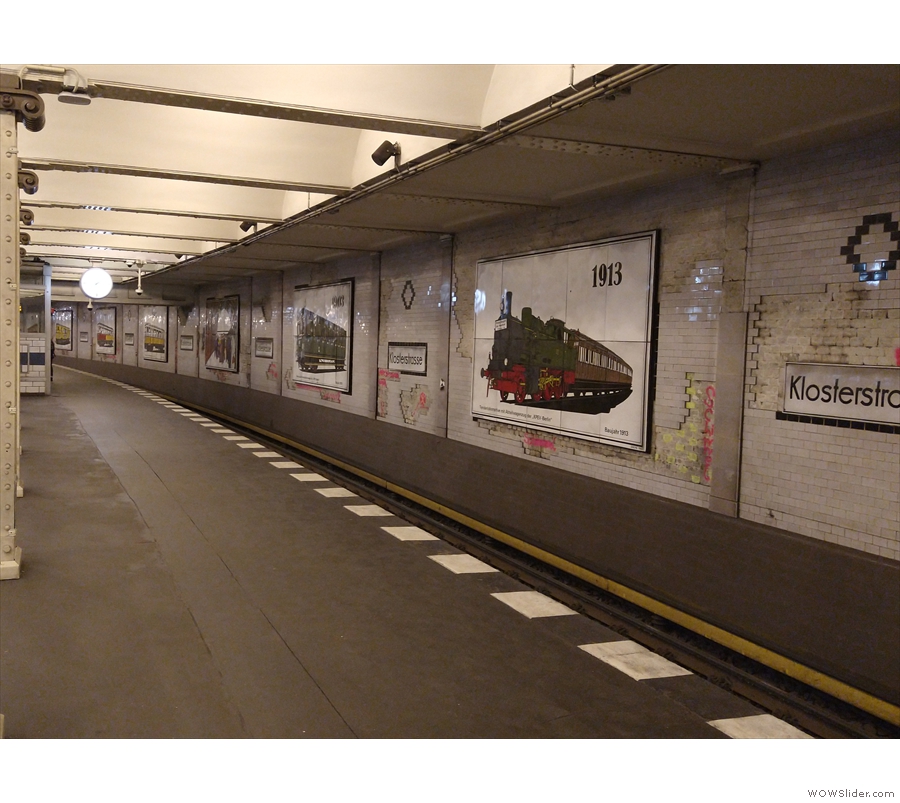
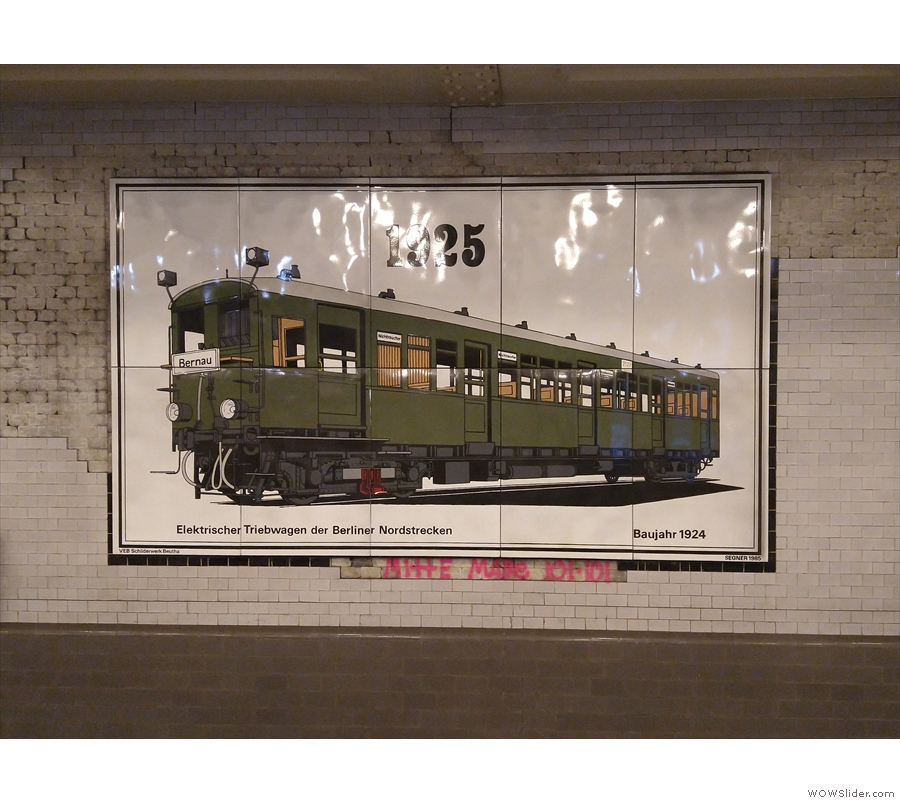
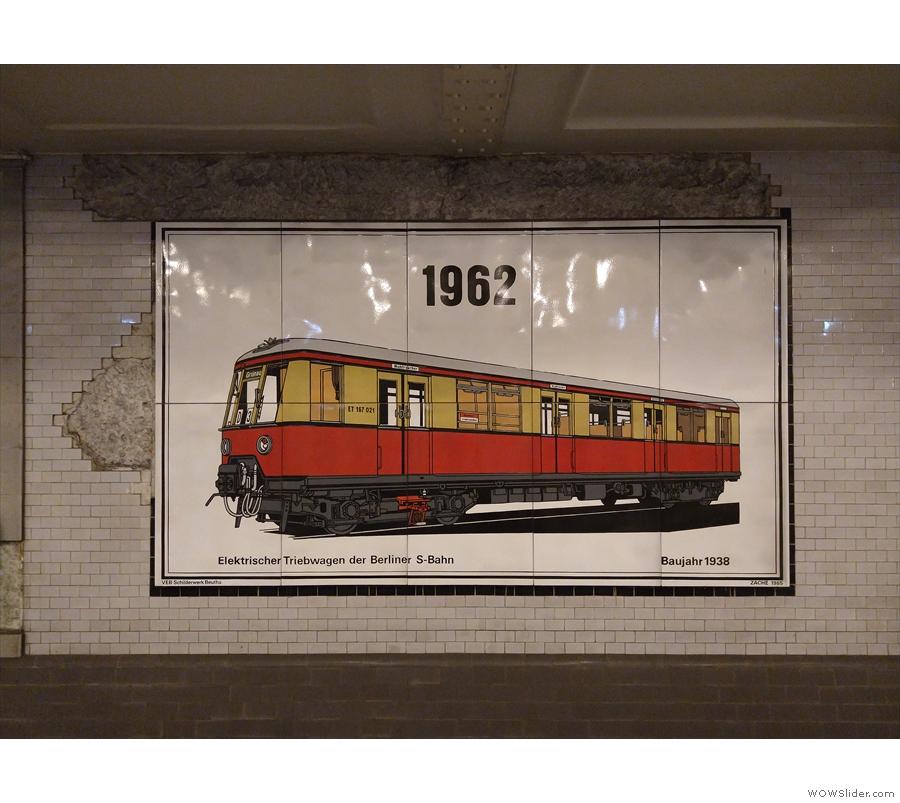
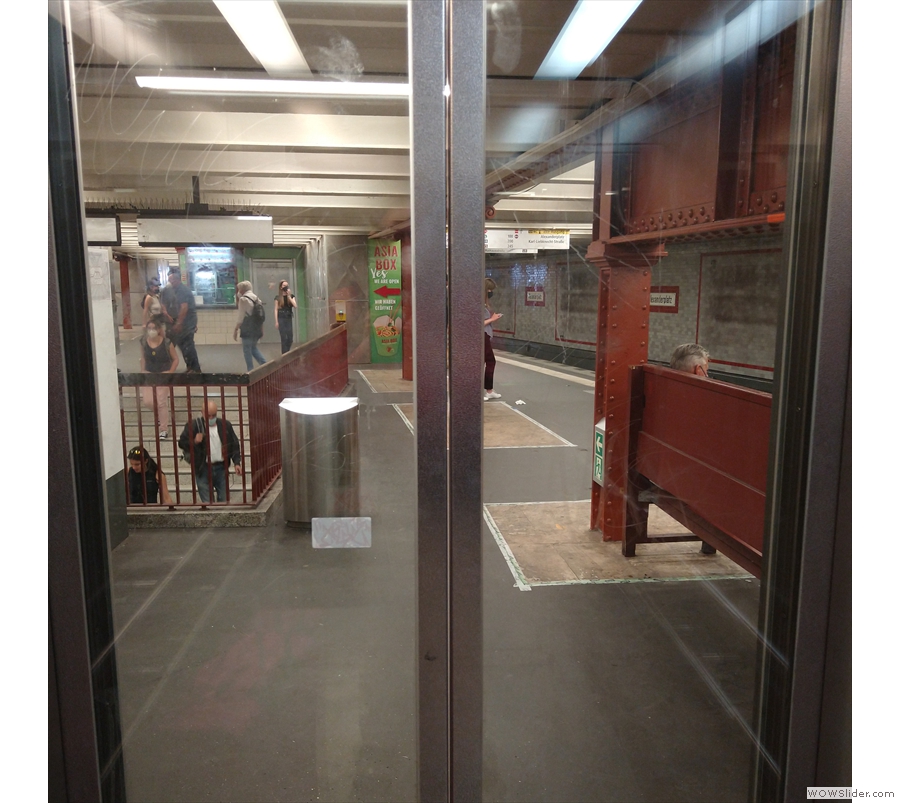
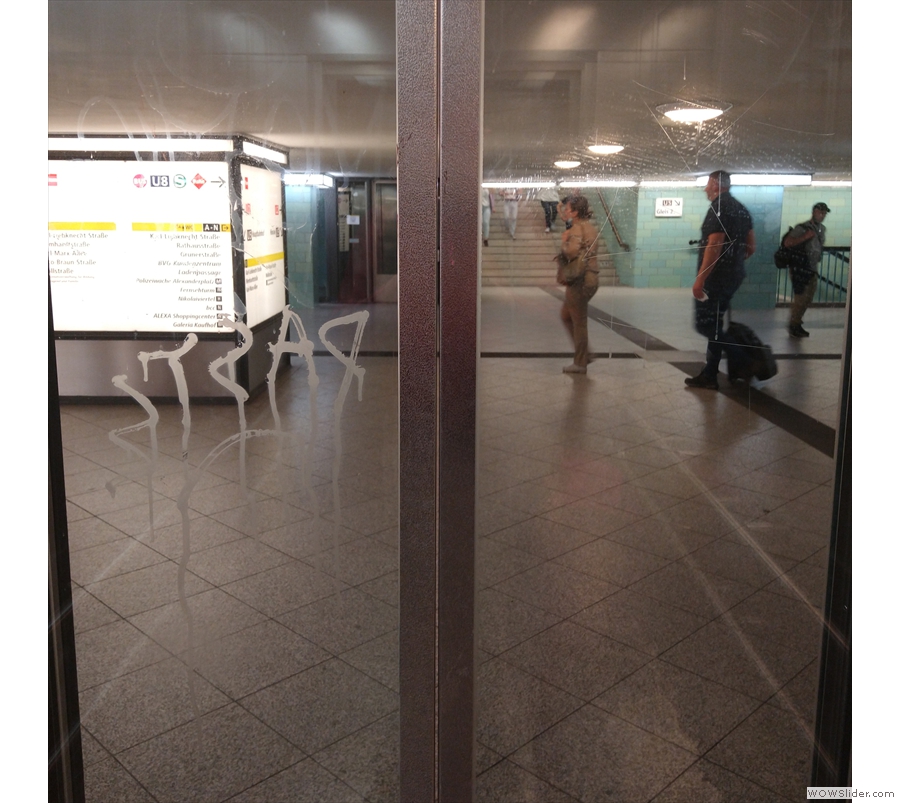
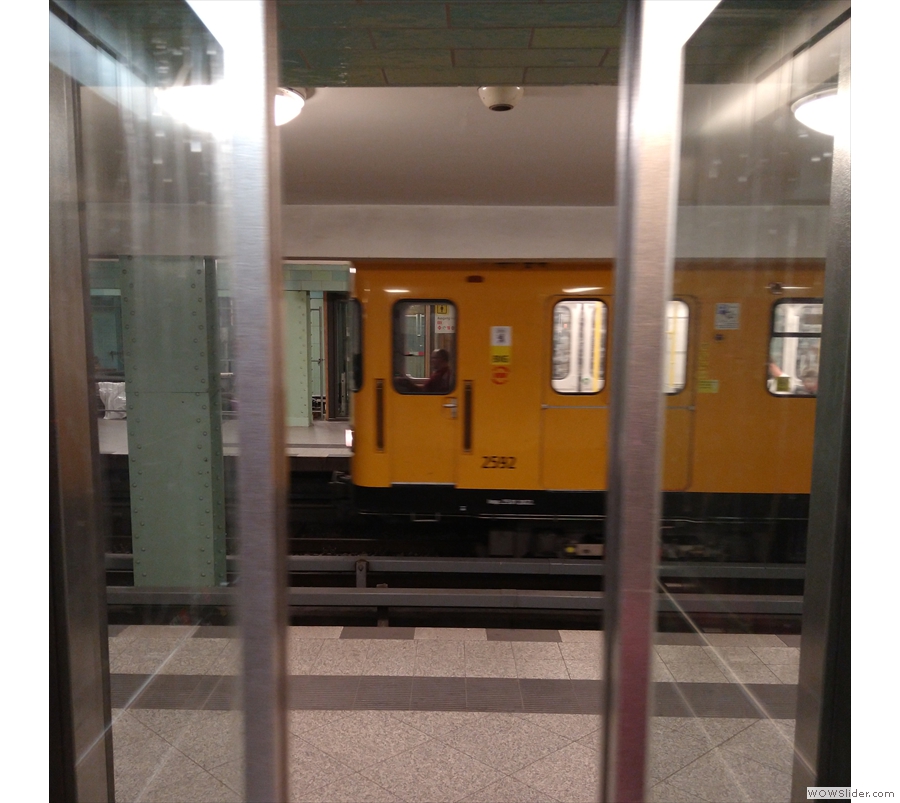
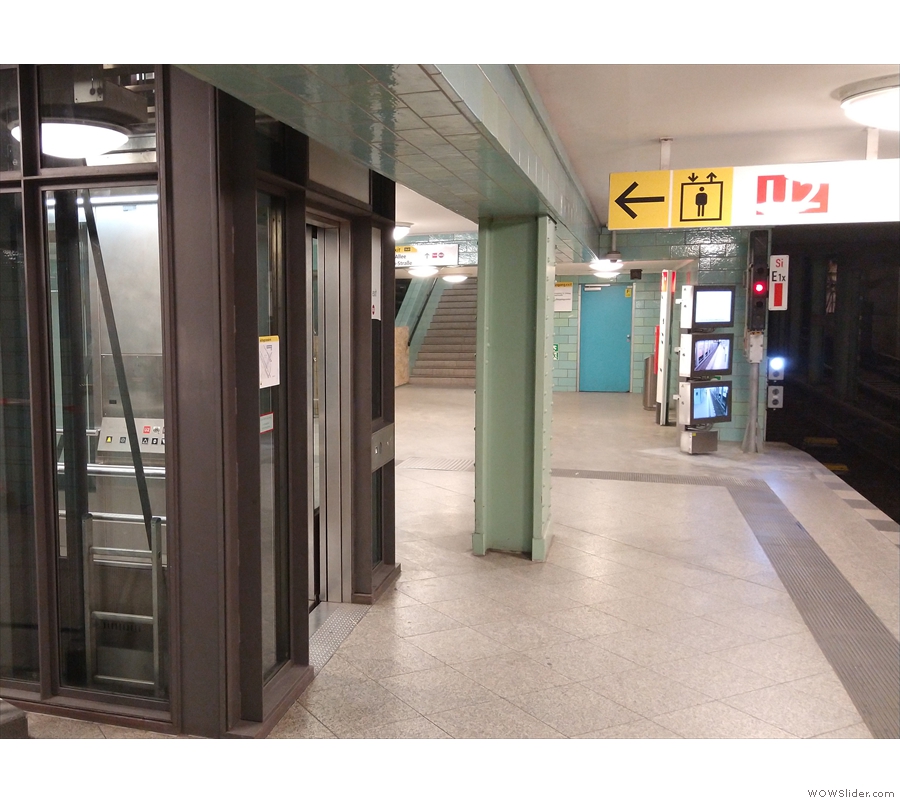
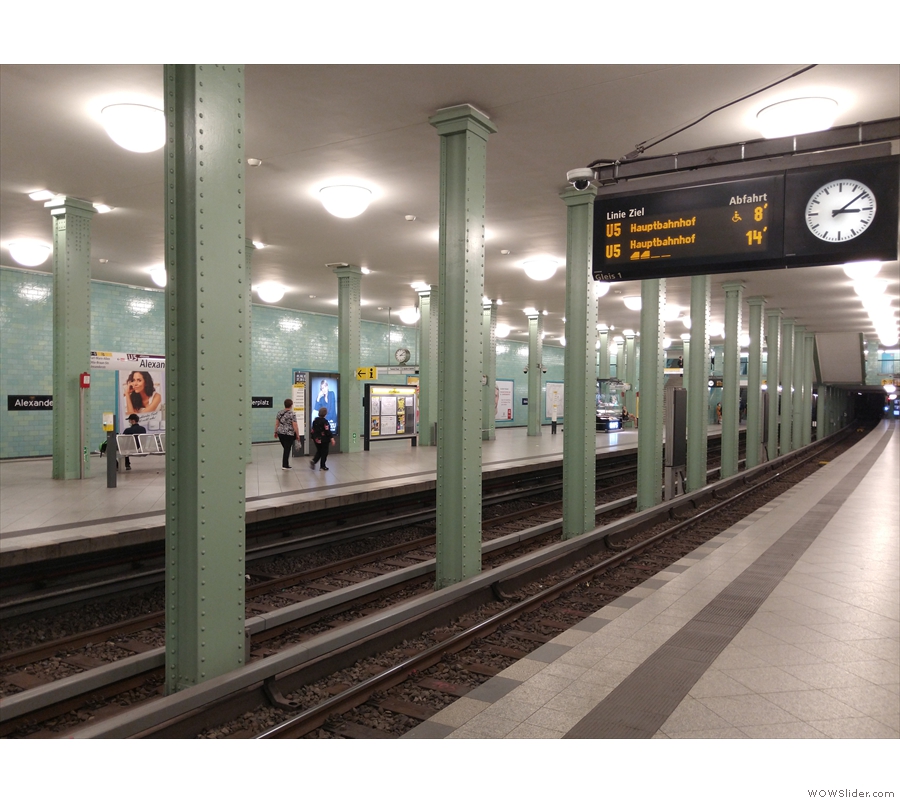
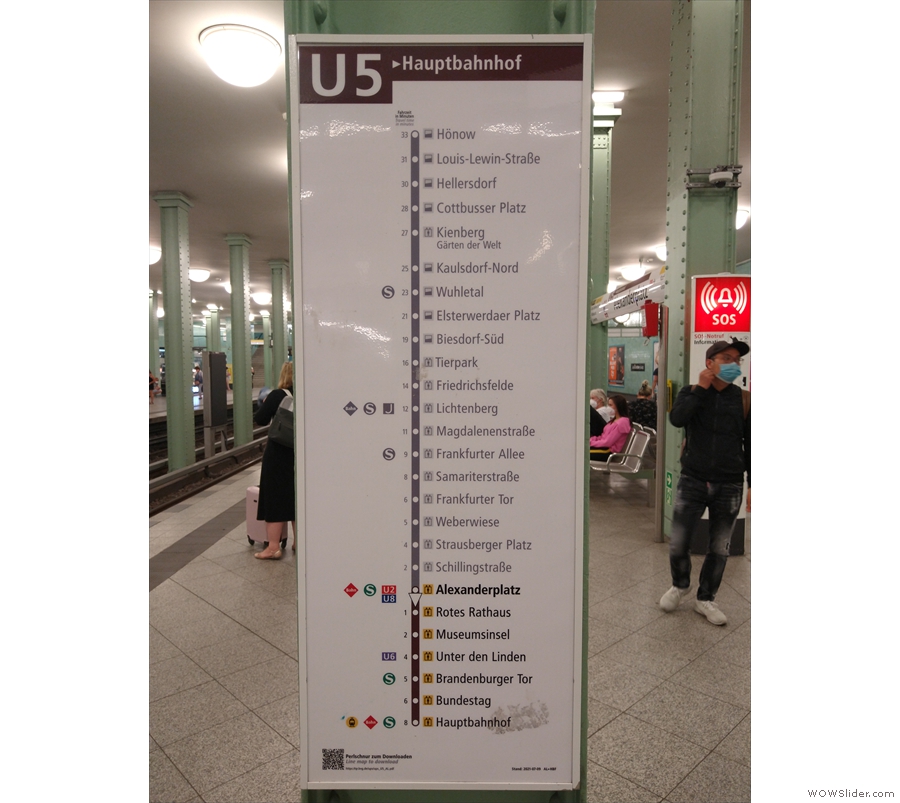
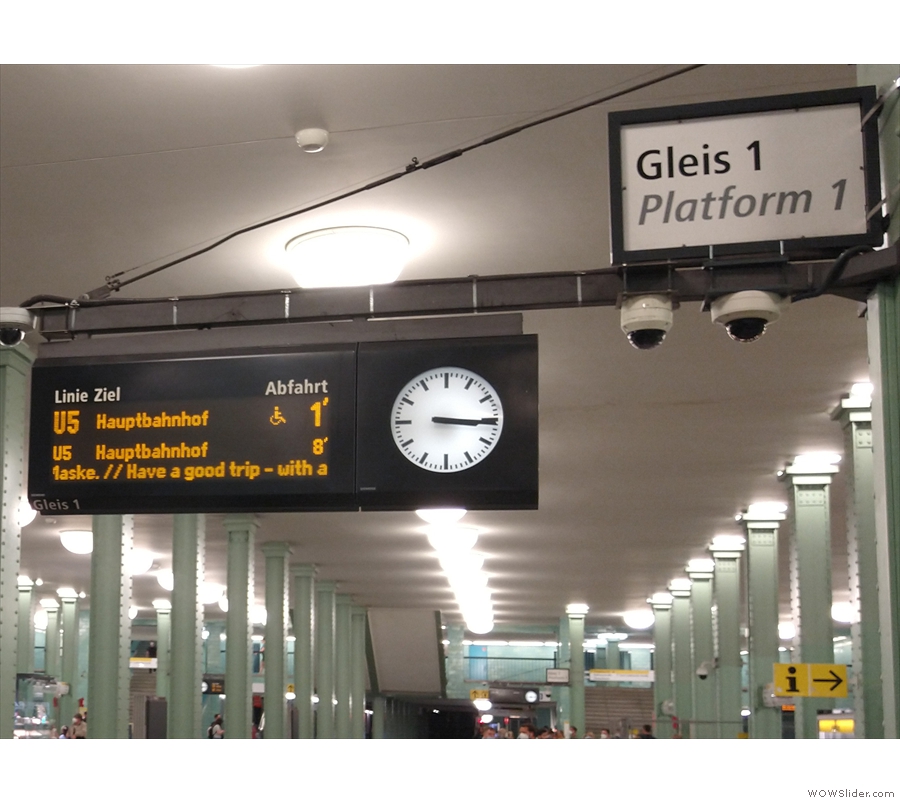
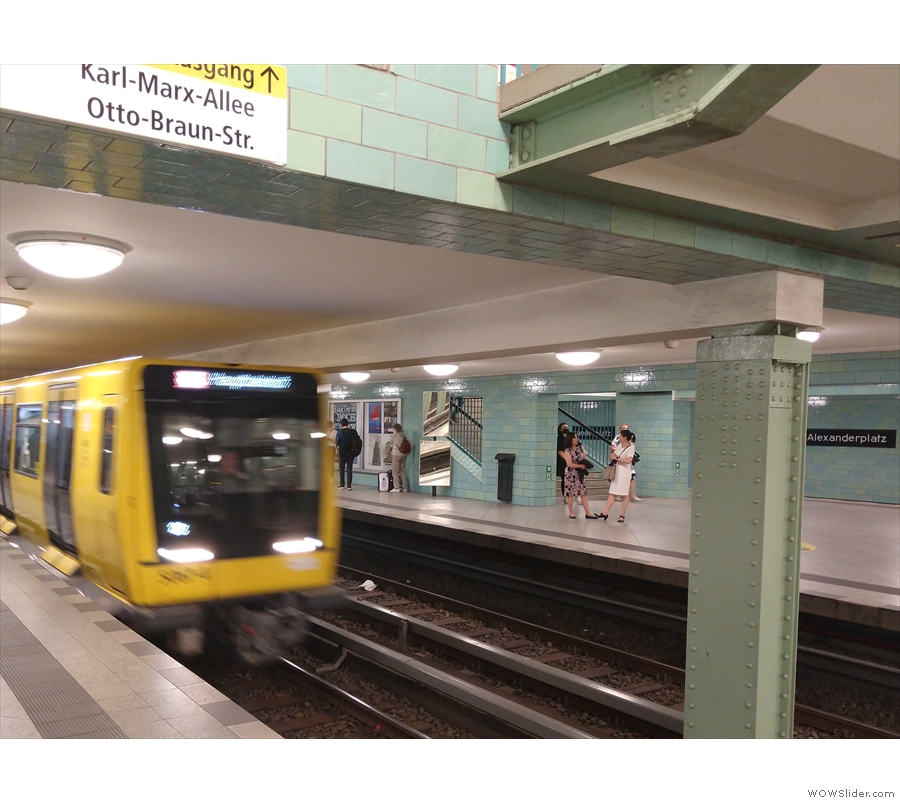
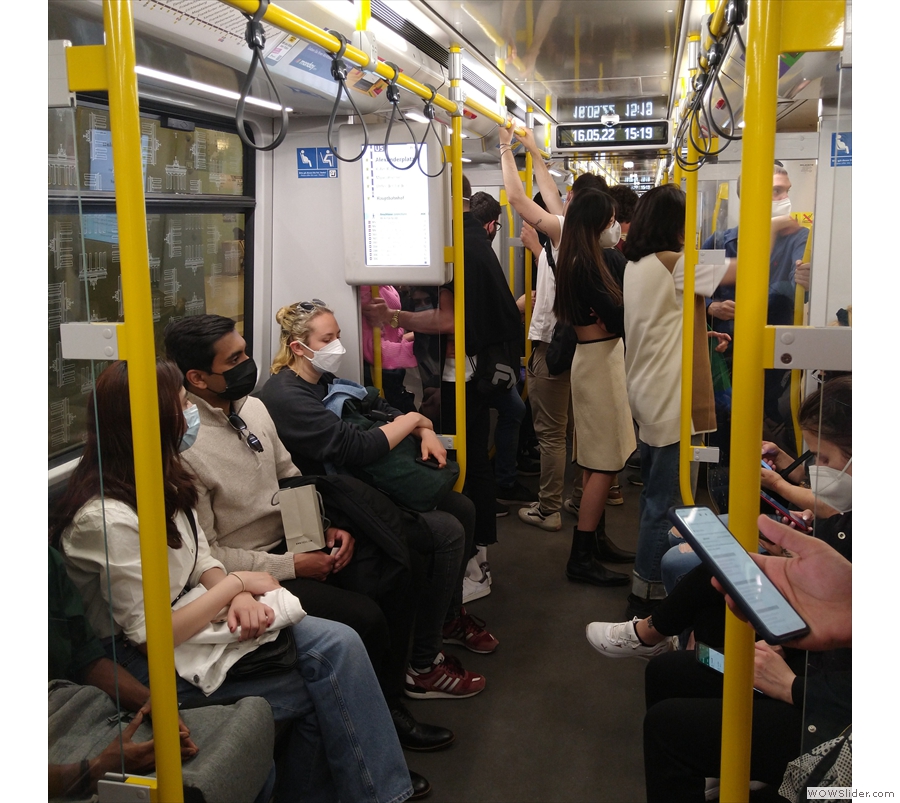
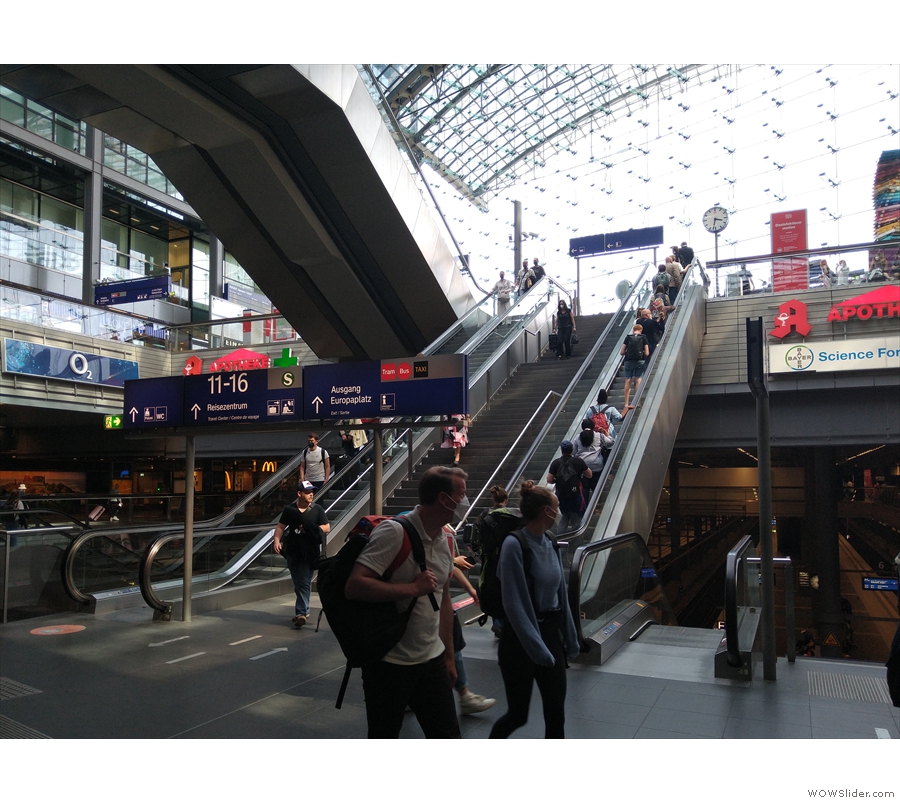
 1
1 2
2 3
3 4
4 5
5 6
6 7
7 8
8 9
9 10
10 11
11 12
12 13
13 14
14 15
15 16
16 17
17 18
18 19
19 20
20 21
21 22
22 23
23 24
24
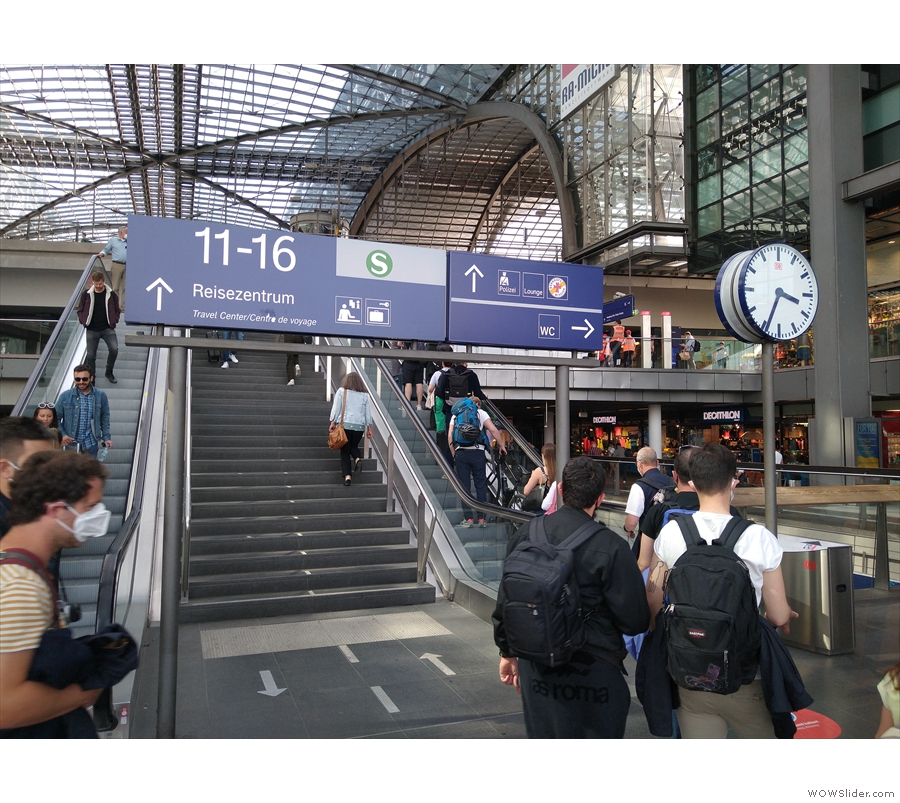
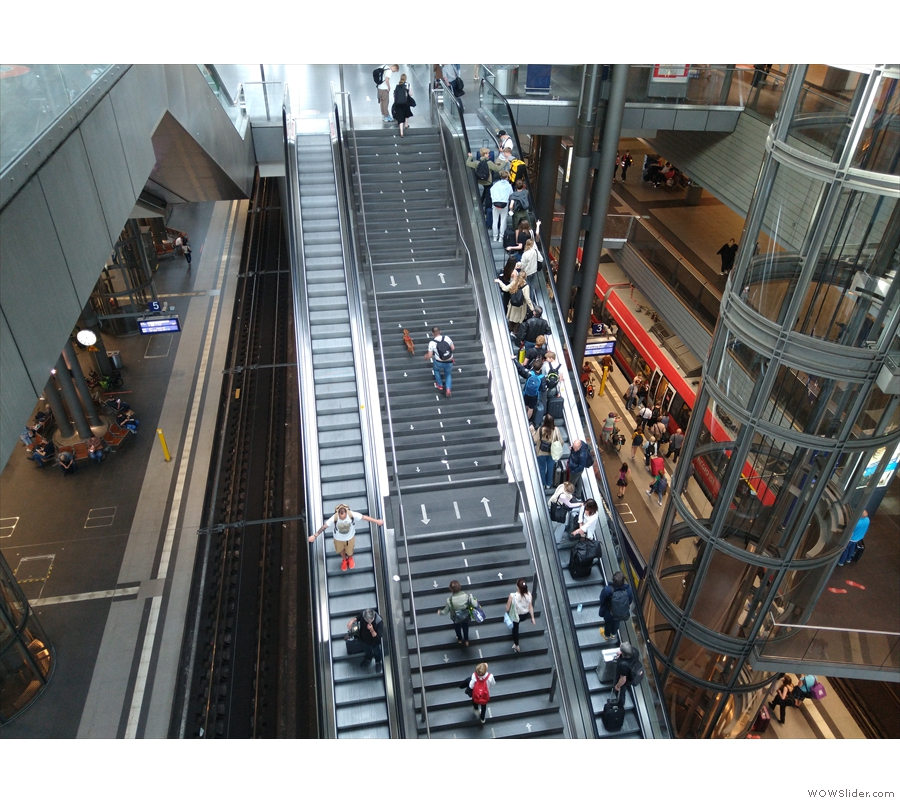
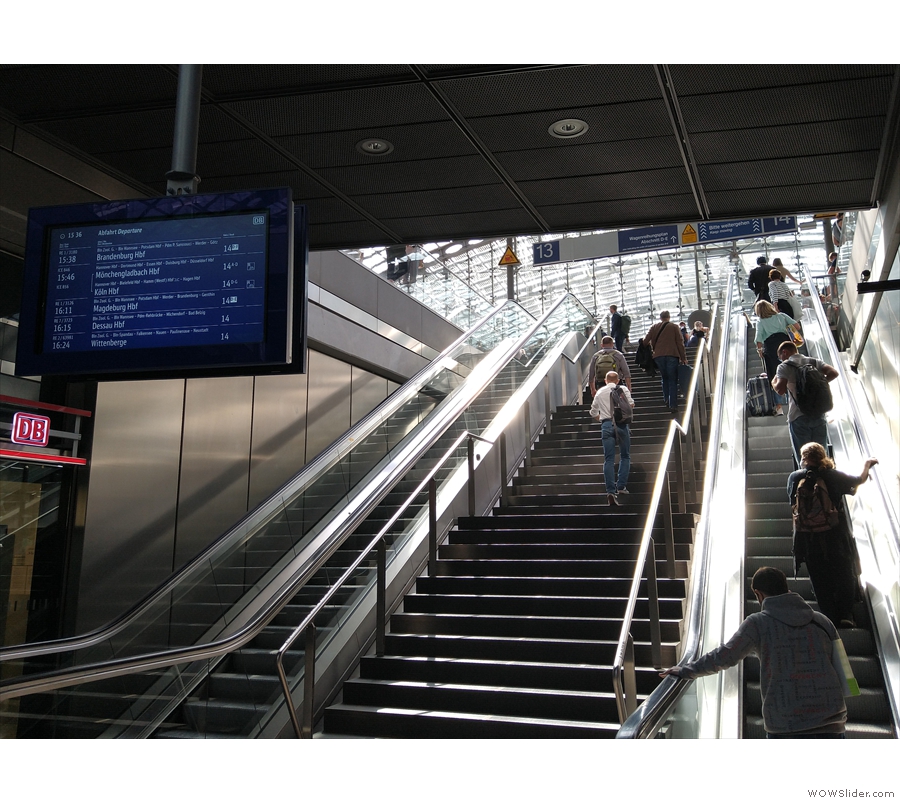
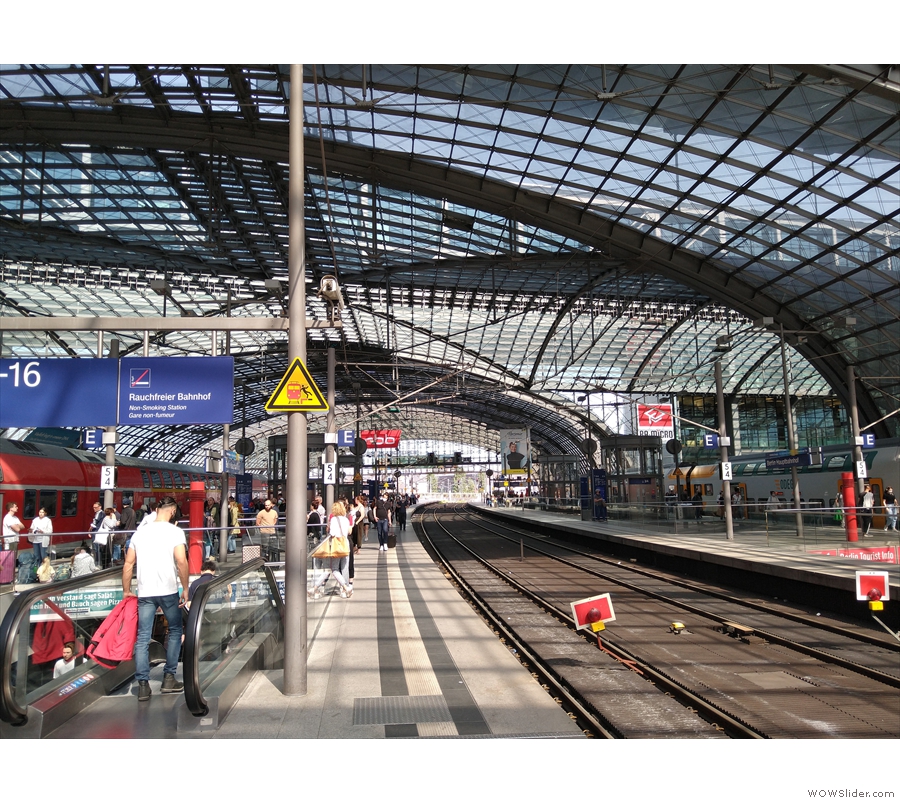
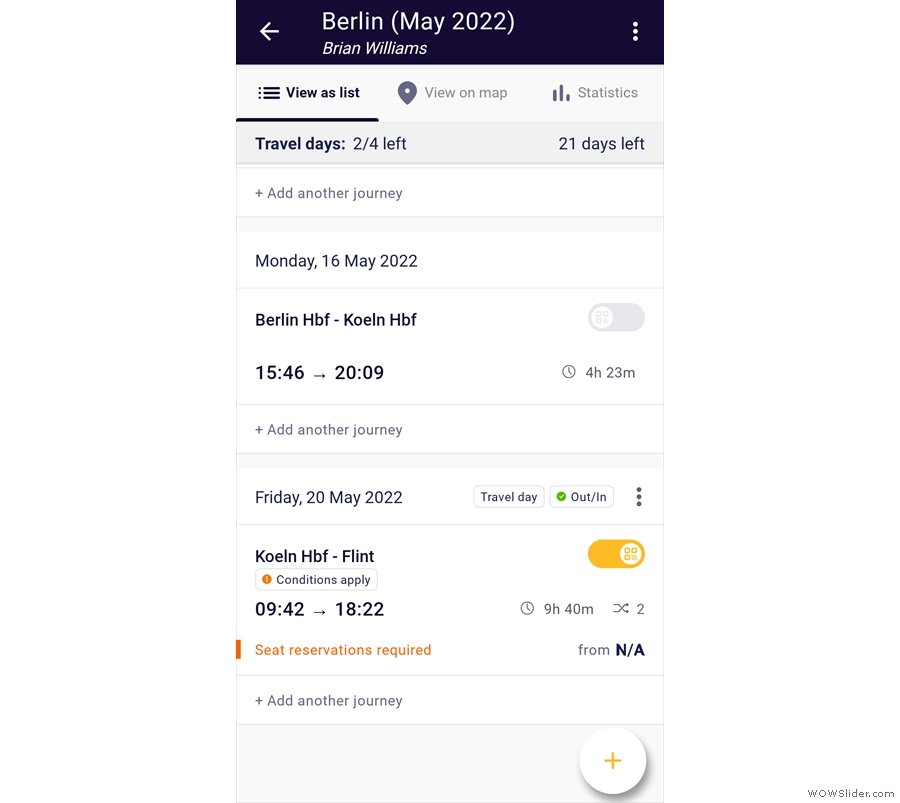
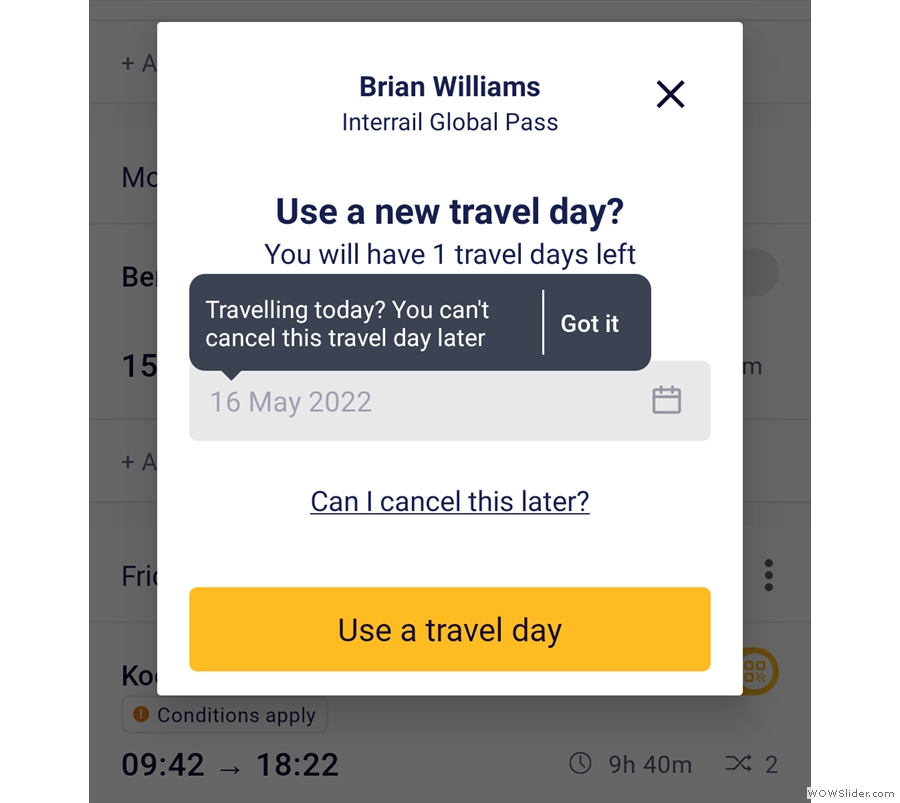
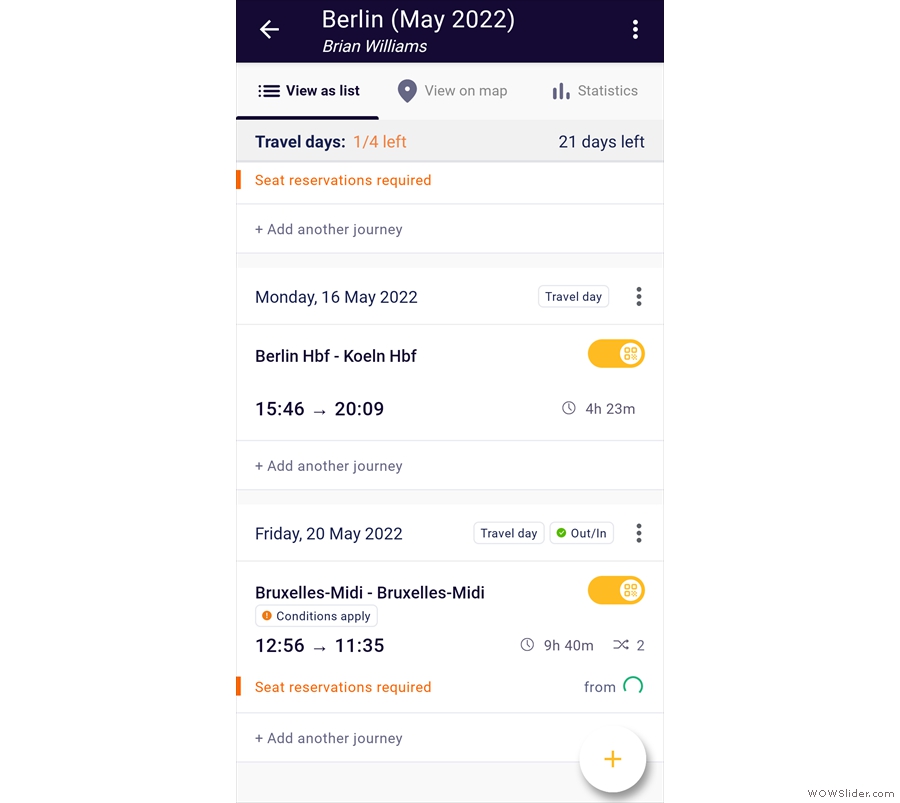
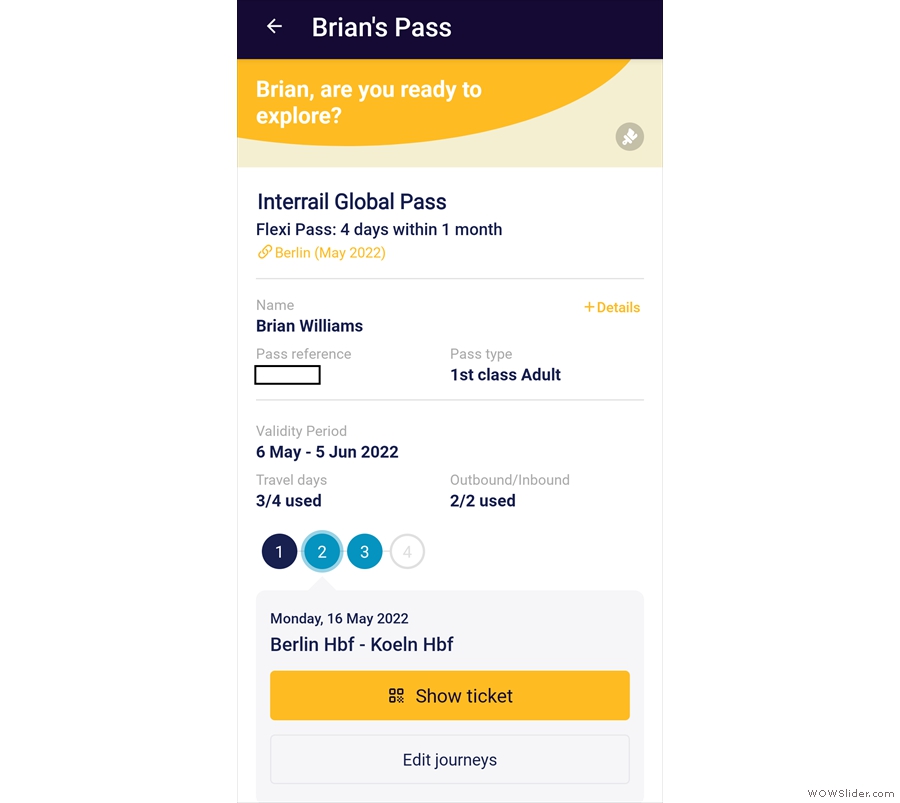
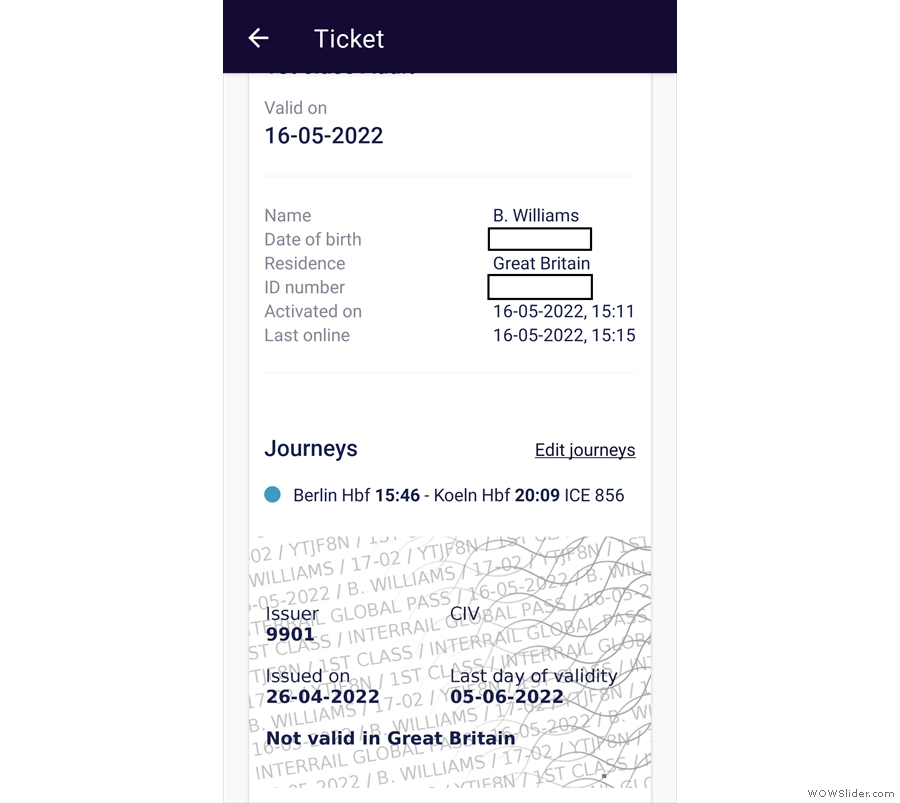
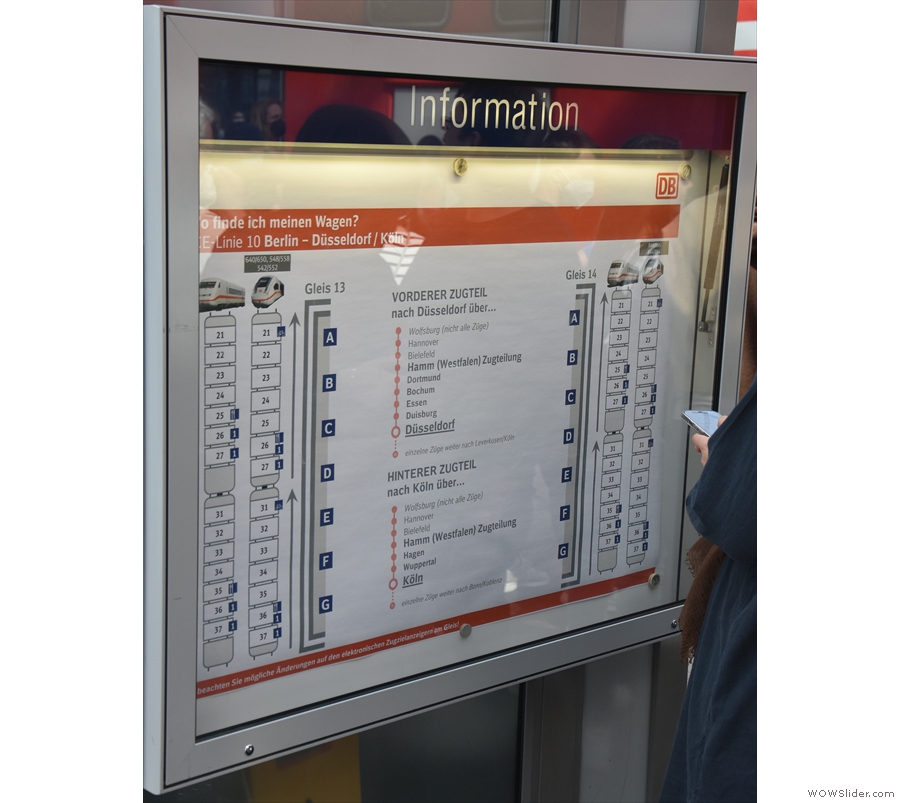
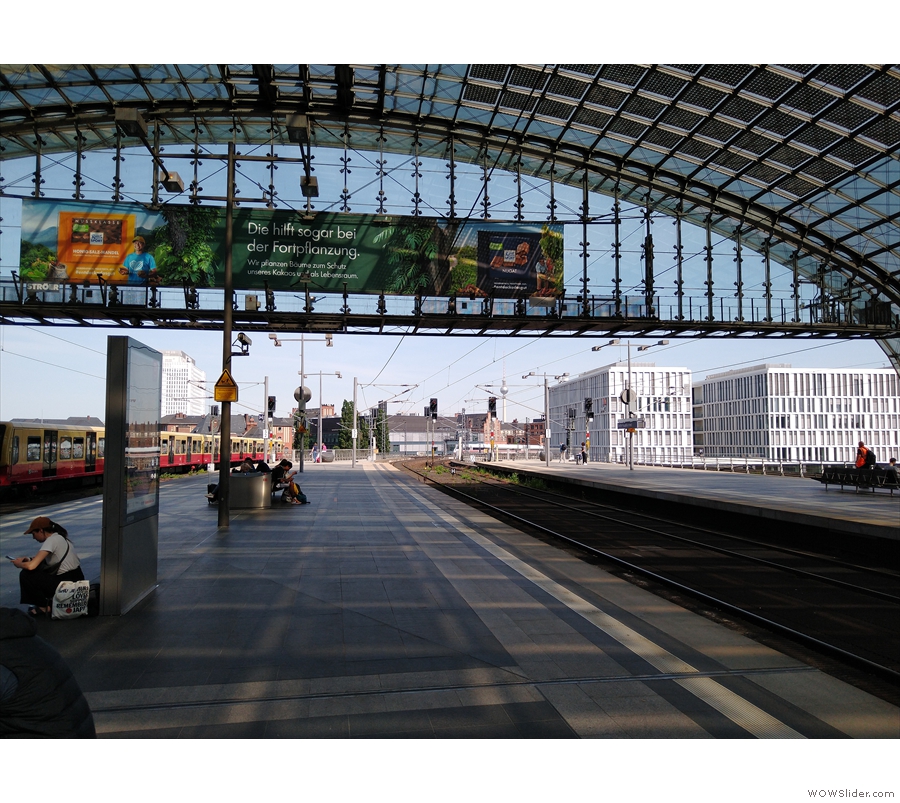
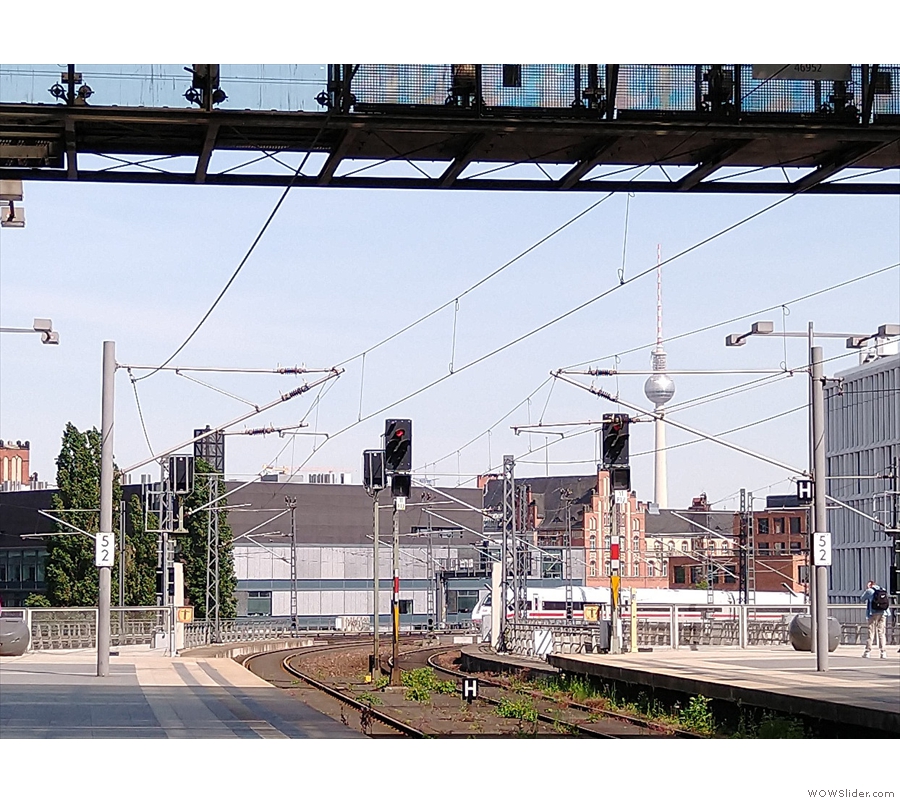
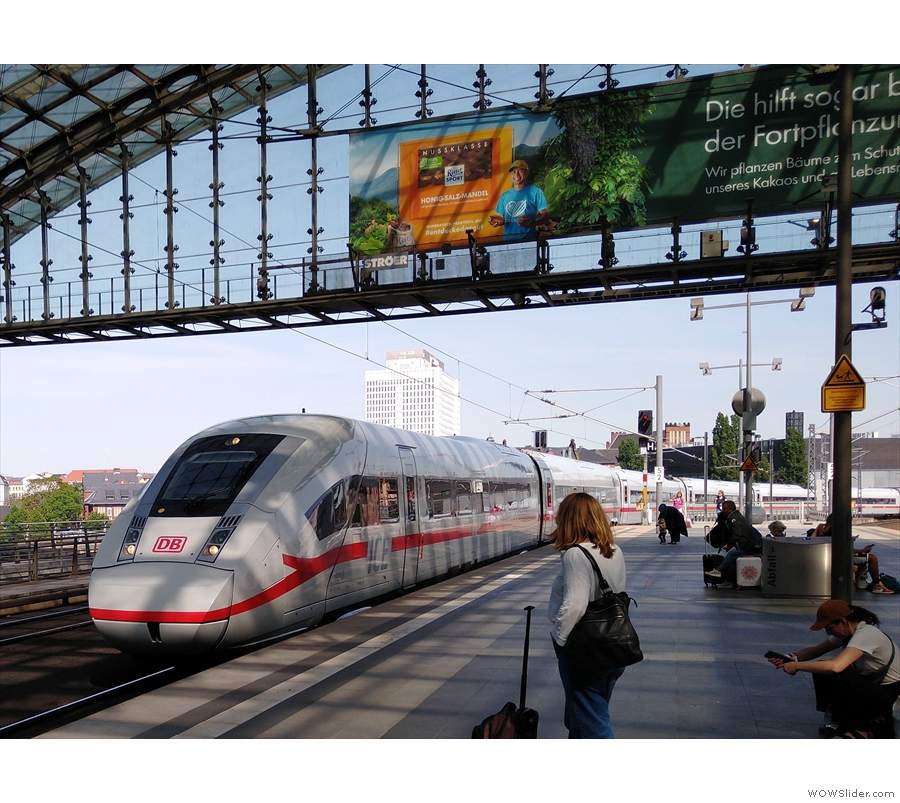
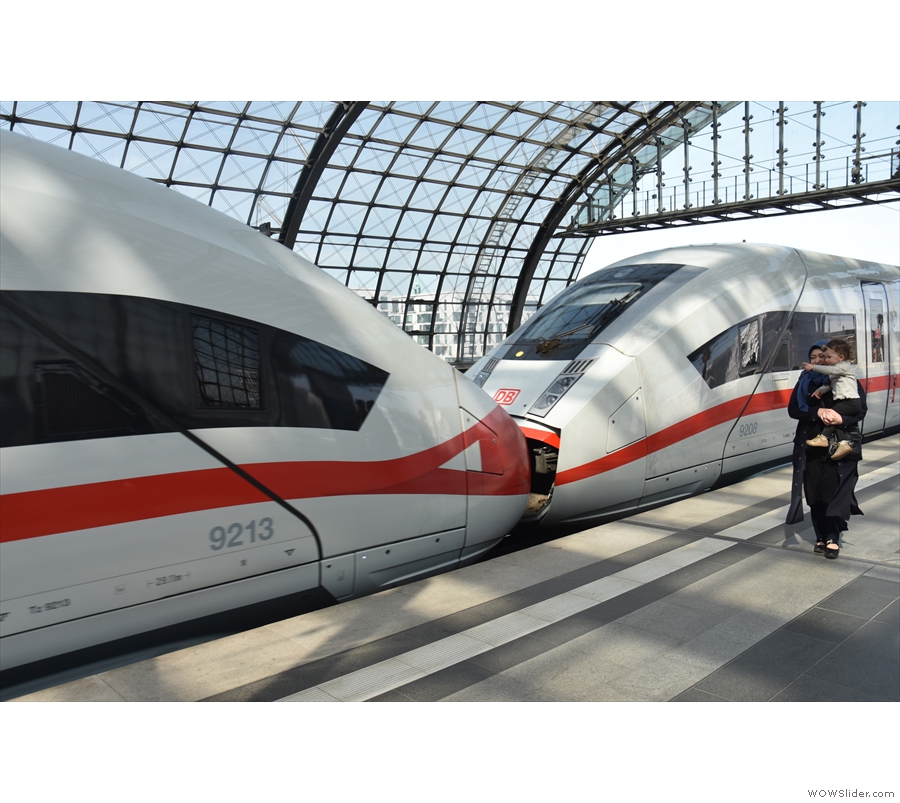
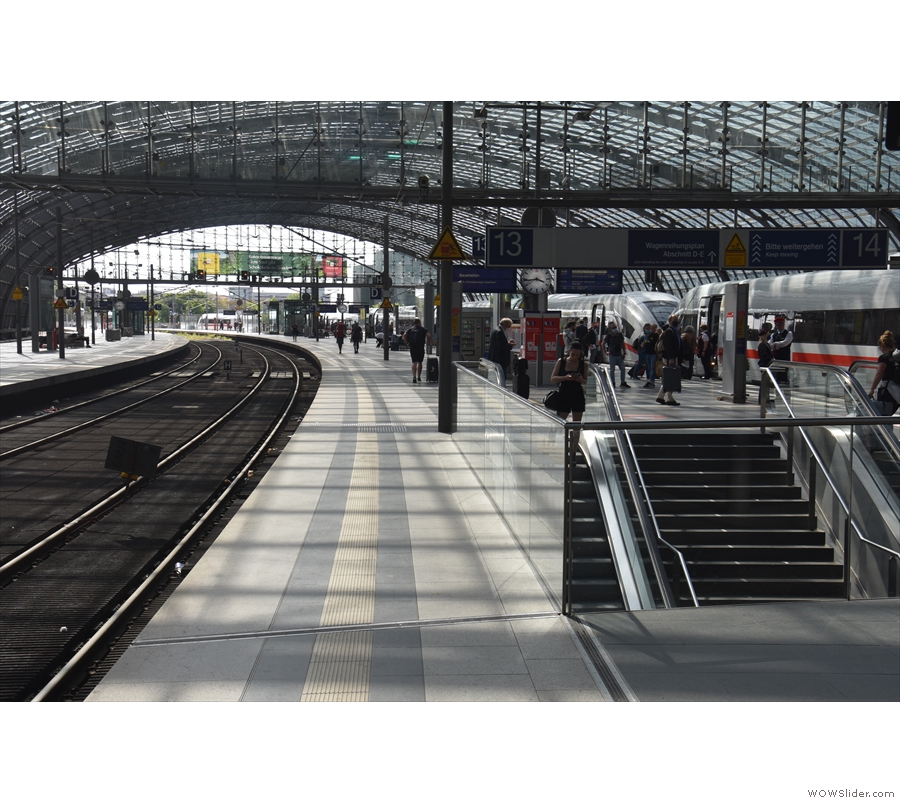
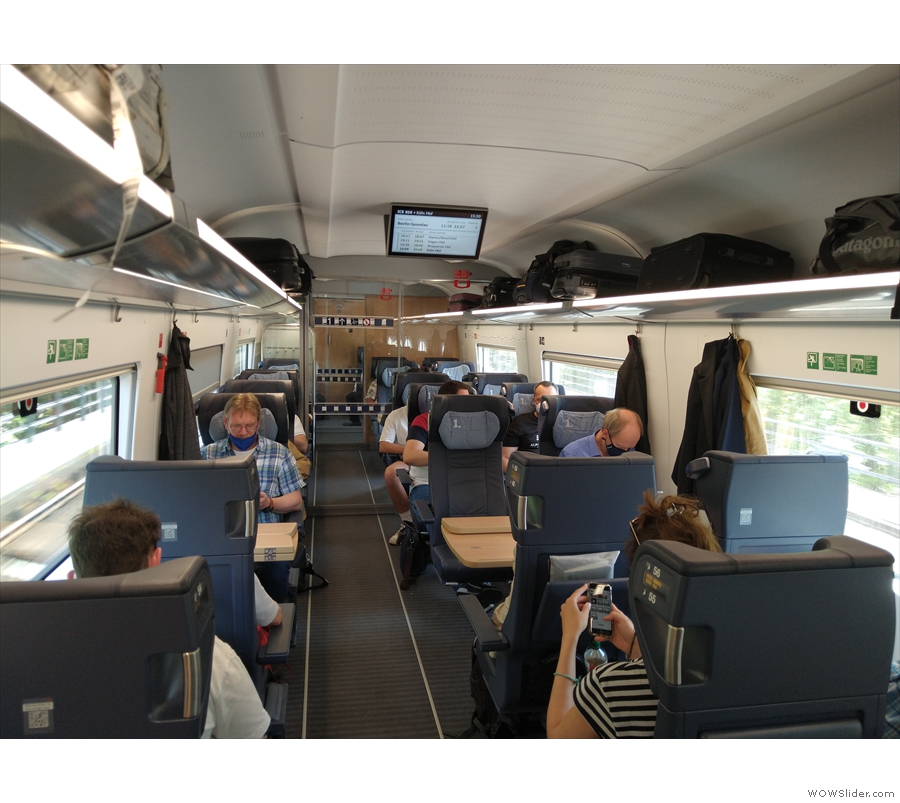
 1
1 2
2 3
3 4
4 5
5 6
6 7
7 8
8 9
9 10
10 11
11 12
12 13
13 14
14 15
15 16
16 17
17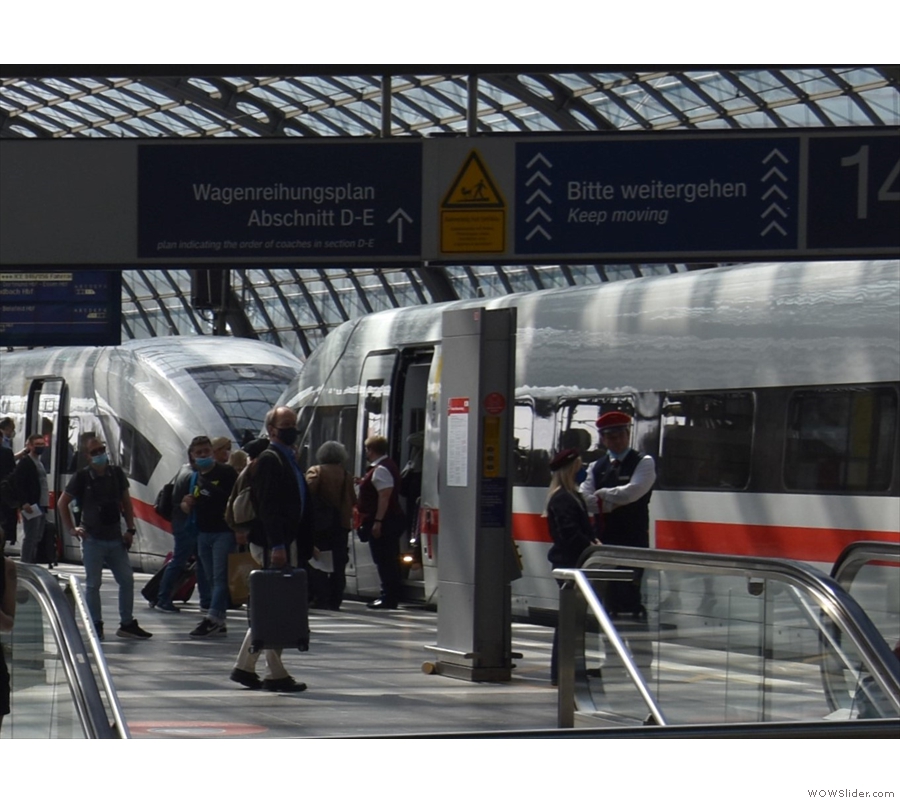

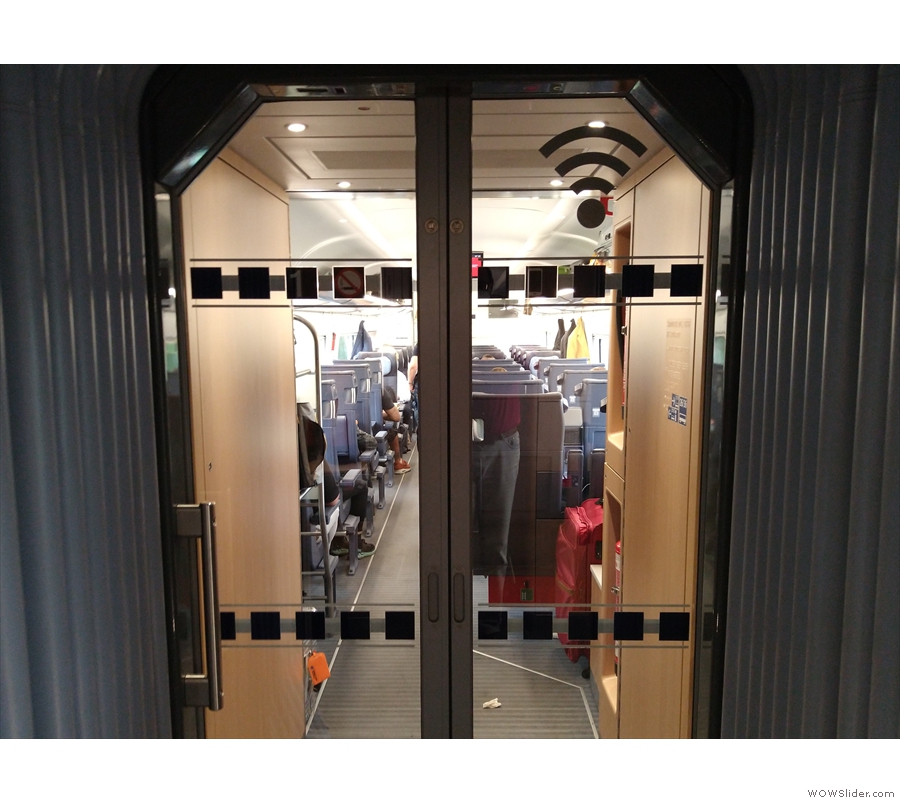
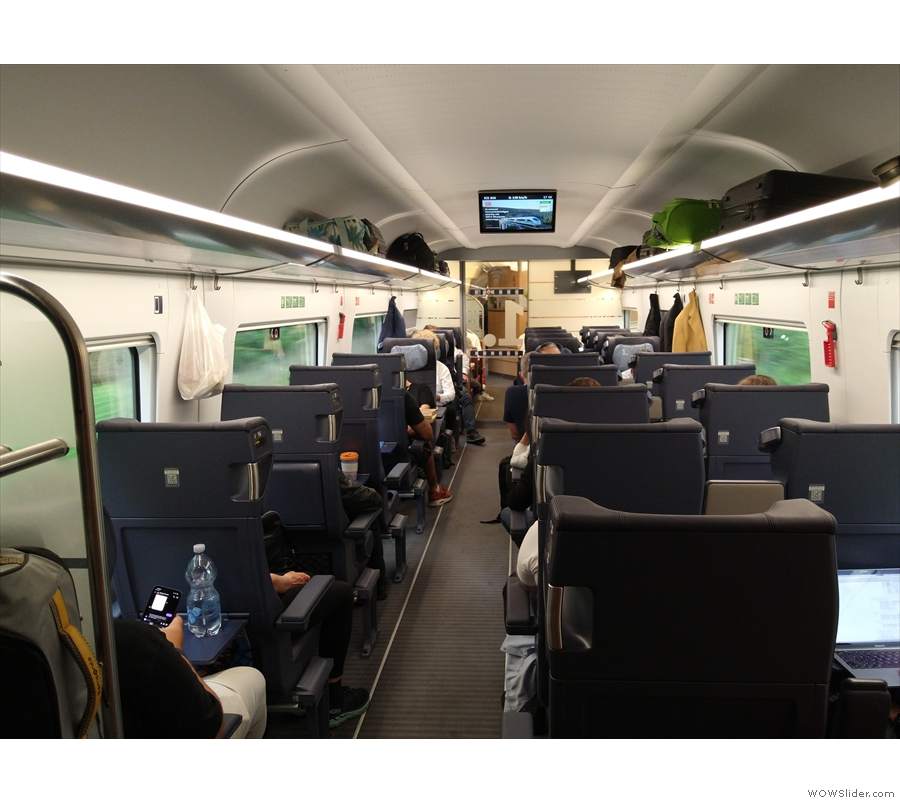
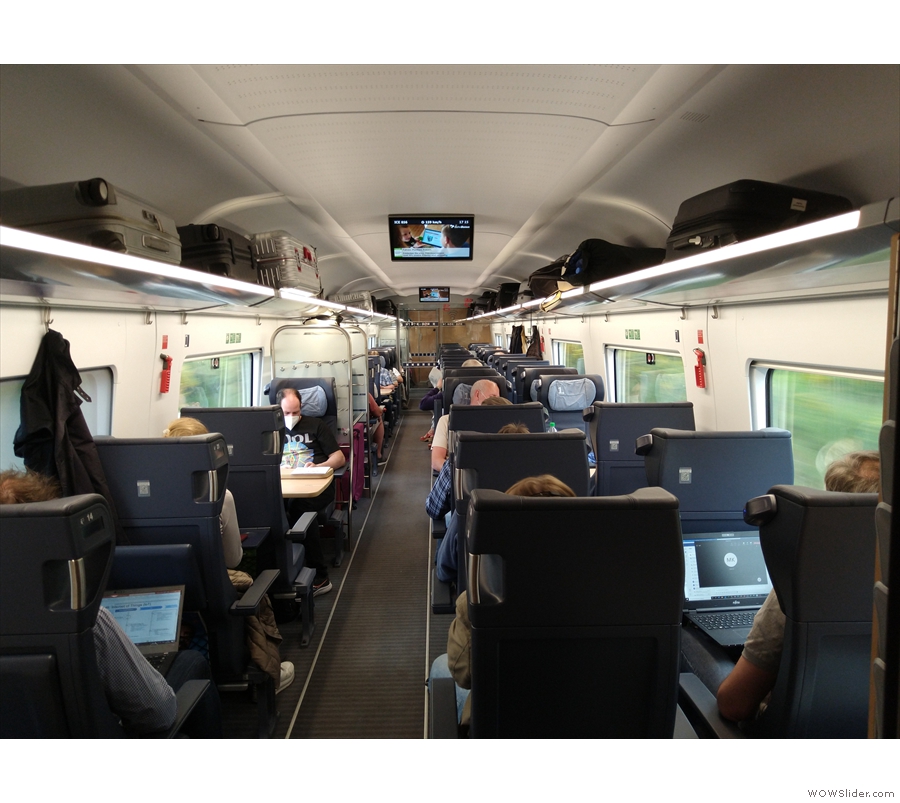
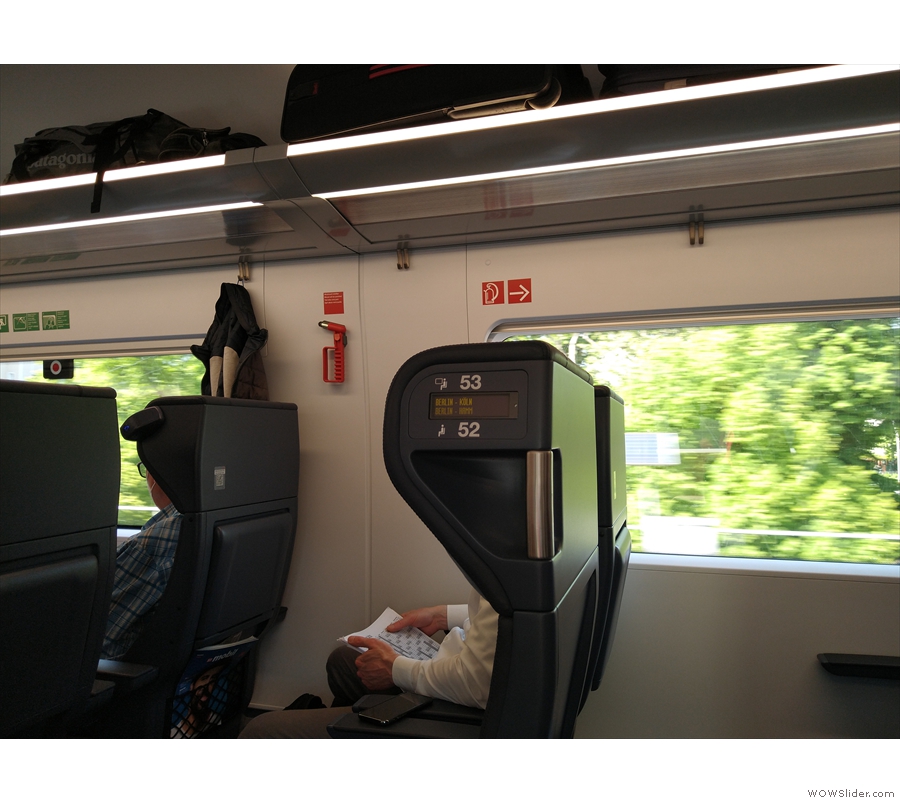
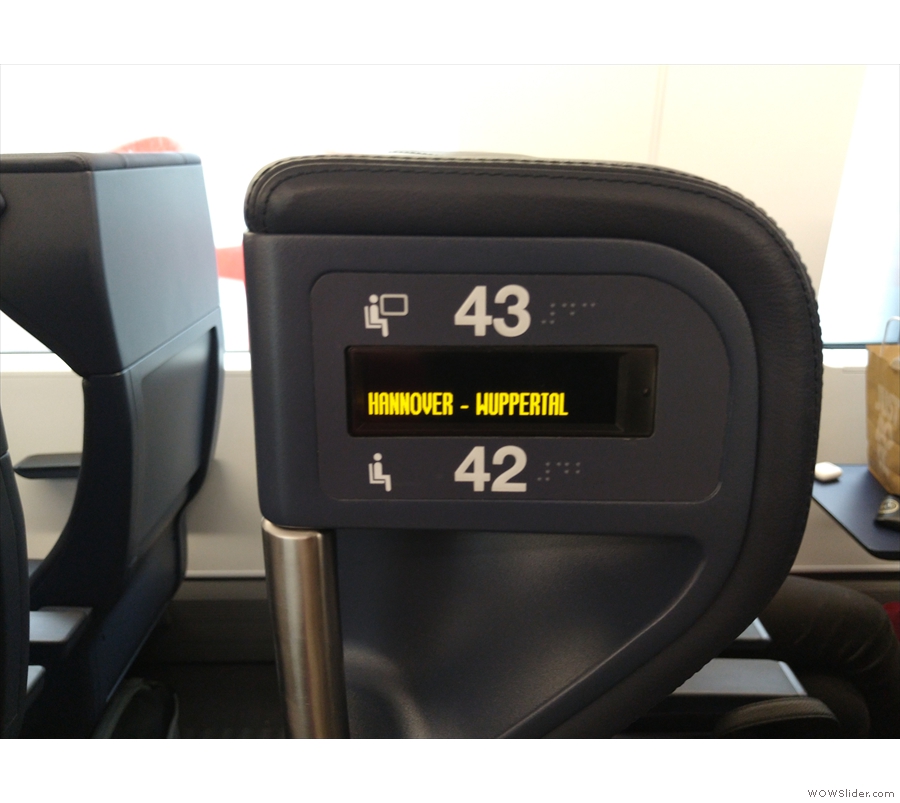
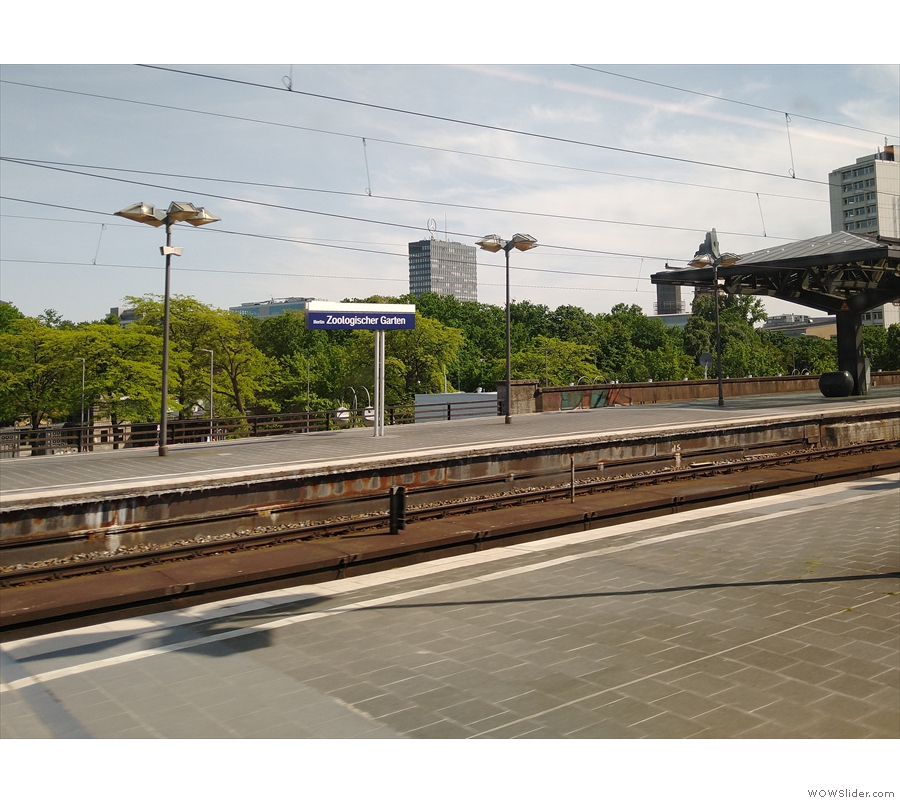
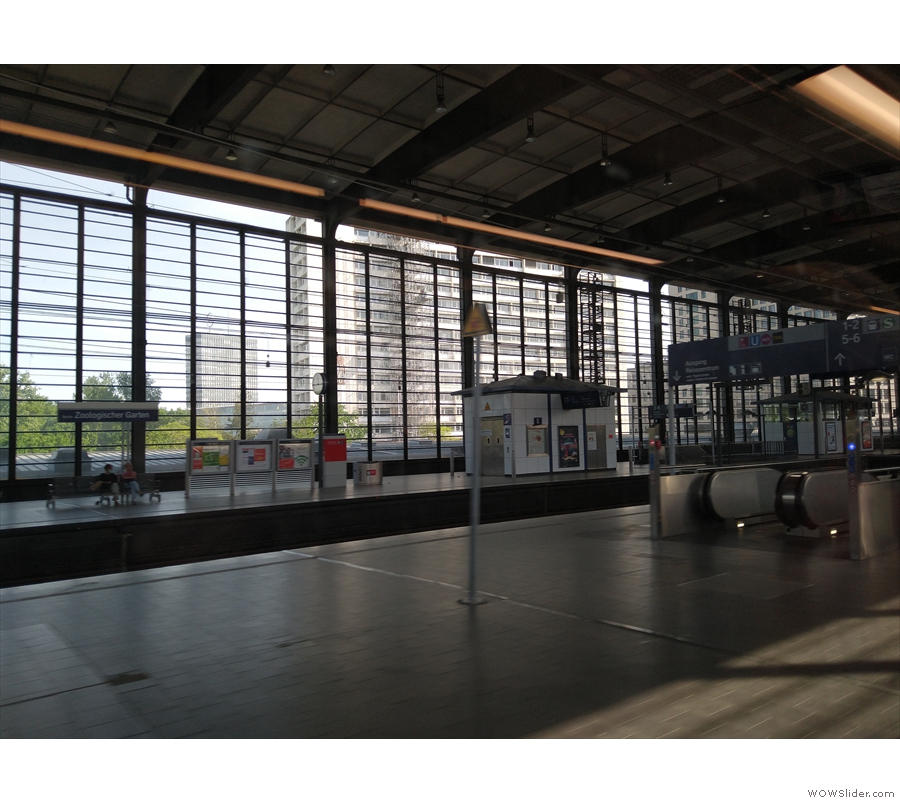
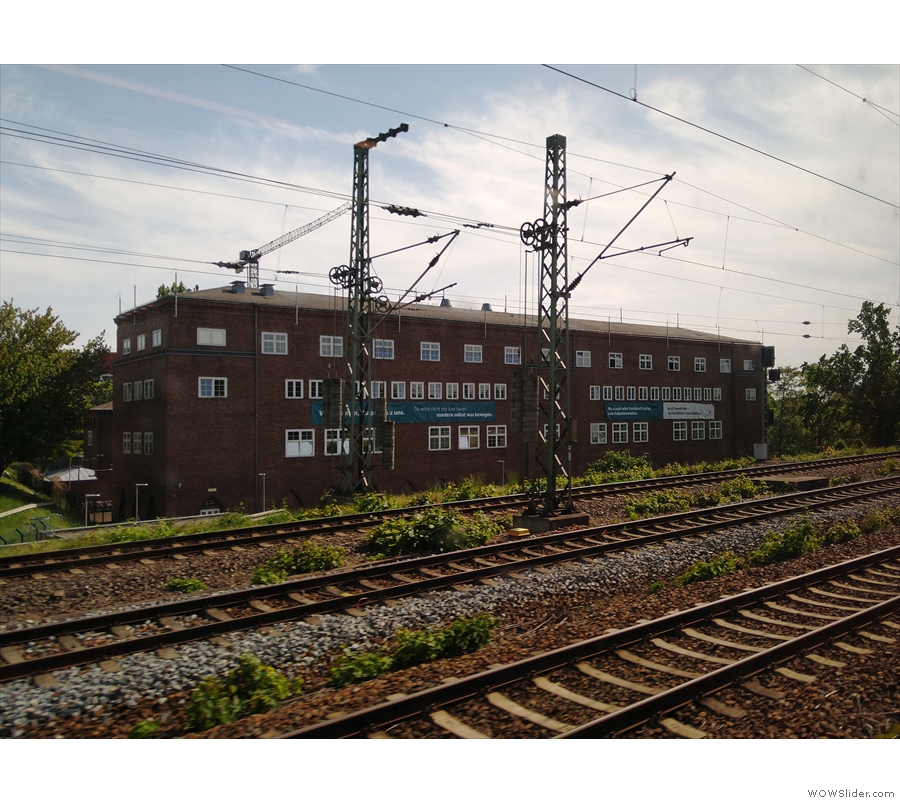
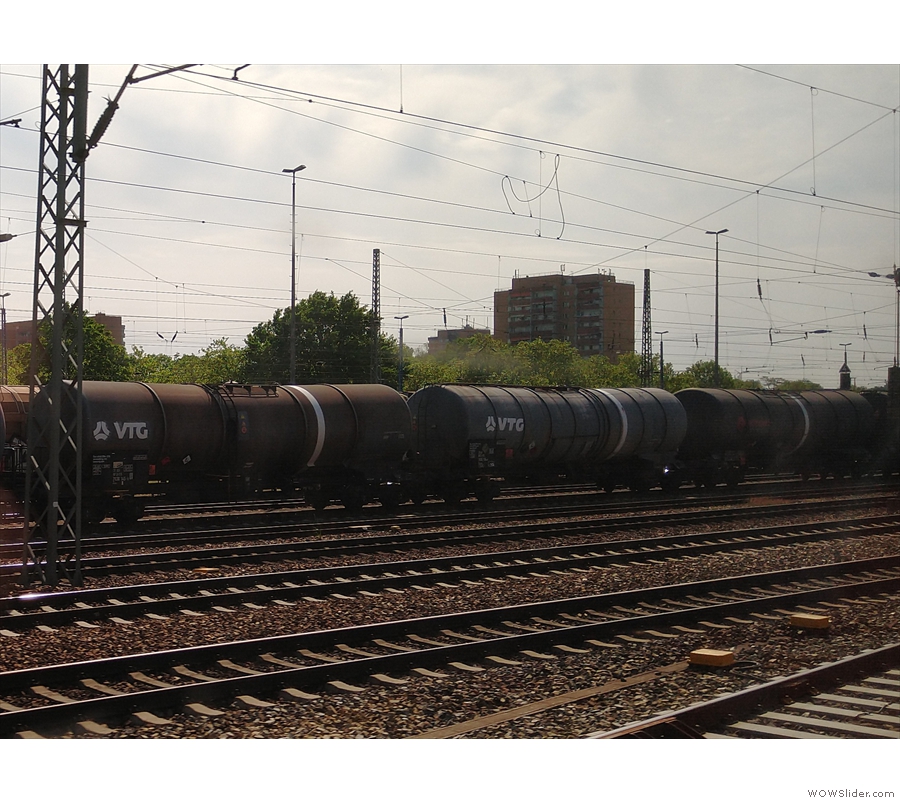
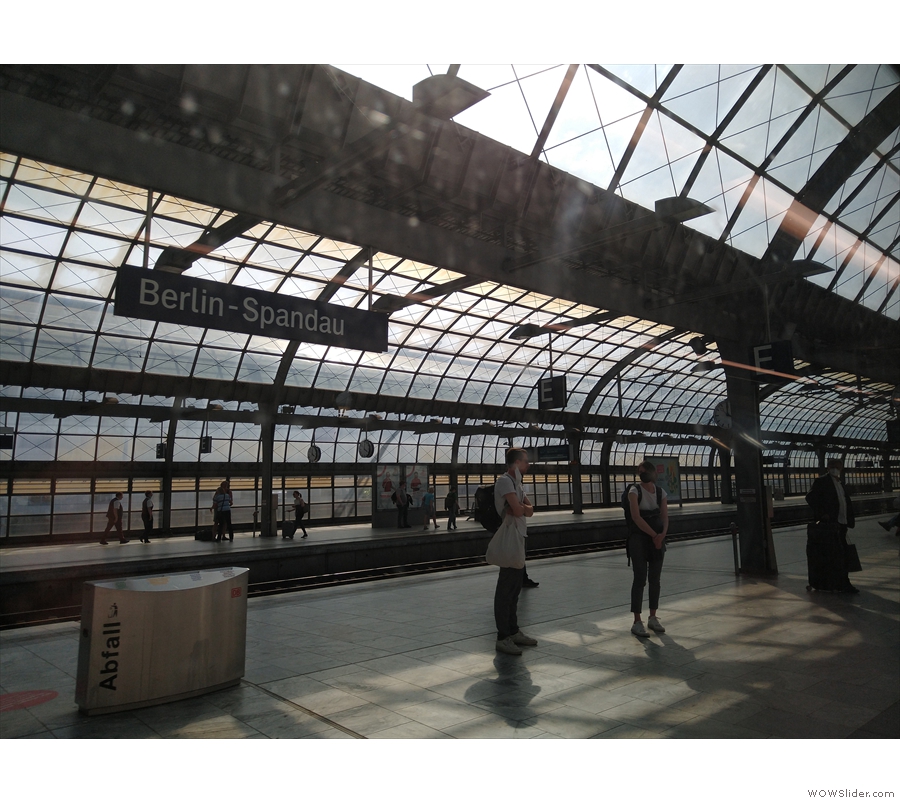
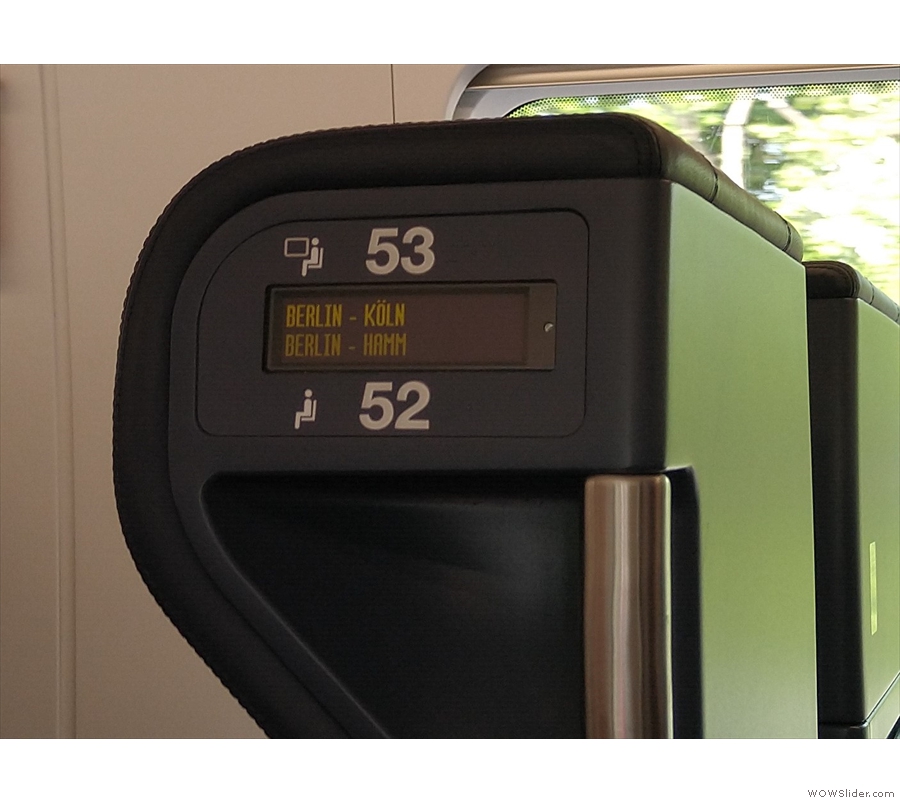
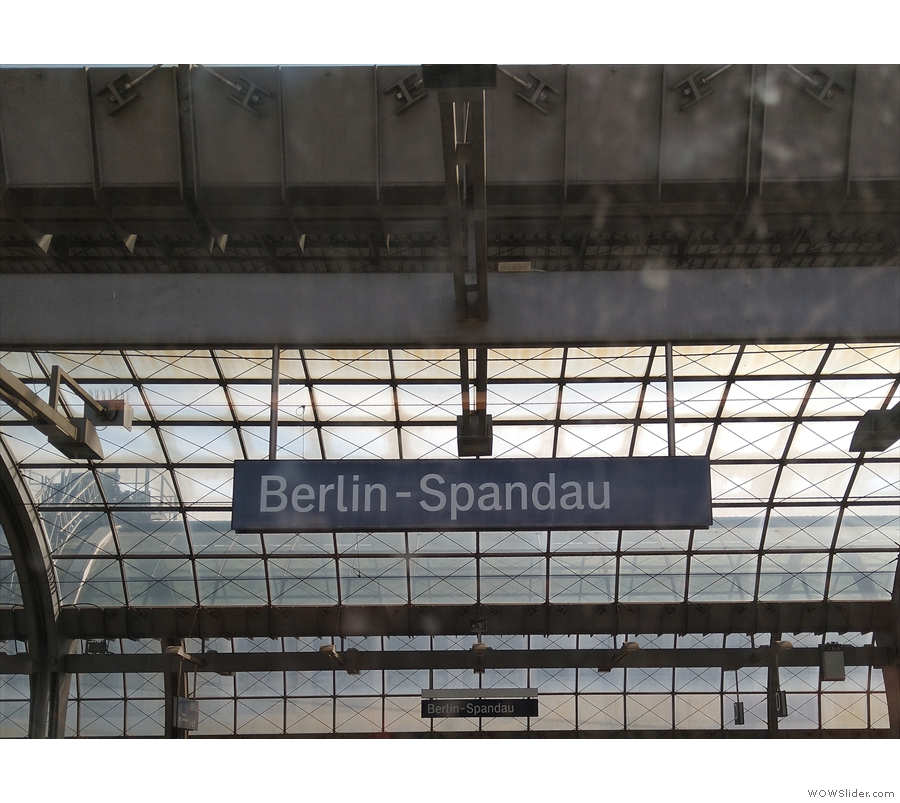
 1
1 2
2 3
3 4
4 5
5 6
6 7
7 8
8 9
9 10
10 11
11 12
12 13
13 14
14
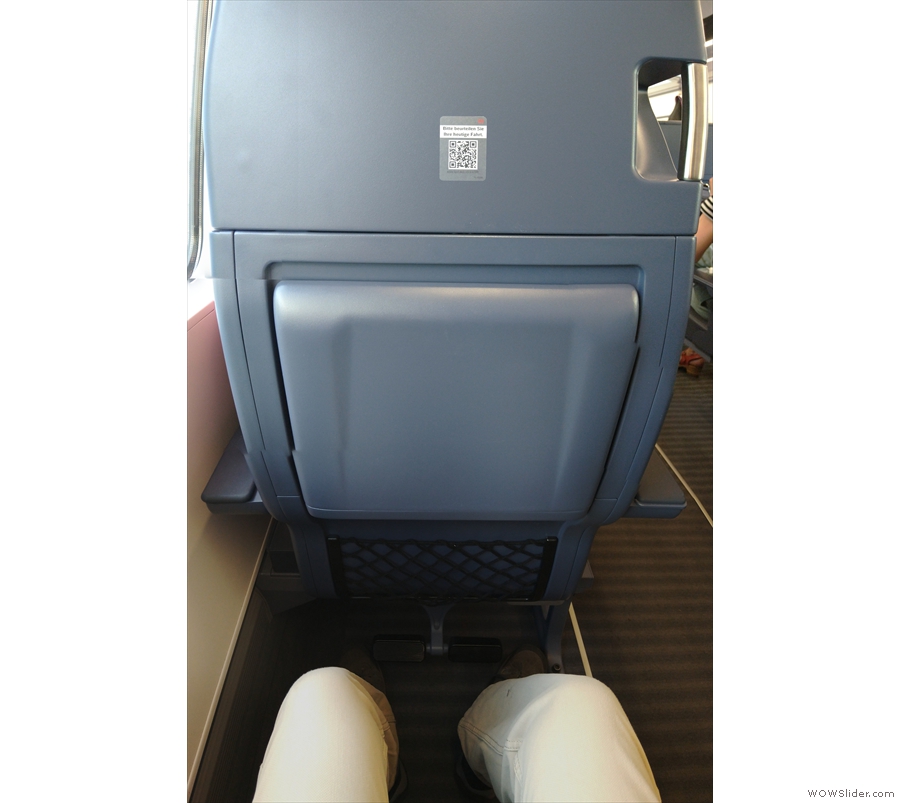
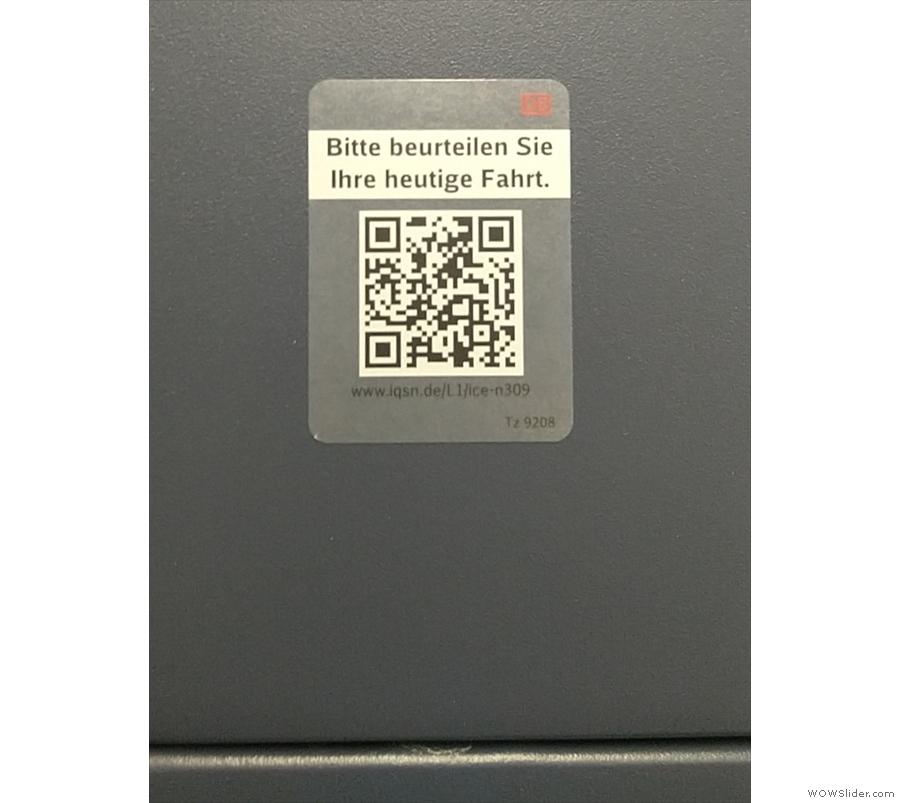
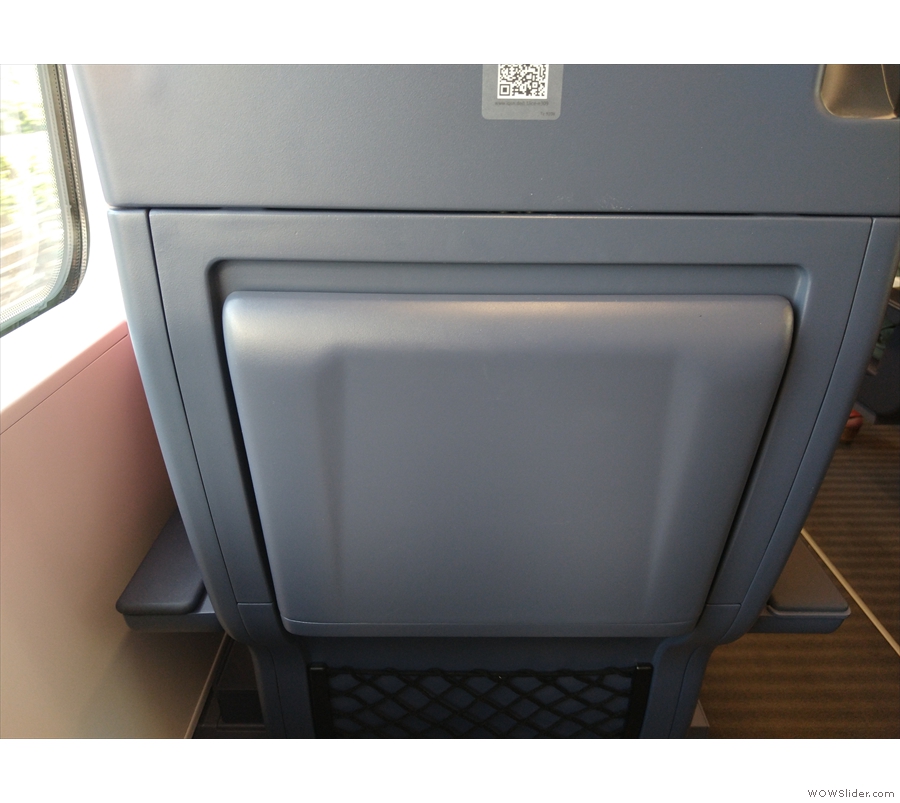
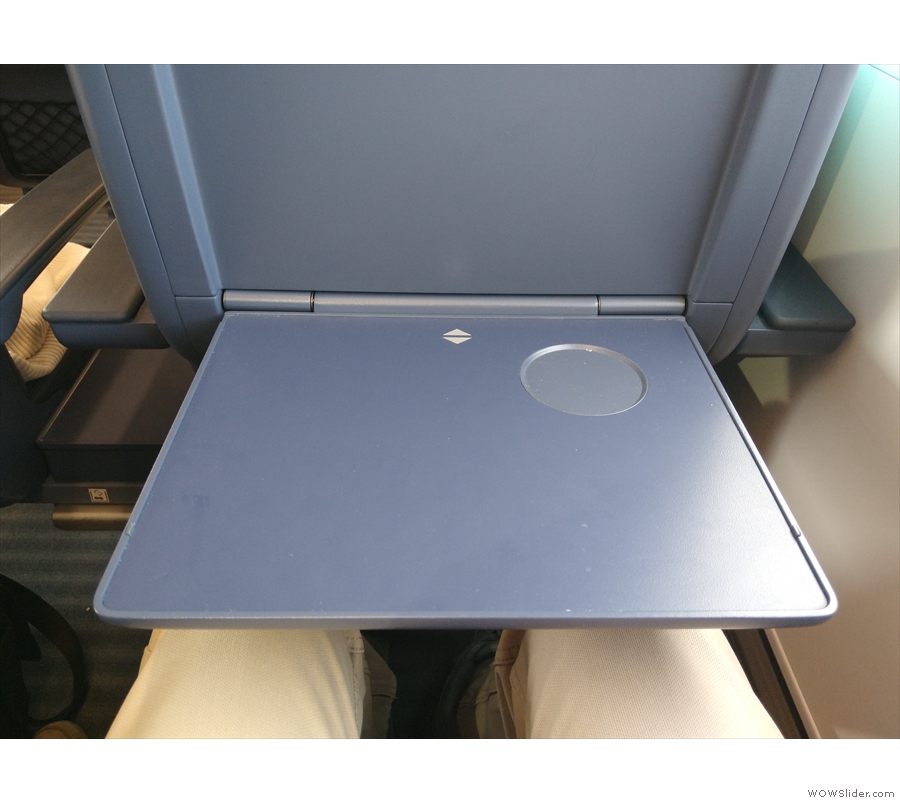
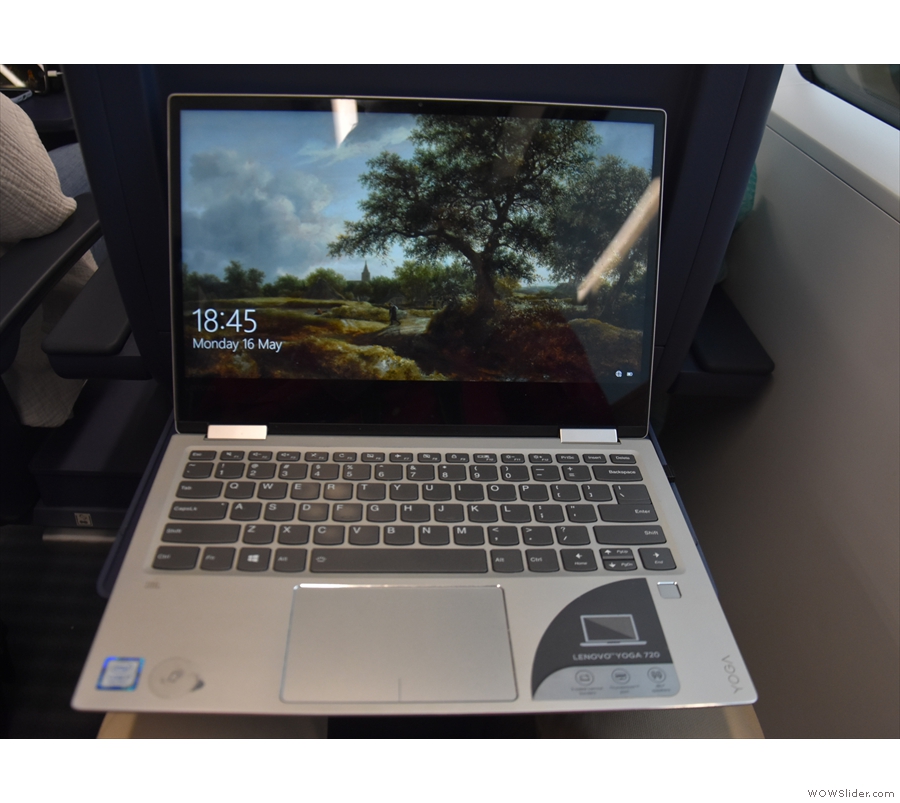
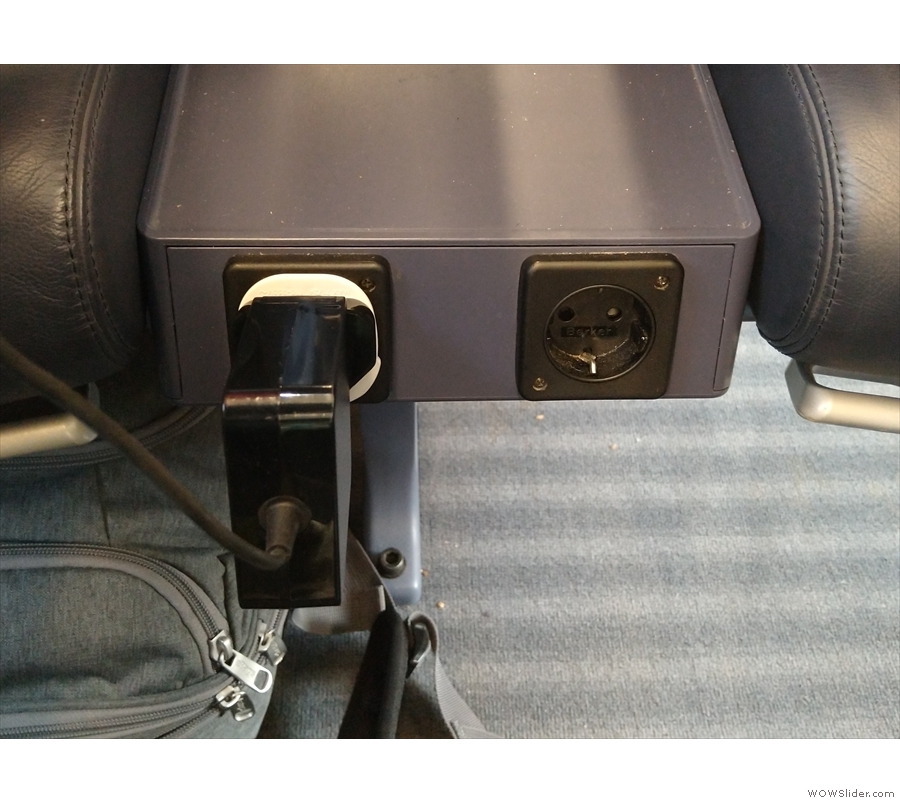
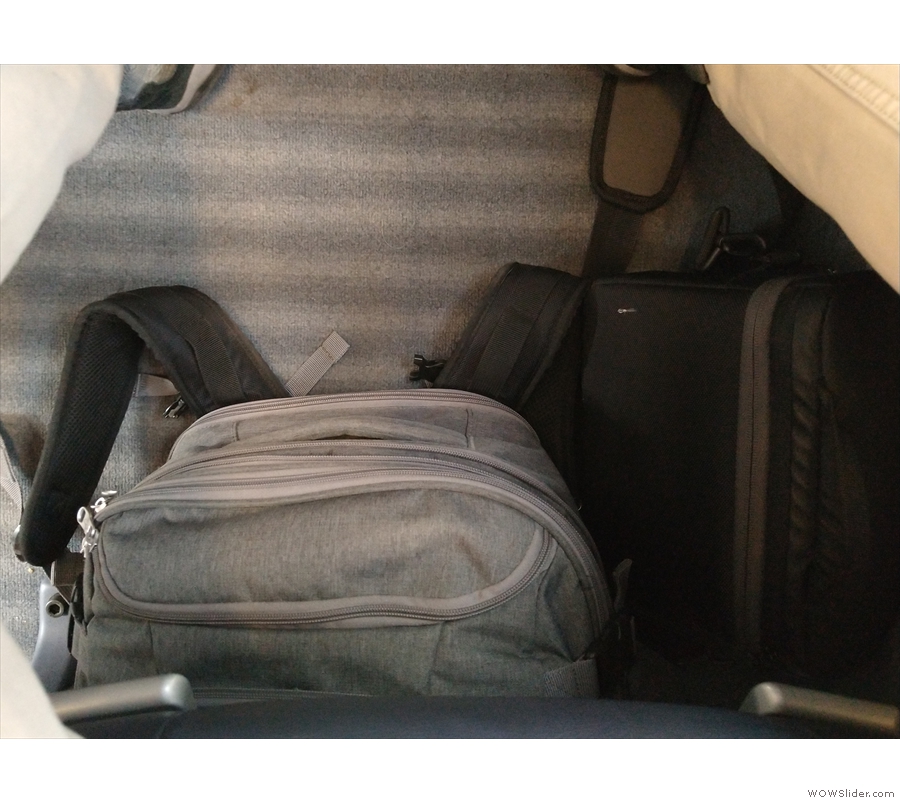
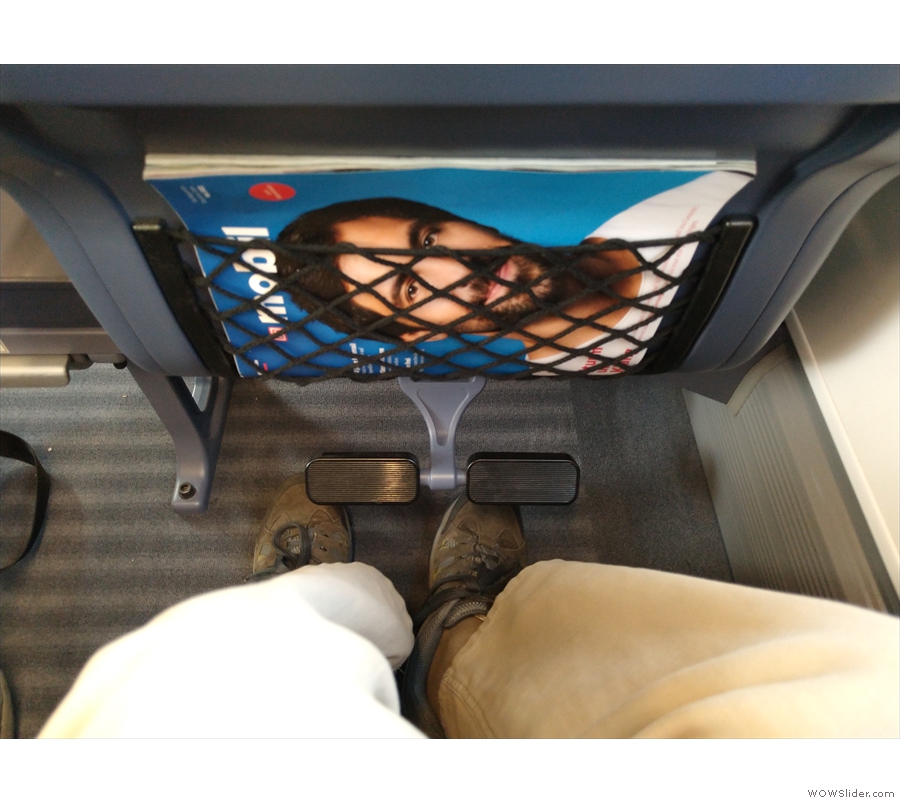
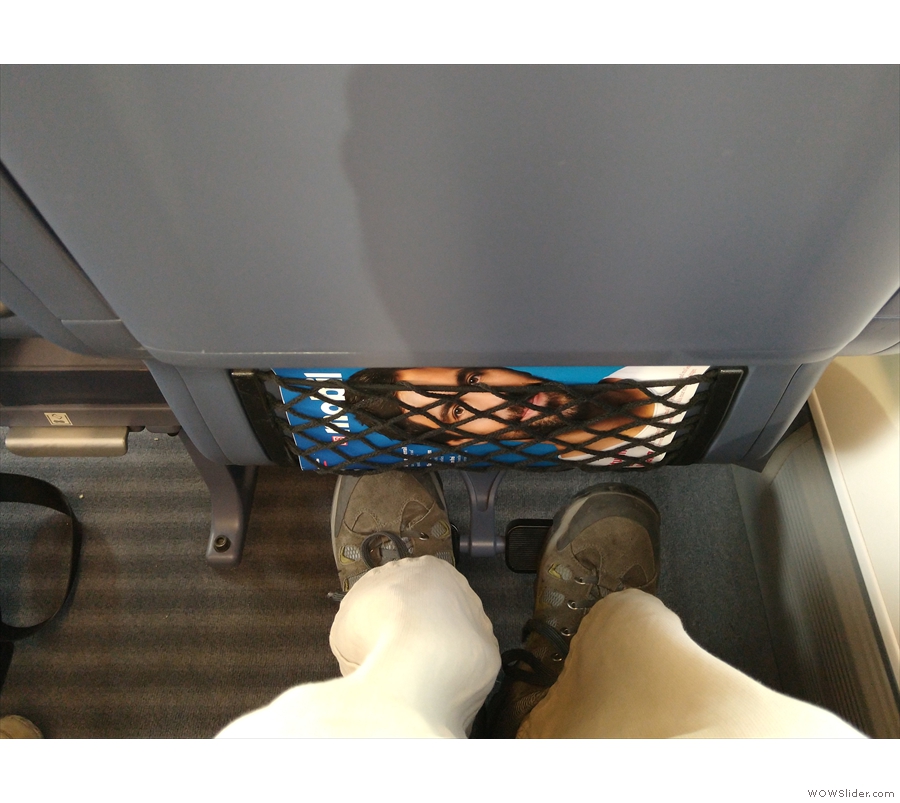
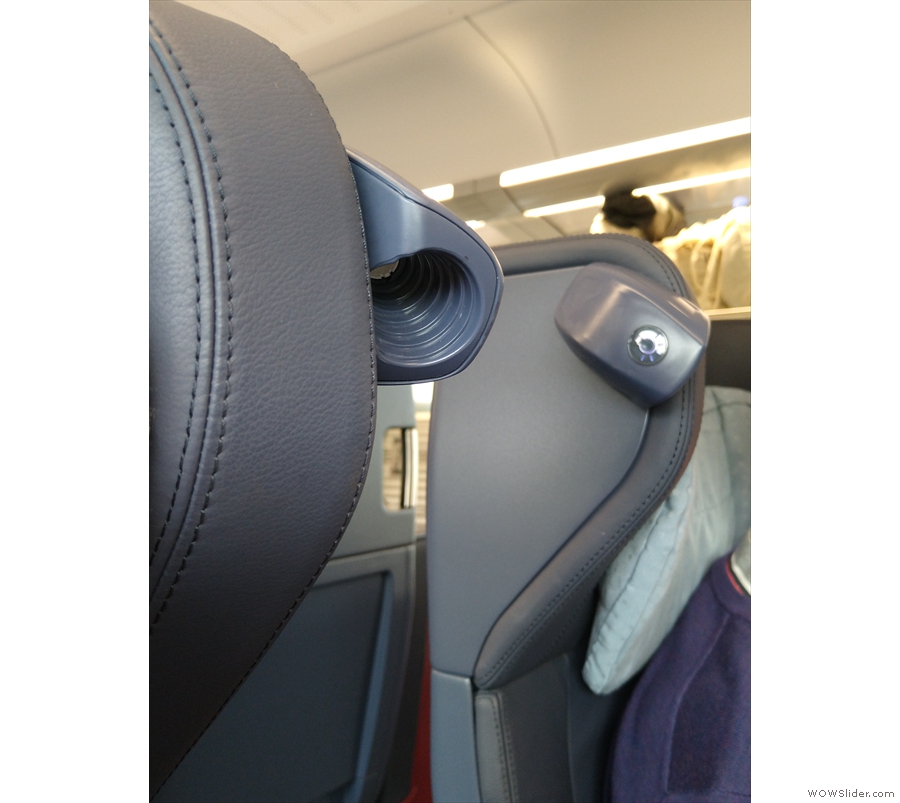

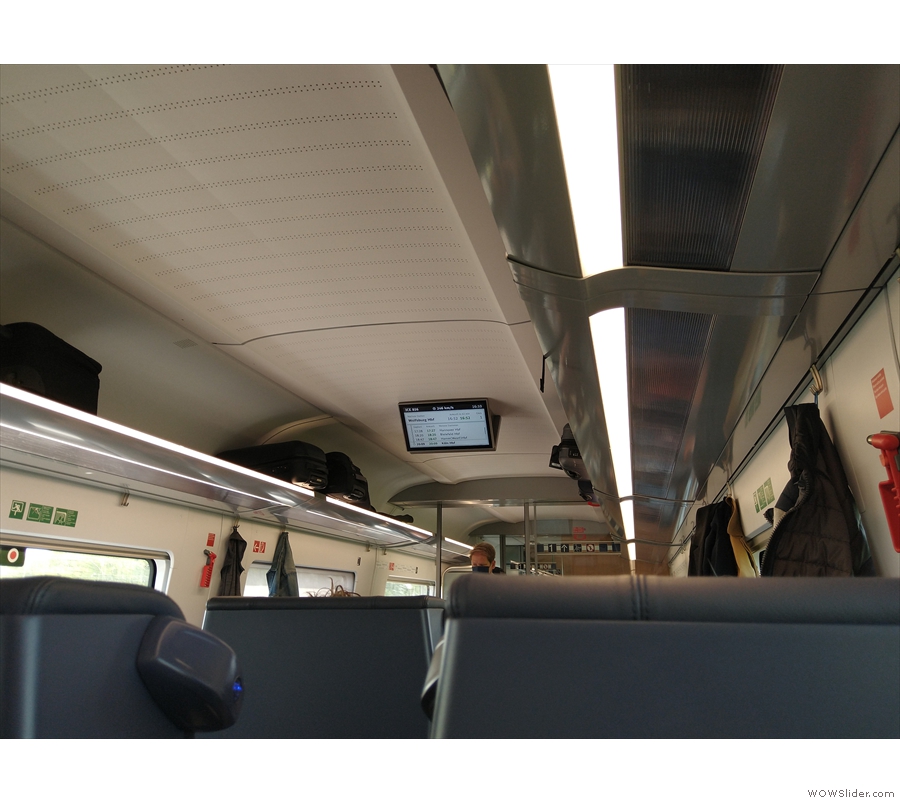
 1
1 2
2 3
3 4
4 5
5 6
6 7
7 8
8 9
9 10
10 11
11 12
12 13
13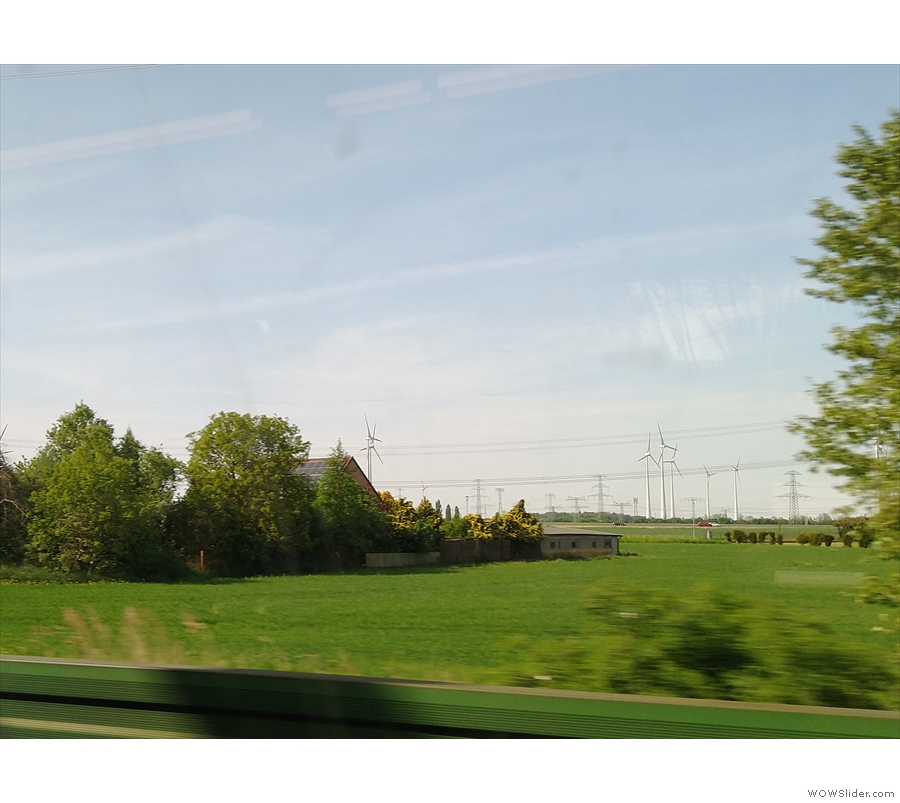
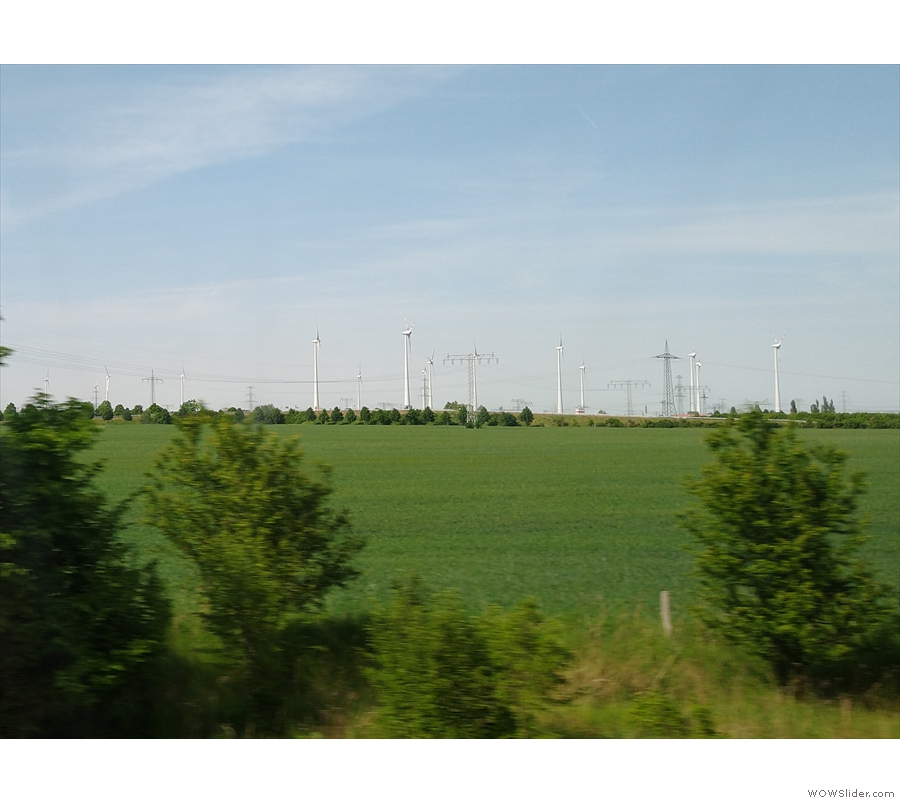
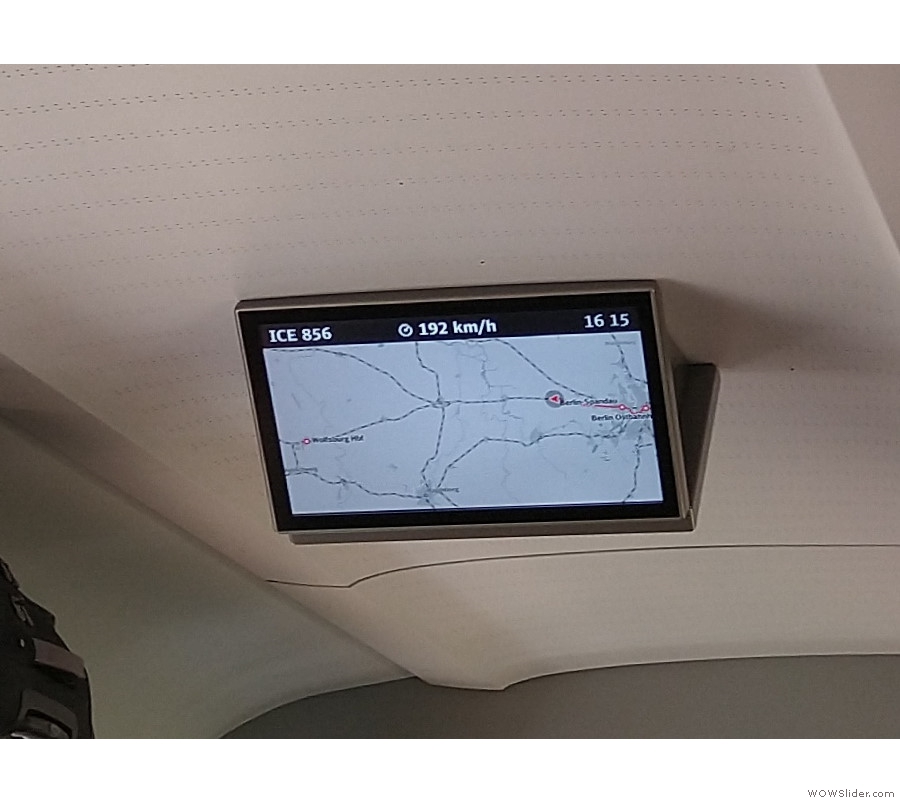
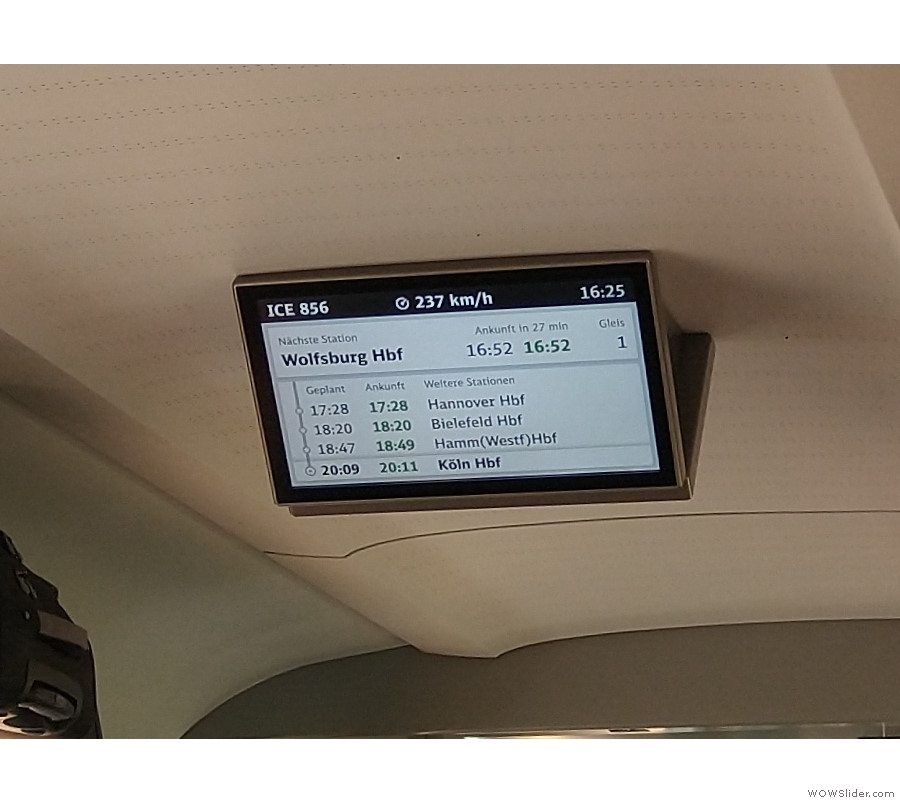
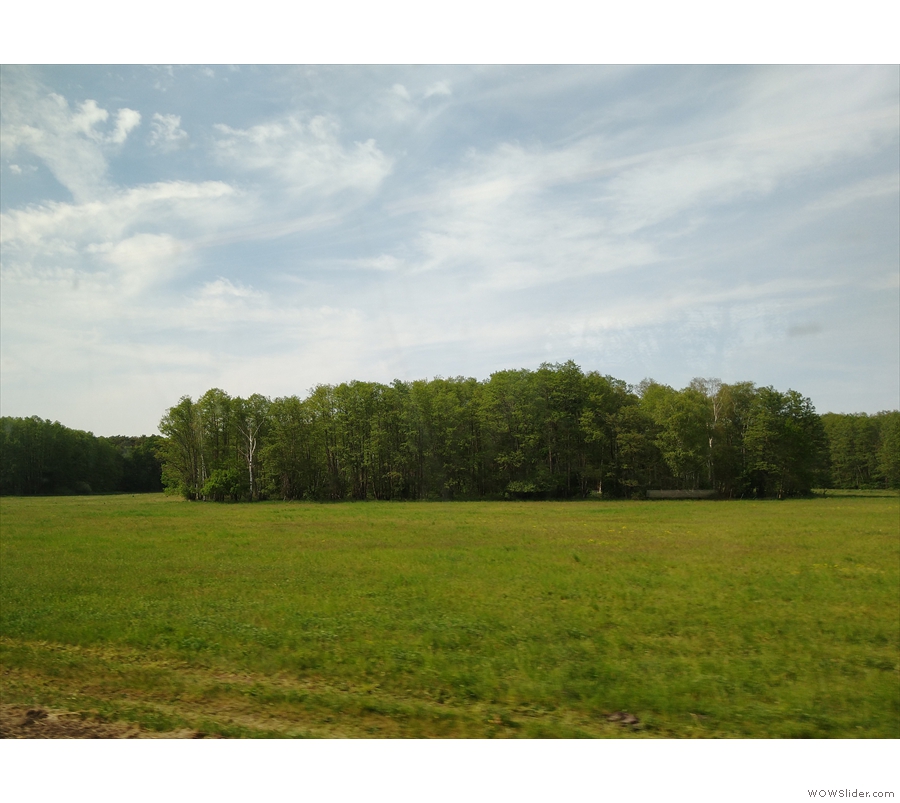
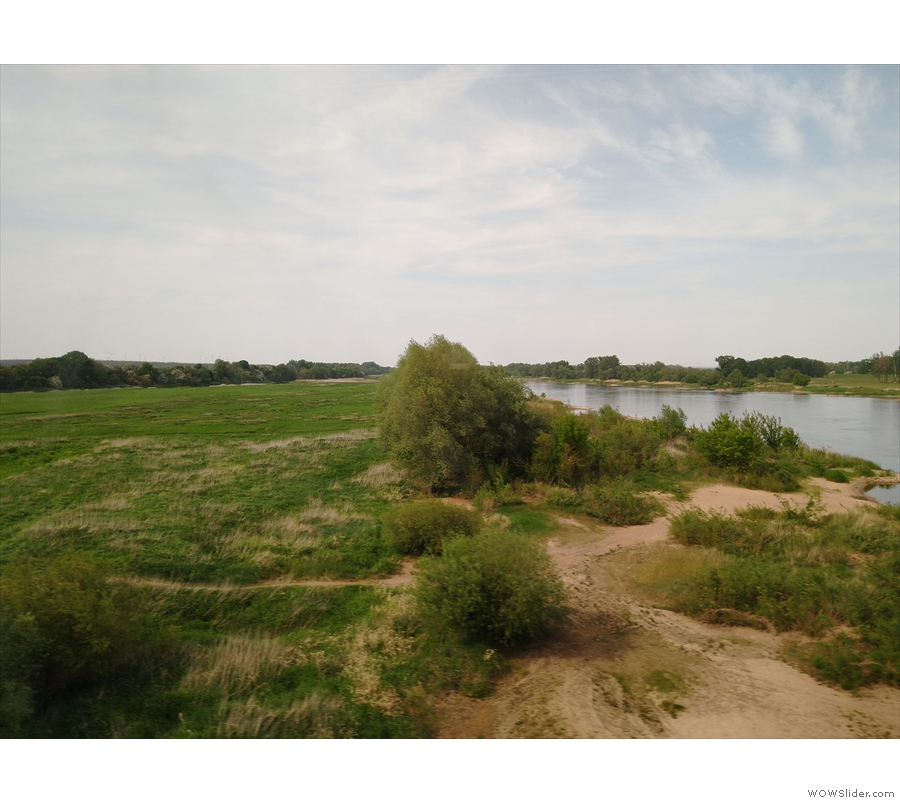
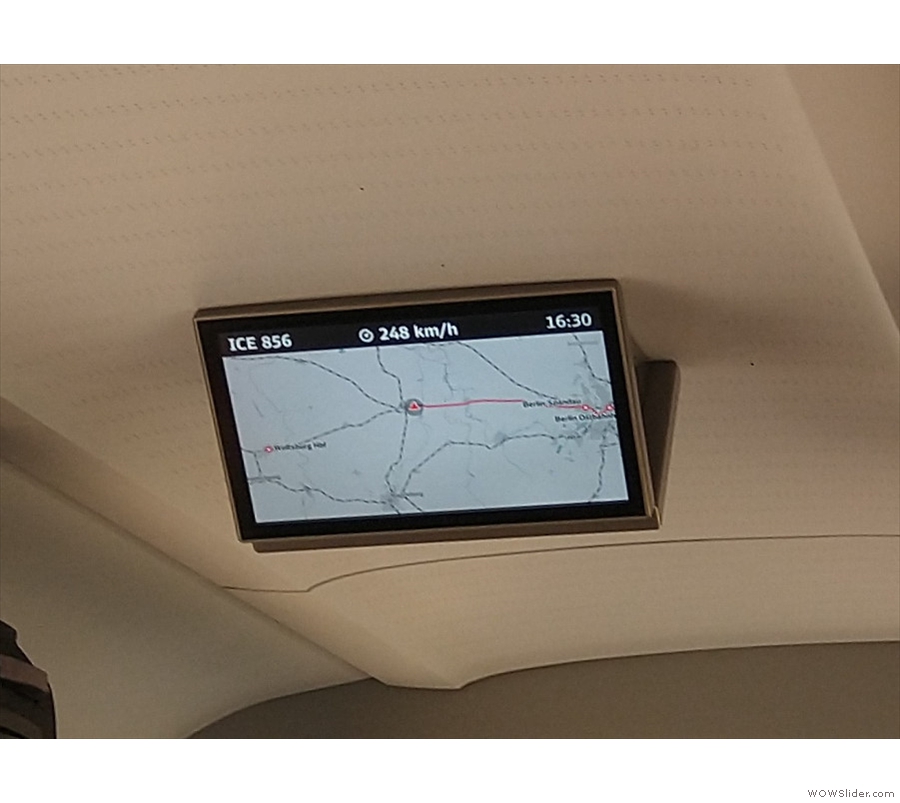
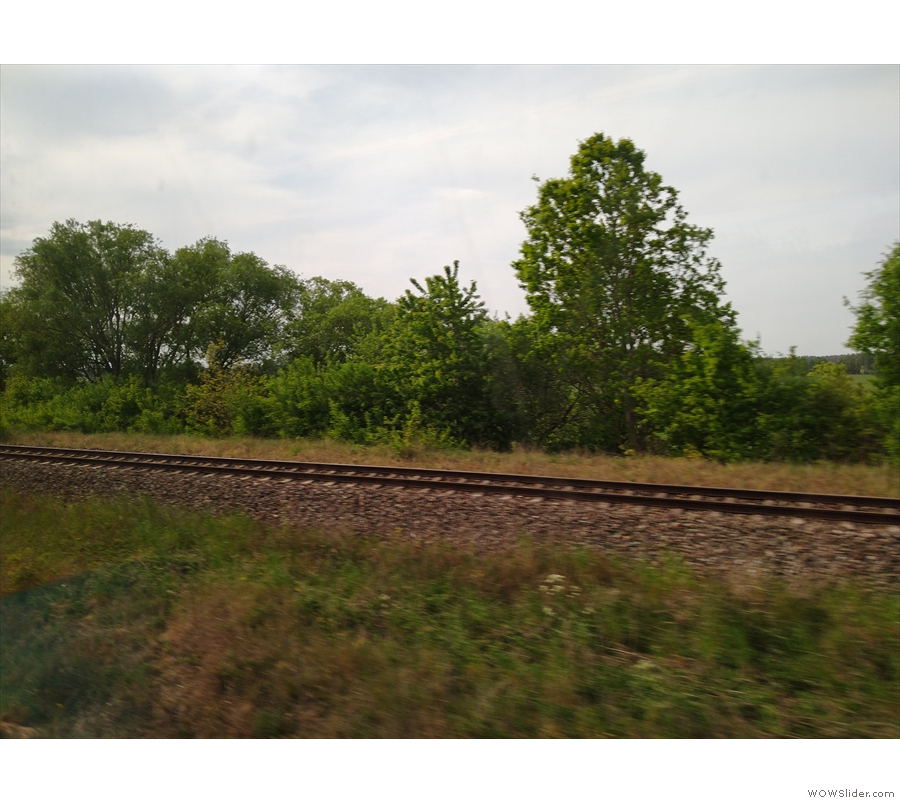
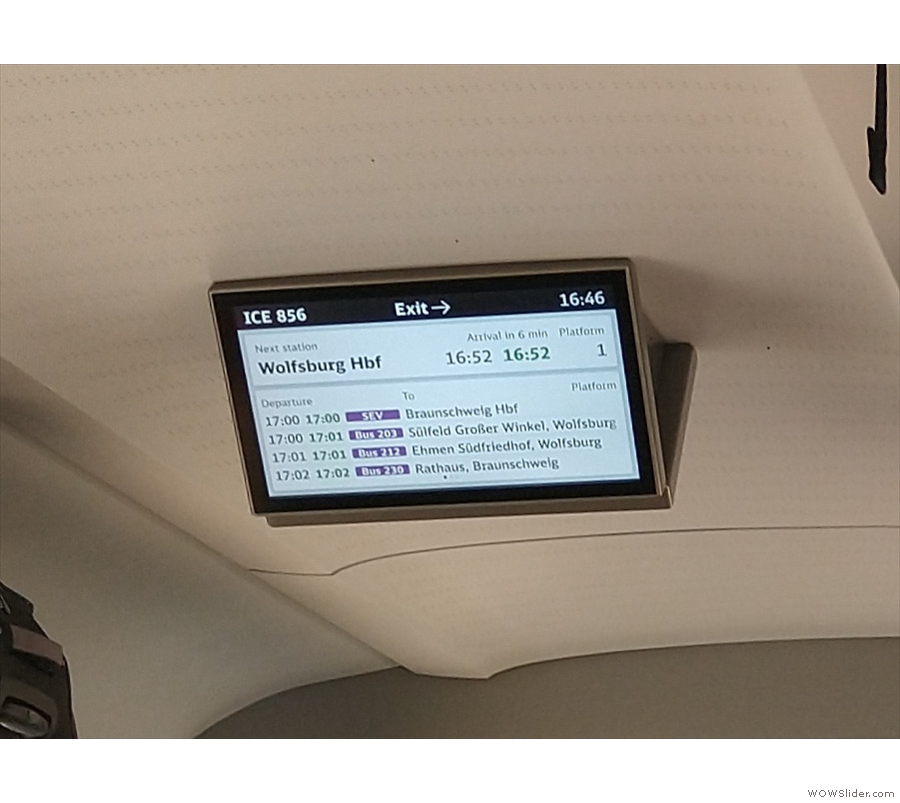
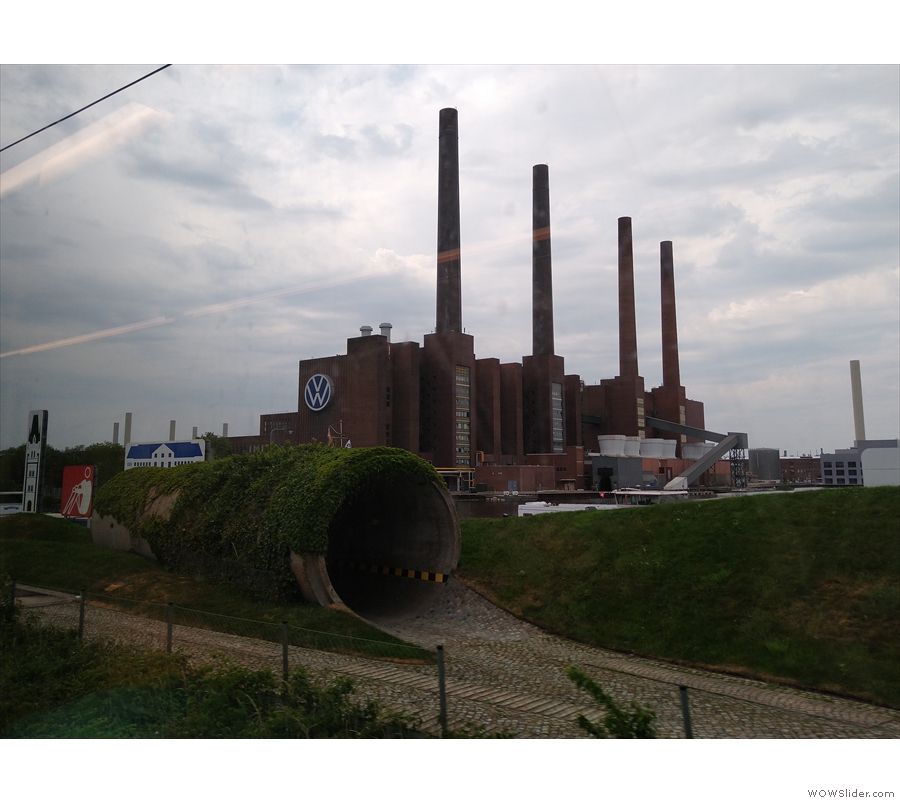
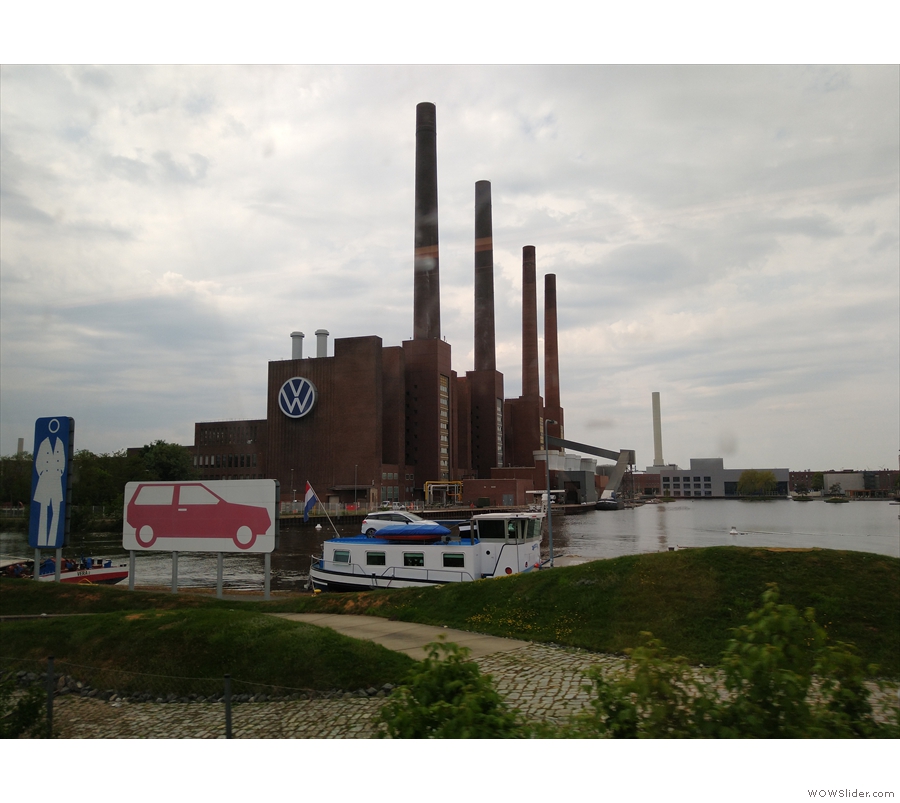
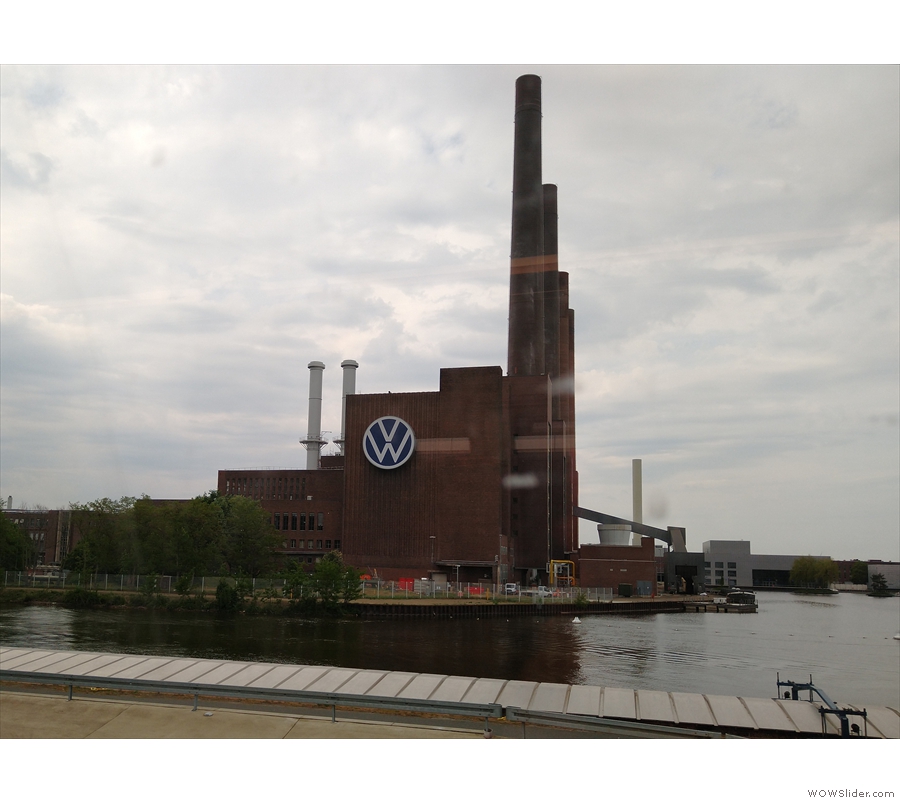
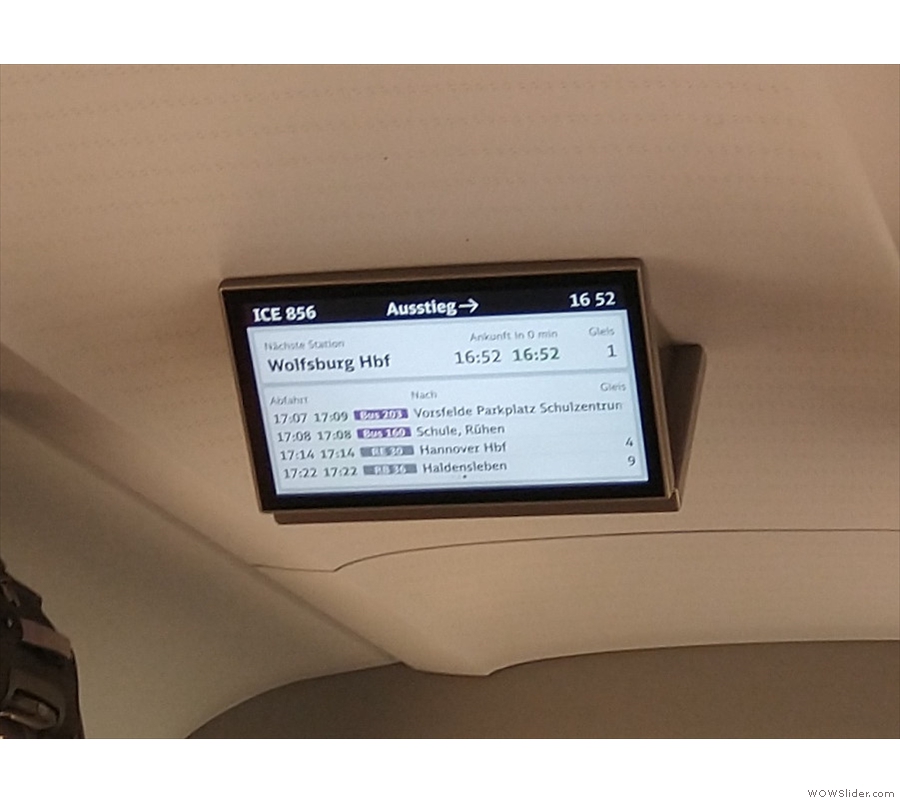
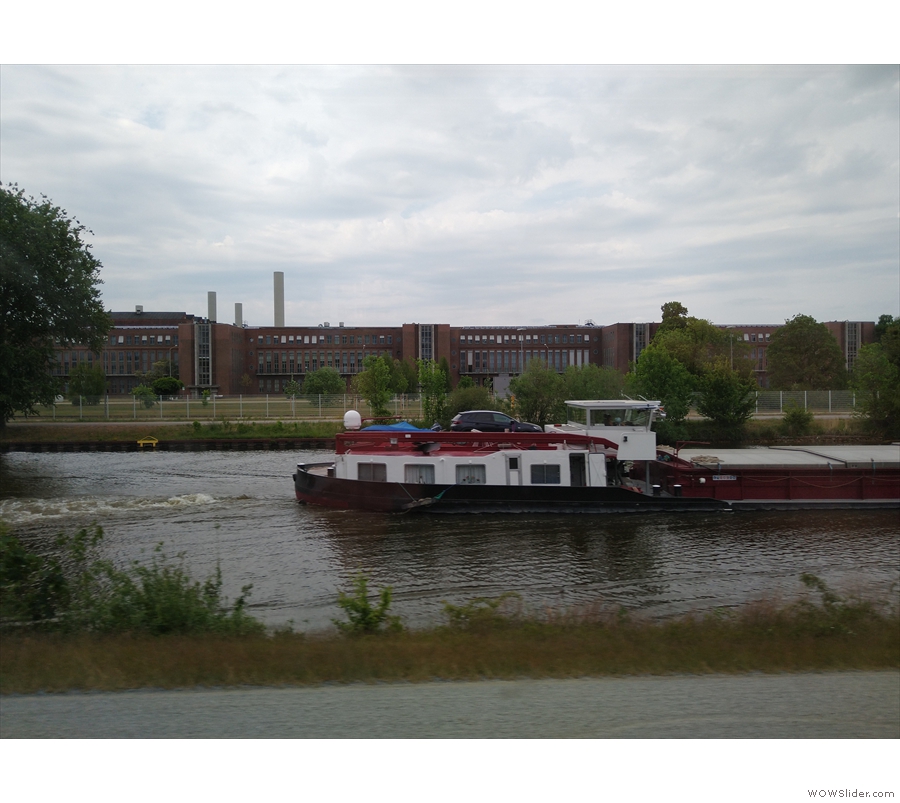
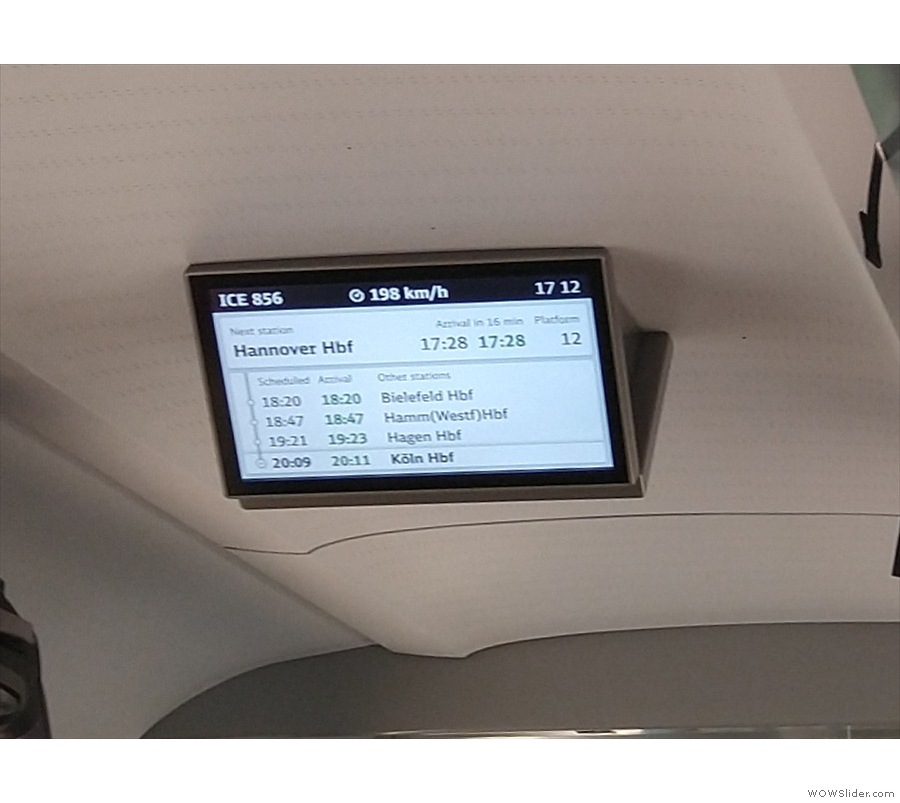
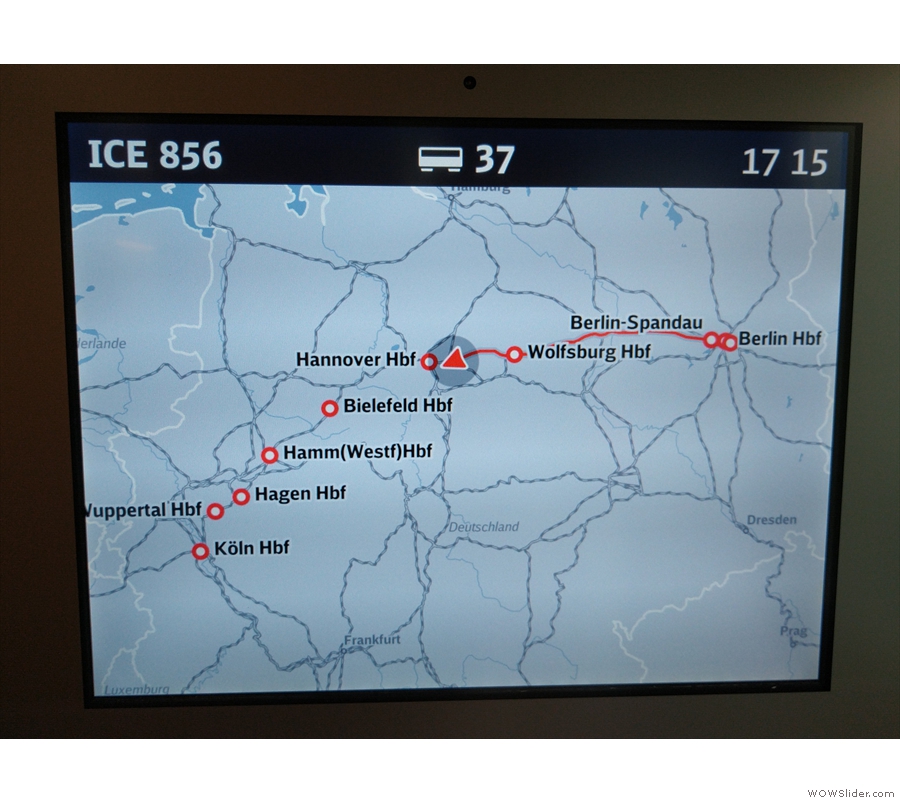
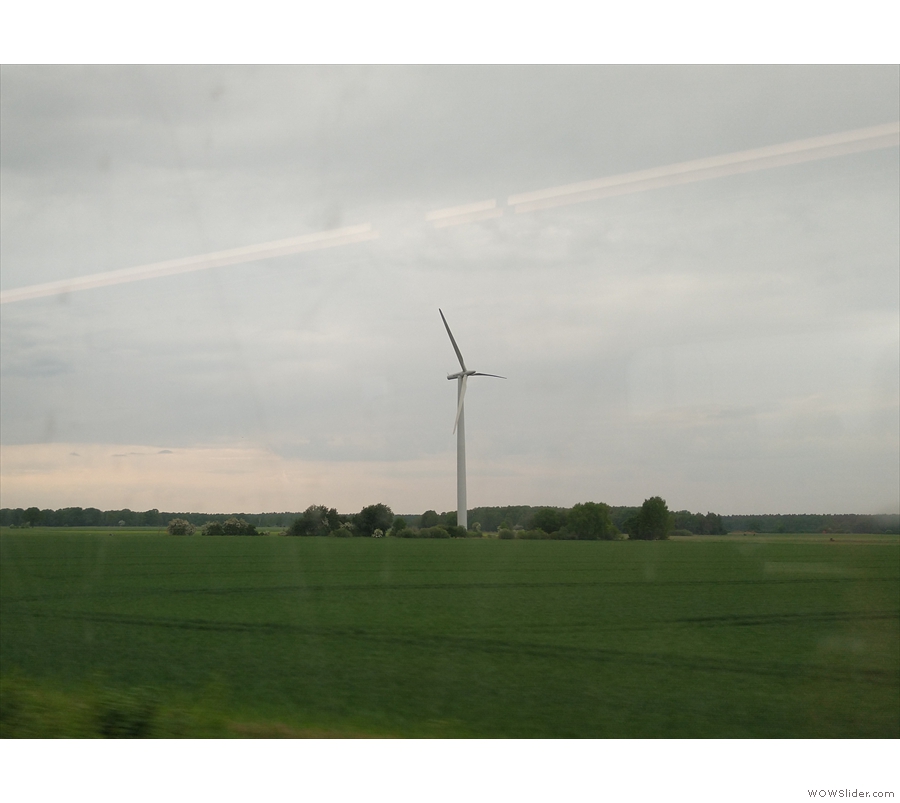
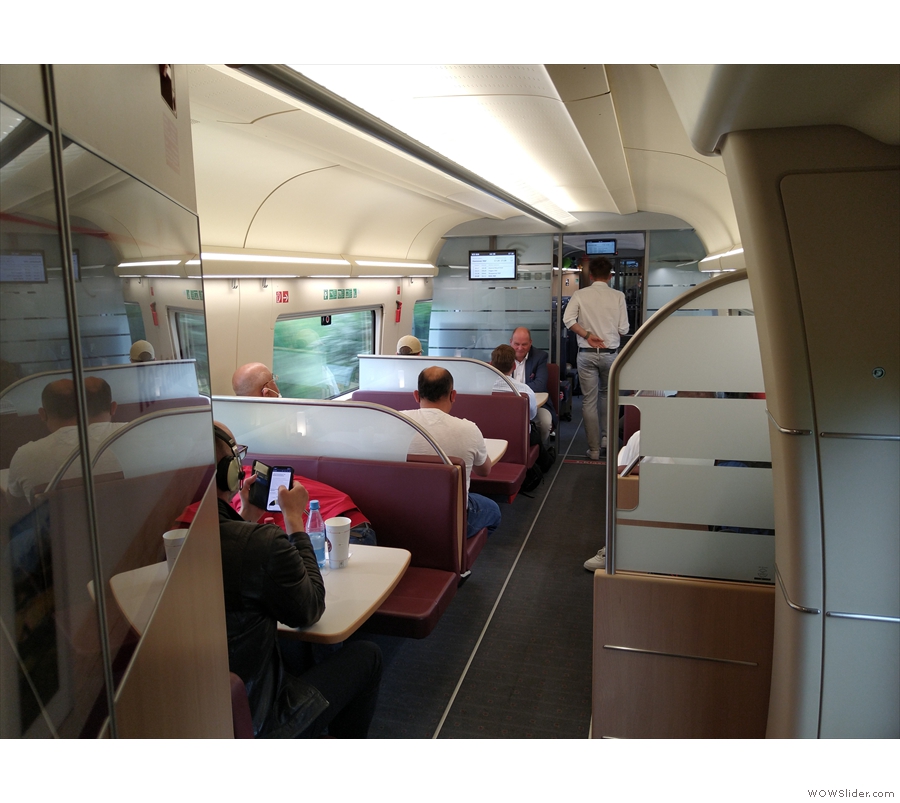
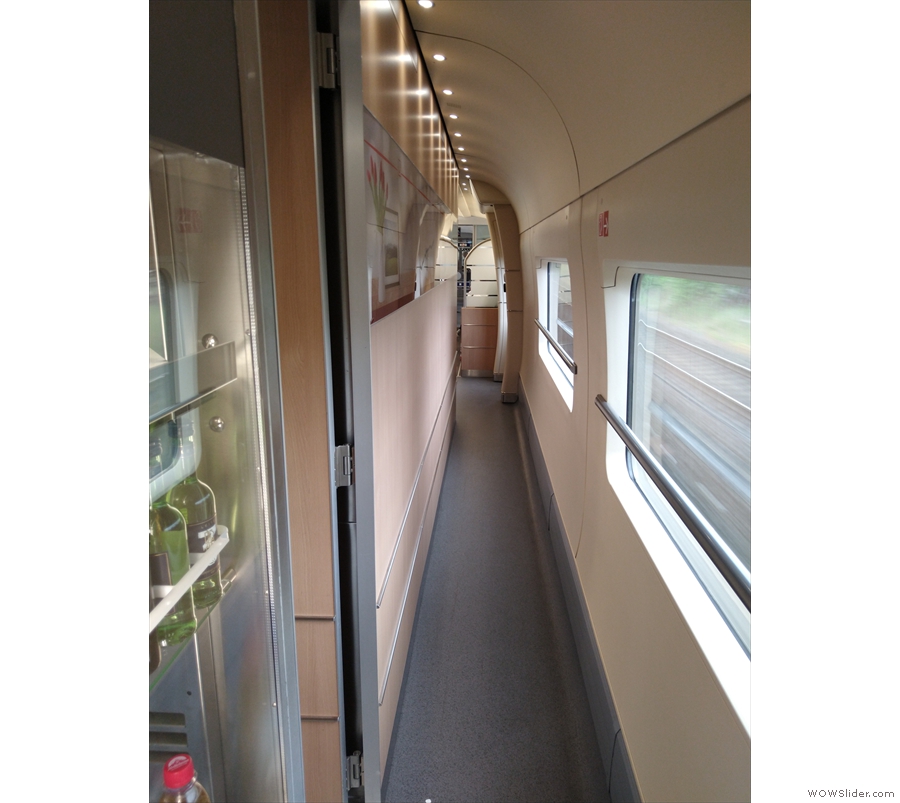
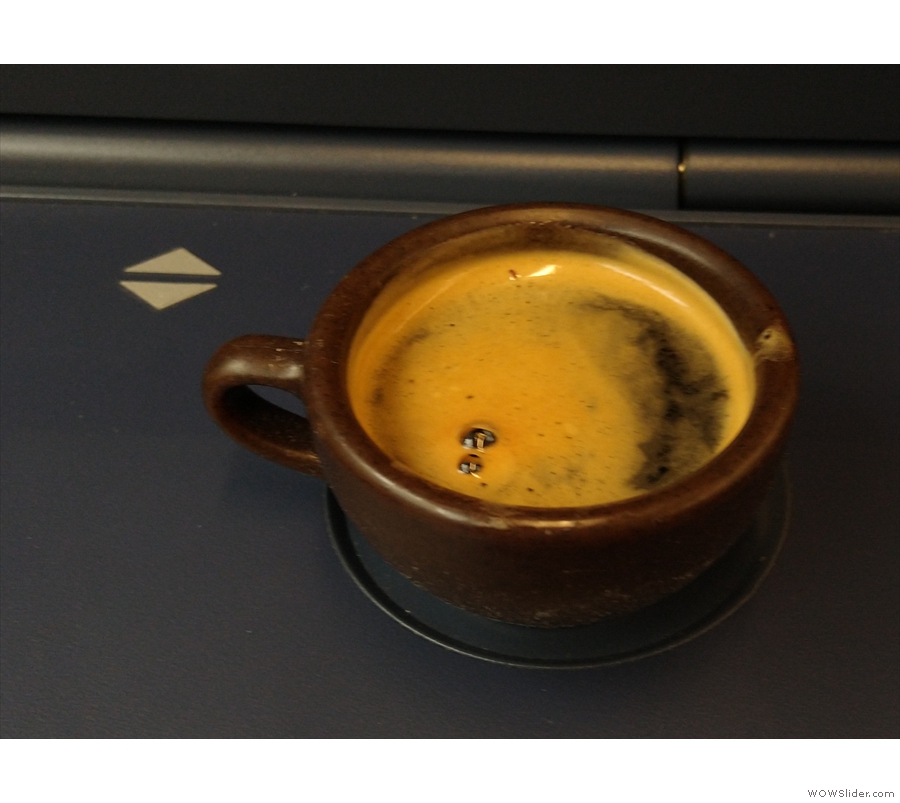
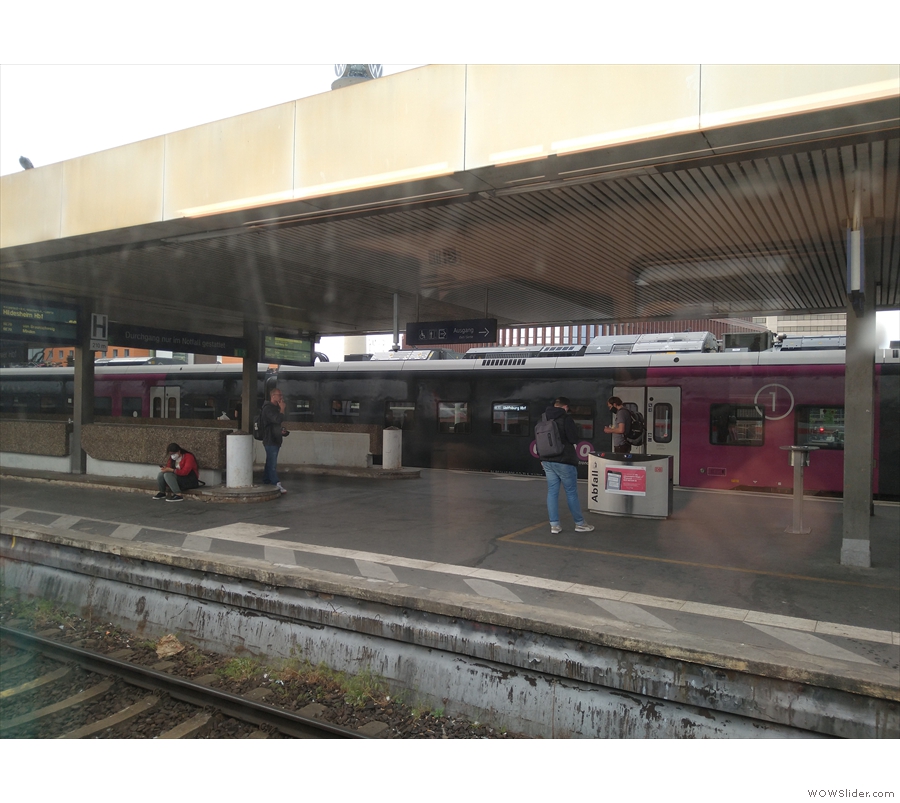
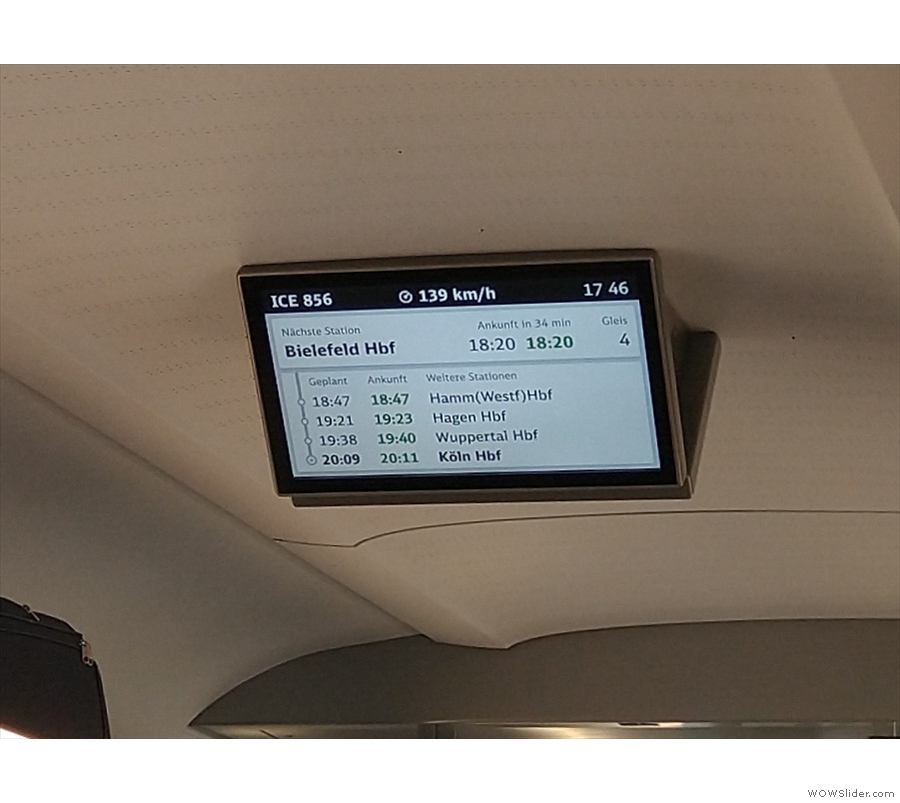
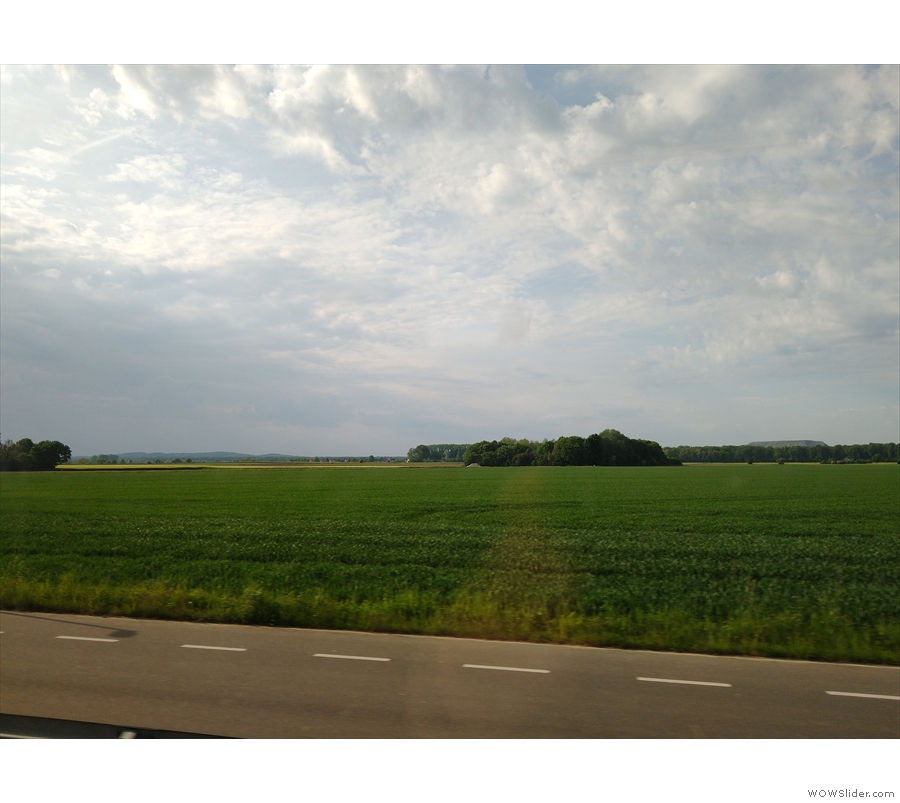
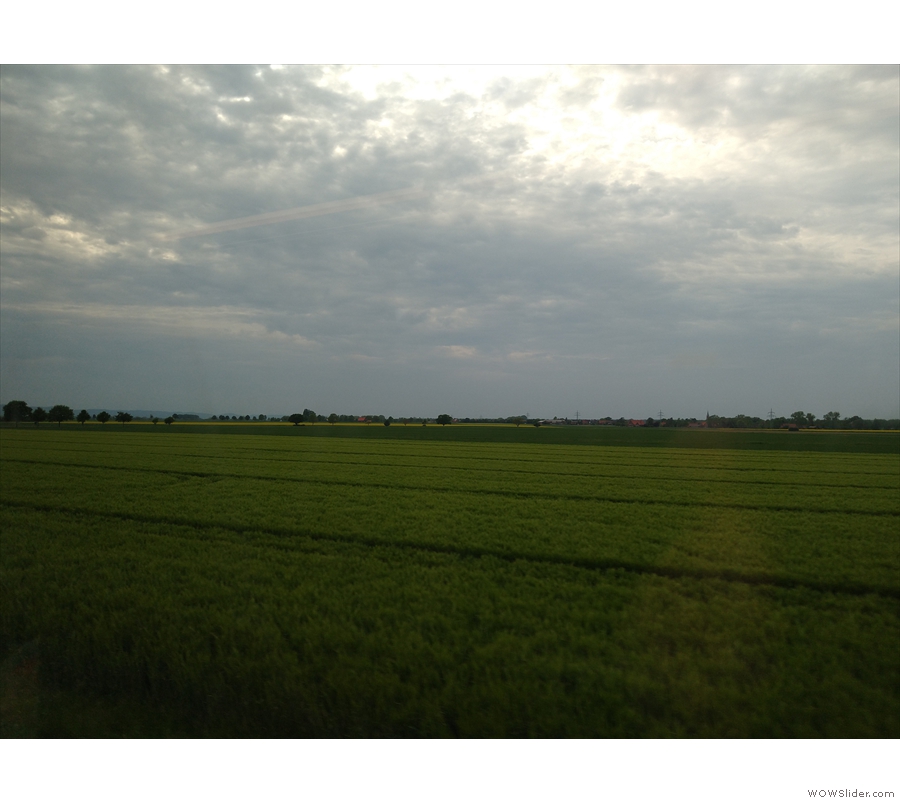
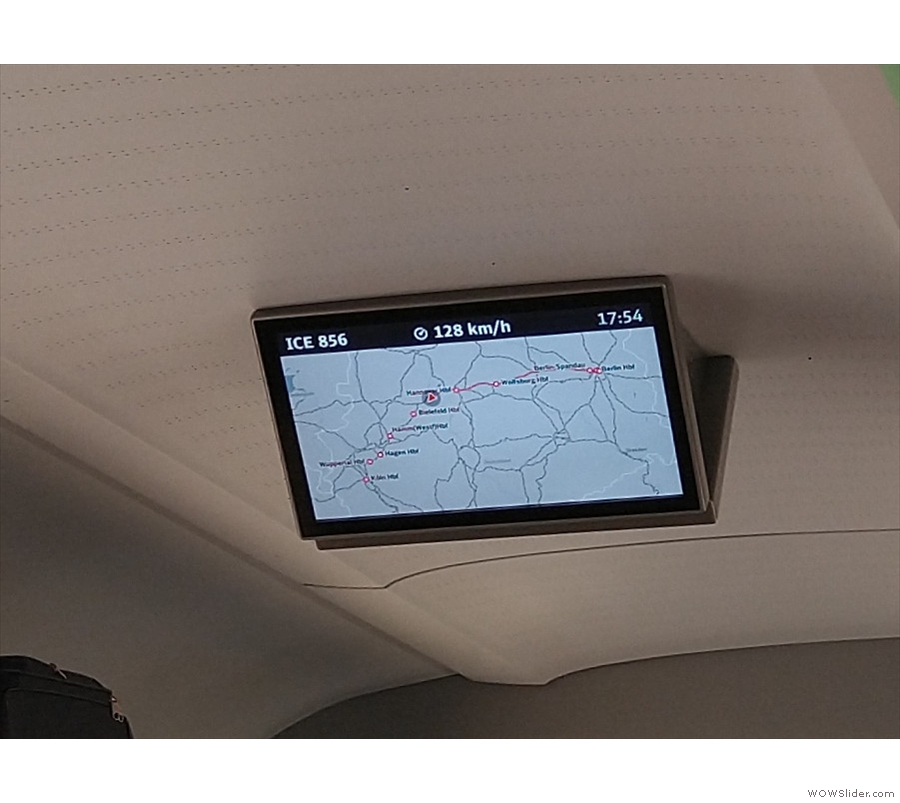
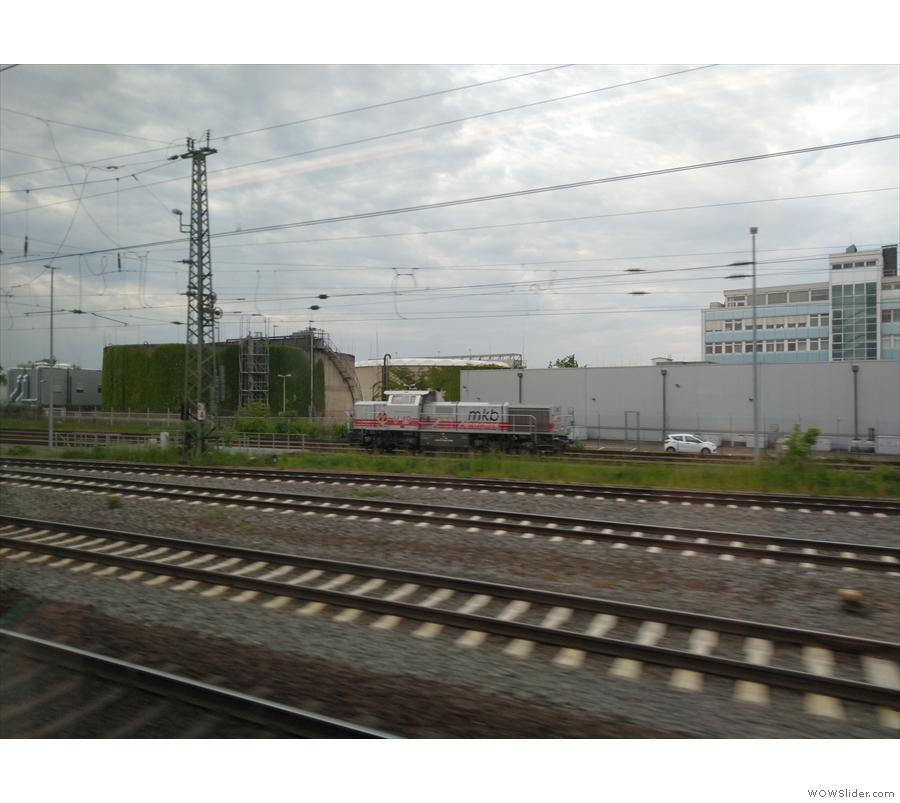
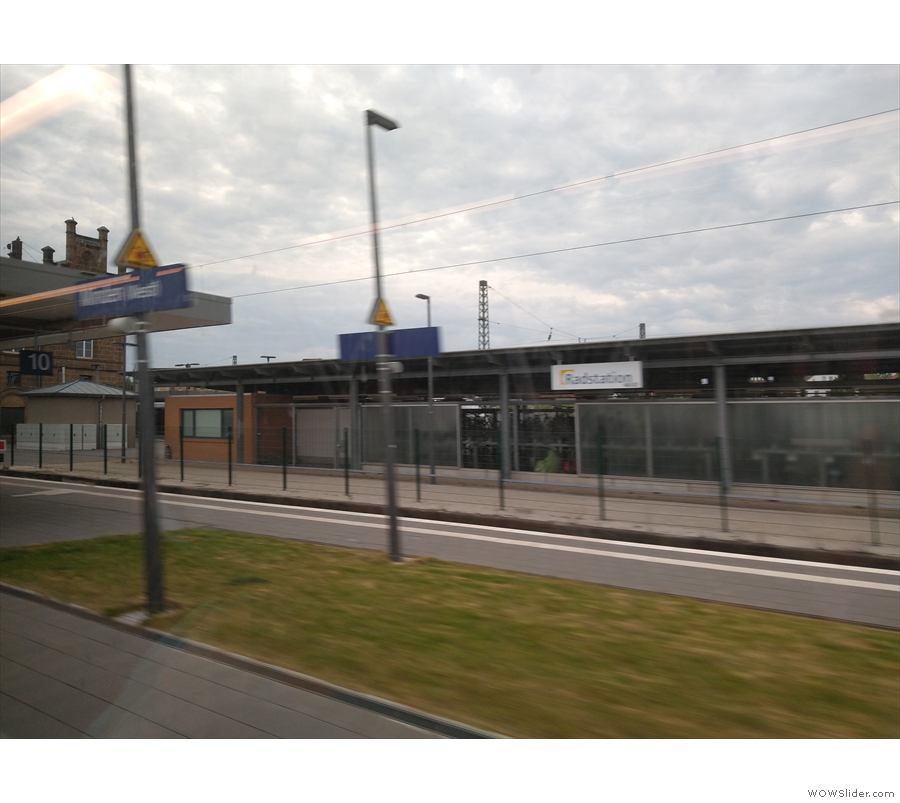
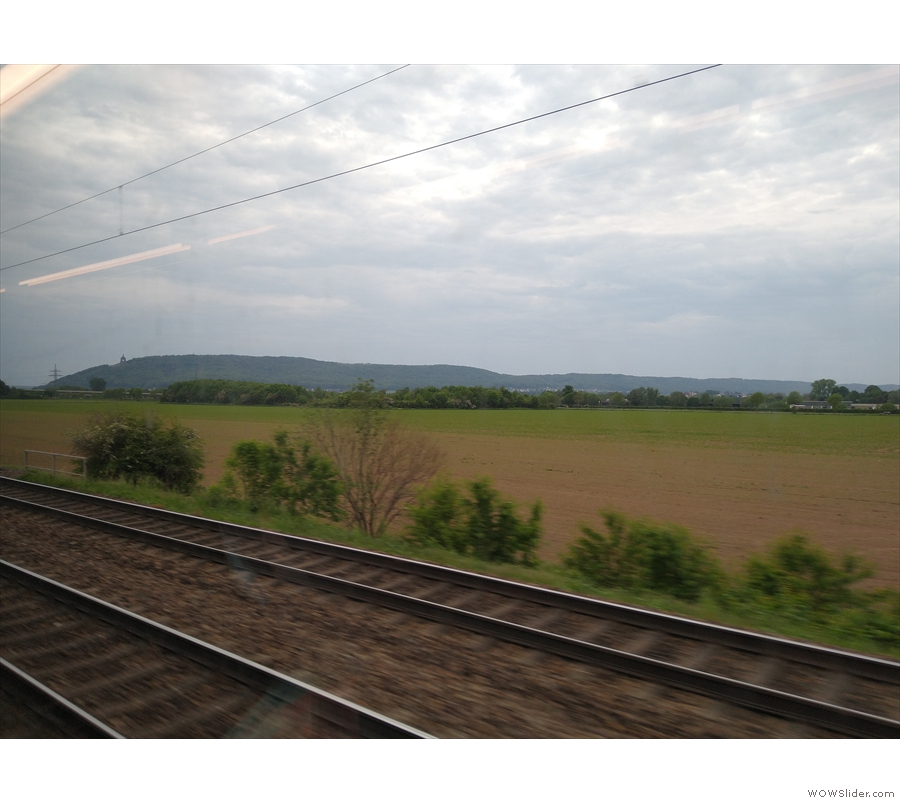
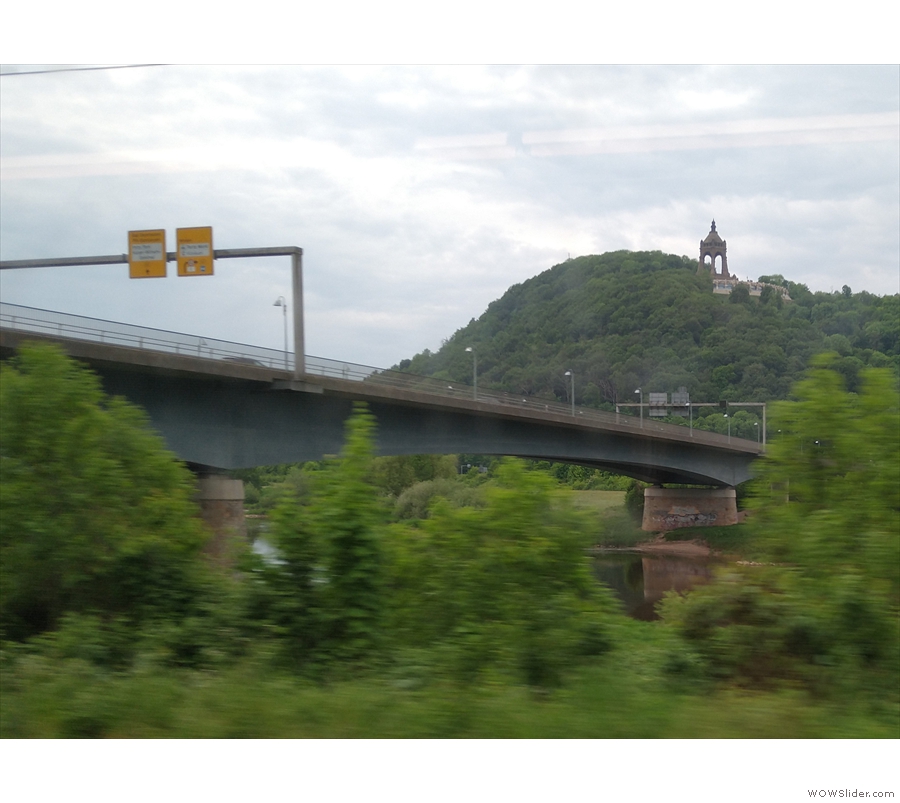
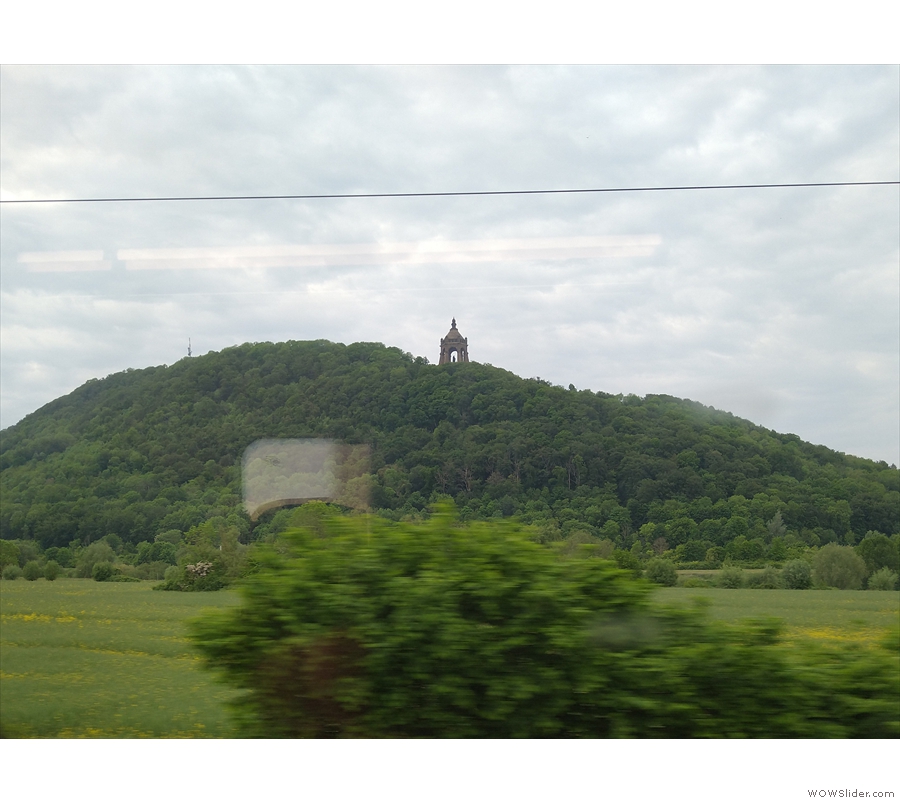
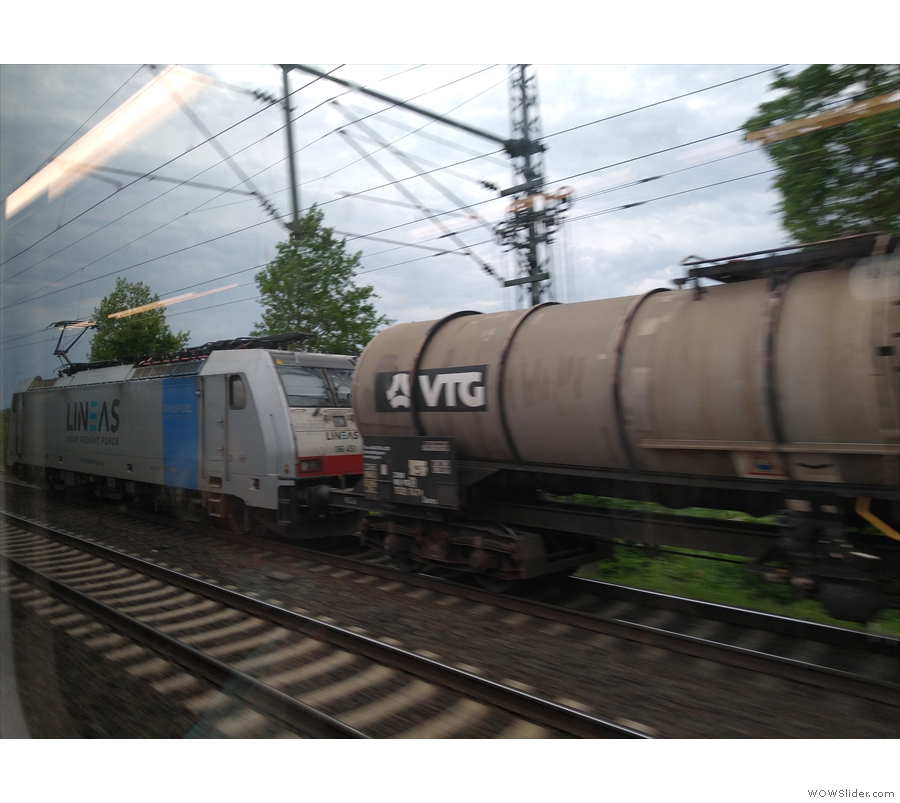
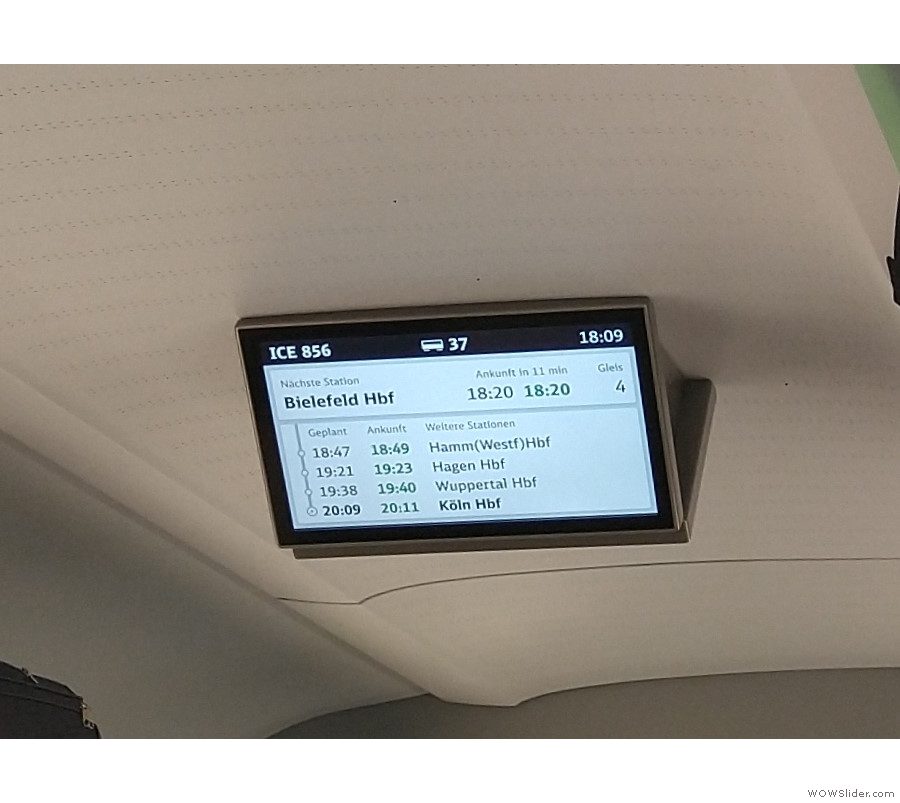
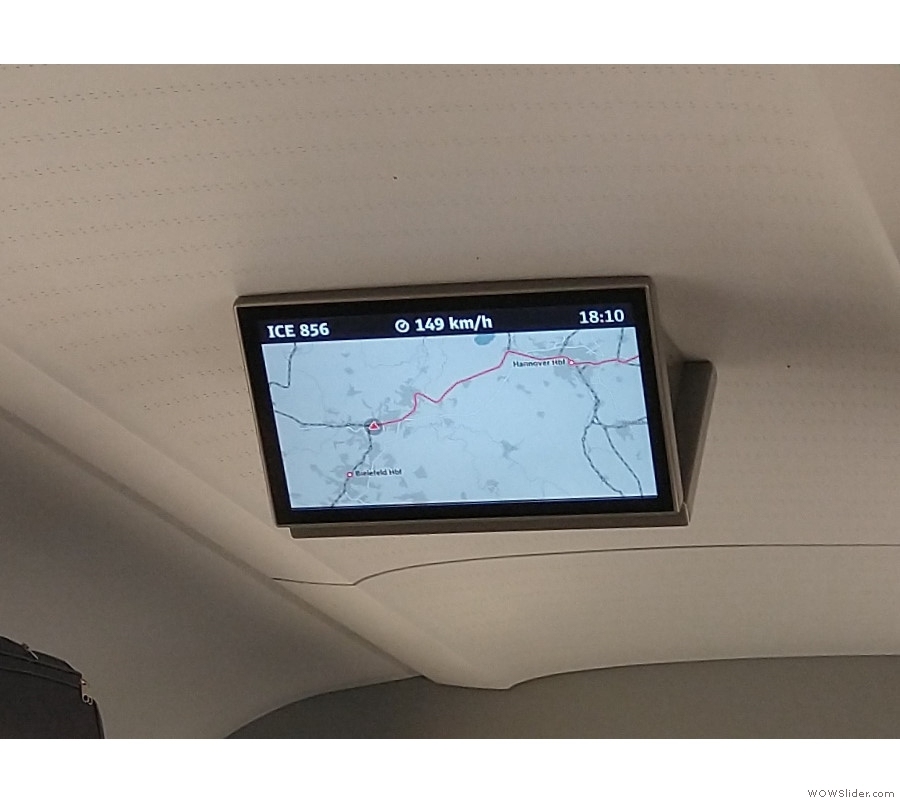
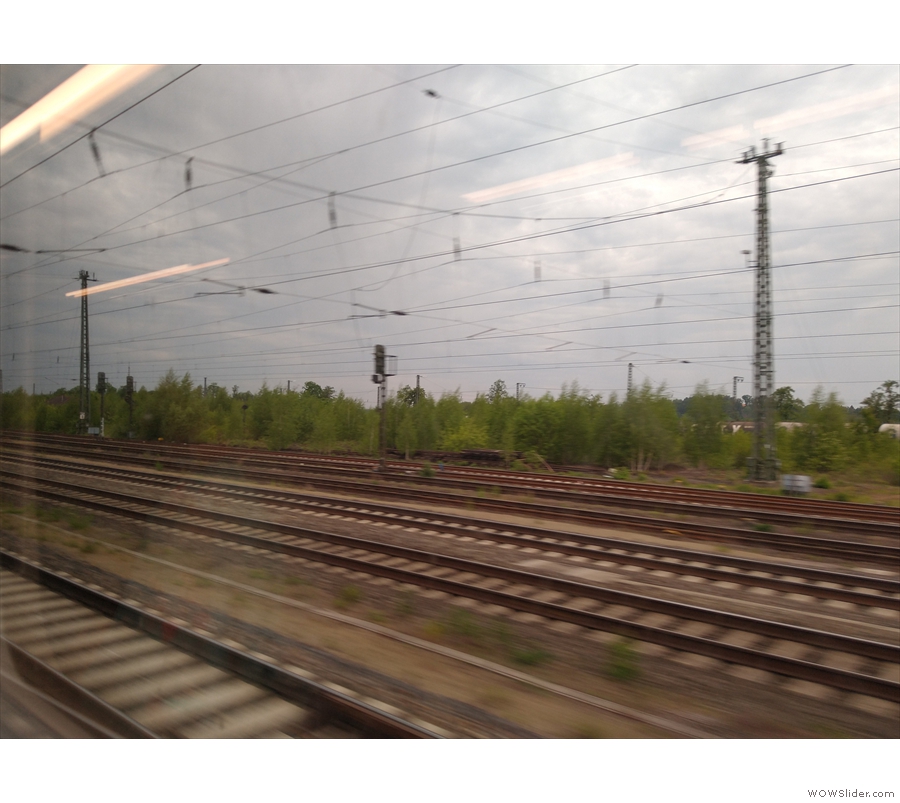
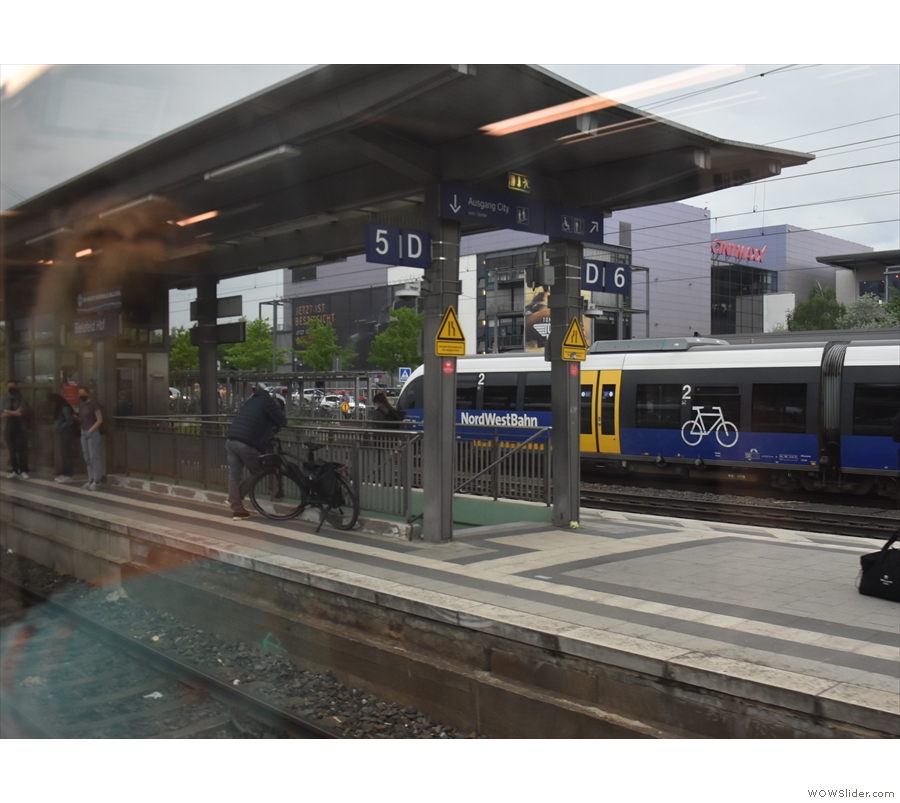
 1
1 2
2 3
3 4
4 5
5 6
6 7
7 8
8 9
9 10
10 11
11 12
12 13
13 14
14 15
15 16
16 17
17 18
18 19
19 20
20 21
21 22
22 23
23 24
24 25
25 26
26 27
27 28
28 29
29 30
30 31
31 32
32 33
33 34
34 35
35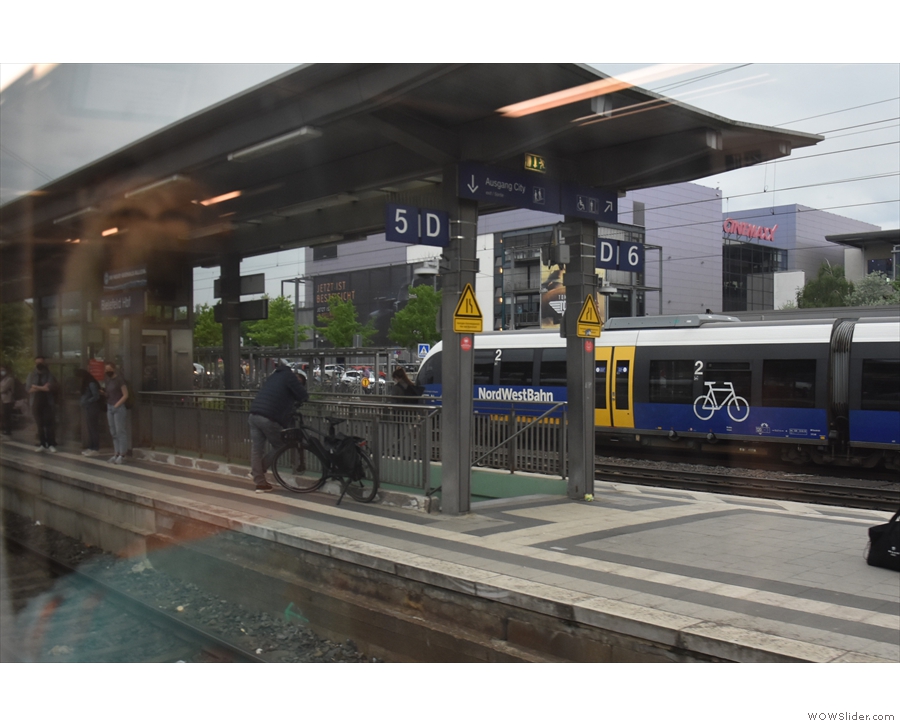
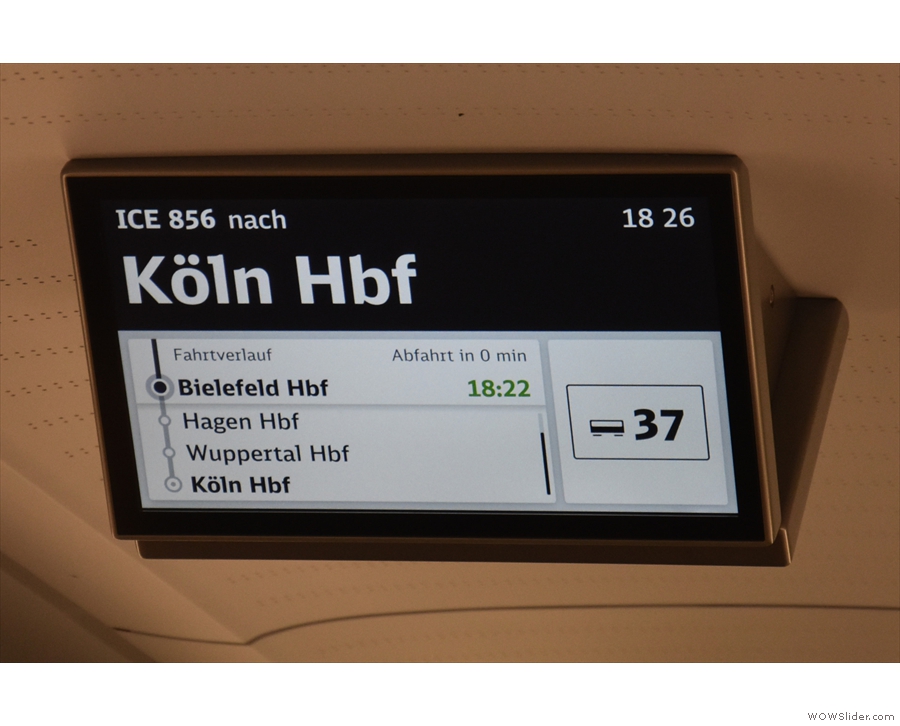
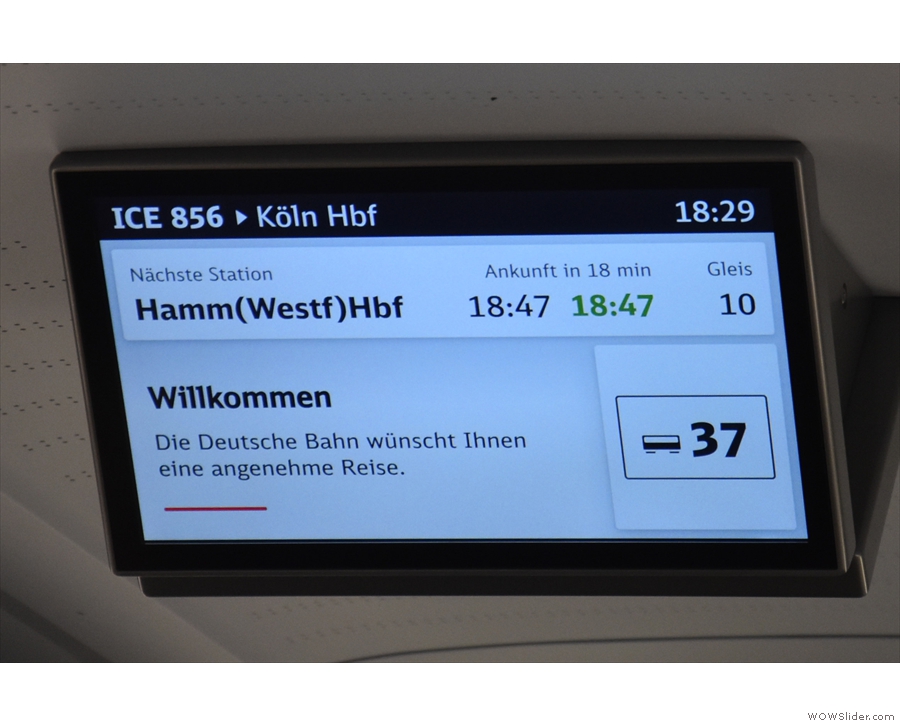
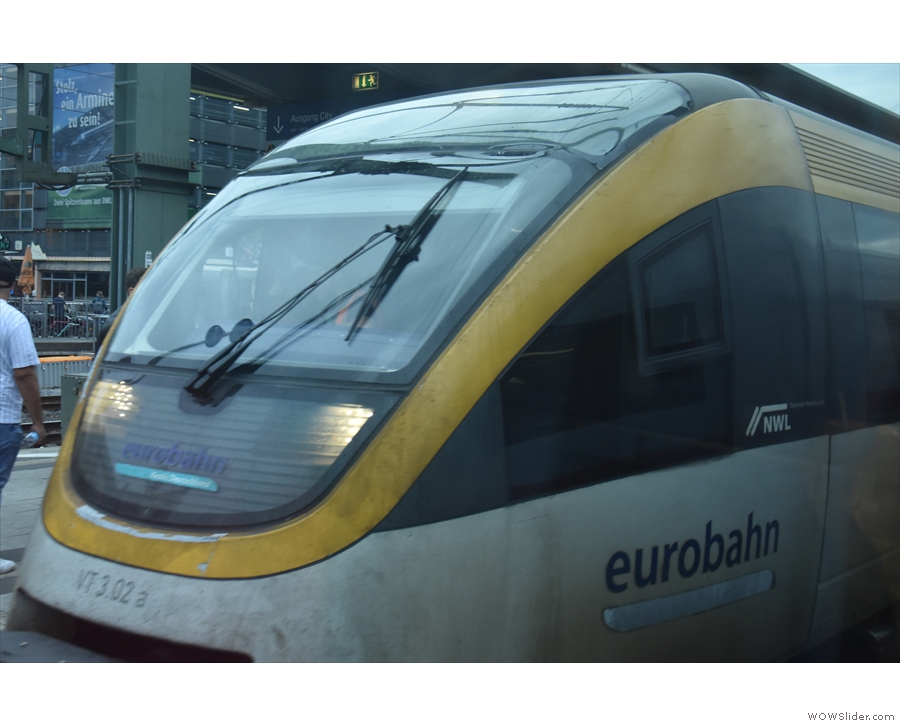
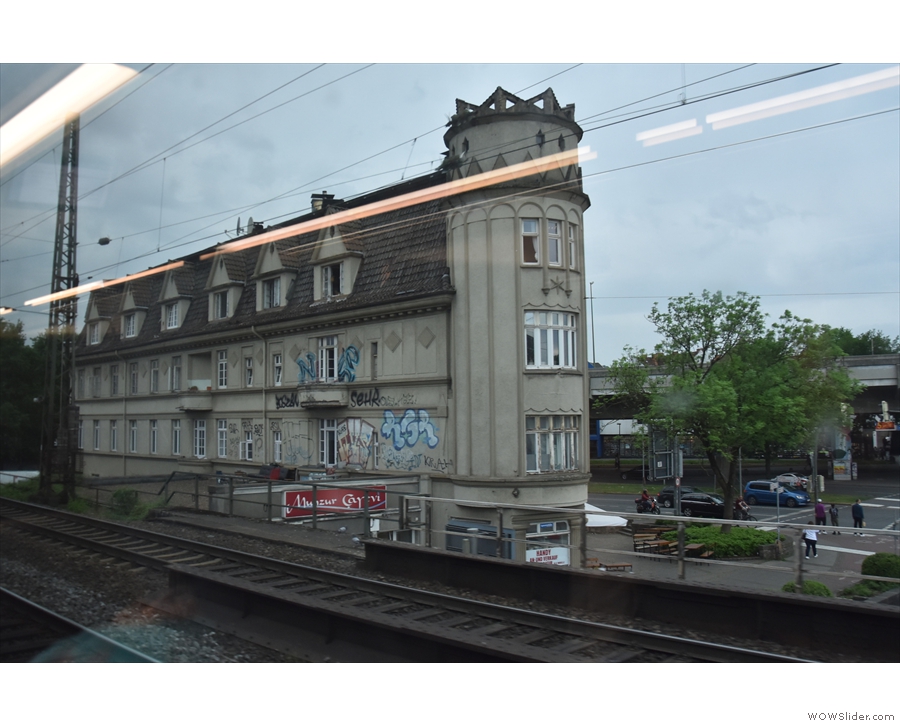
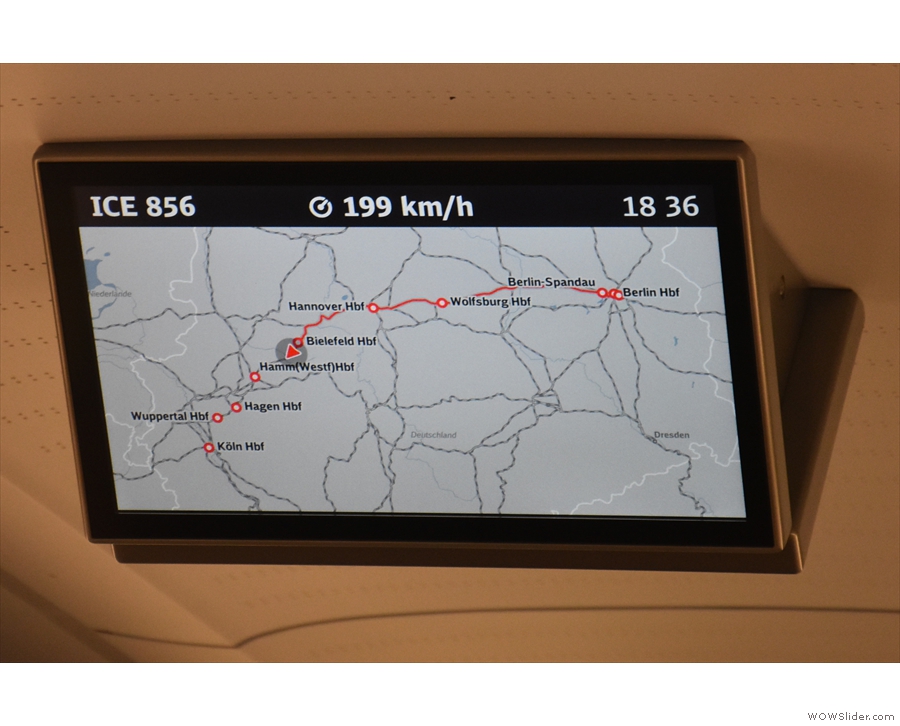
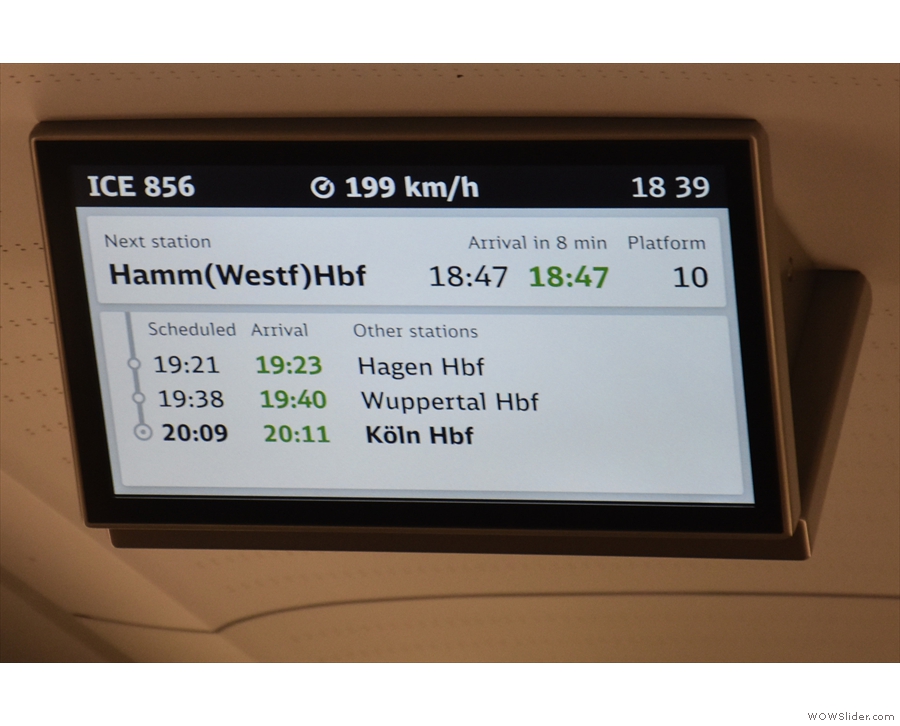
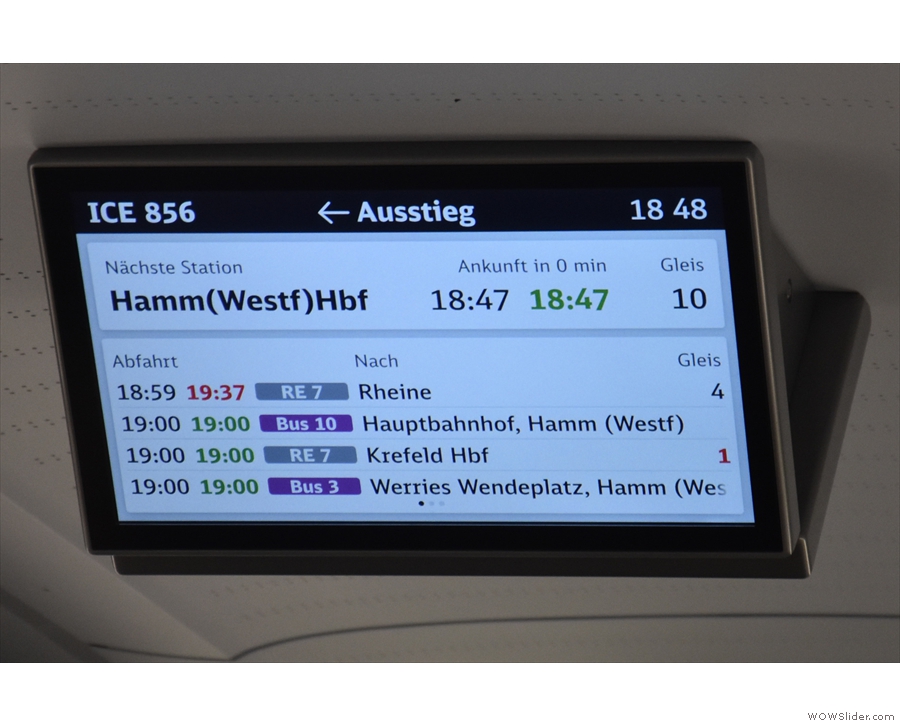
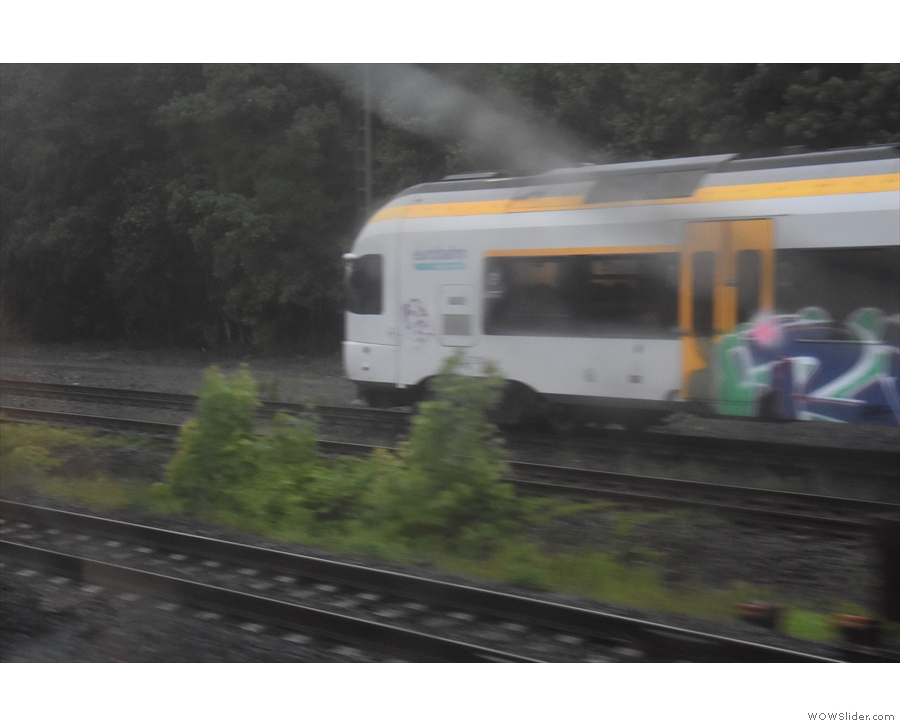
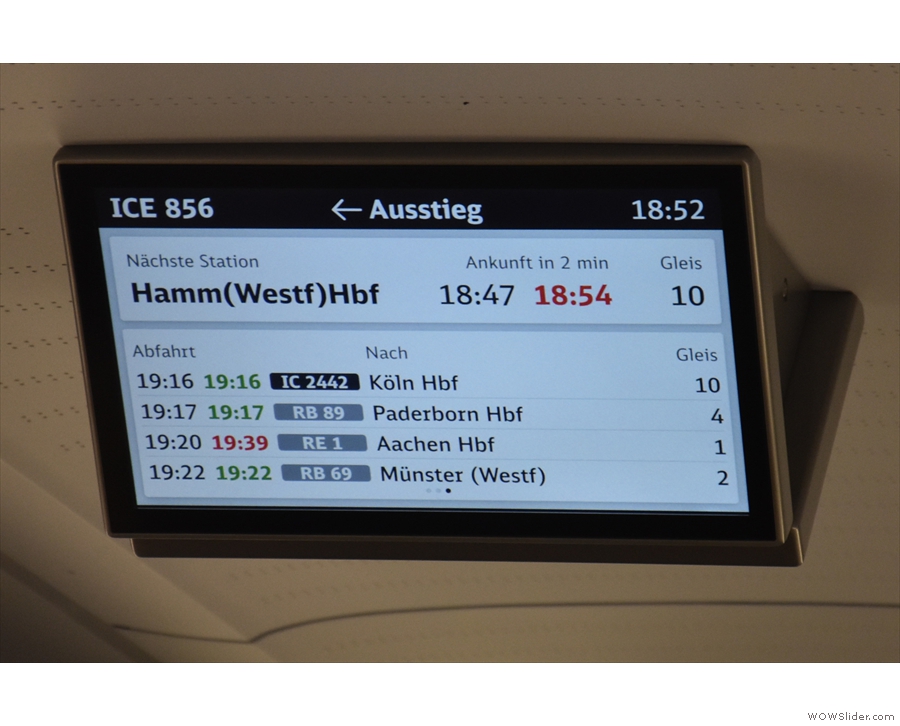
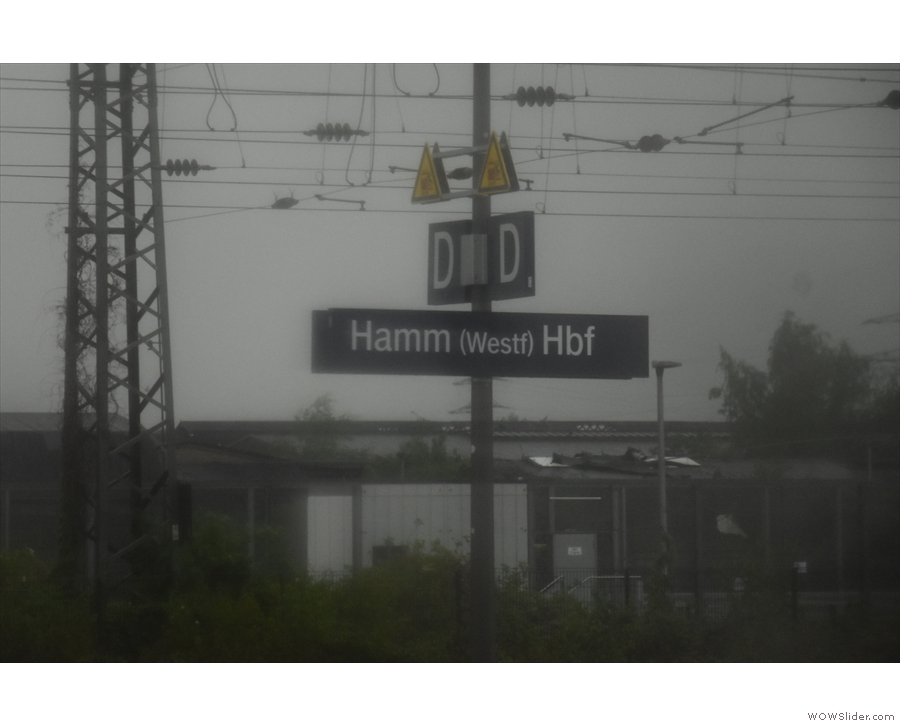
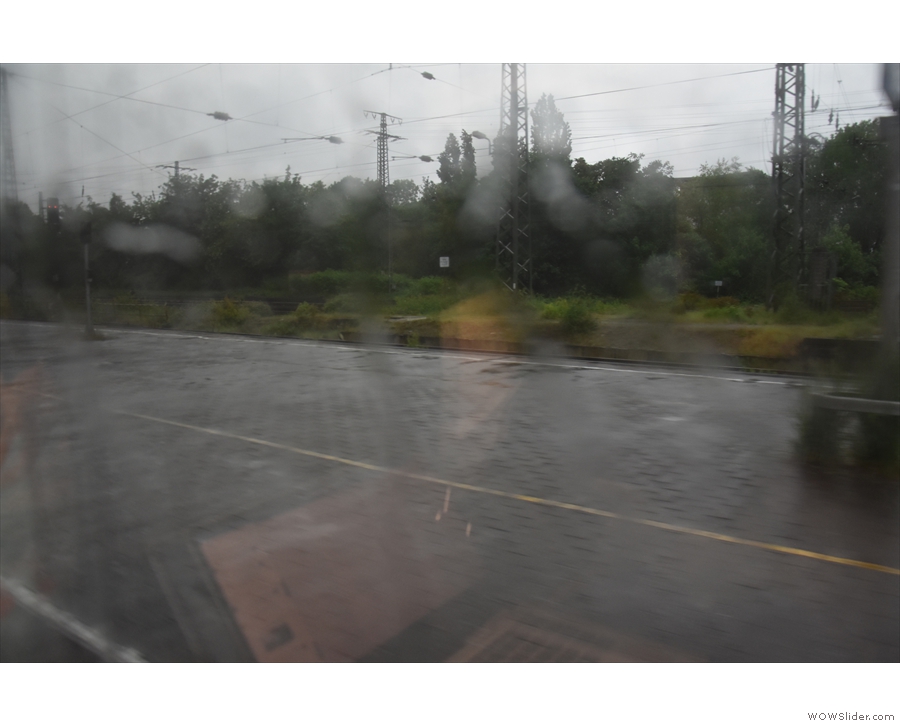
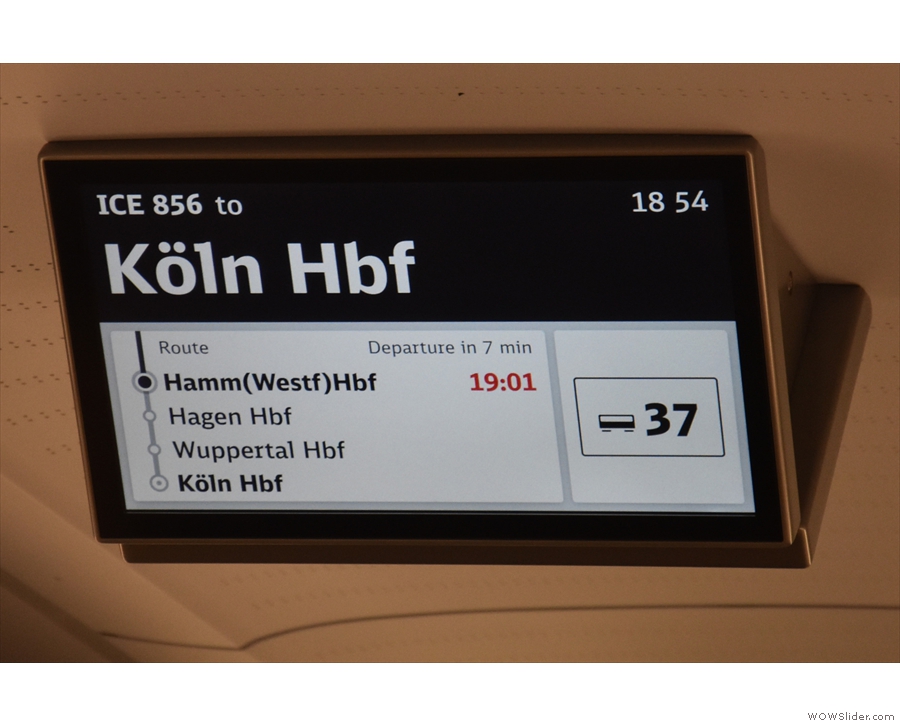
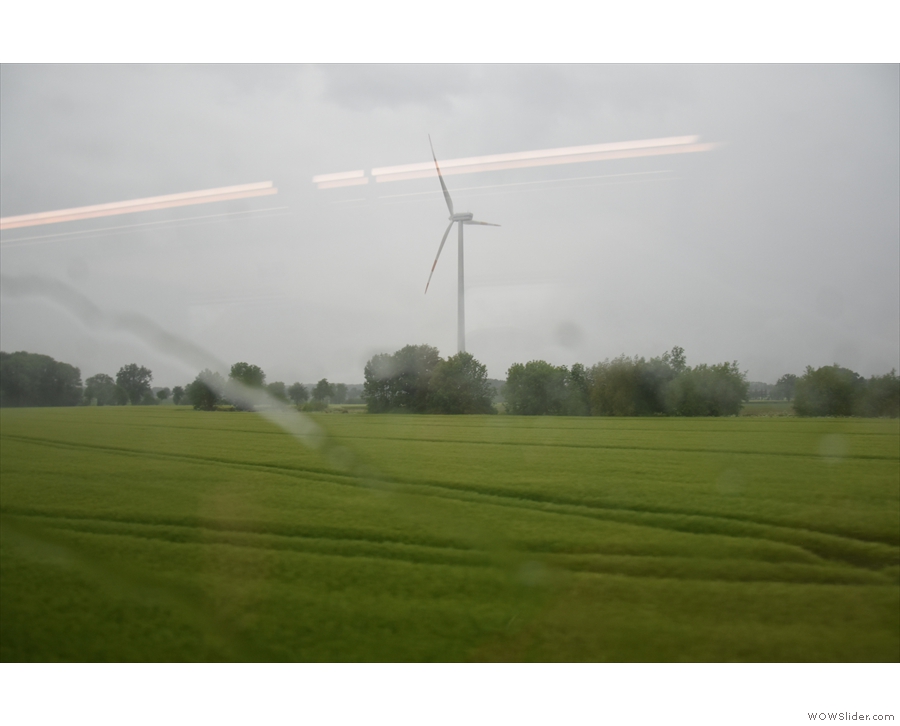
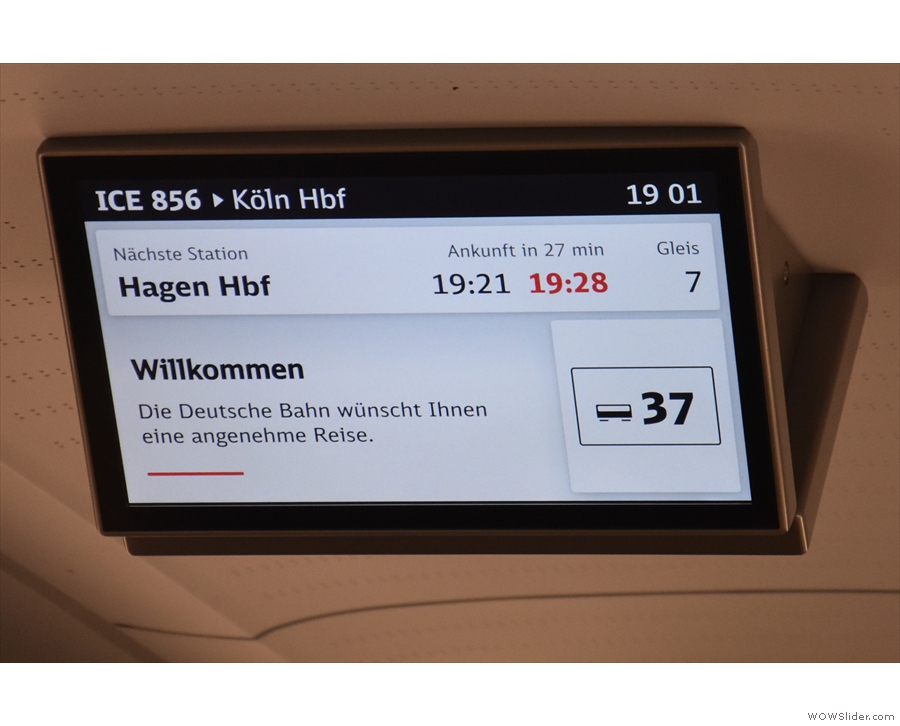
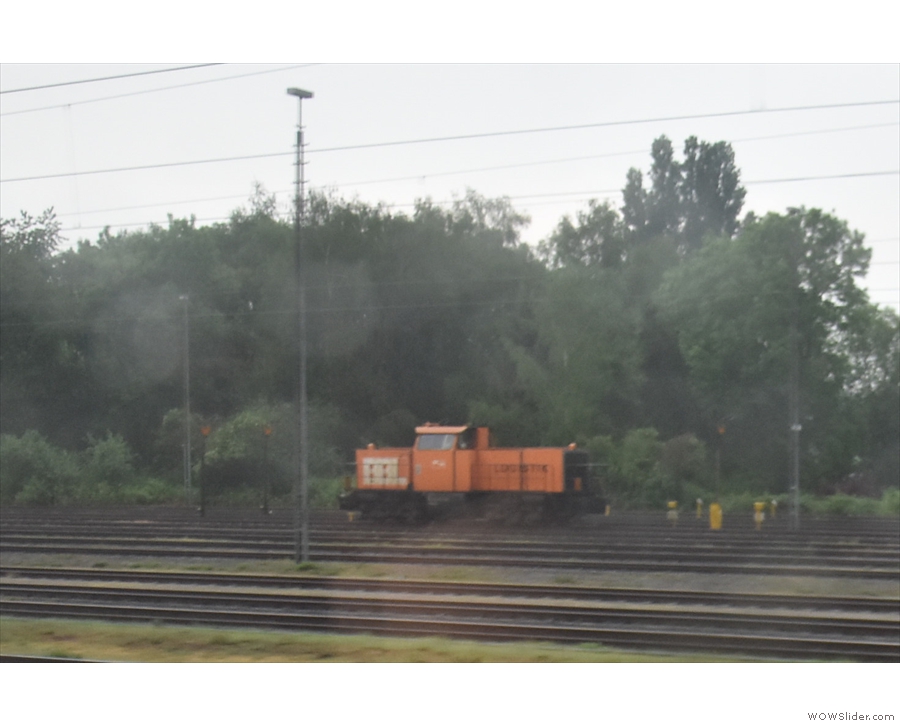
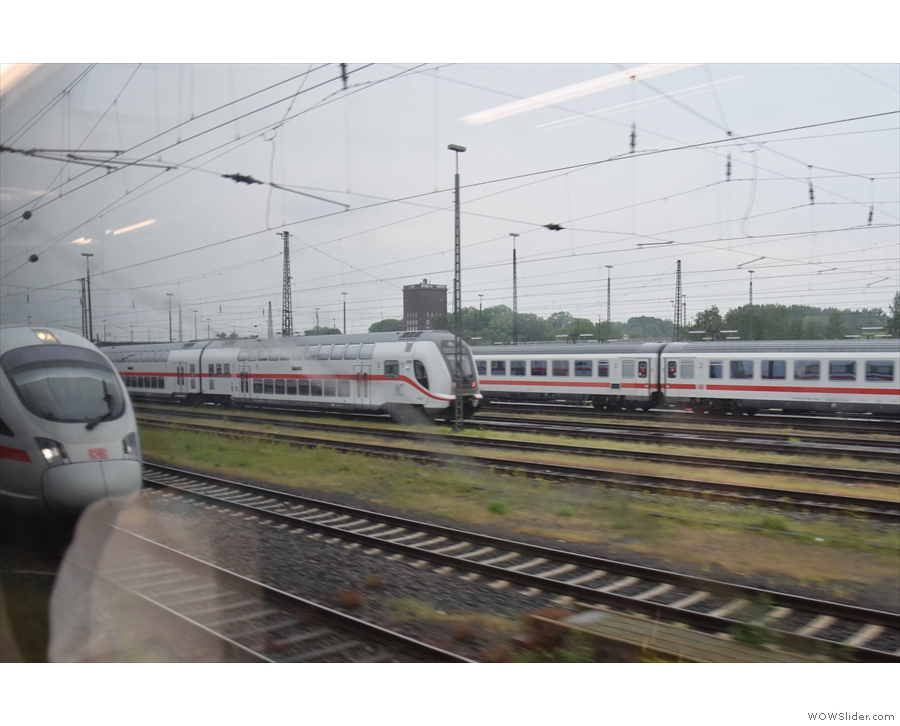
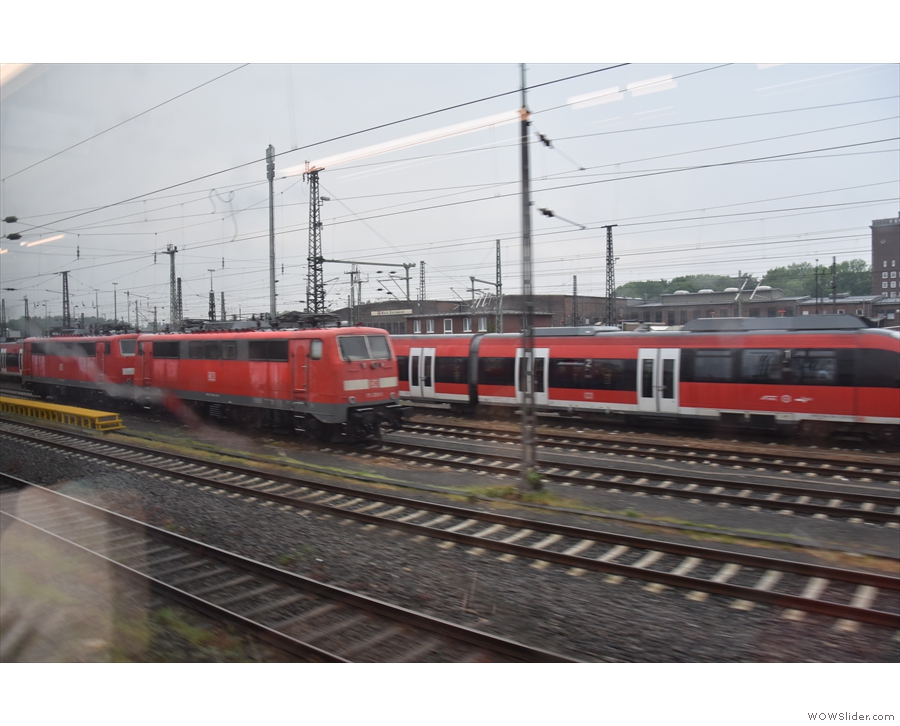
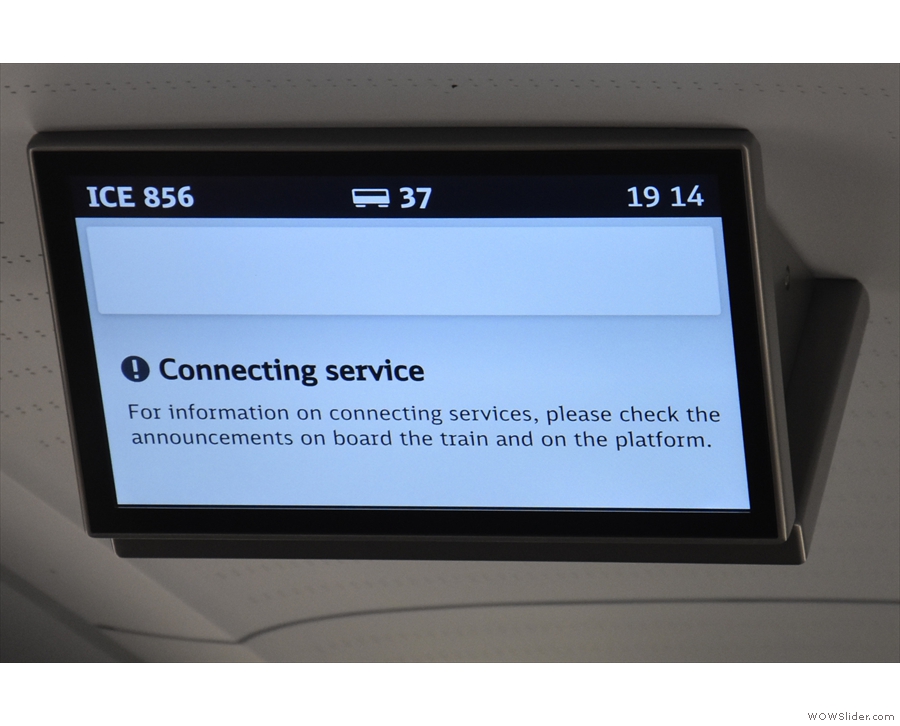
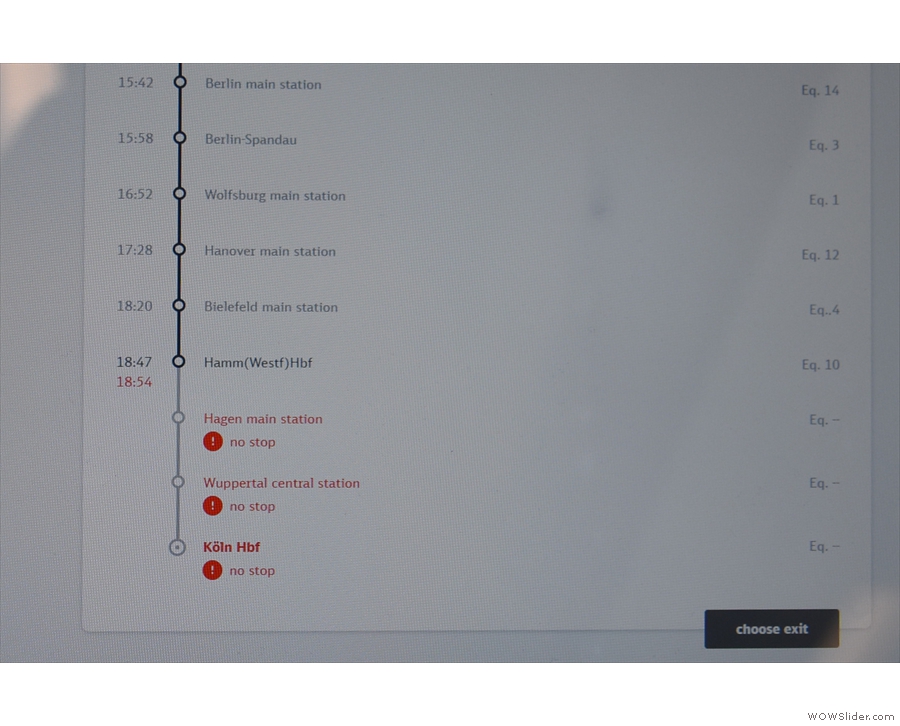
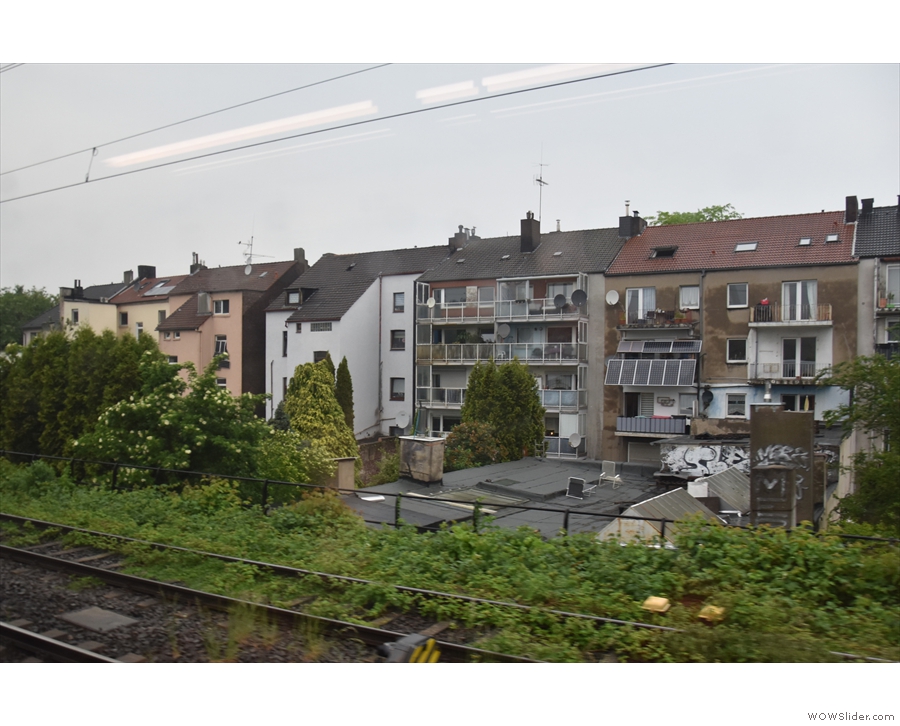
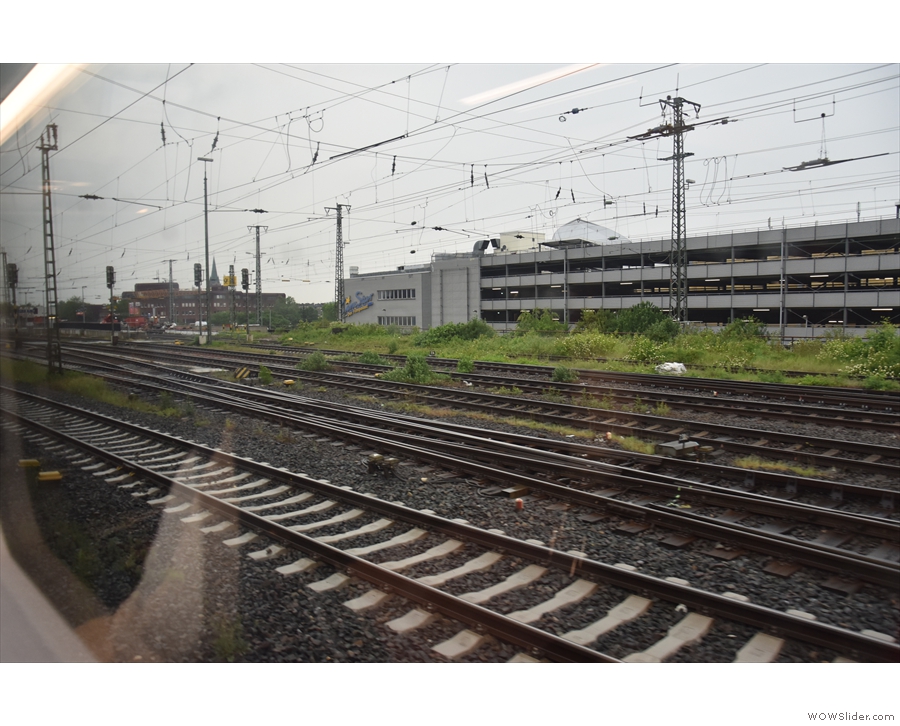
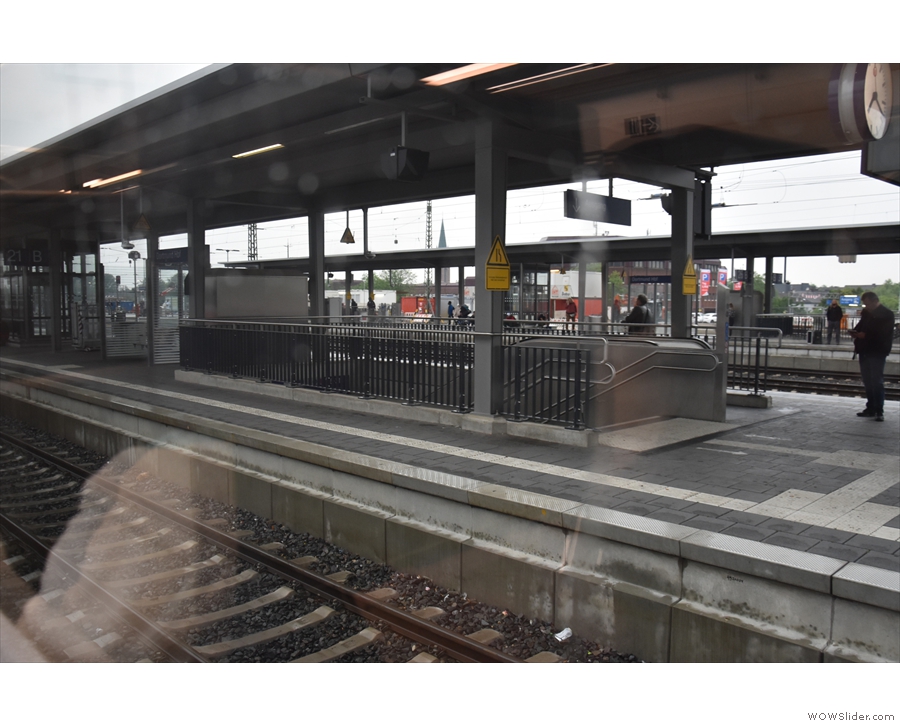
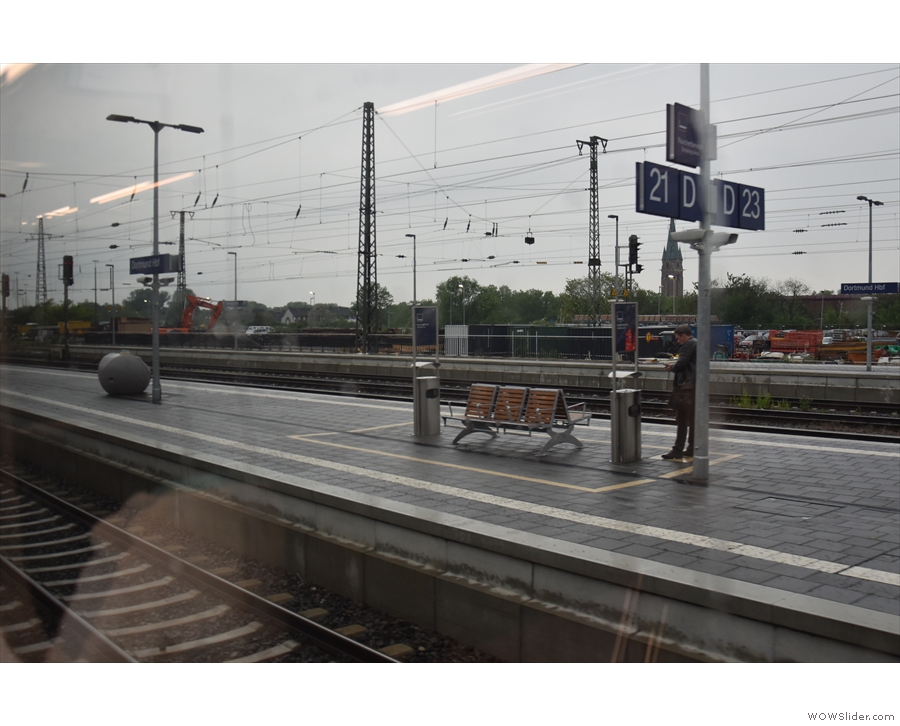
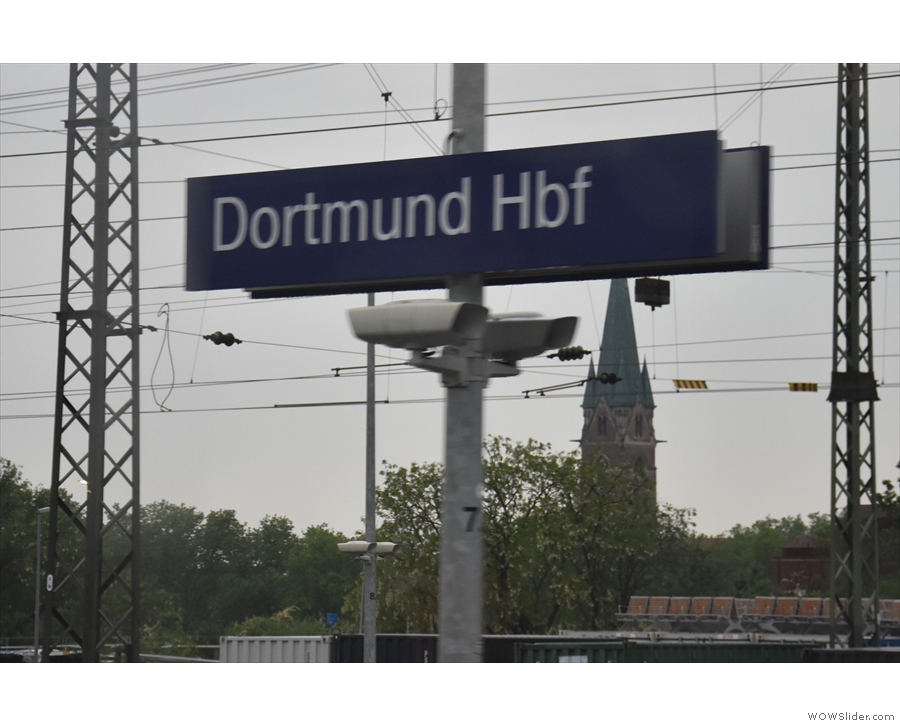
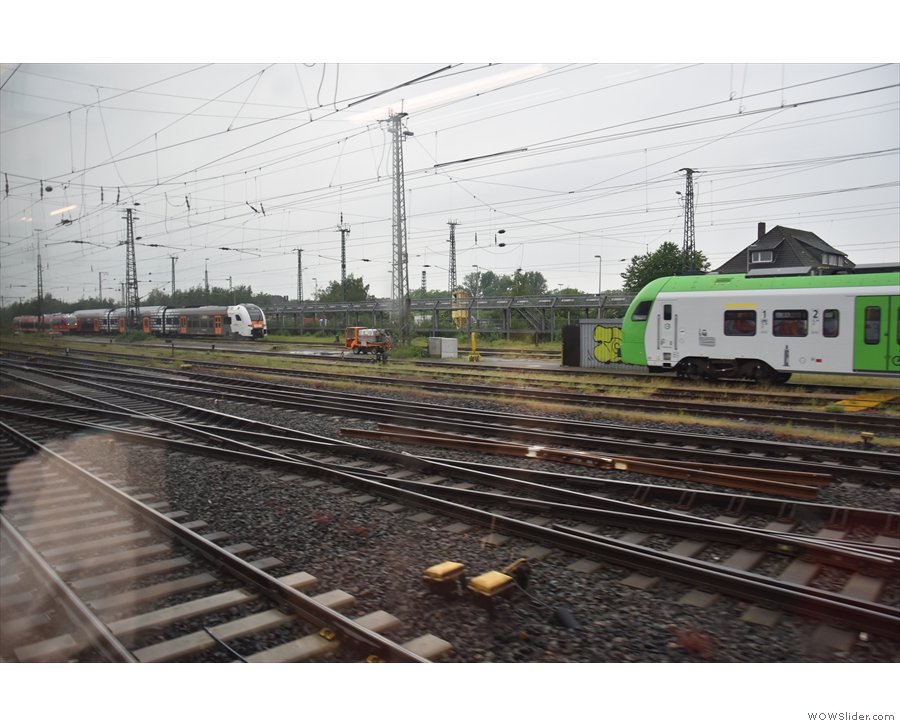
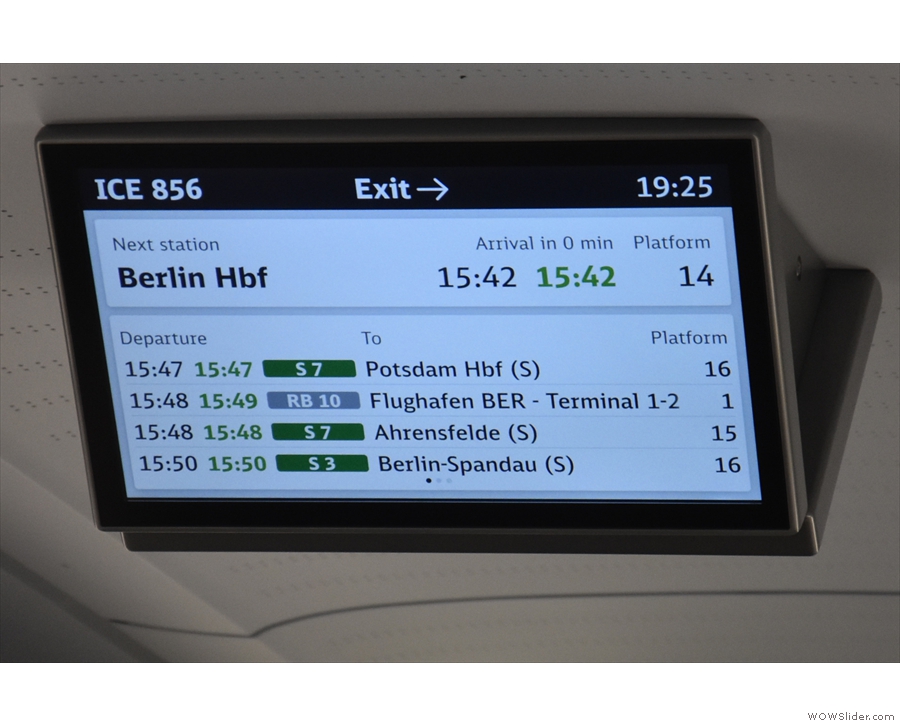
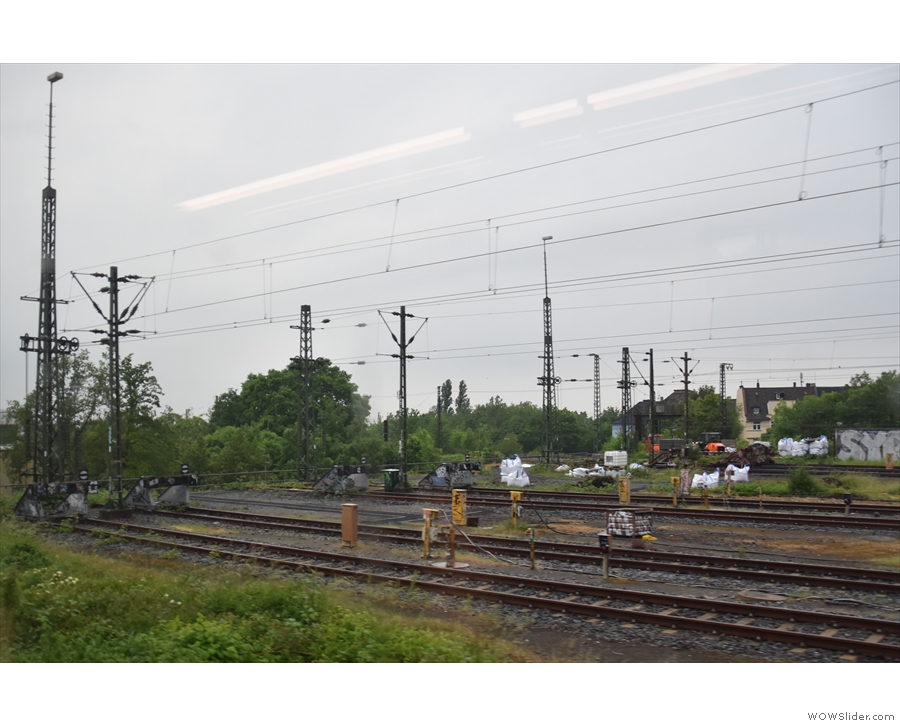
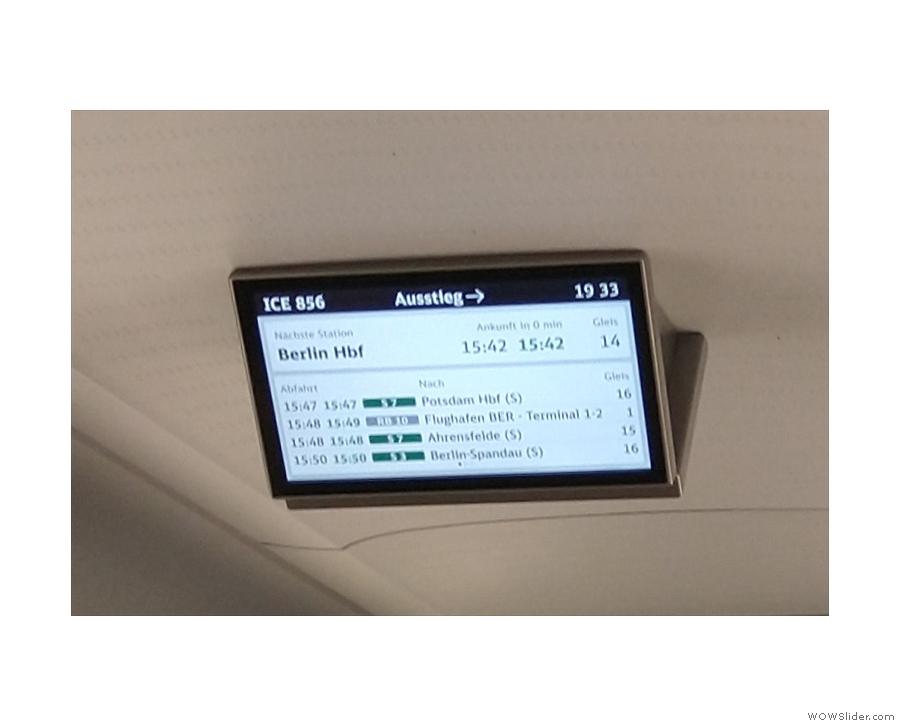
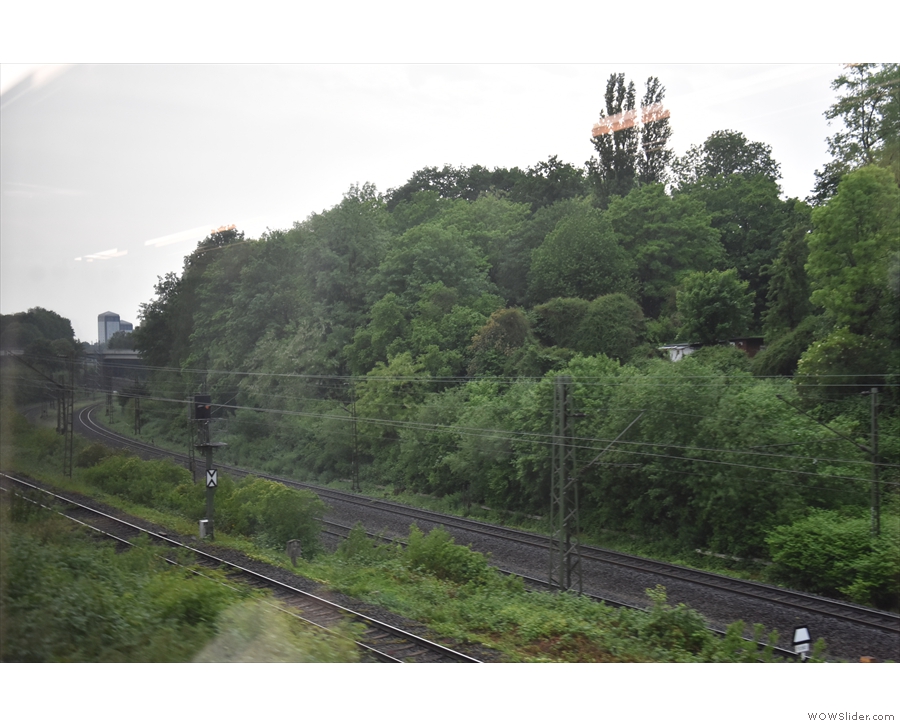
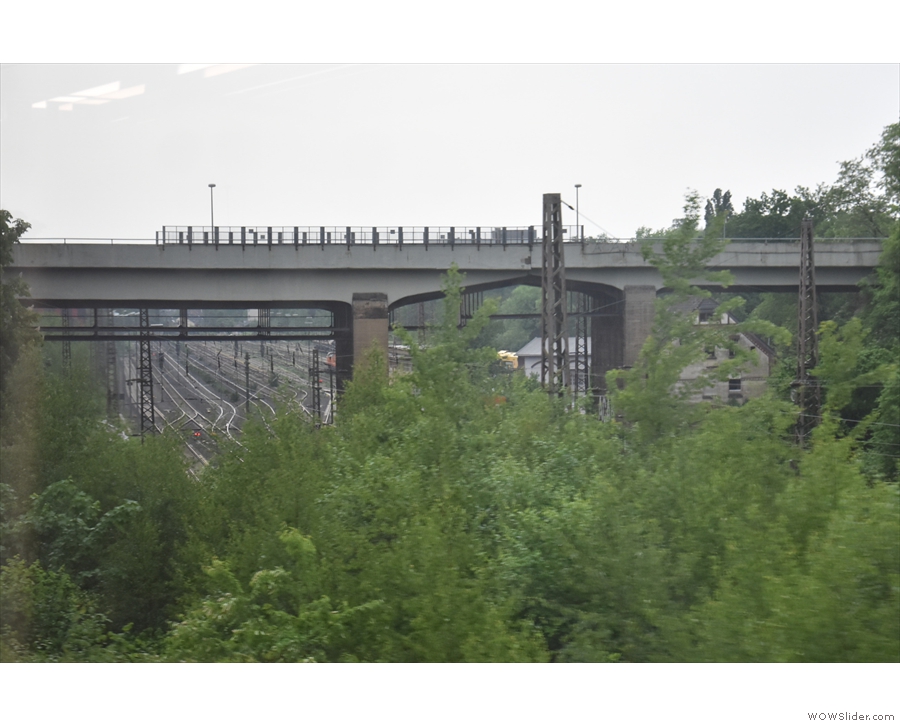
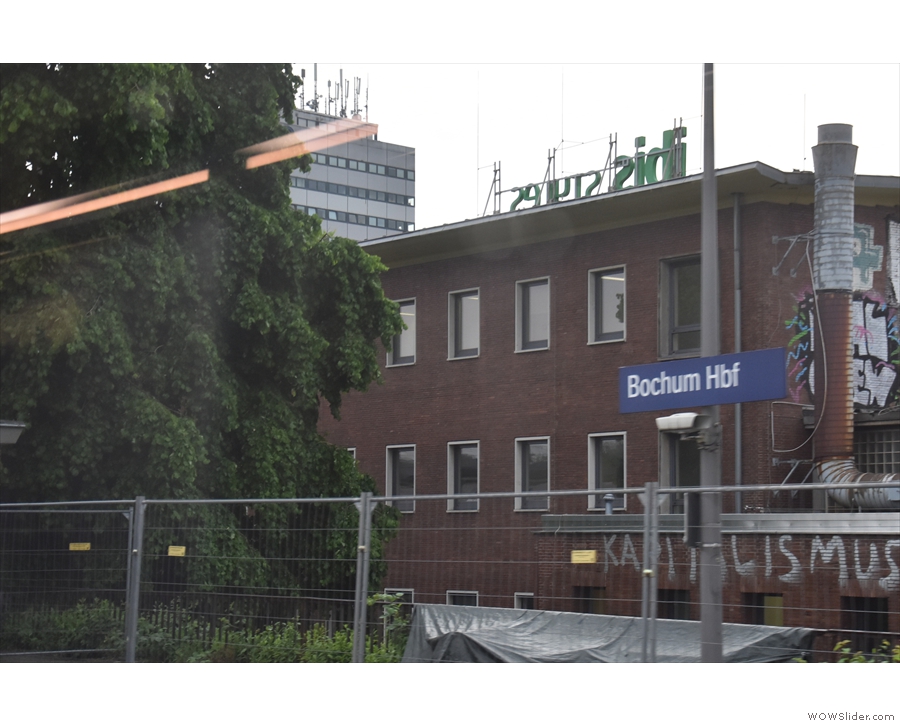
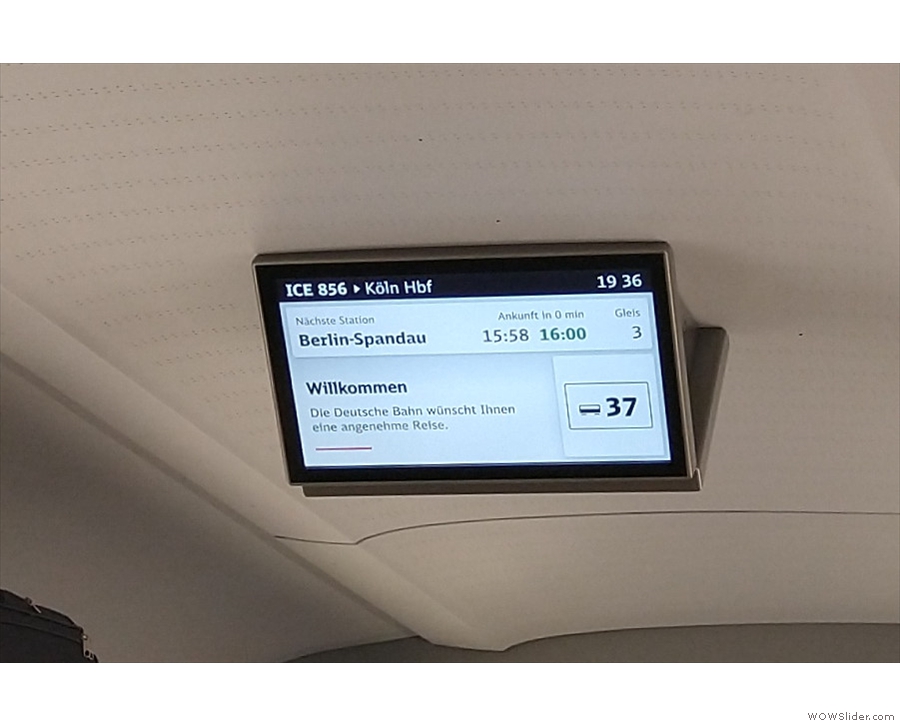
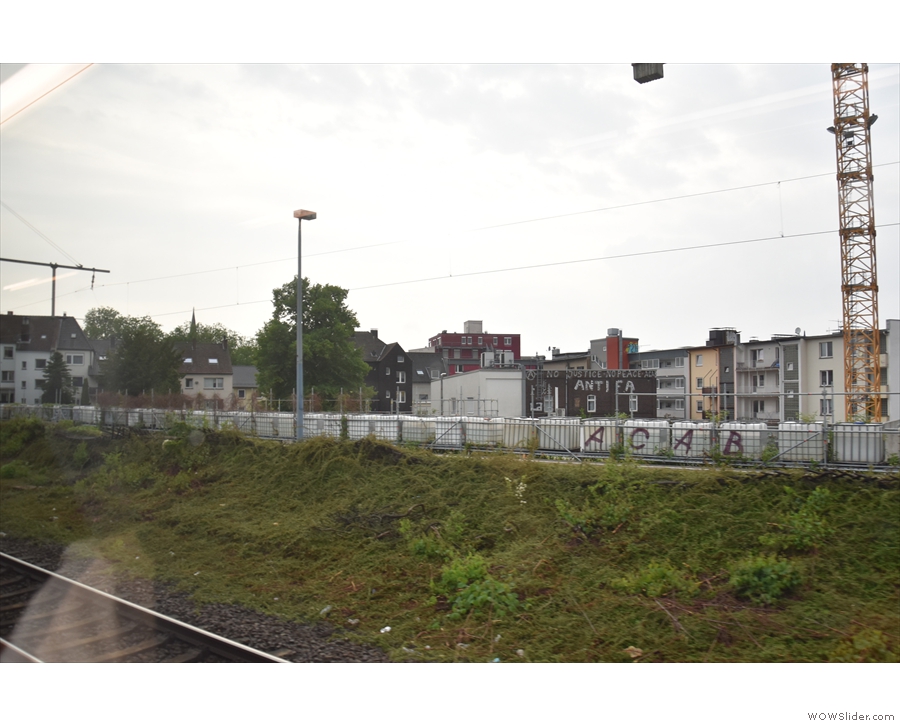
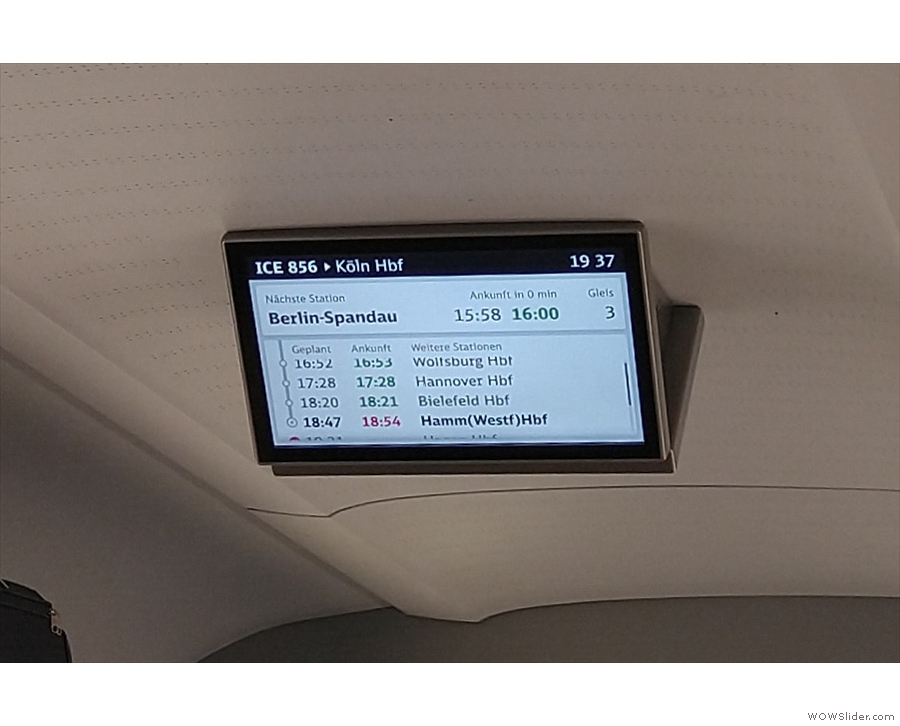
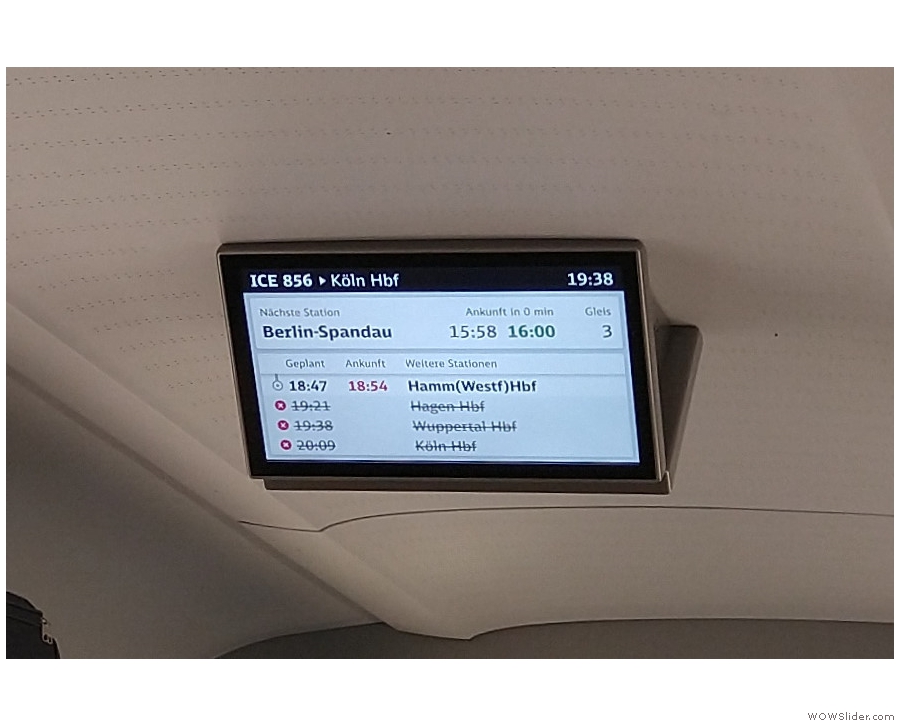
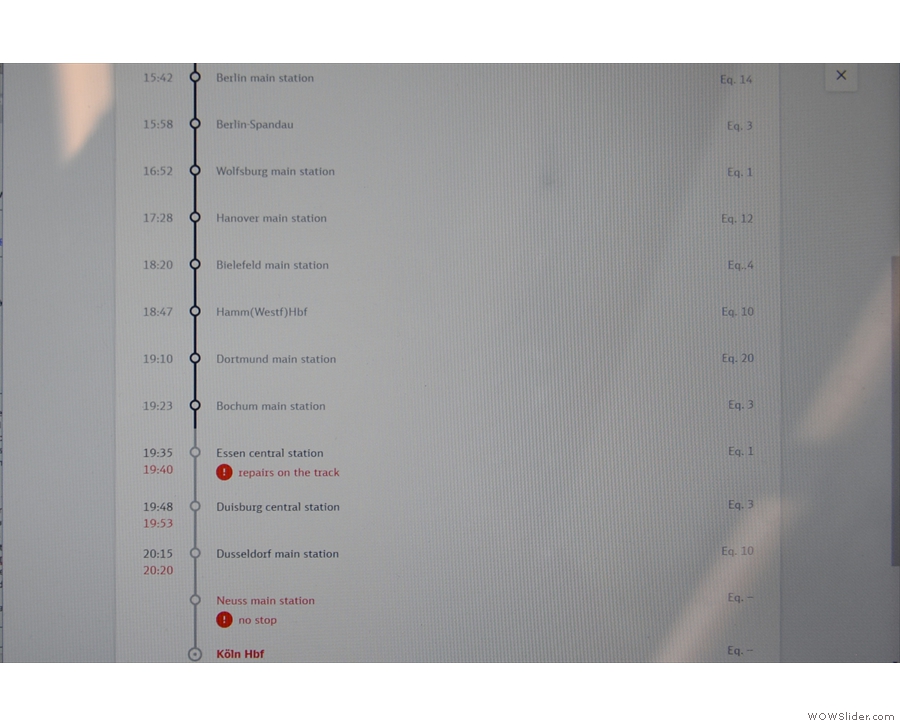
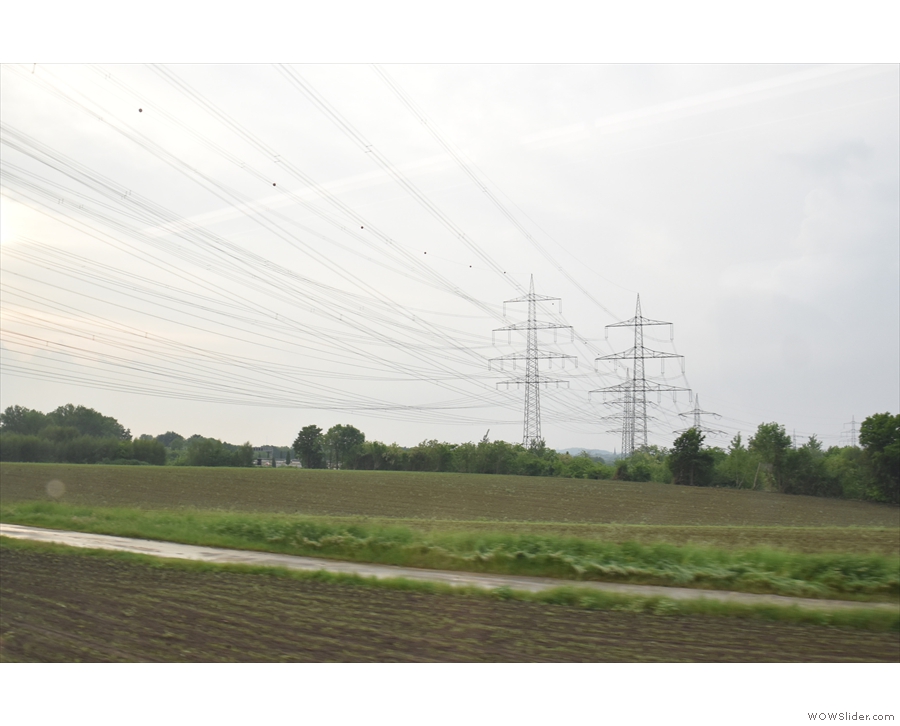
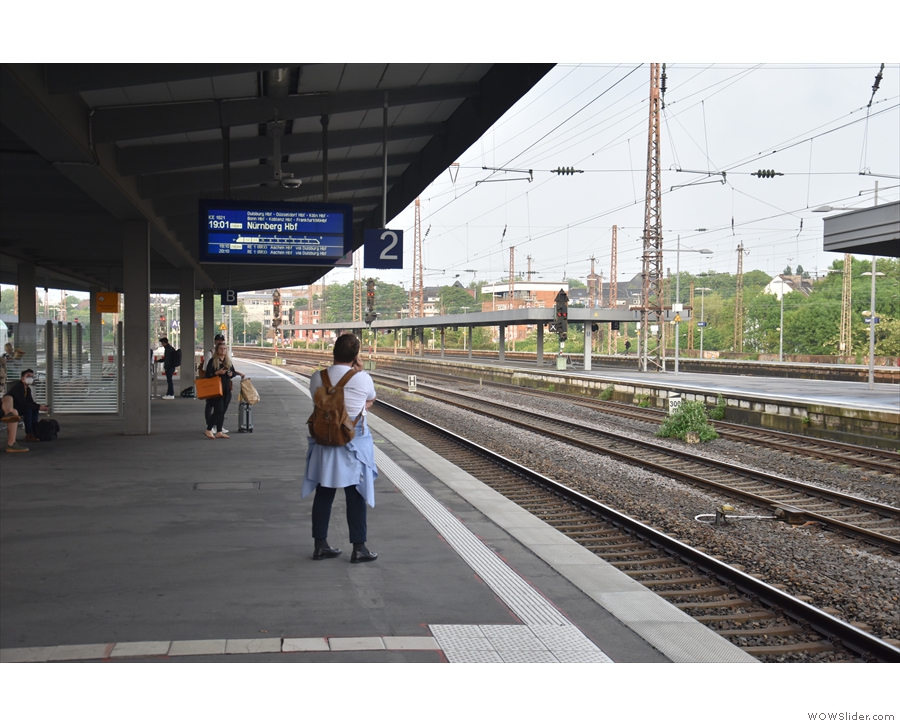
 1
1 2
2 3
3 4
4 5
5 6
6 7
7 8
8 9
9 10
10 11
11 12
12 13
13 14
14 15
15 16
16 17
17 18
18 19
19 20
20 21
21 22
22 23
23 24
24 25
25 26
26 27
27 28
28 29
29 30
30 31
31 32
32 33
33 34
34 35
35 36
36 37
37 38
38 39
39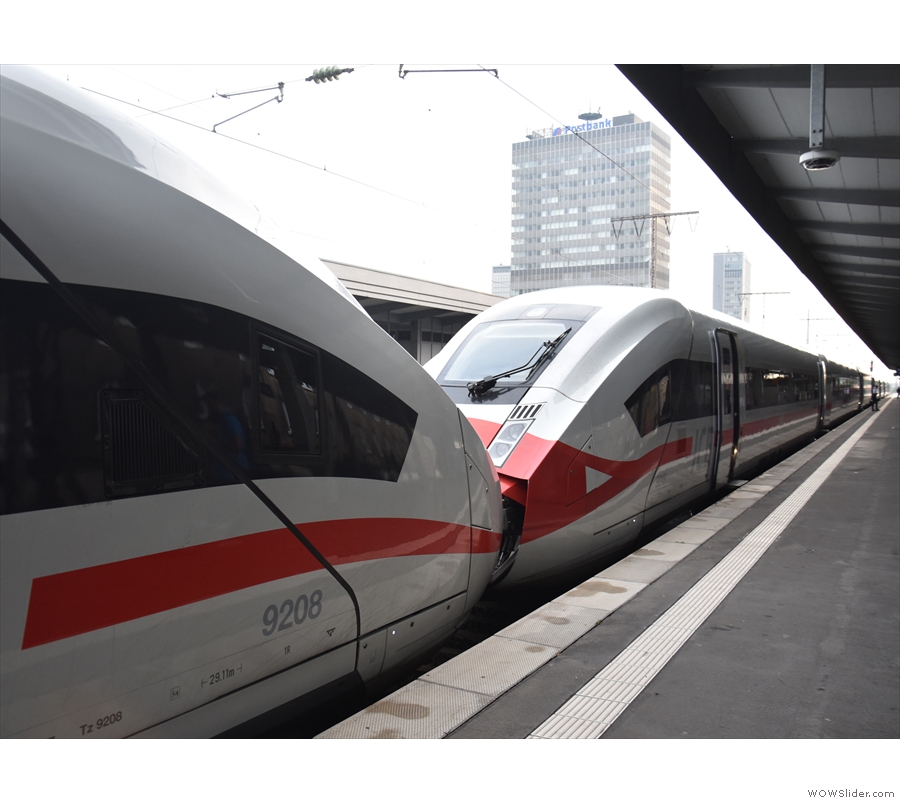
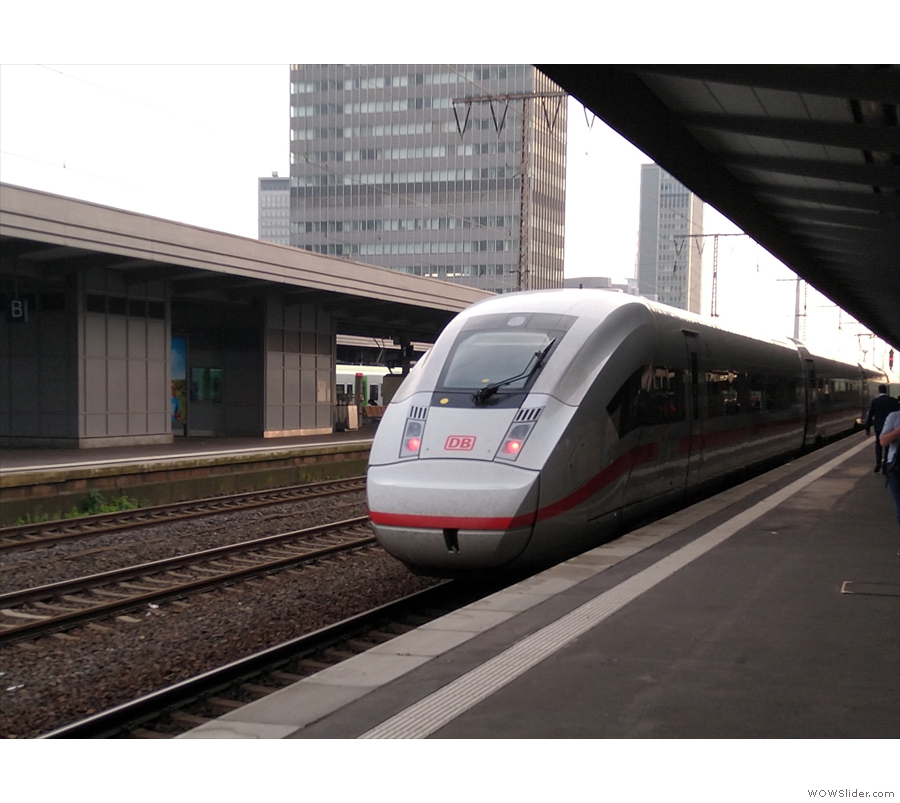
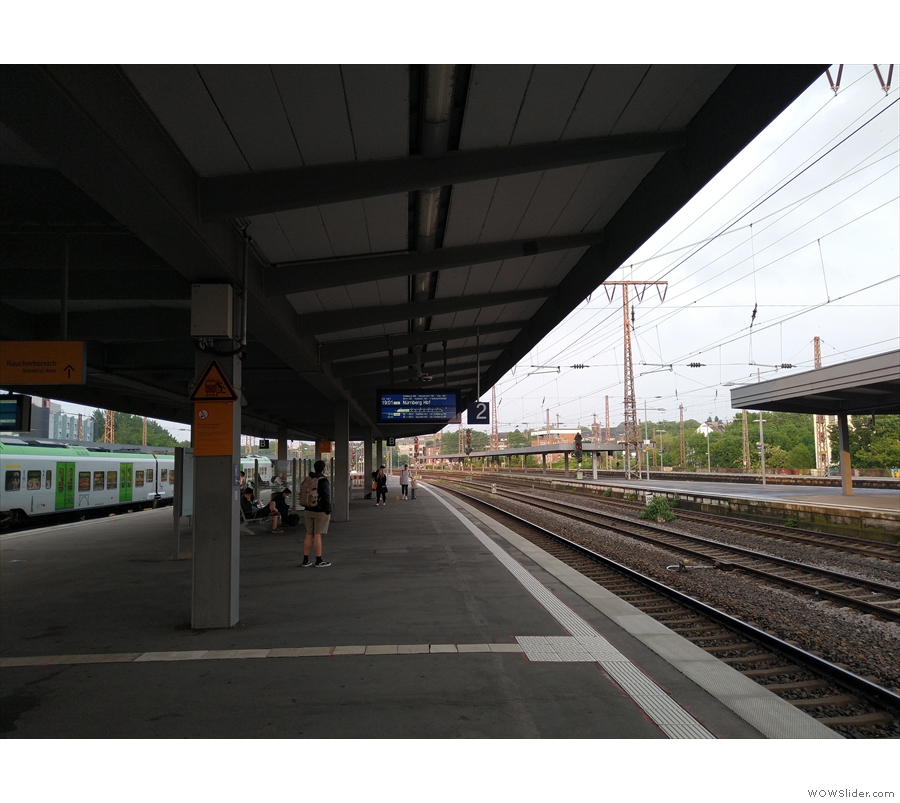
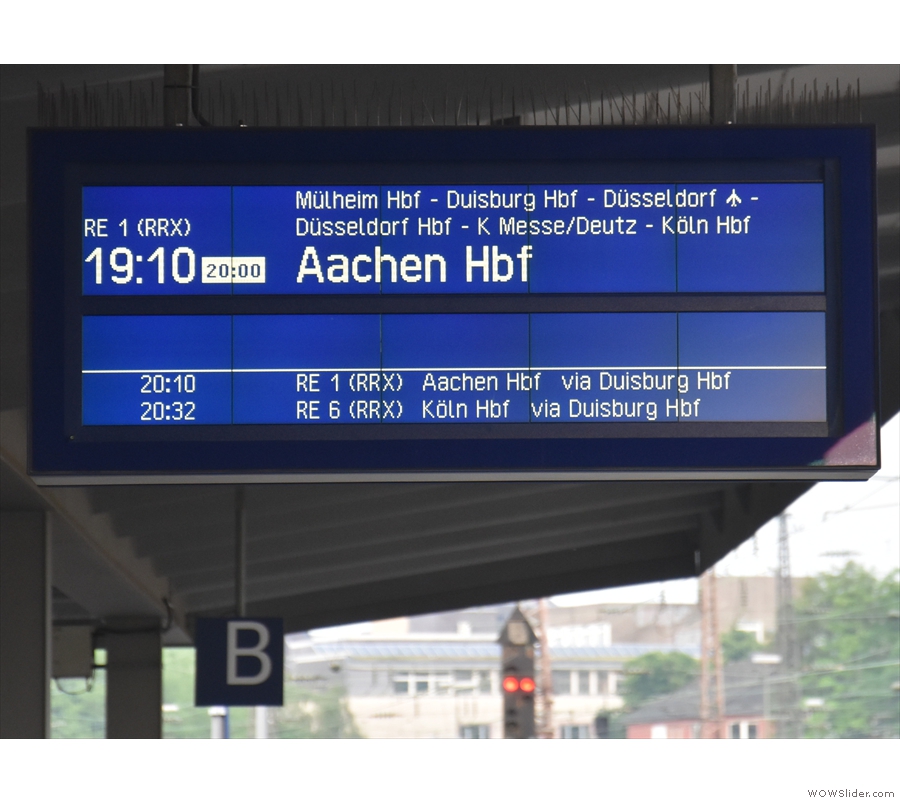
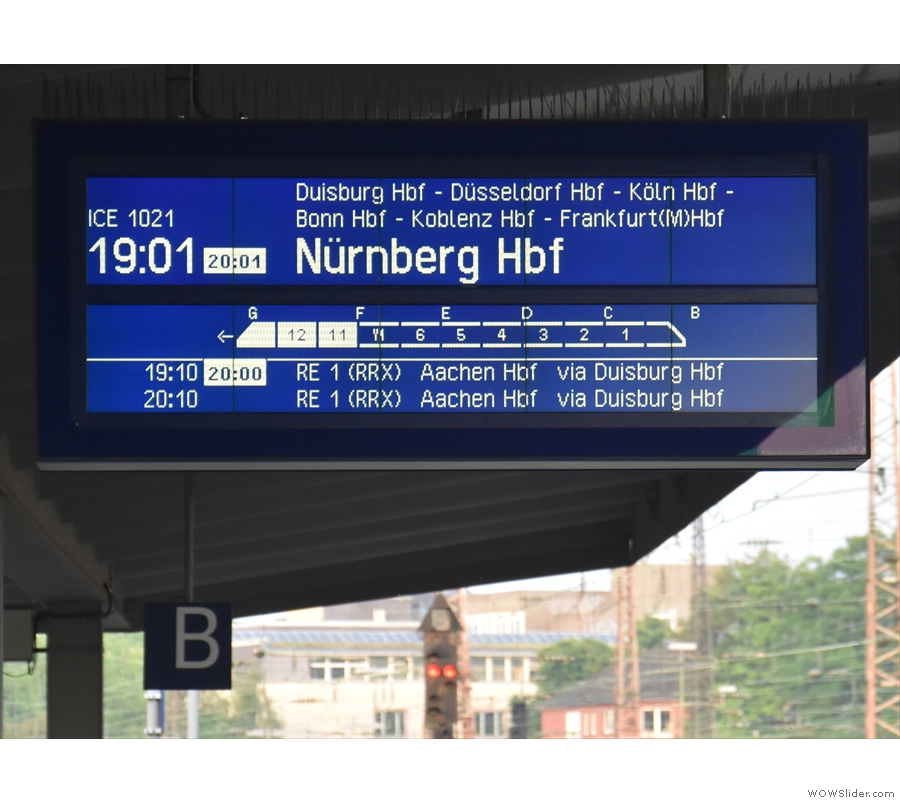

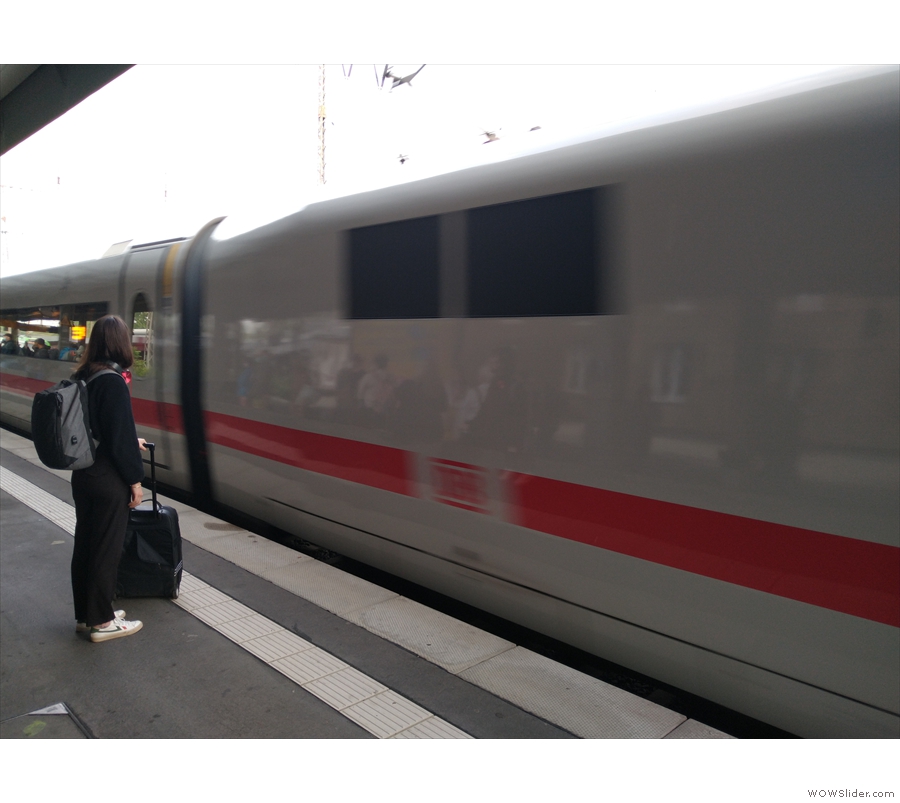
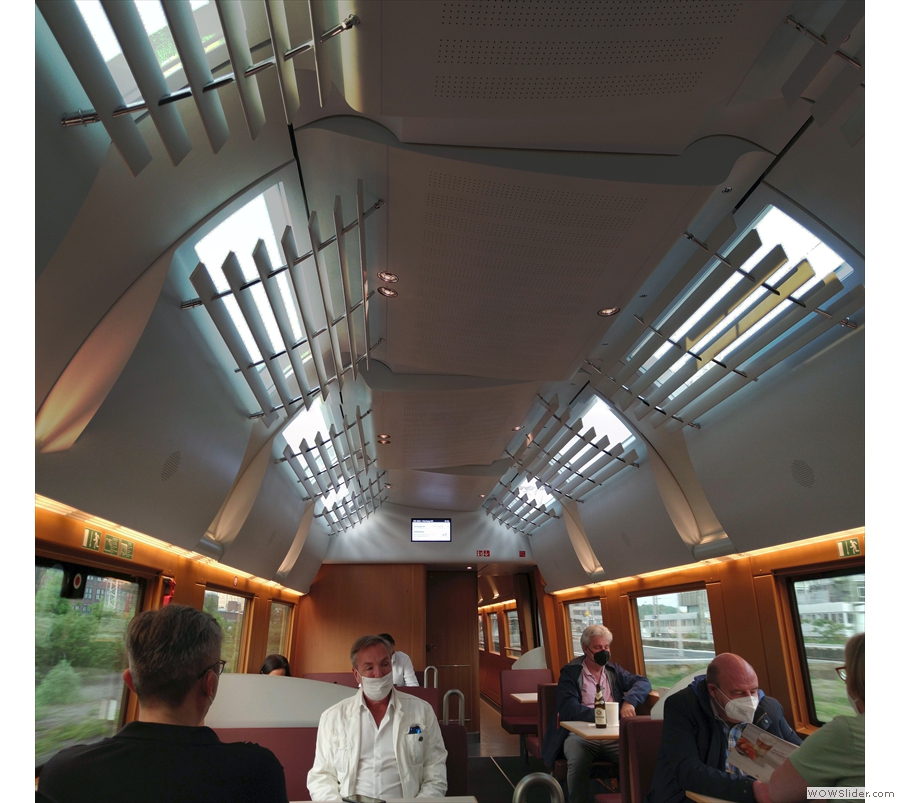
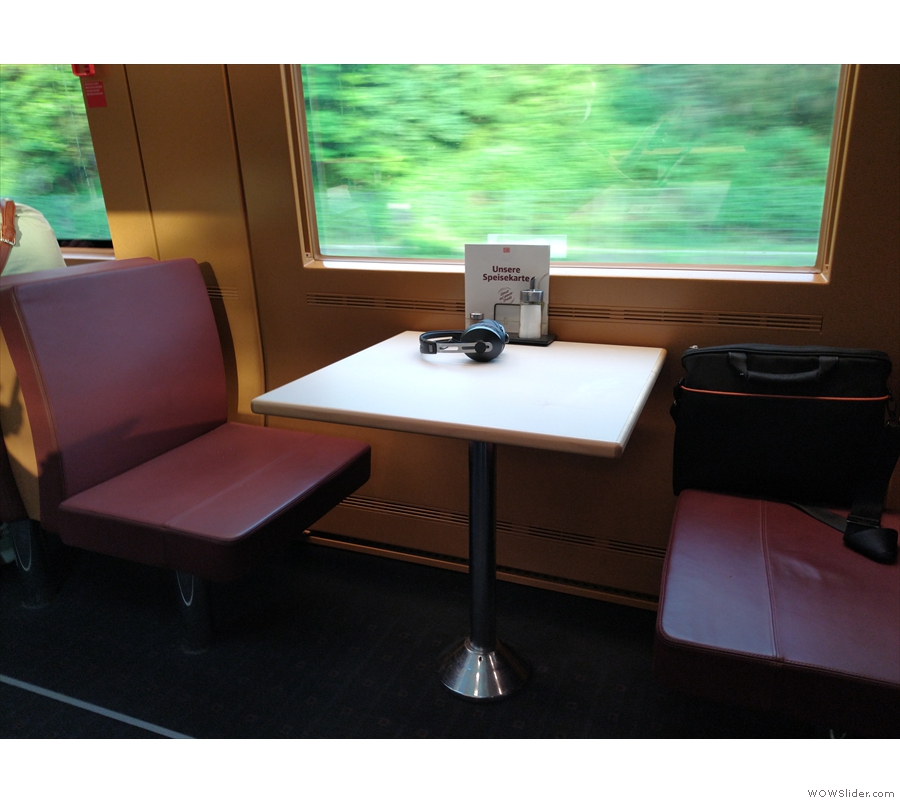
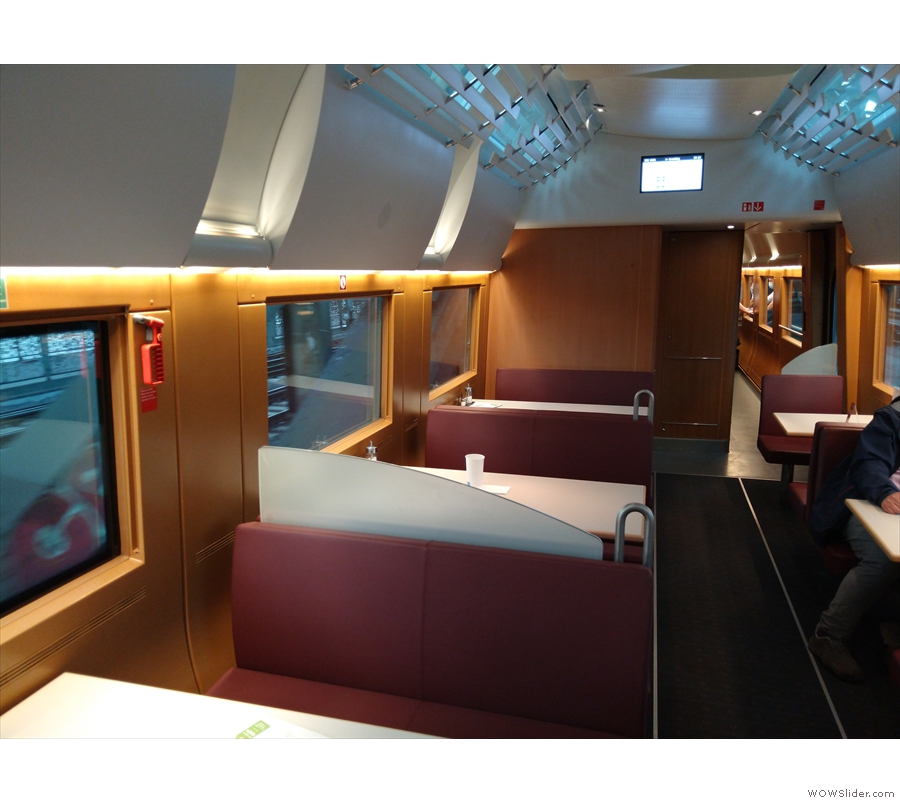
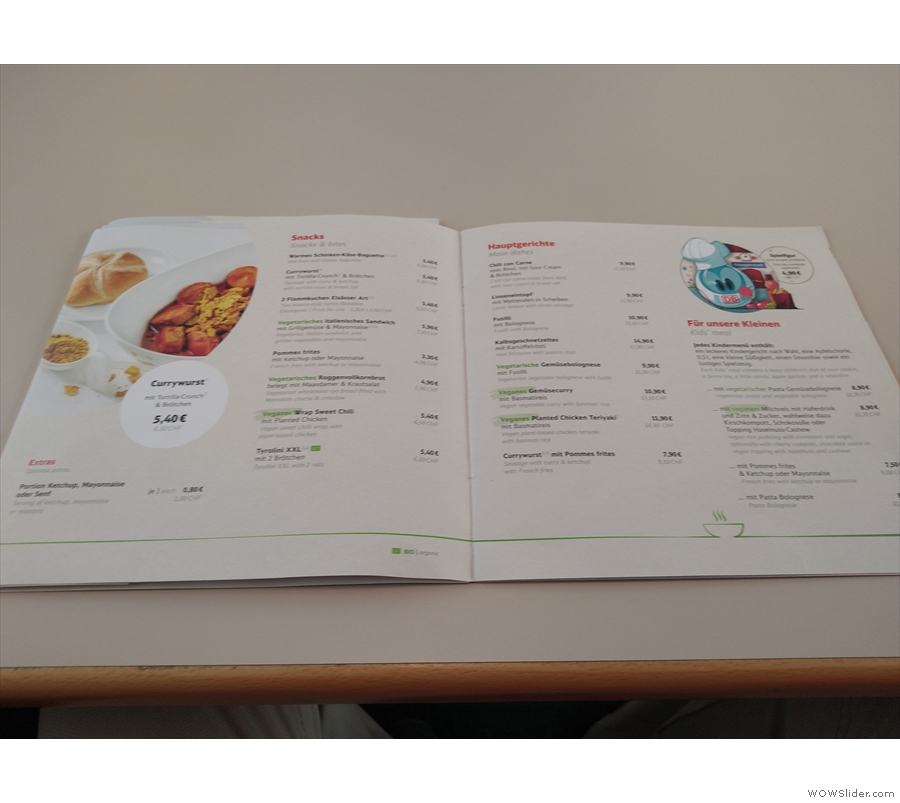
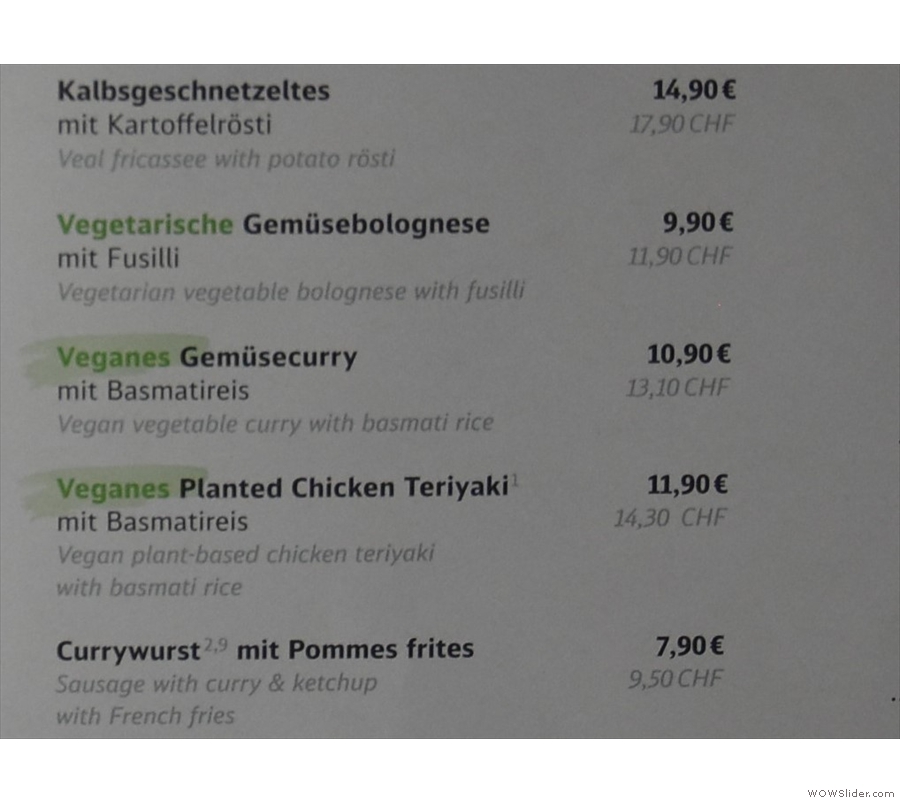

 1
1 2
2 3
3 4
4 5
5 6
6 7
7 8
8 9
9 10
10 11
11 12
12 13
13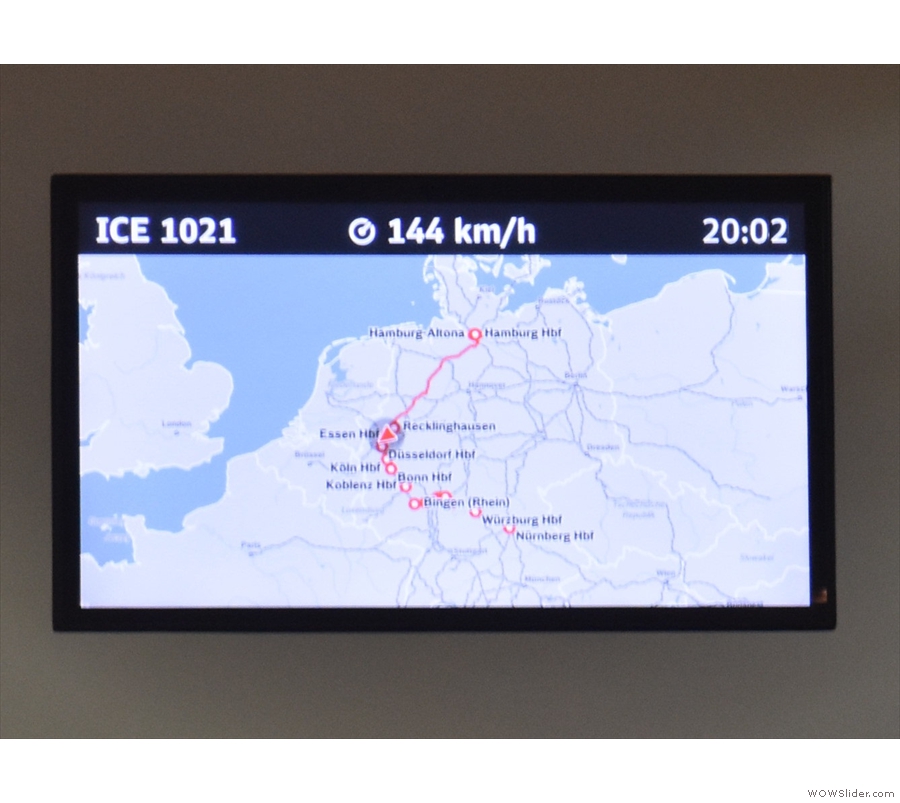
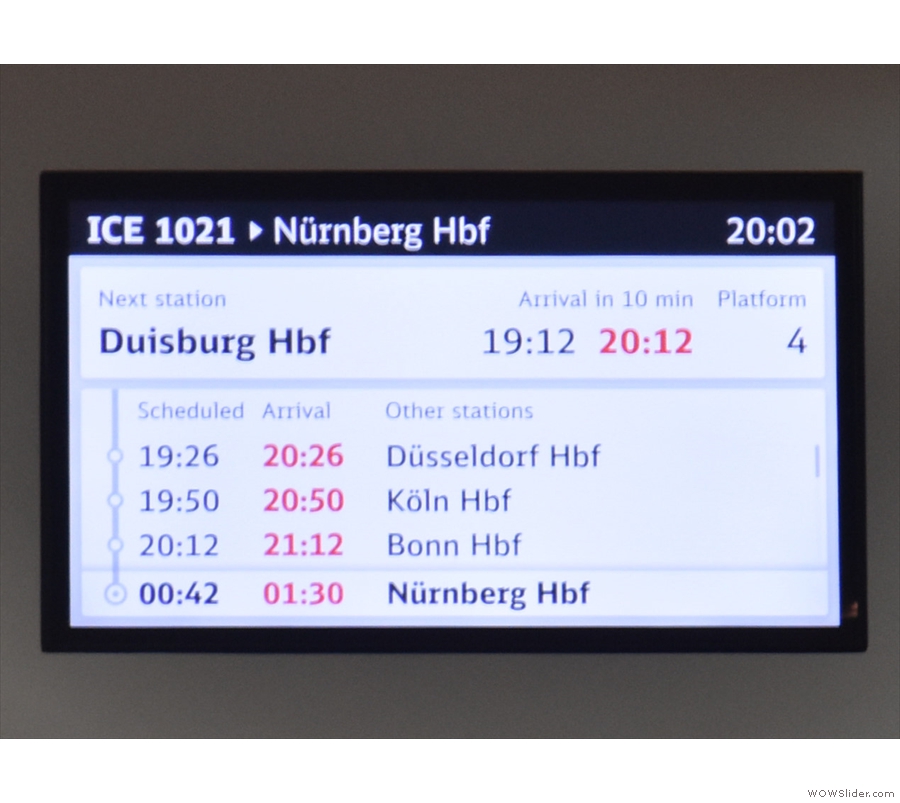
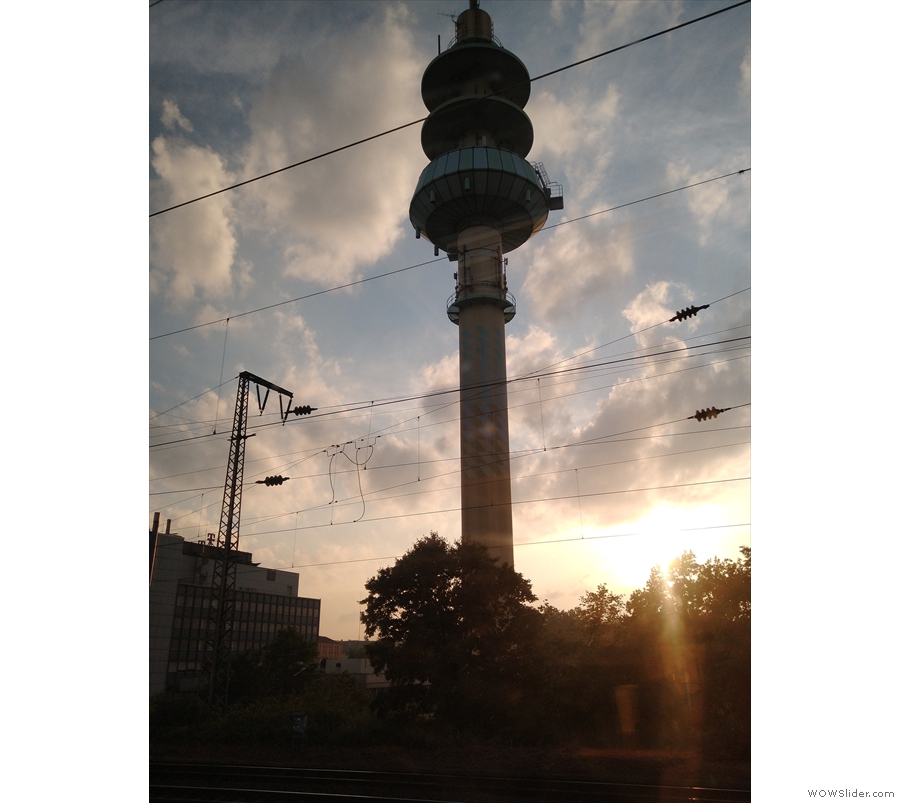
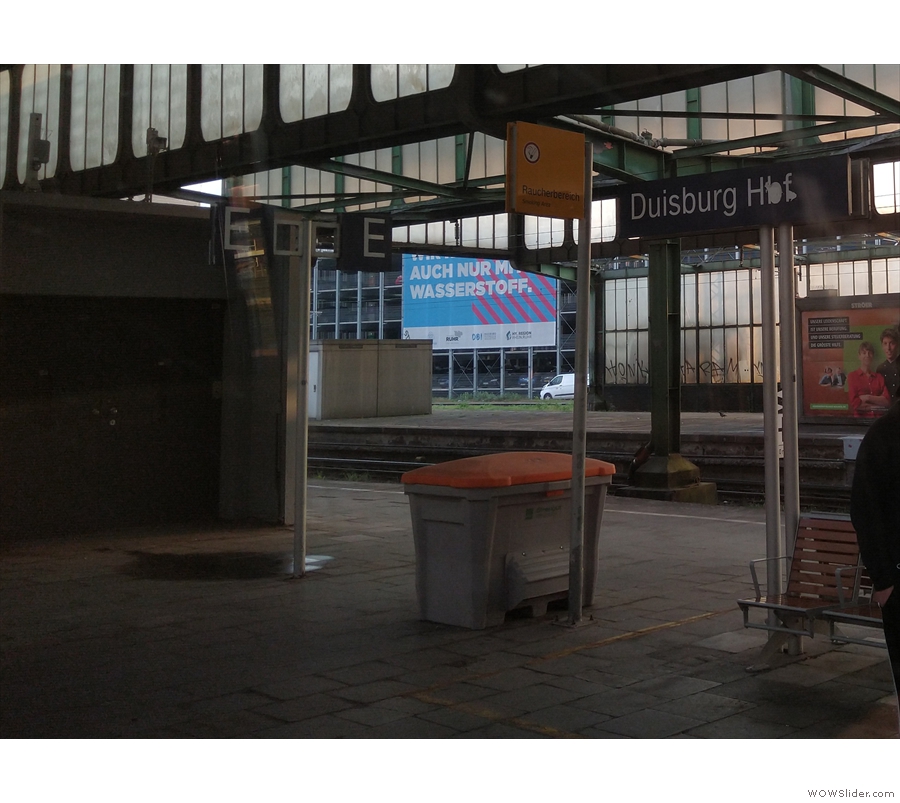
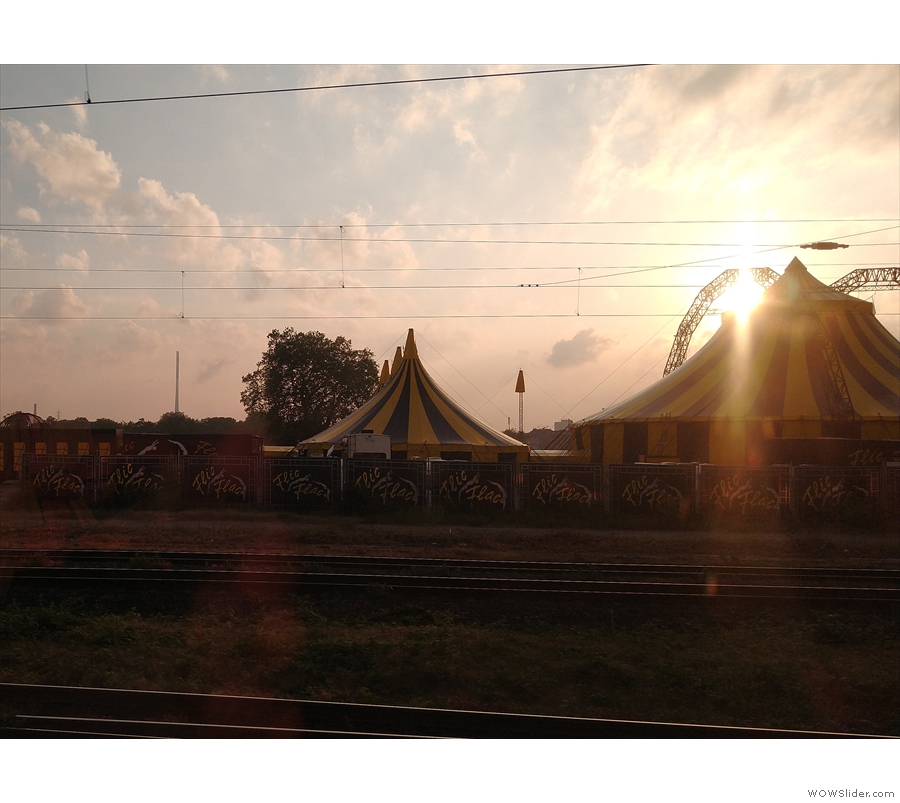
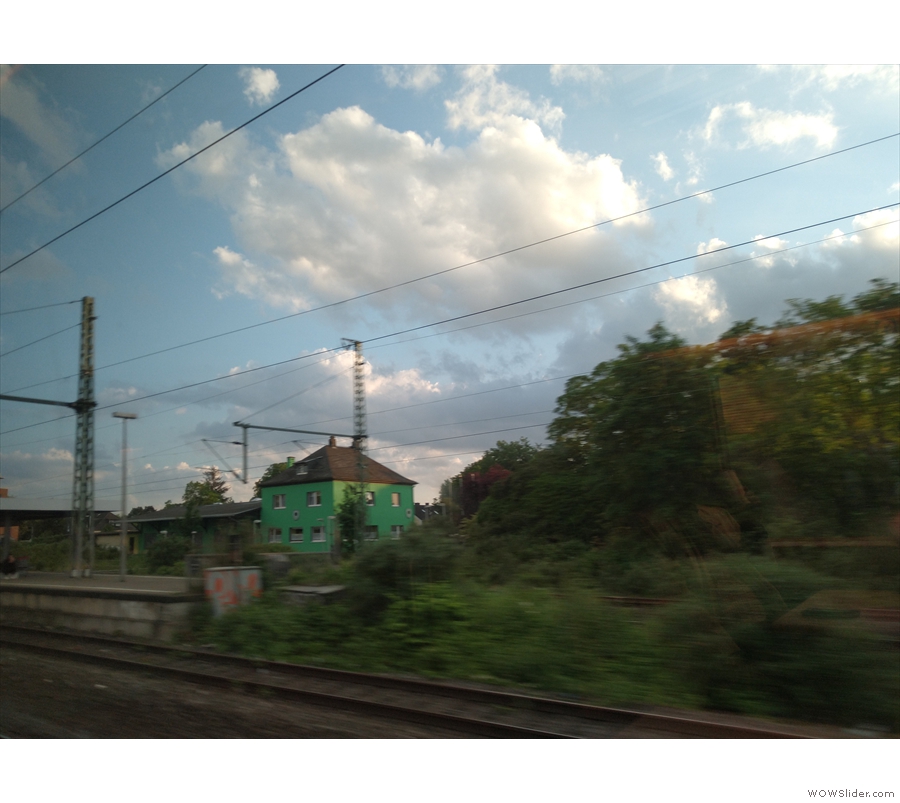
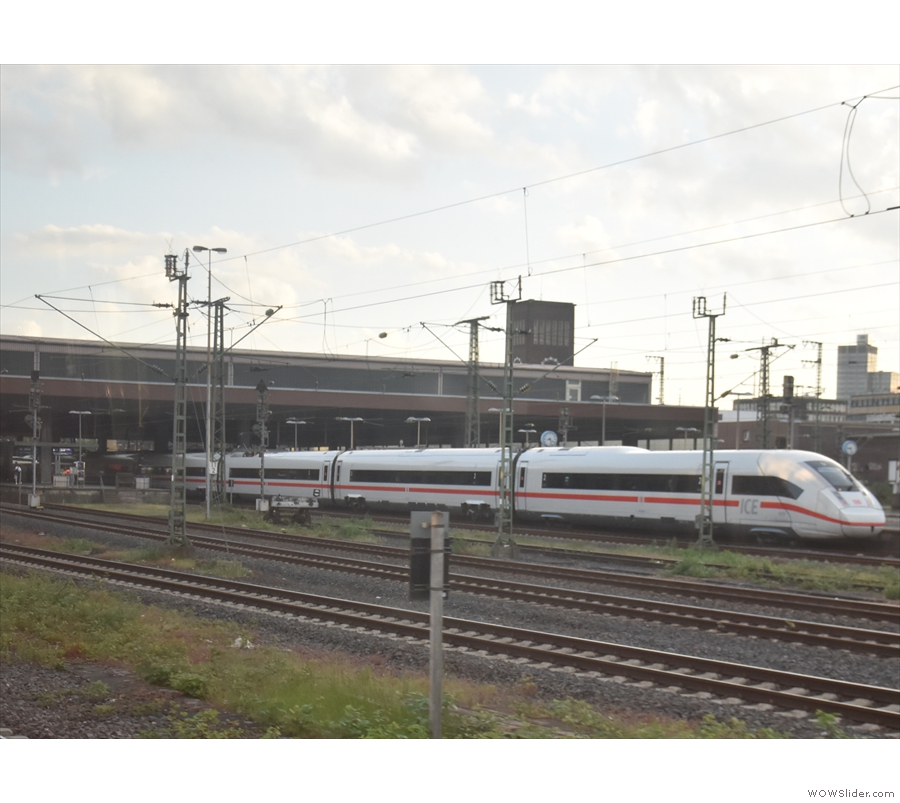
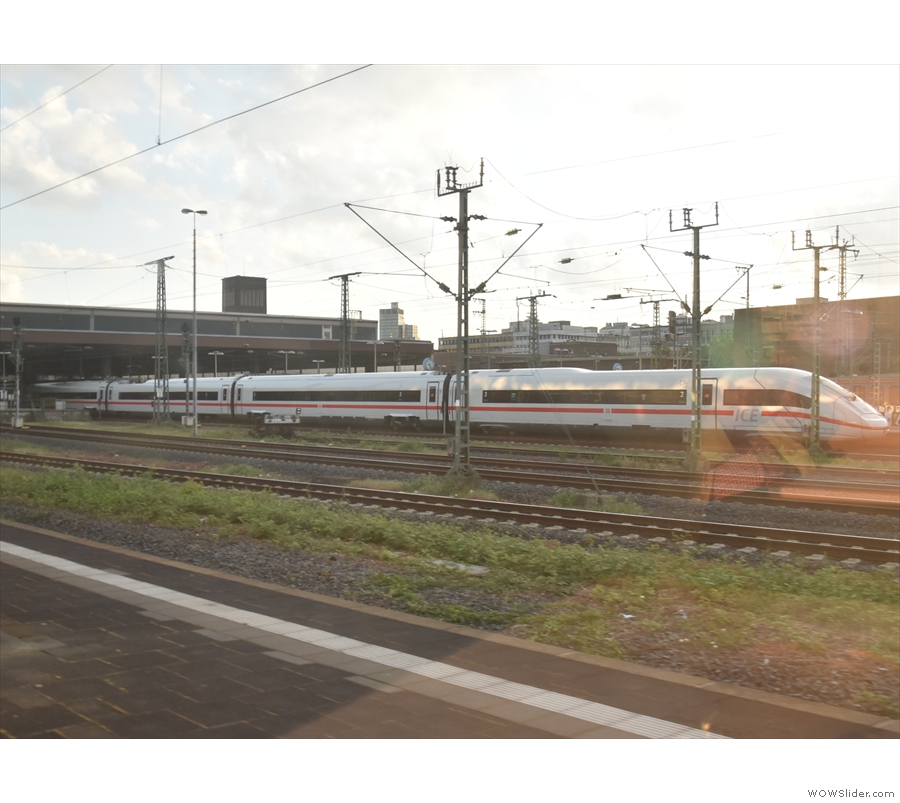
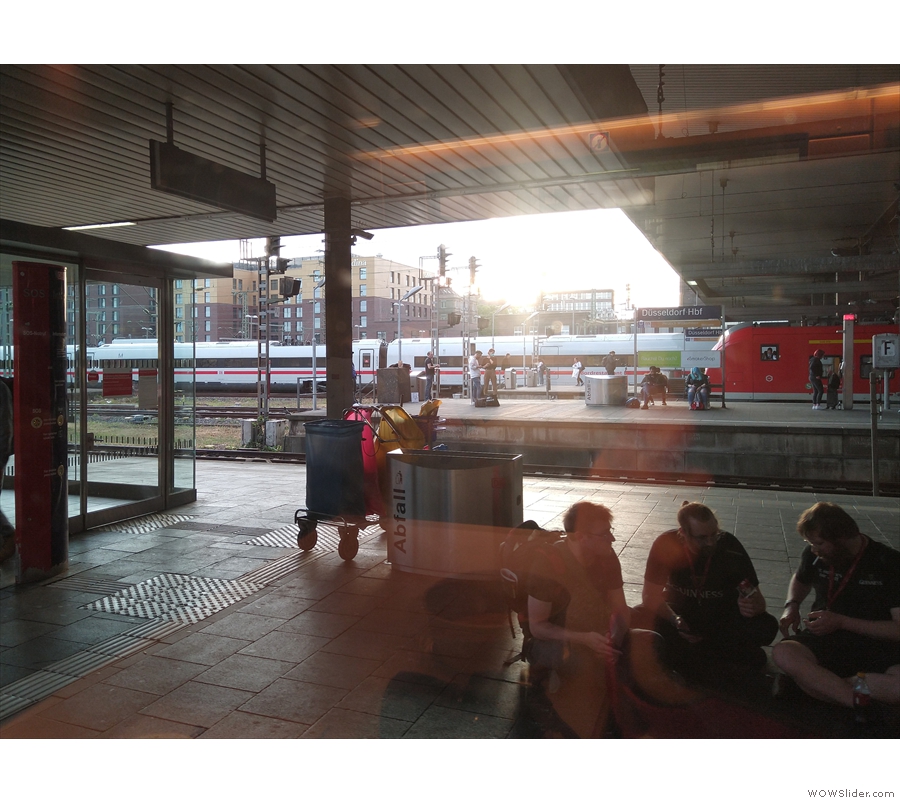
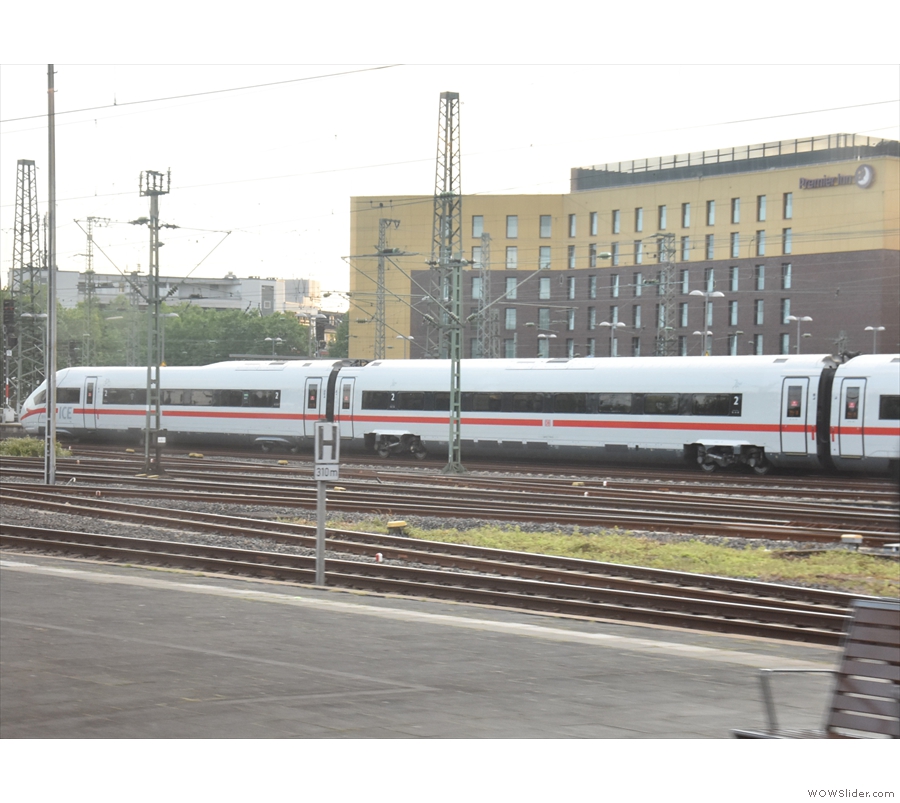
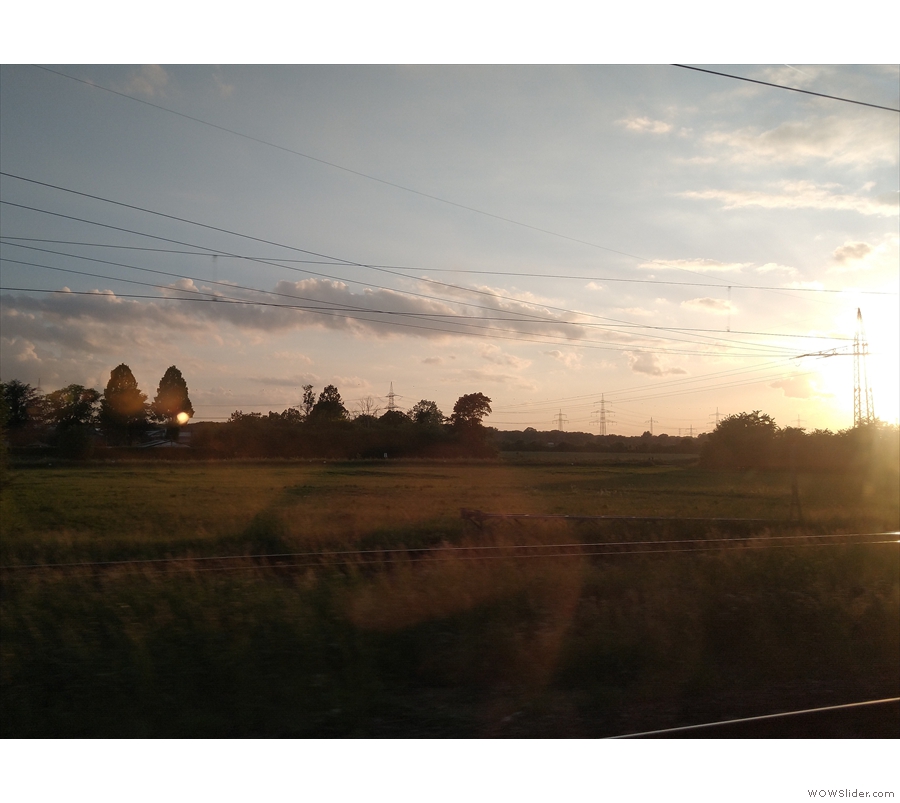
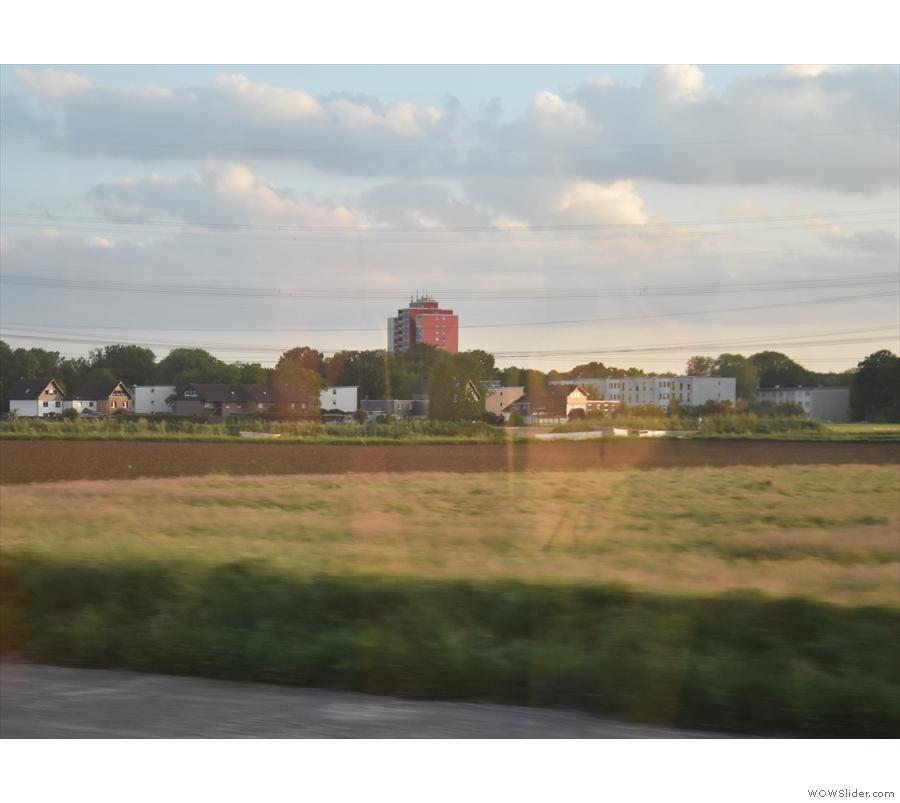
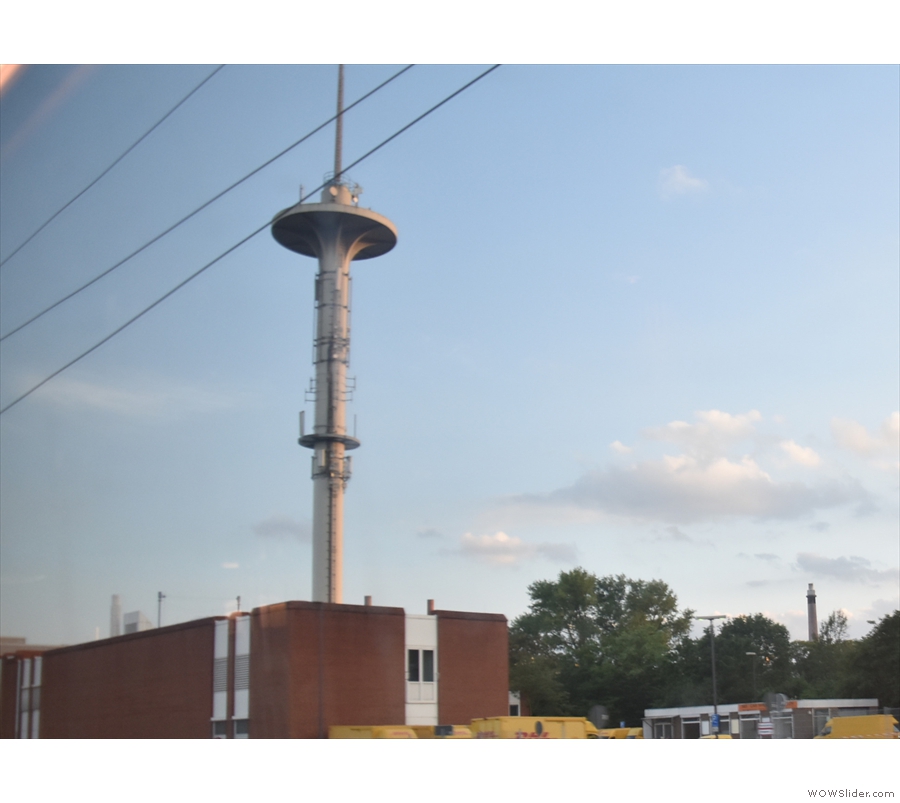
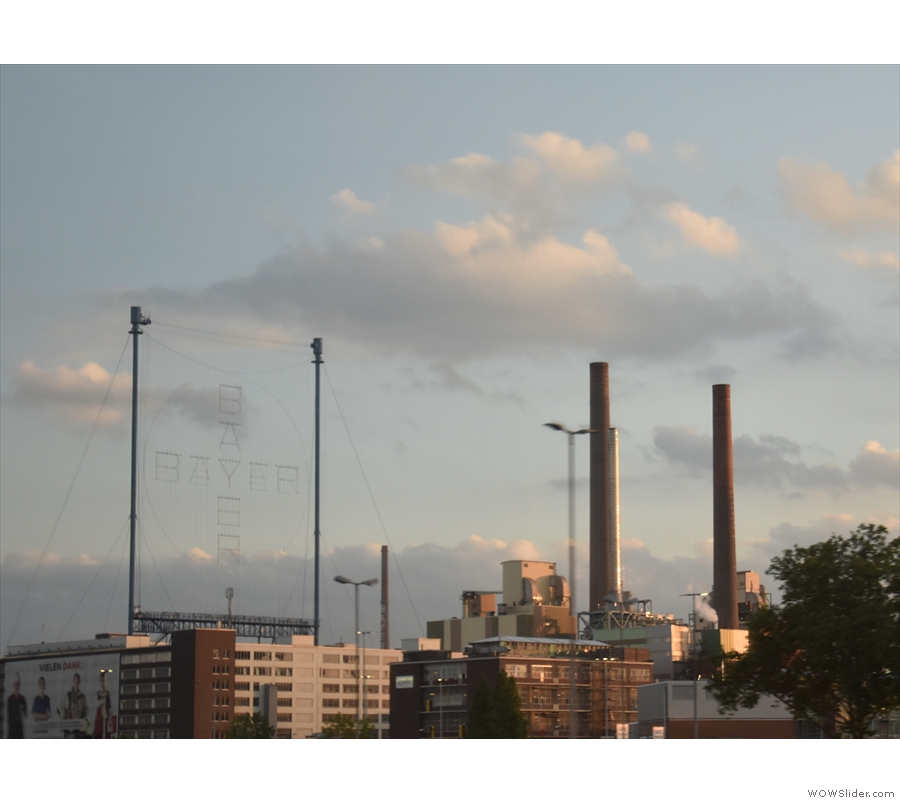
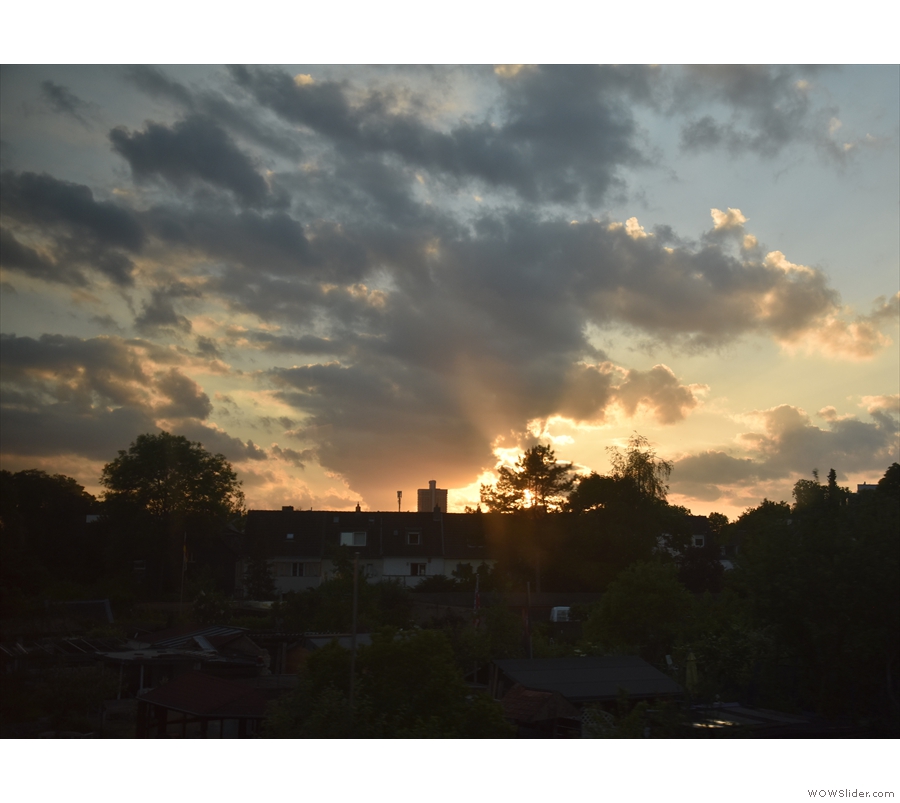
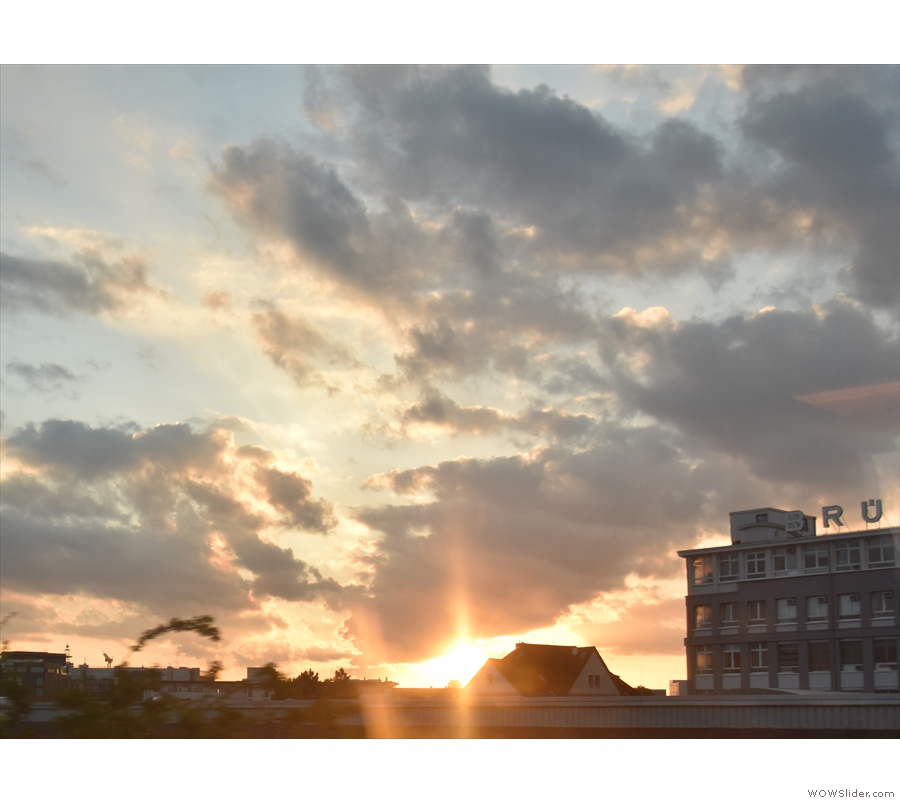
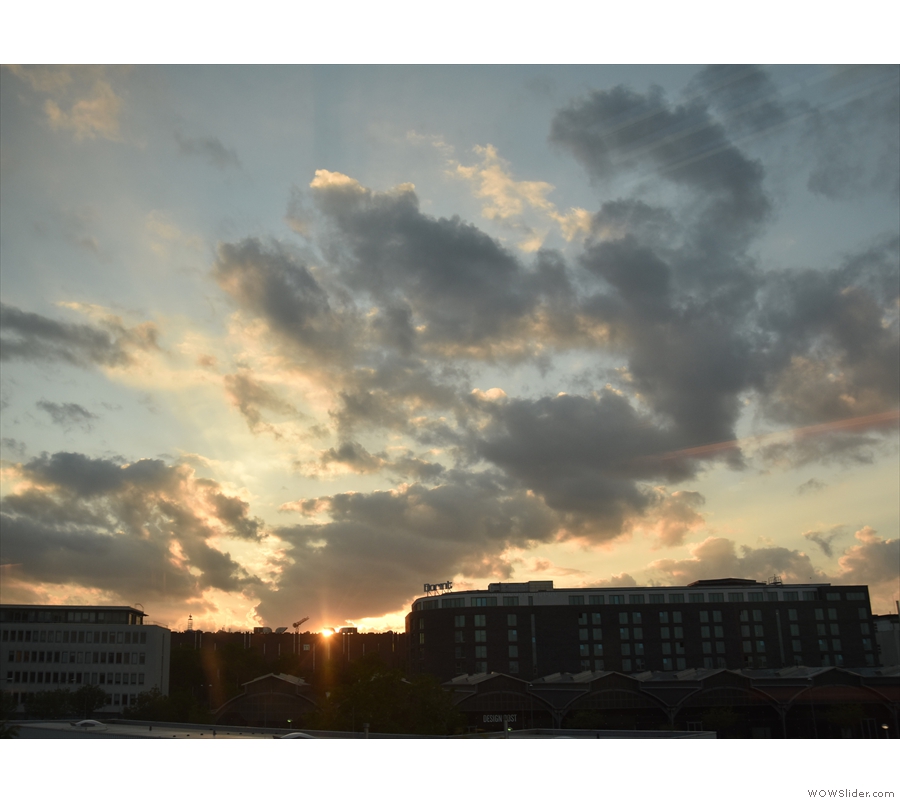
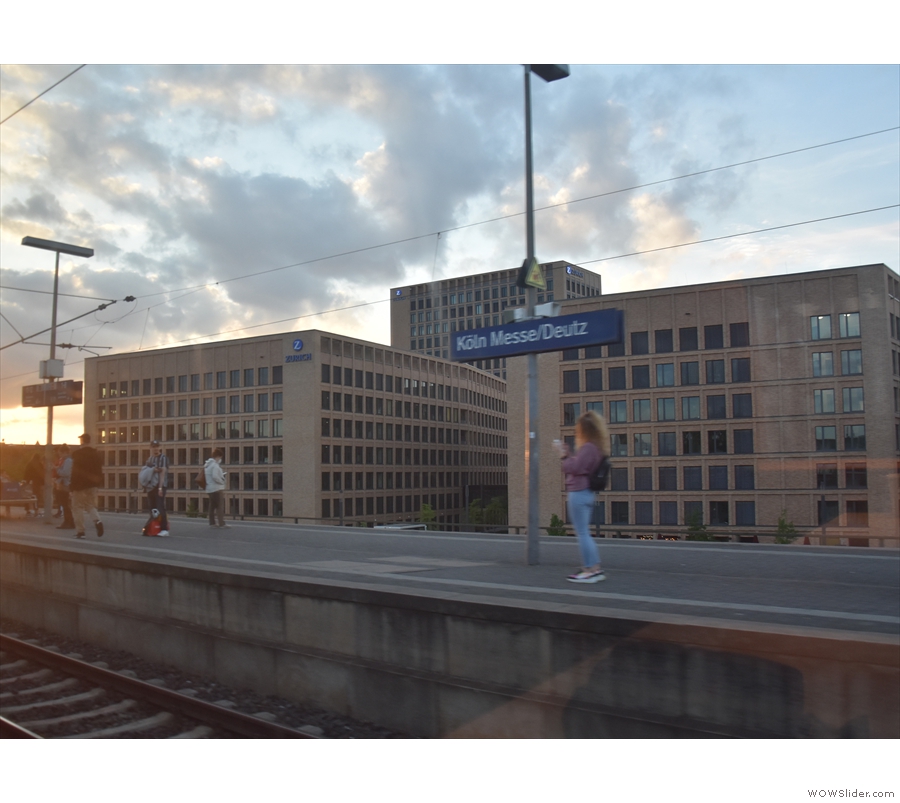
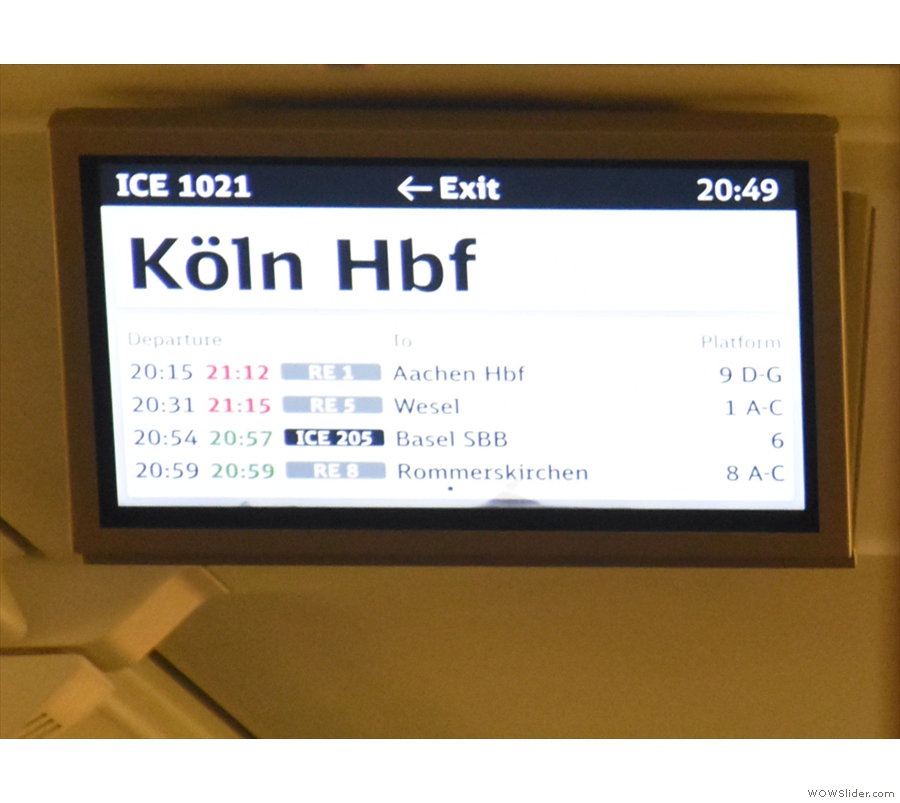
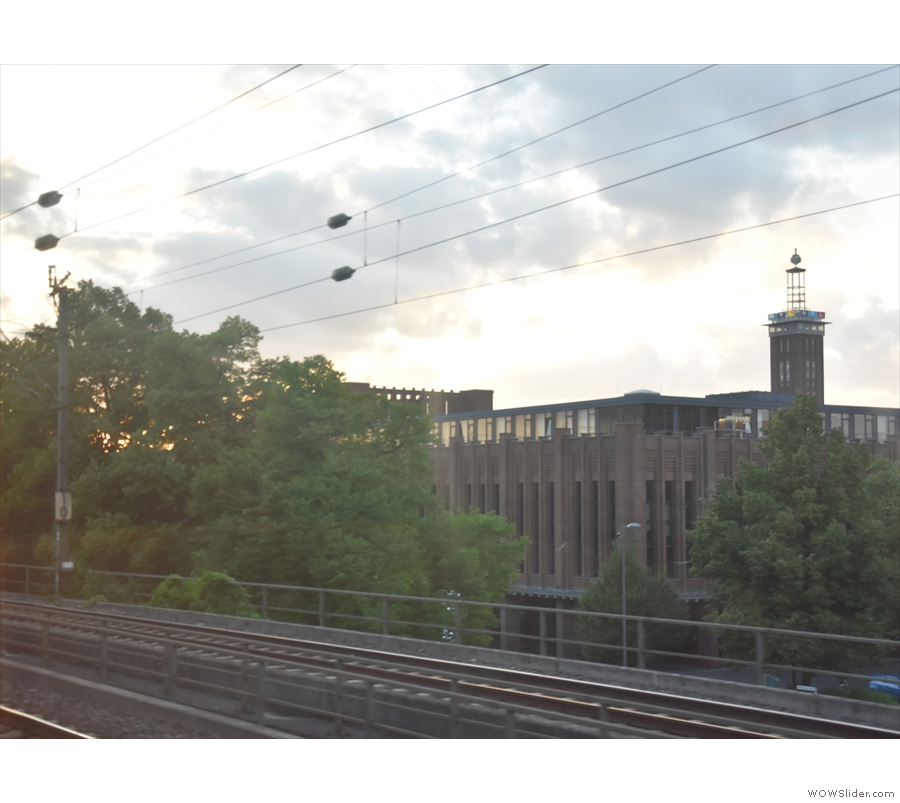
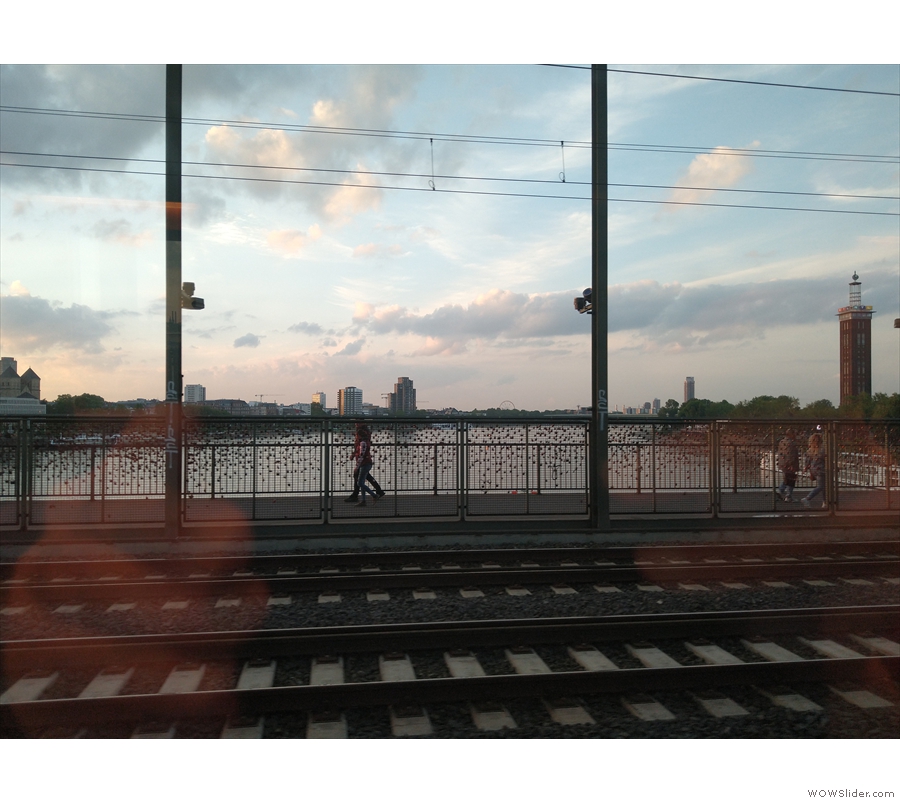
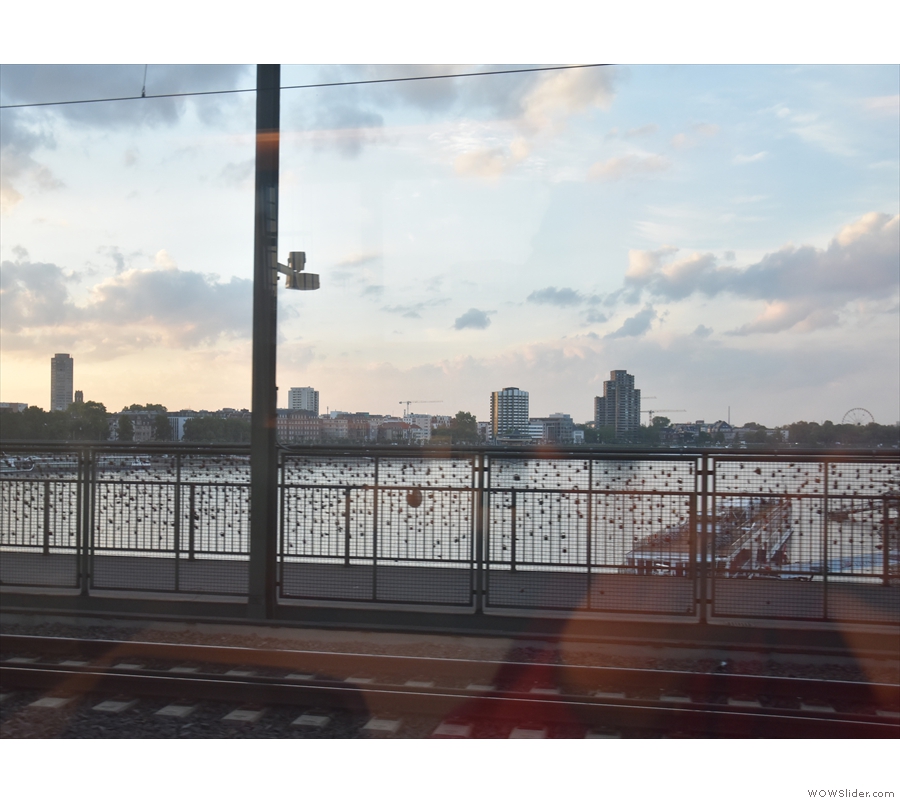
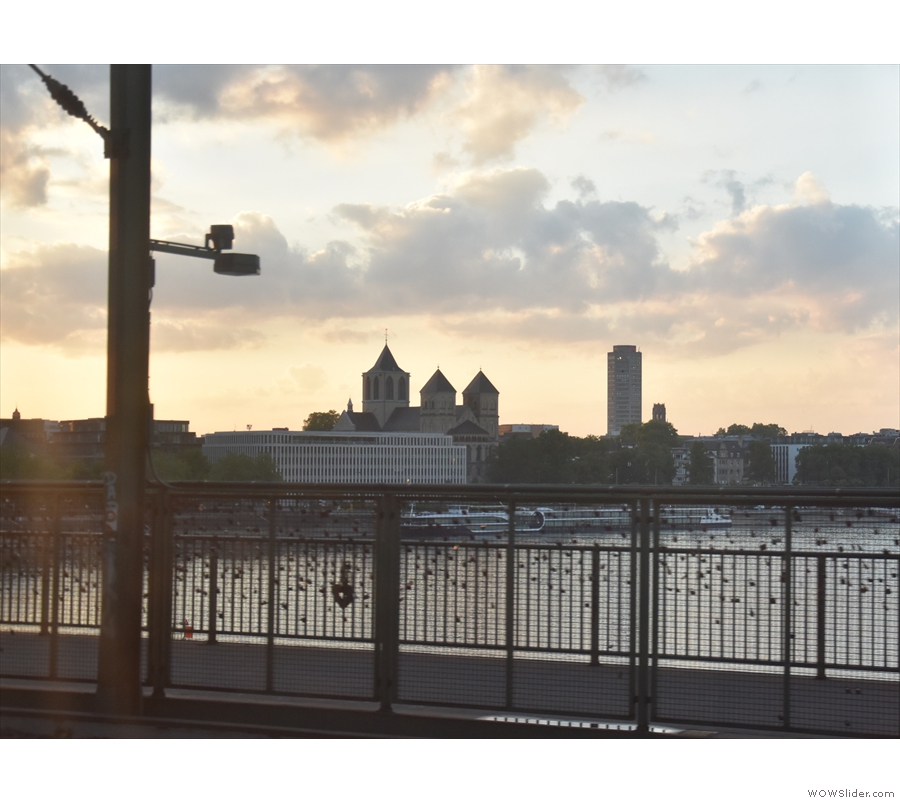
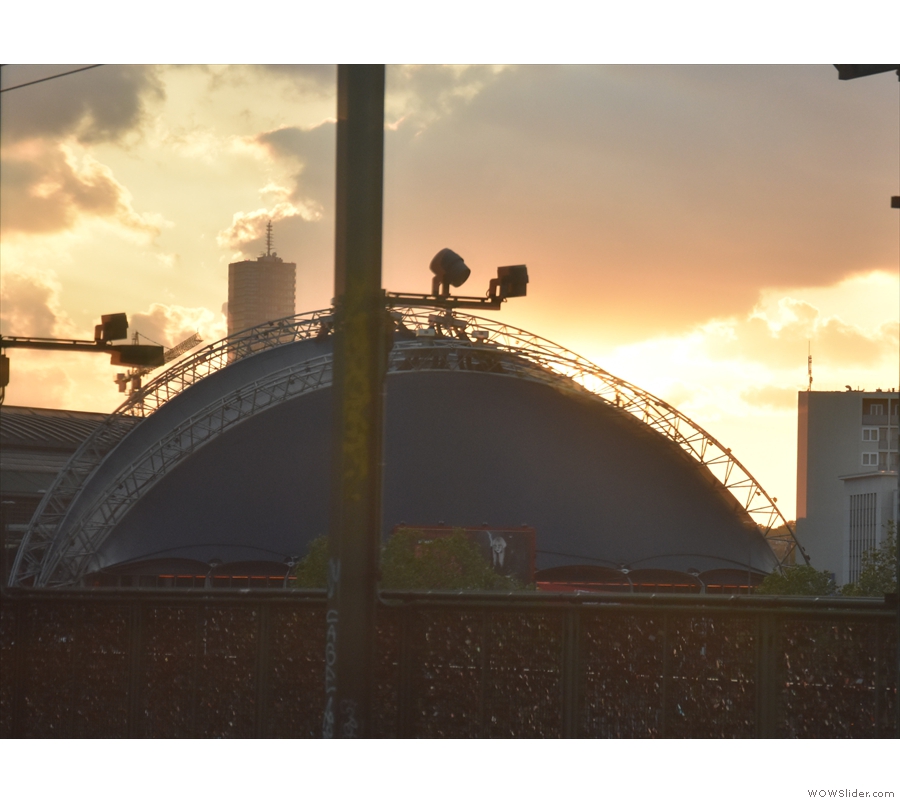
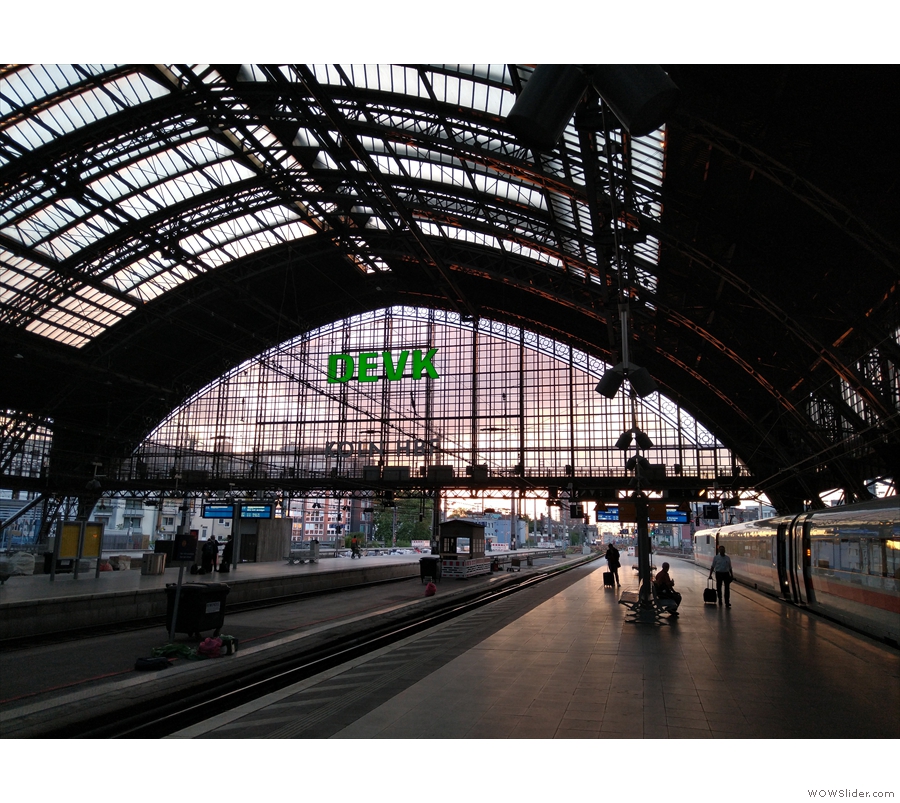
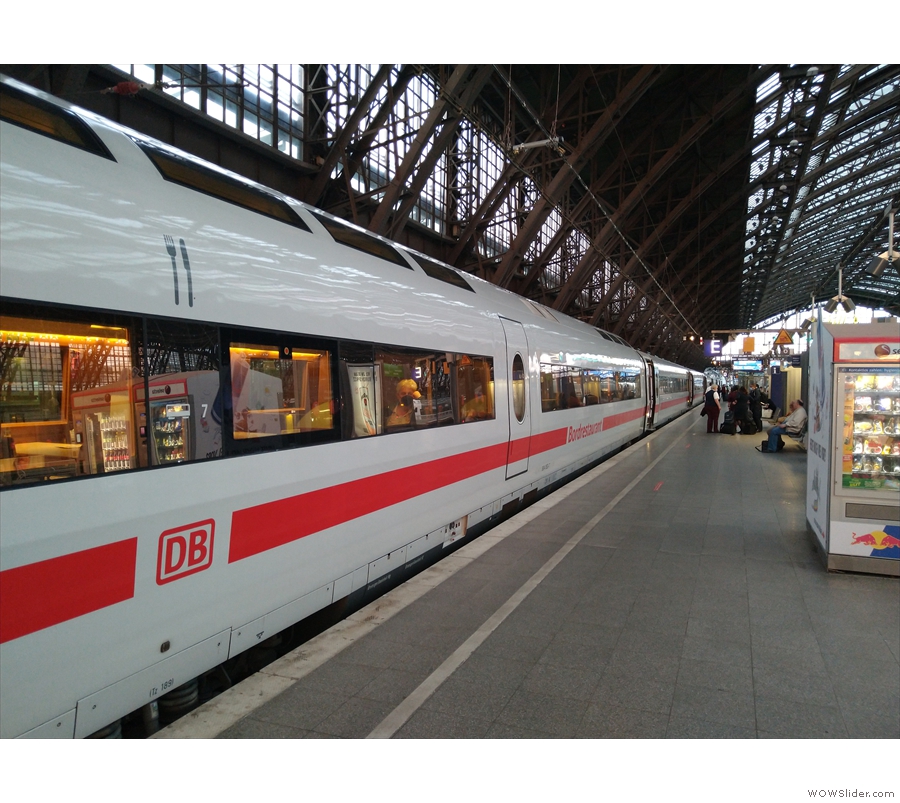
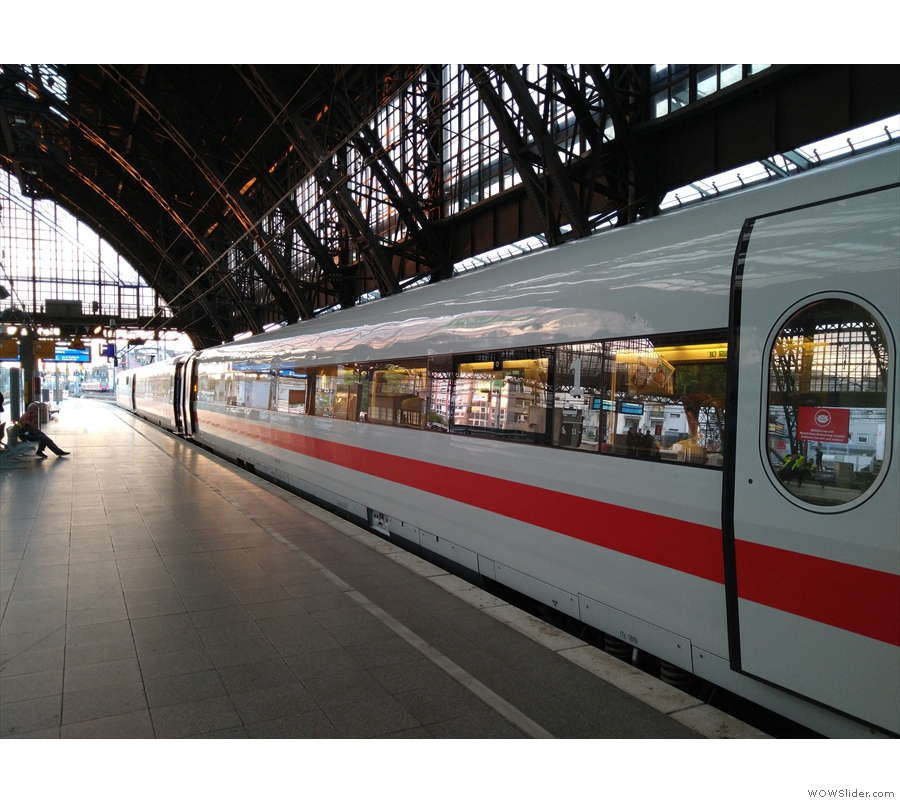
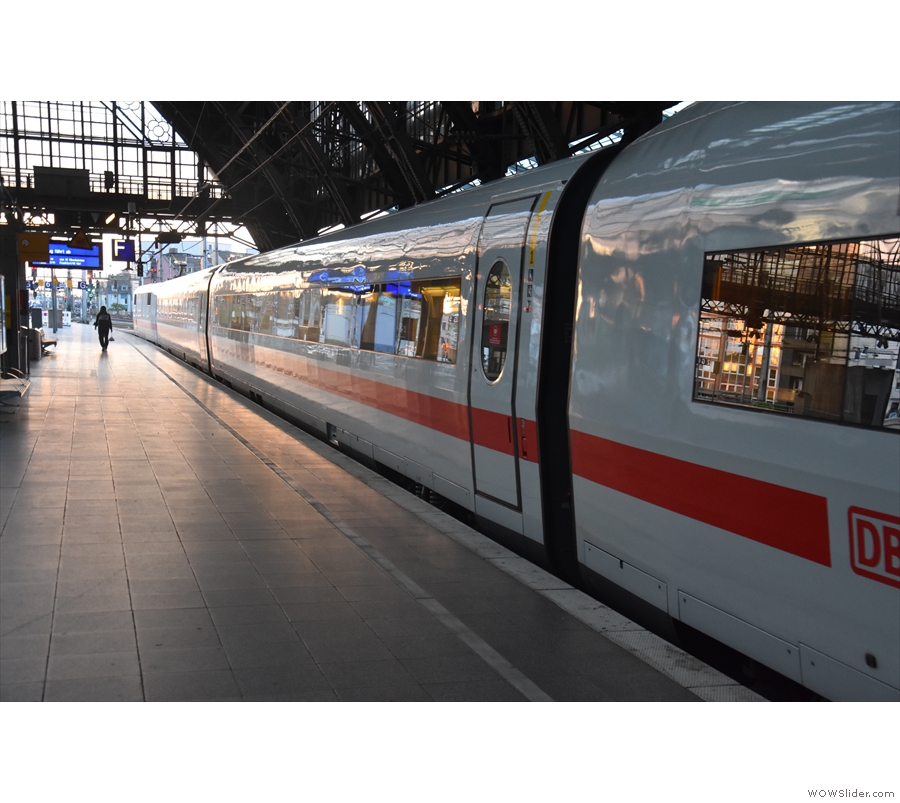
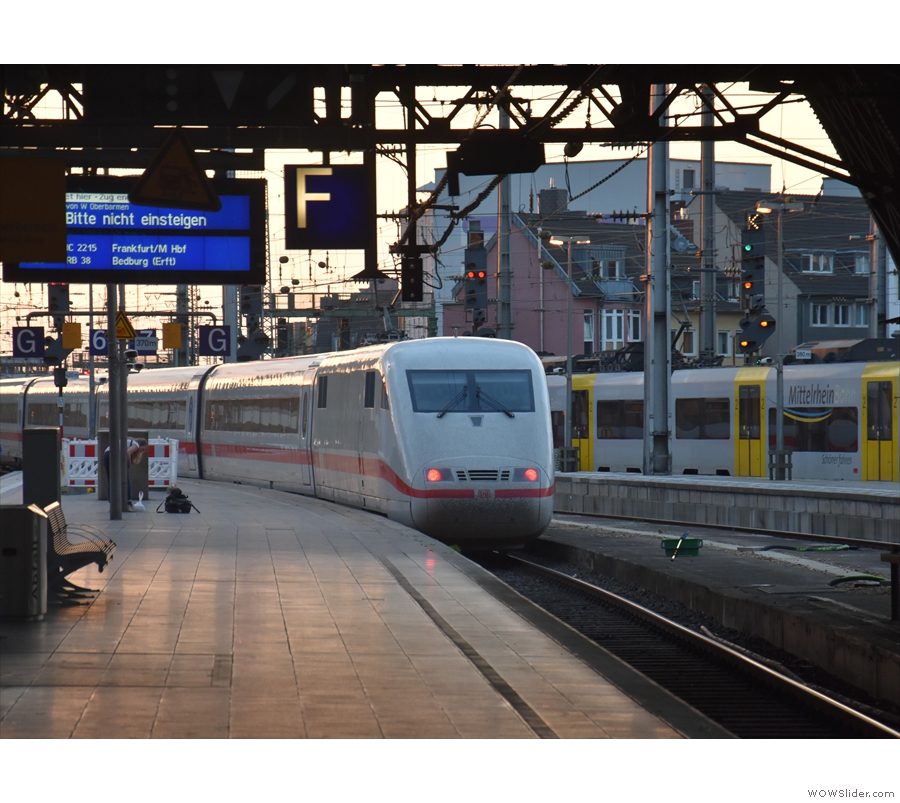
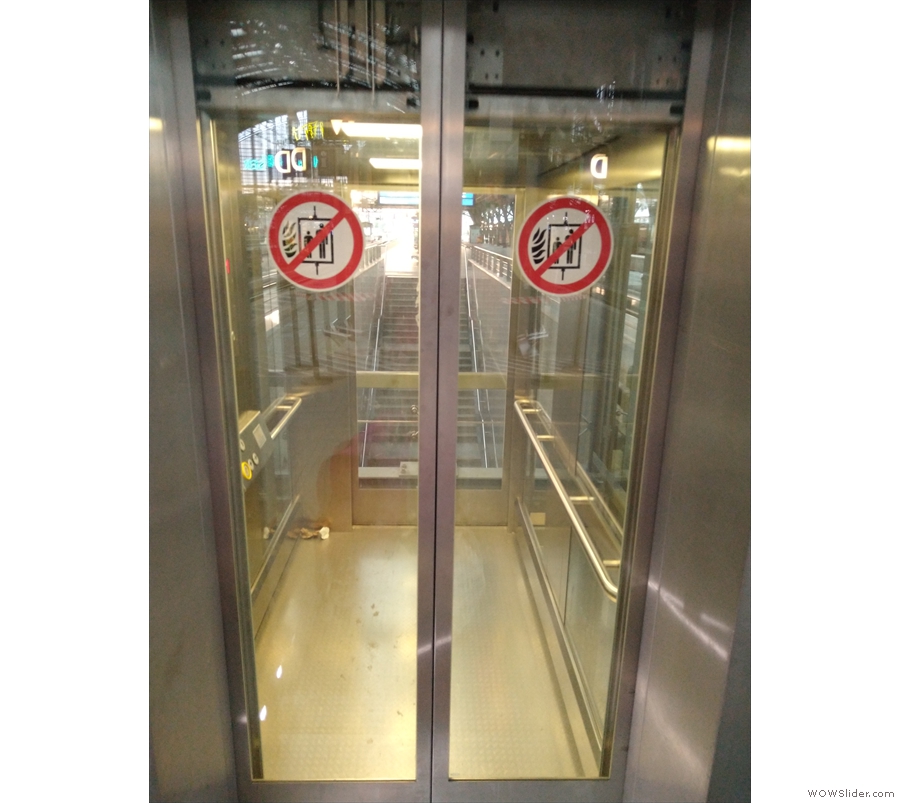
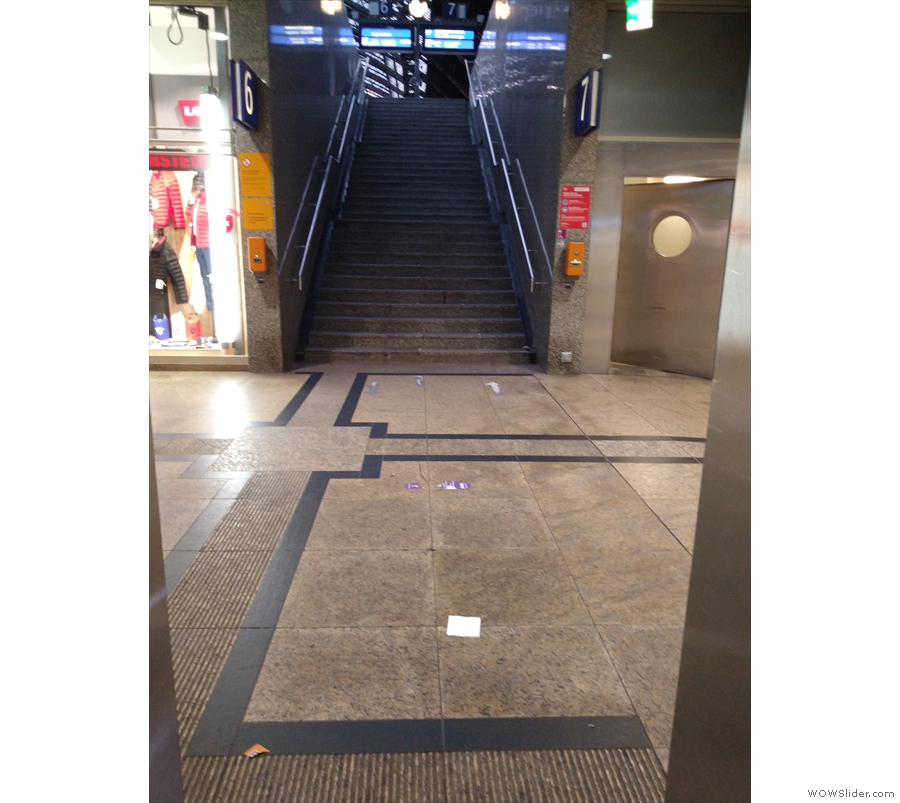
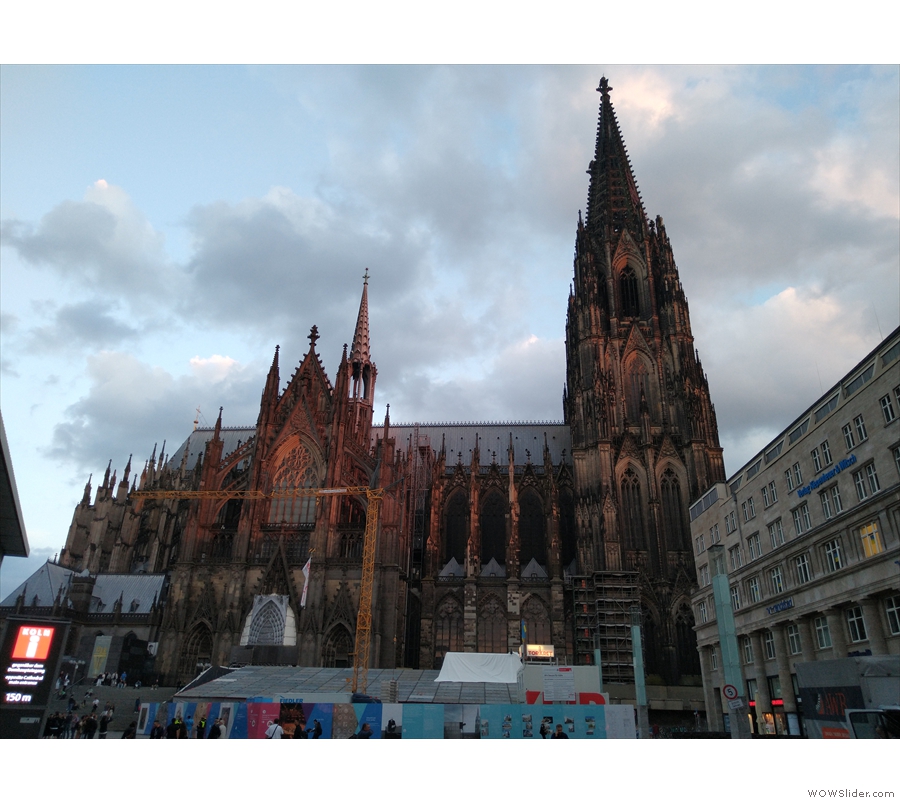
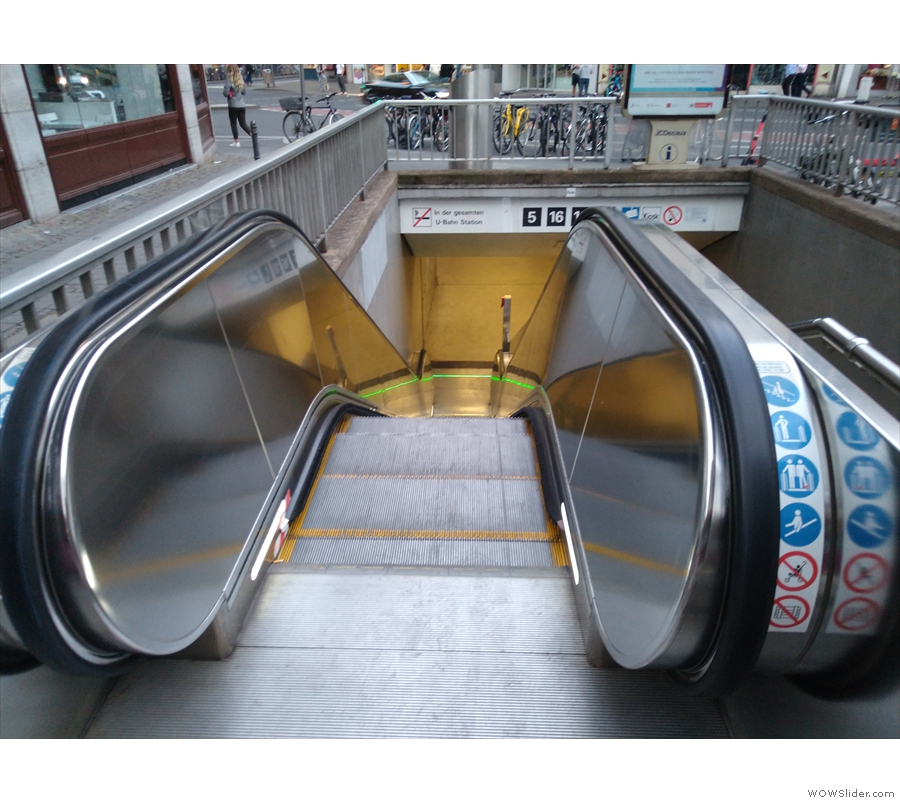
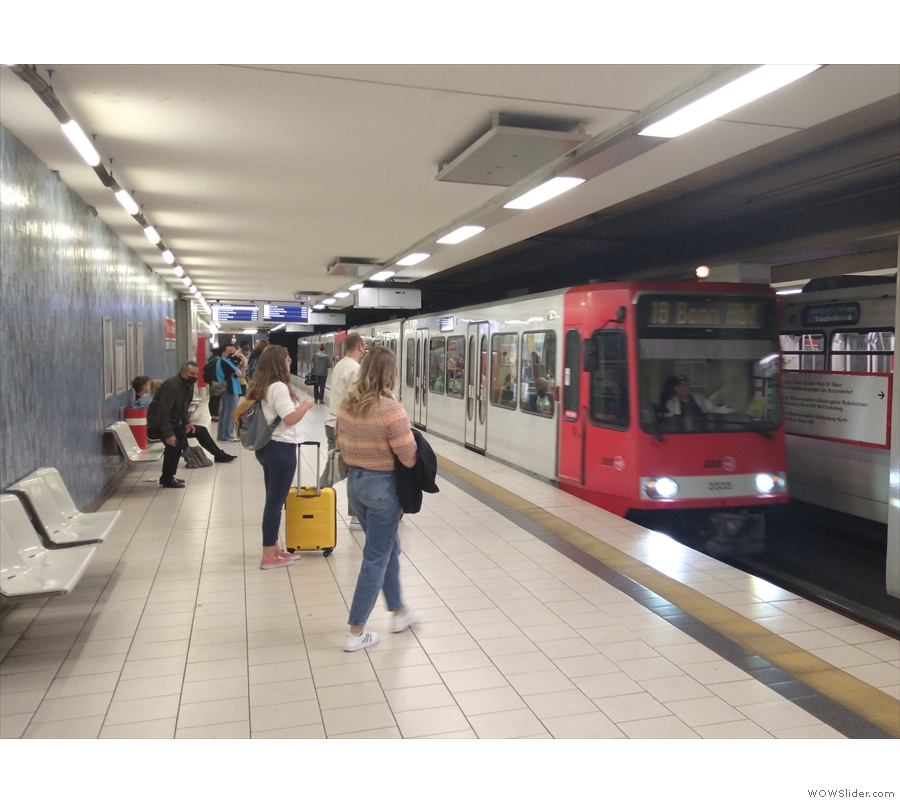
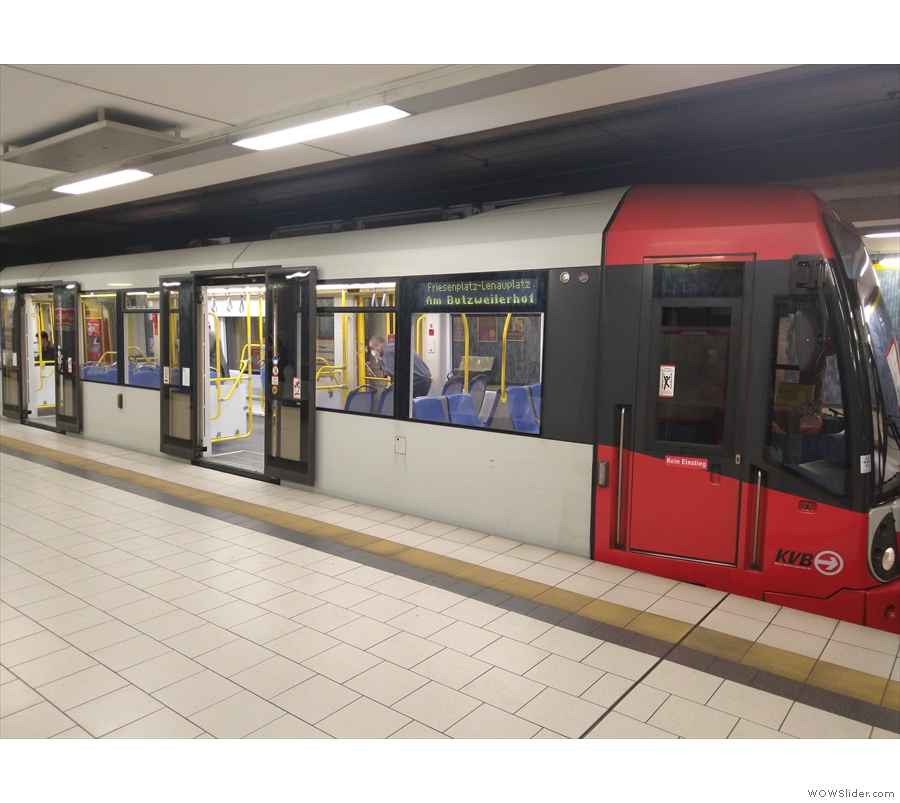
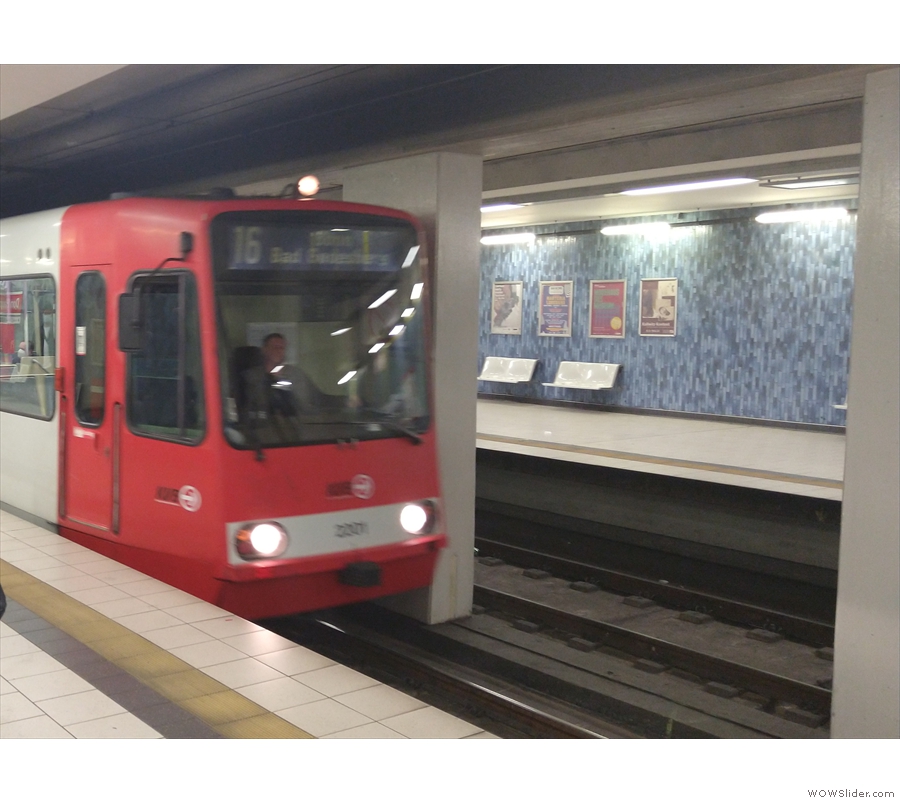
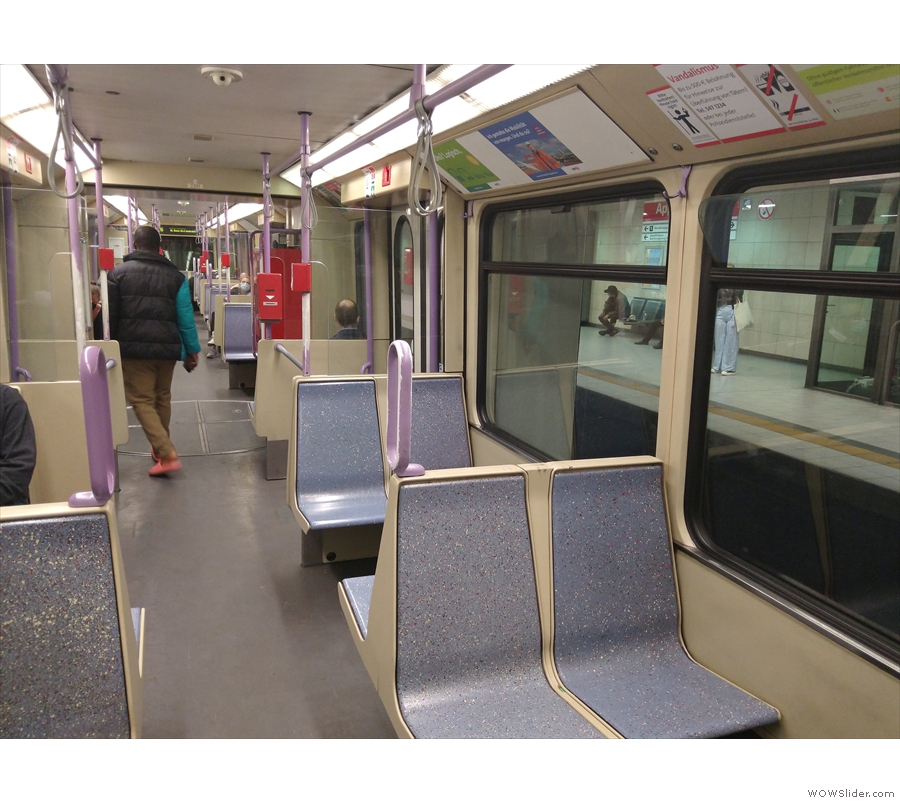
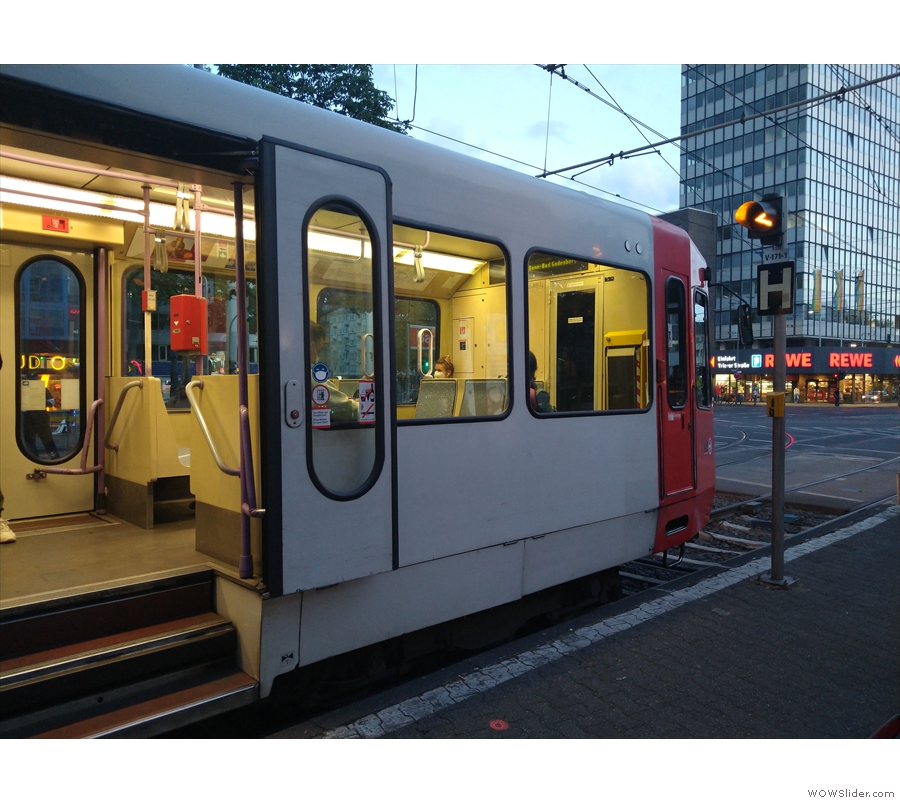
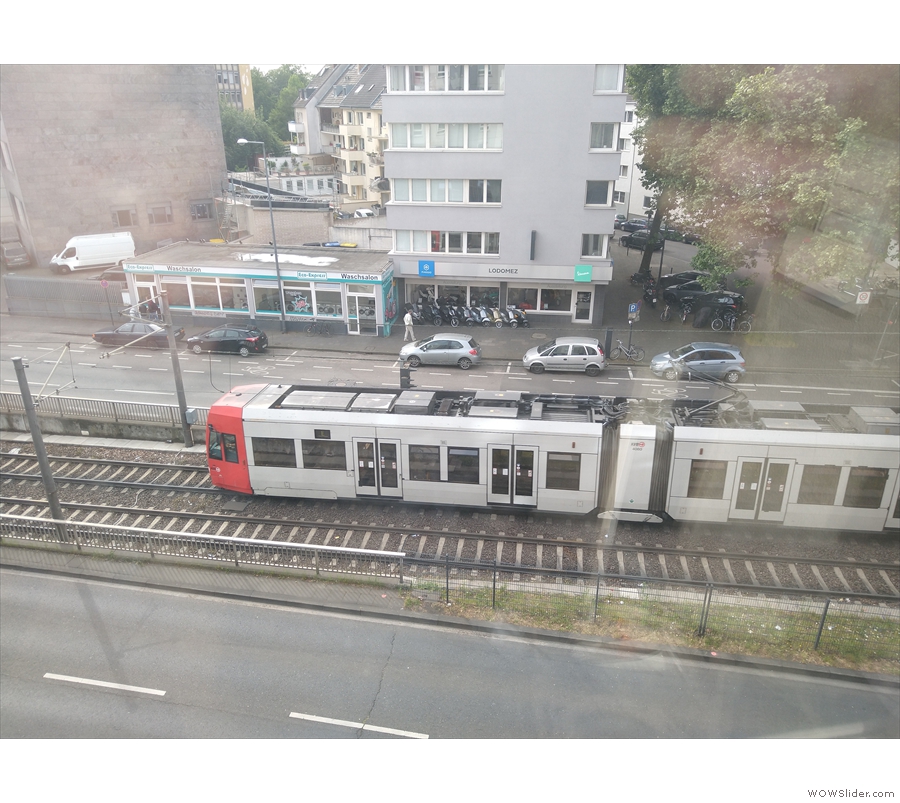
 1
1 2
2 3
3 4
4 5
5 6
6 7
7 8
8 9
9 10
10 11
11 12
12 13
13 14
14 15
15 16
16 17
17 18
18 19
19 20
20 21
21 22
22 23
23 24
24 25
25 26
26 27
27 28
28 29
29 30
30 31
31 32
32 33
33 34
34 35
35 36
36 37
37 38
38 39
39
Pingback: Father Carpenter | Brian's Coffee Spot
Pingback: Ben Rahim, Berlin | Brian's Coffee Spot
Pingback: Brian’s Travel Spot: UK to Berlin by Train, Part IV – ICE to Berlin | Brian's Coffee Spot
Pingback: Blooming Coffee Bar | Brian's Coffee Spot
Pingback: Brian’s Travel Spot: Köln to Mainz by Train along the Rhine | Brian's Coffee Spot
Pingback: Kaffeekommune | Brian's Coffee Spot
Pingback: Brian’s Travel Spot: Köln to Flint in a Day by Train | Brian's Coffee Spot
Pingback: Bonanza Gendarmenmarkt | Brian's Coffee Spot
Pingback: 2022 Awards – Best Breakfast | Brian's Coffee Spot